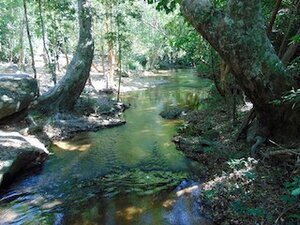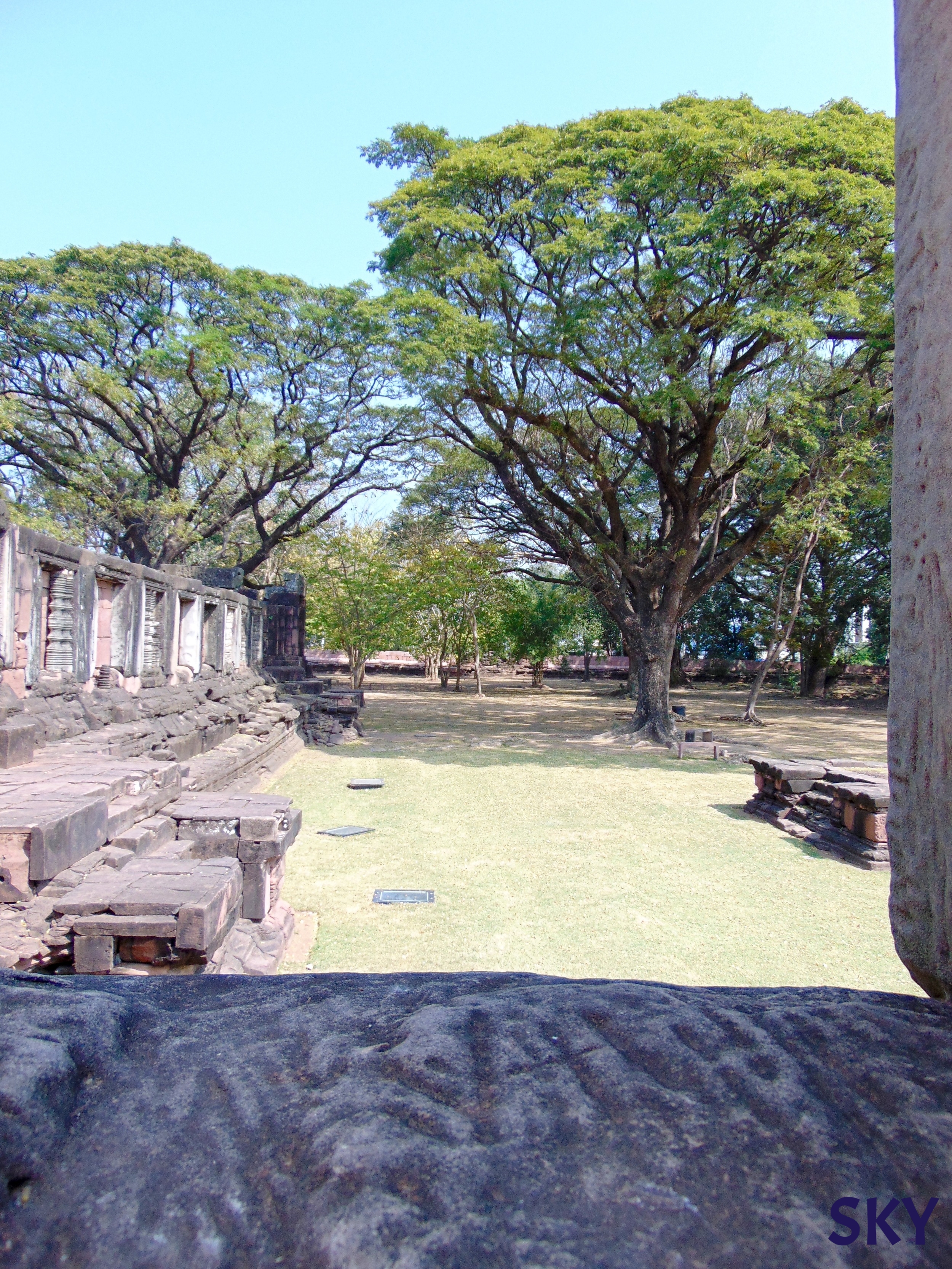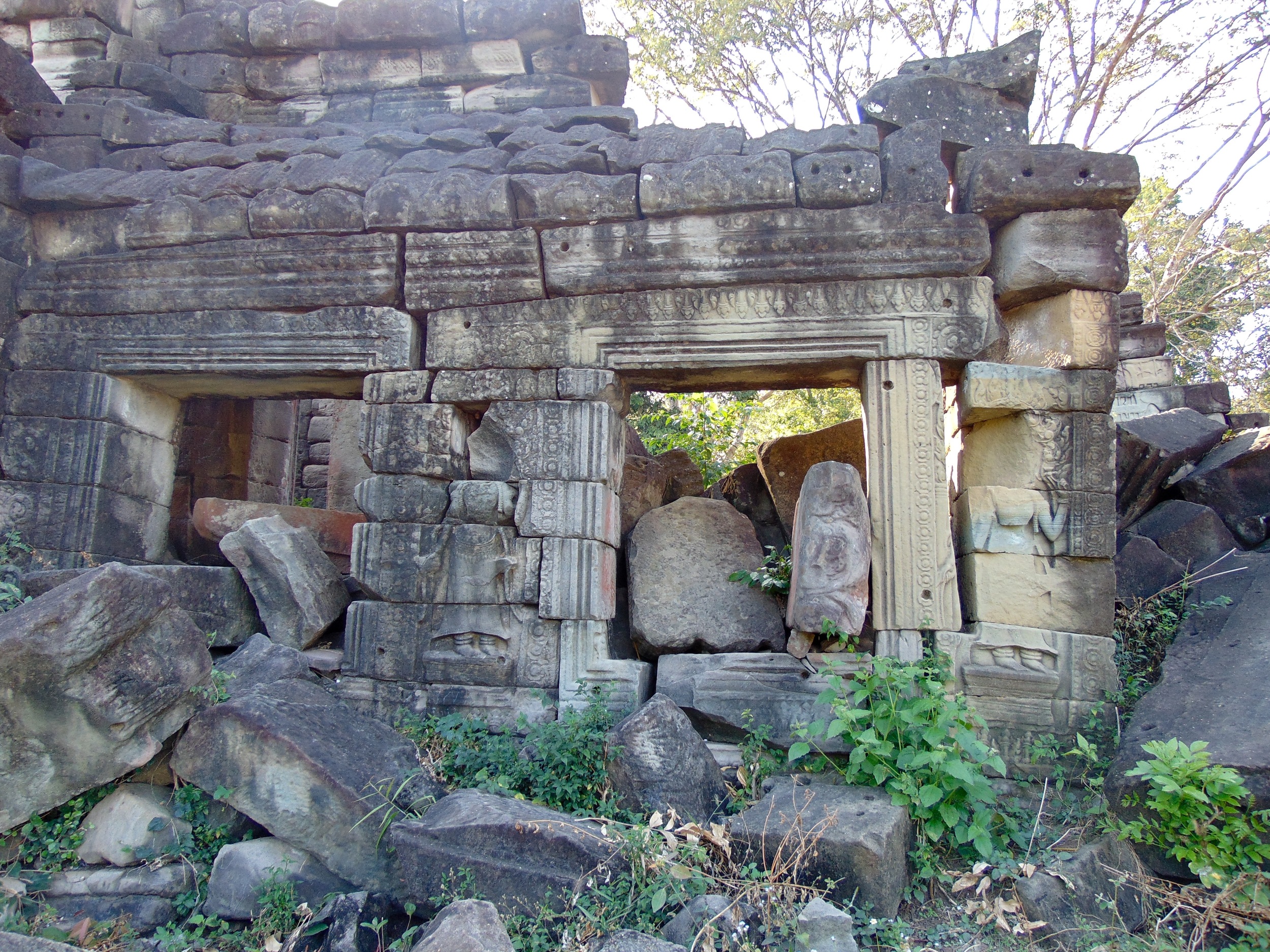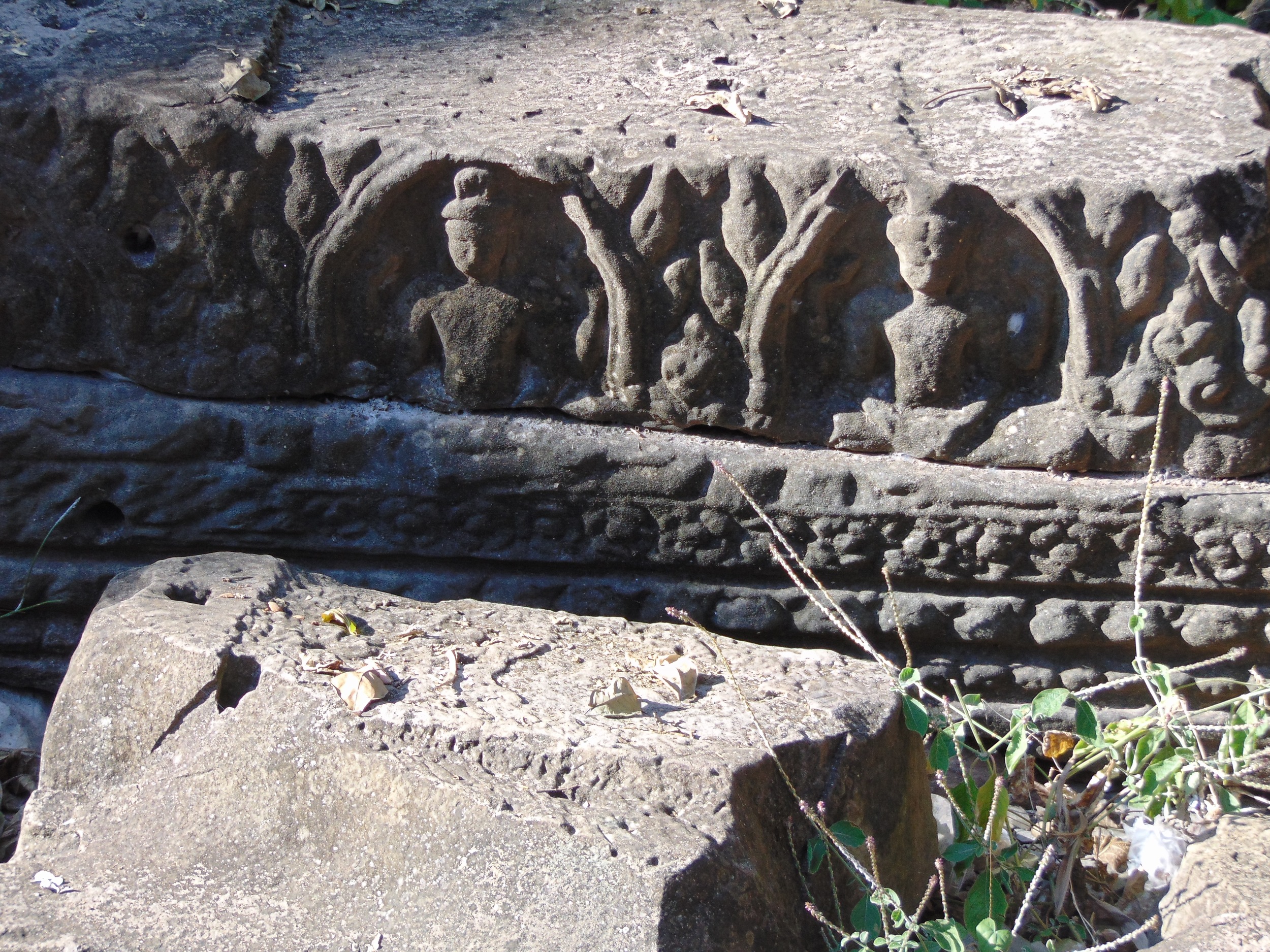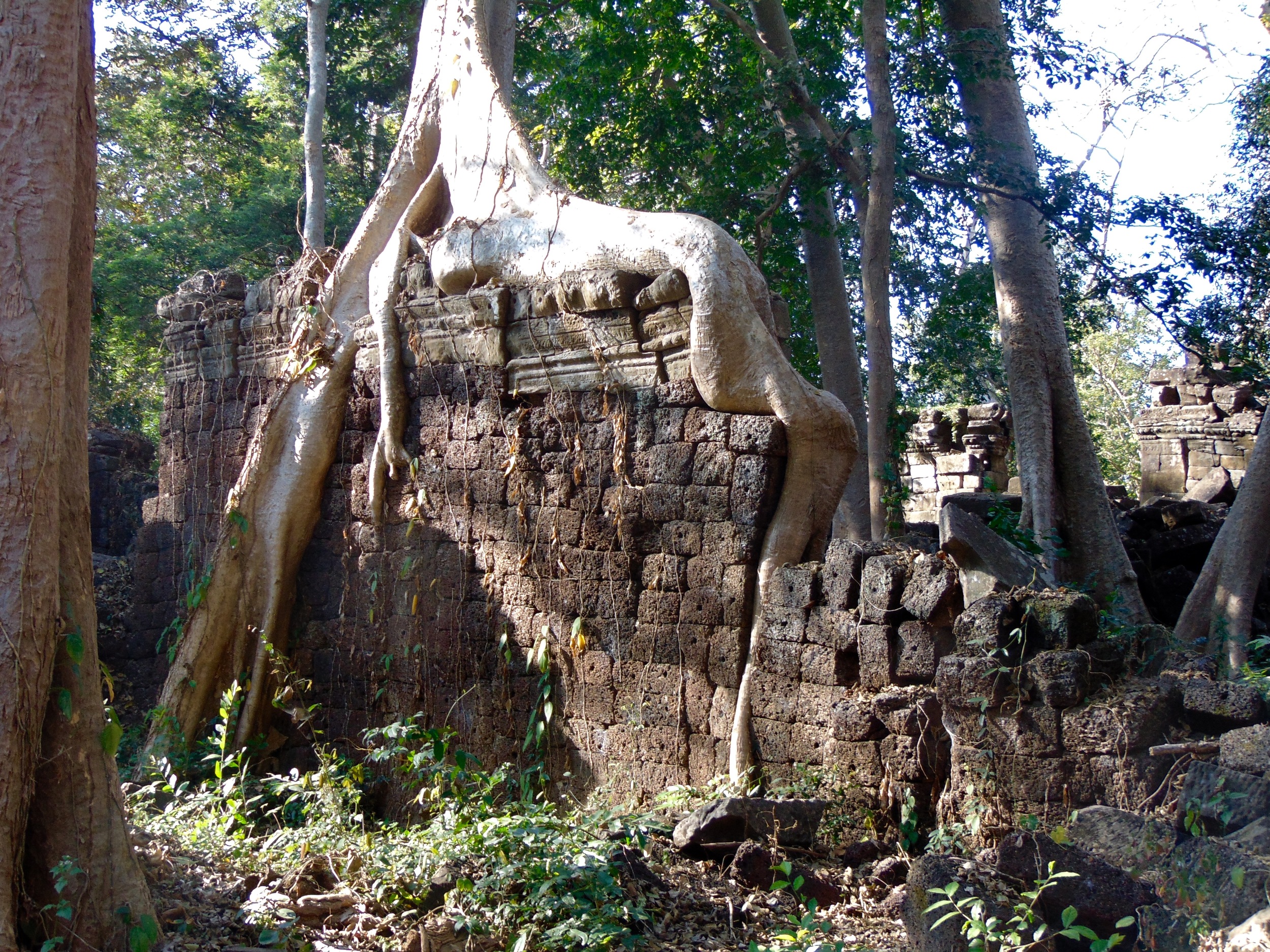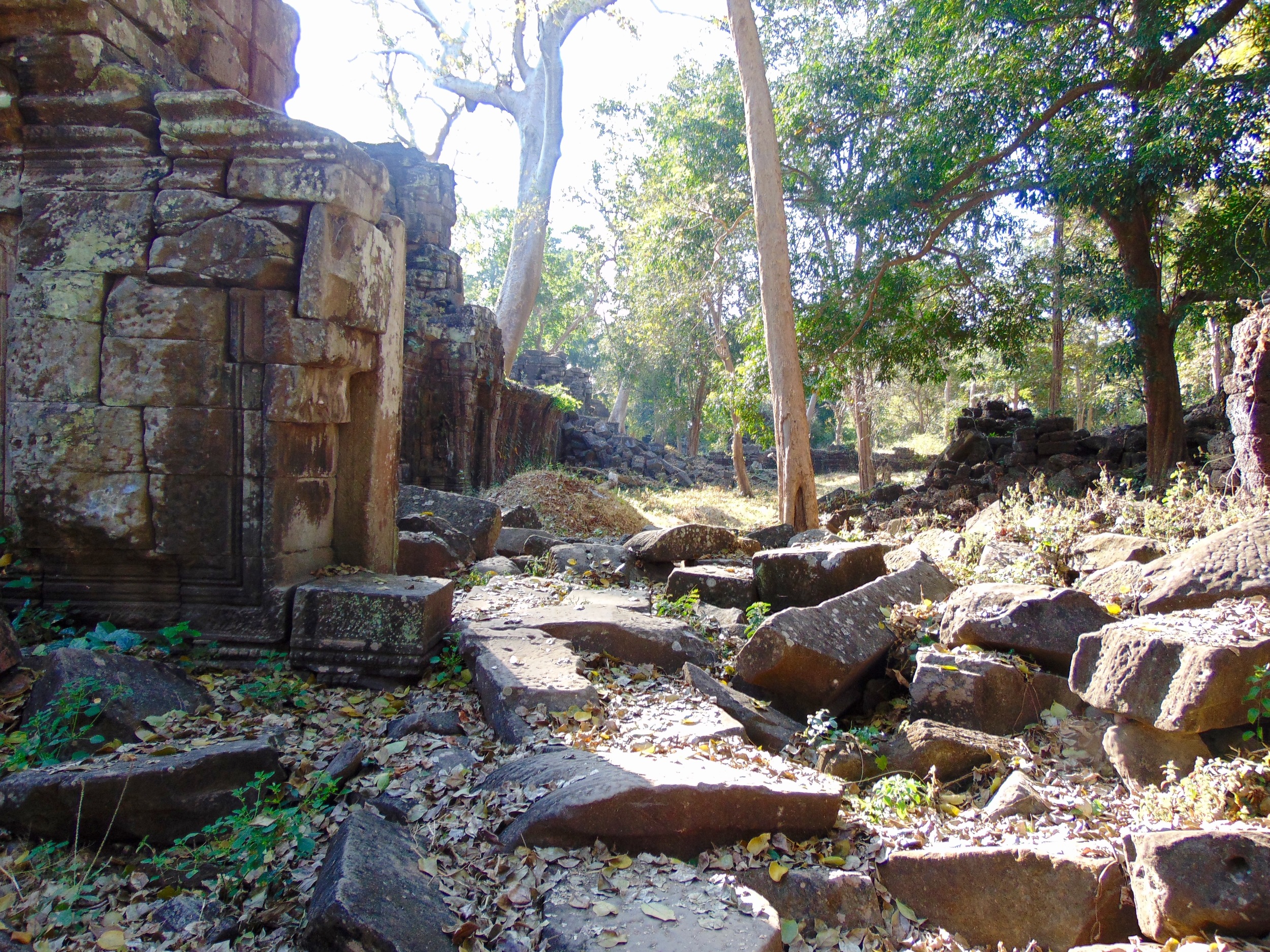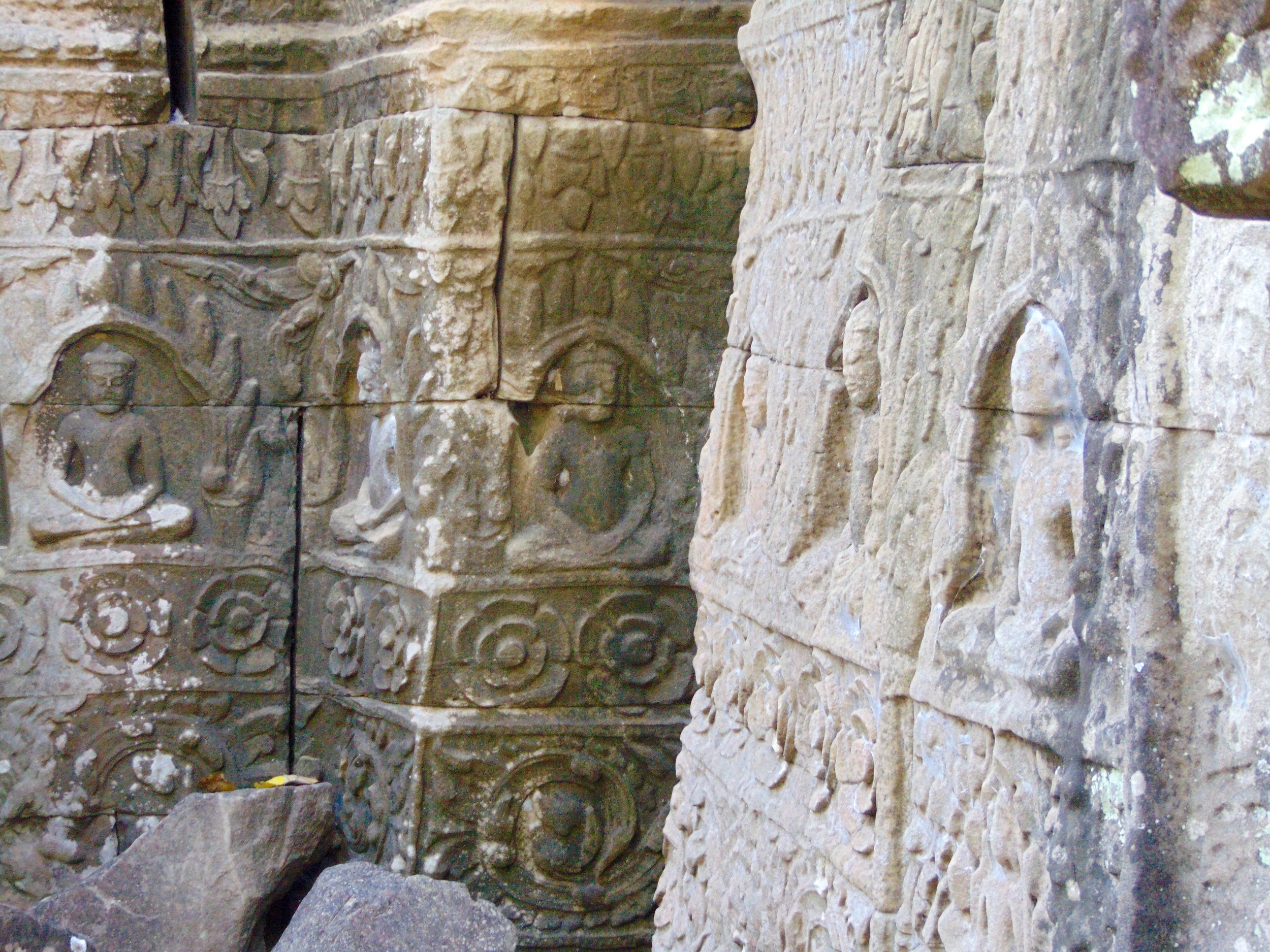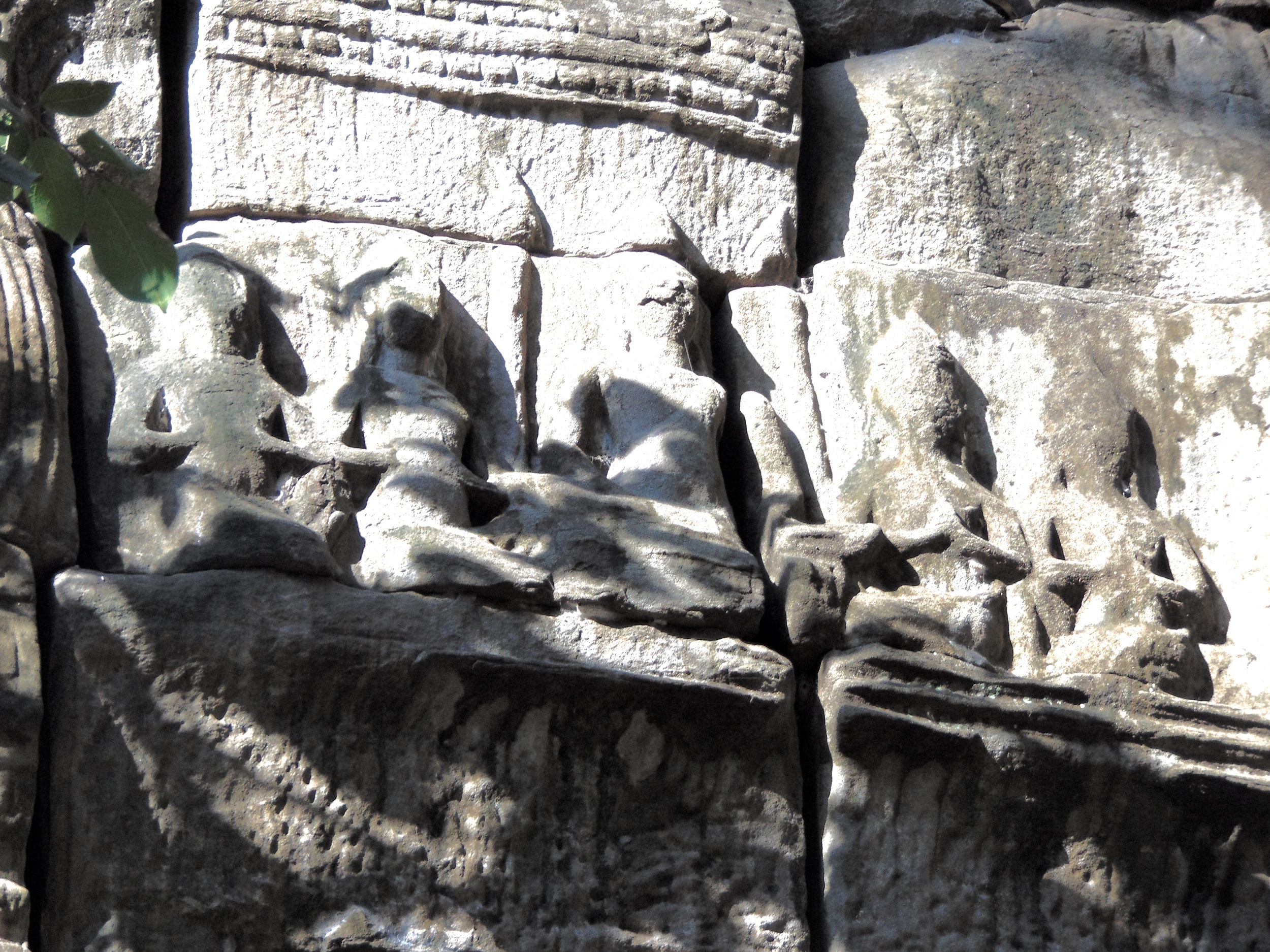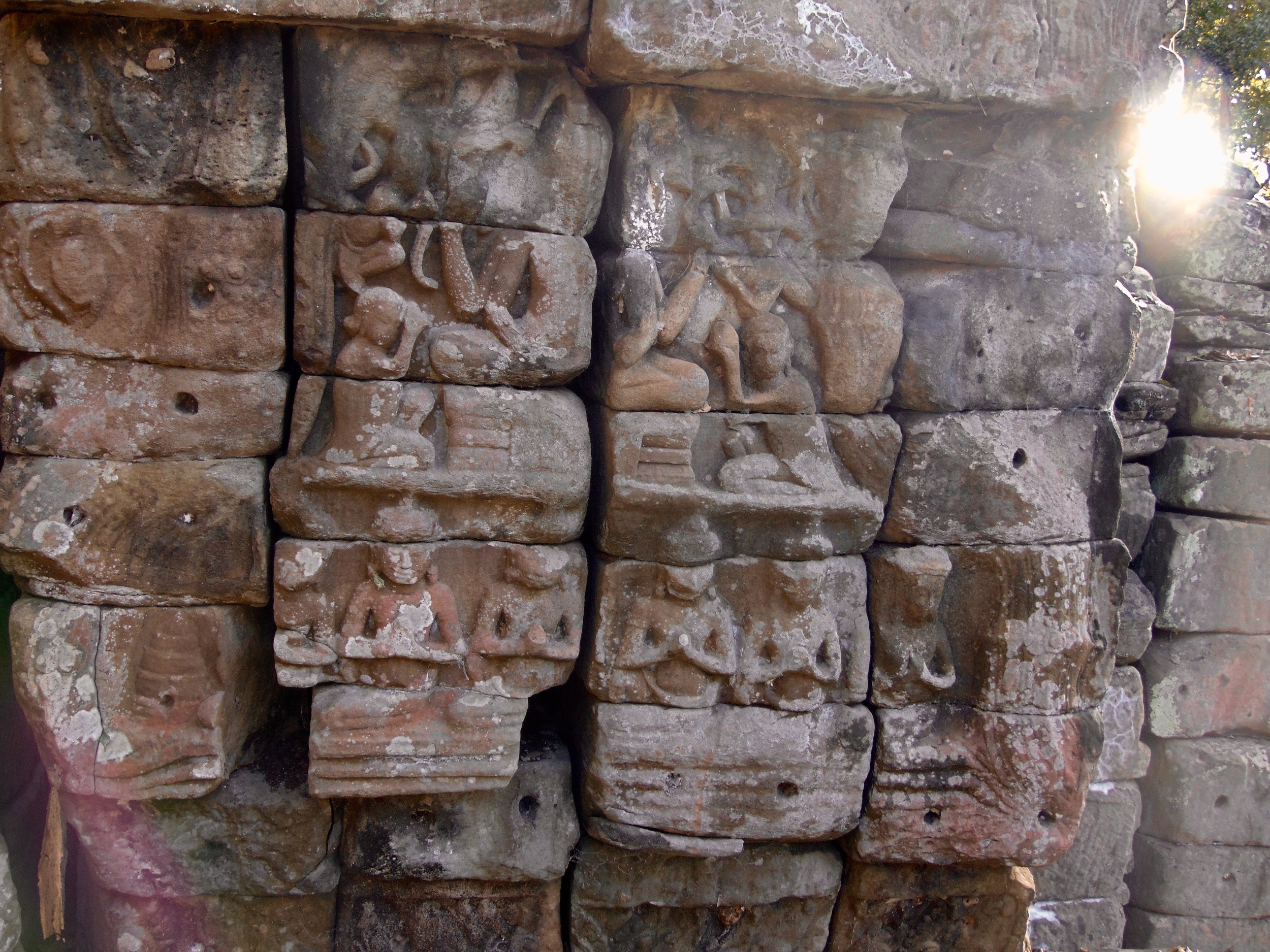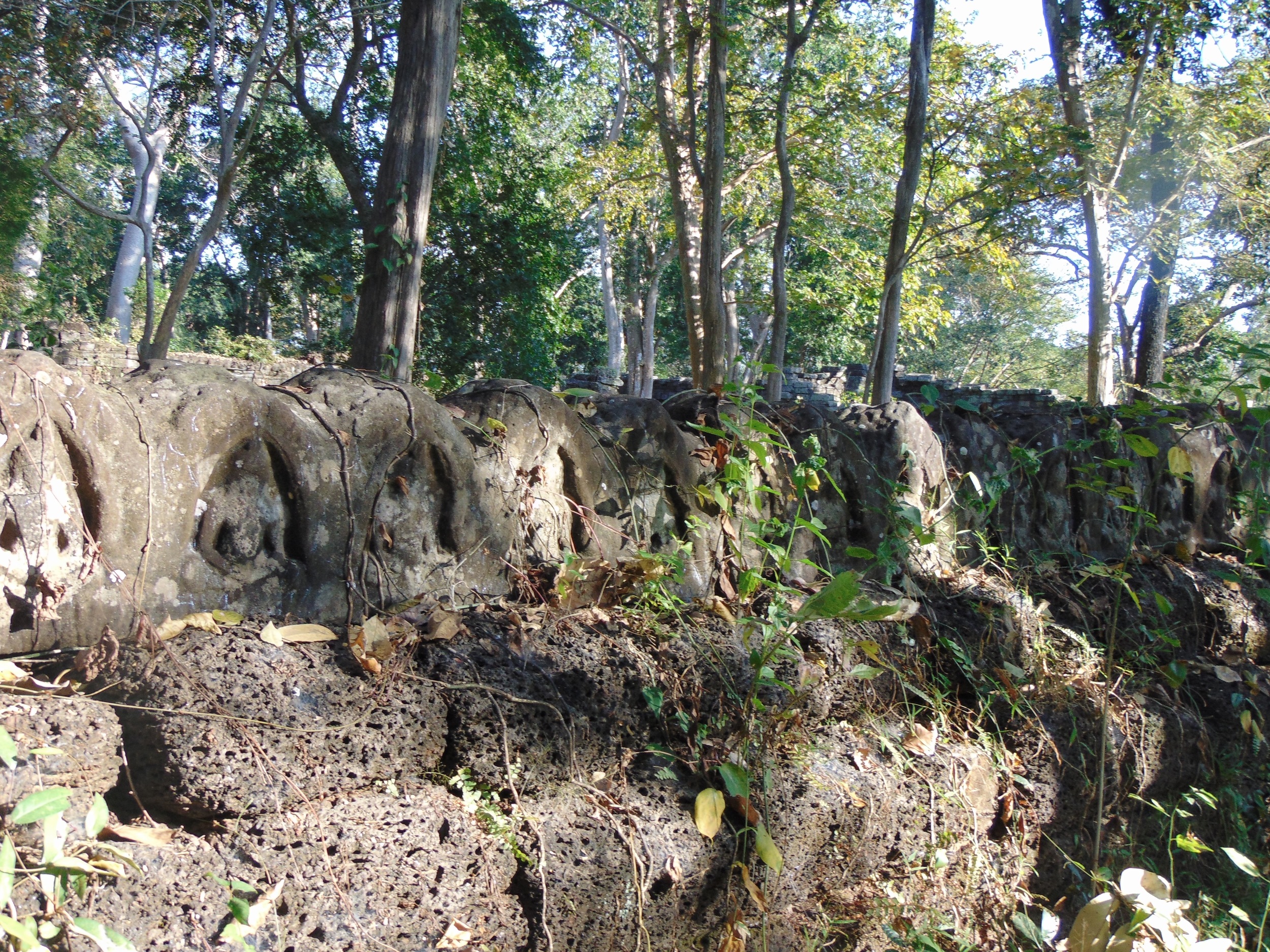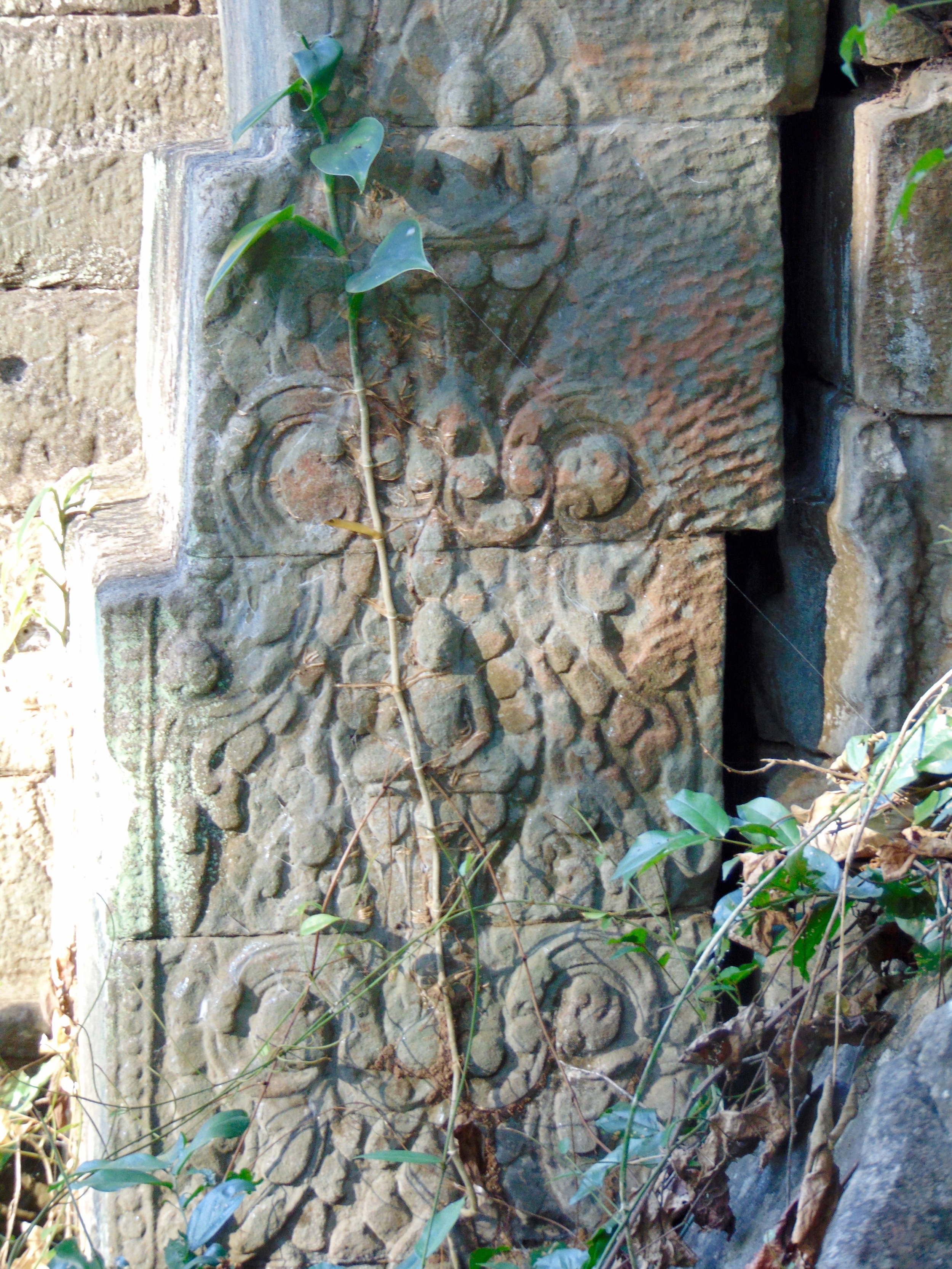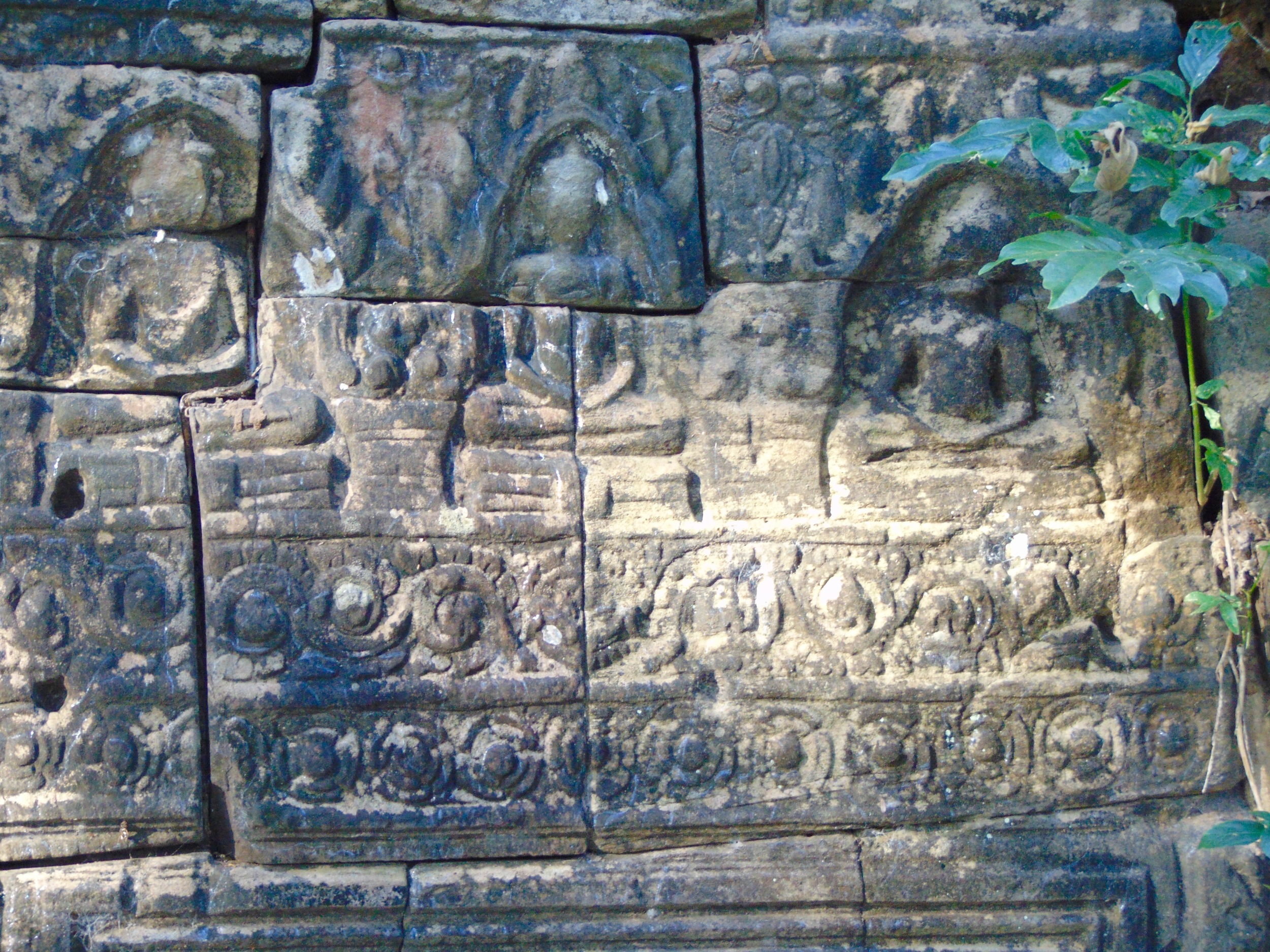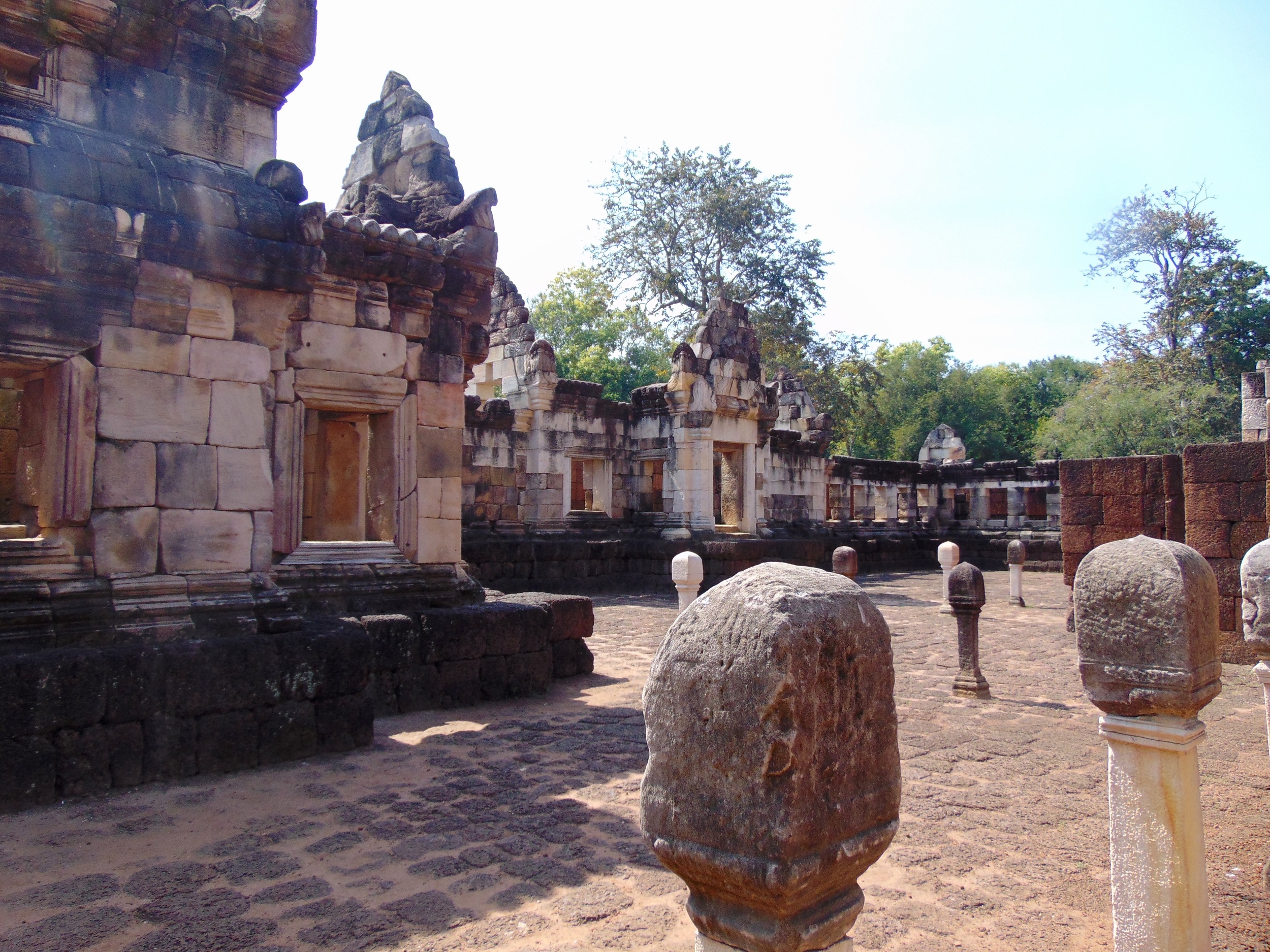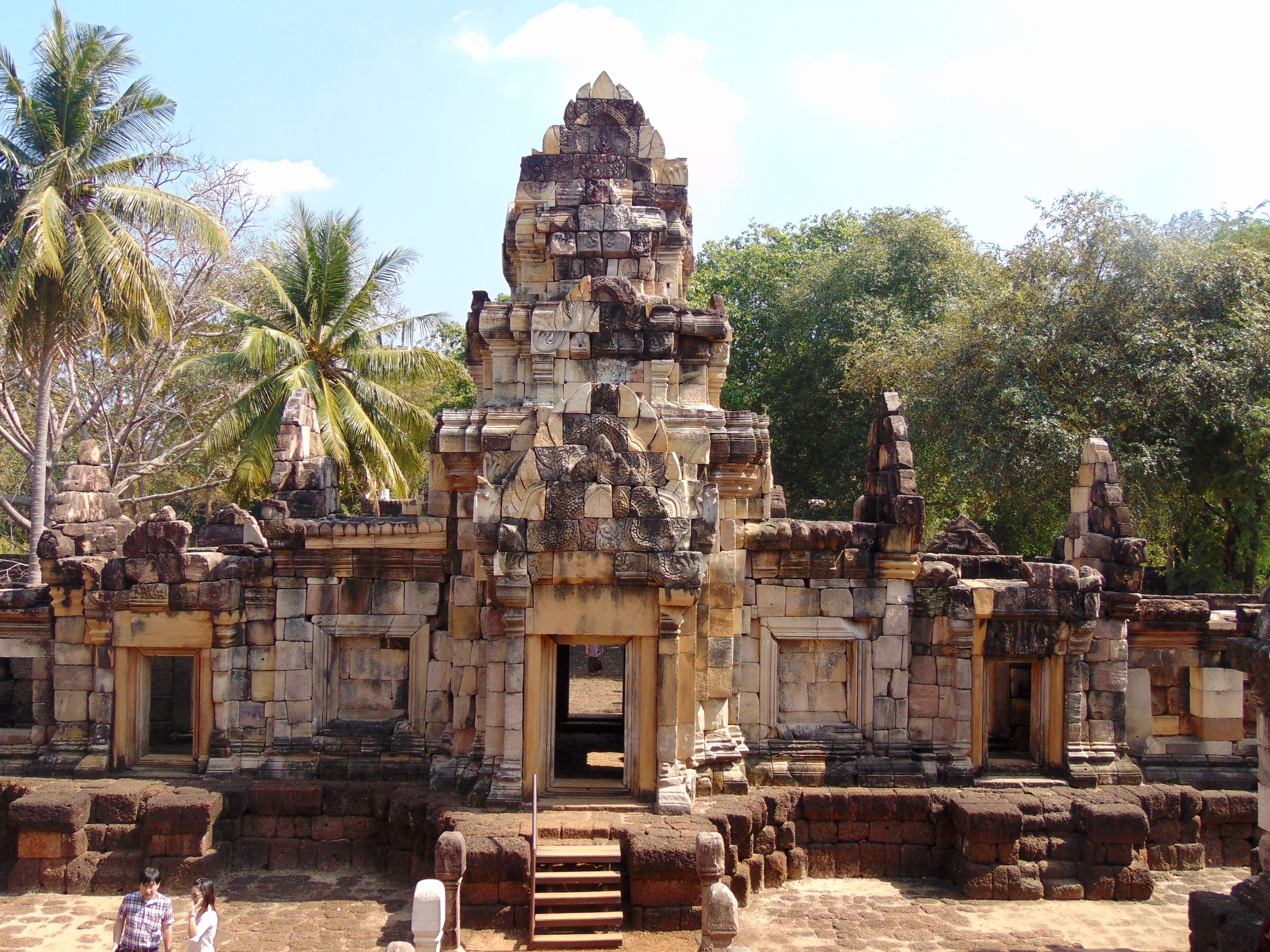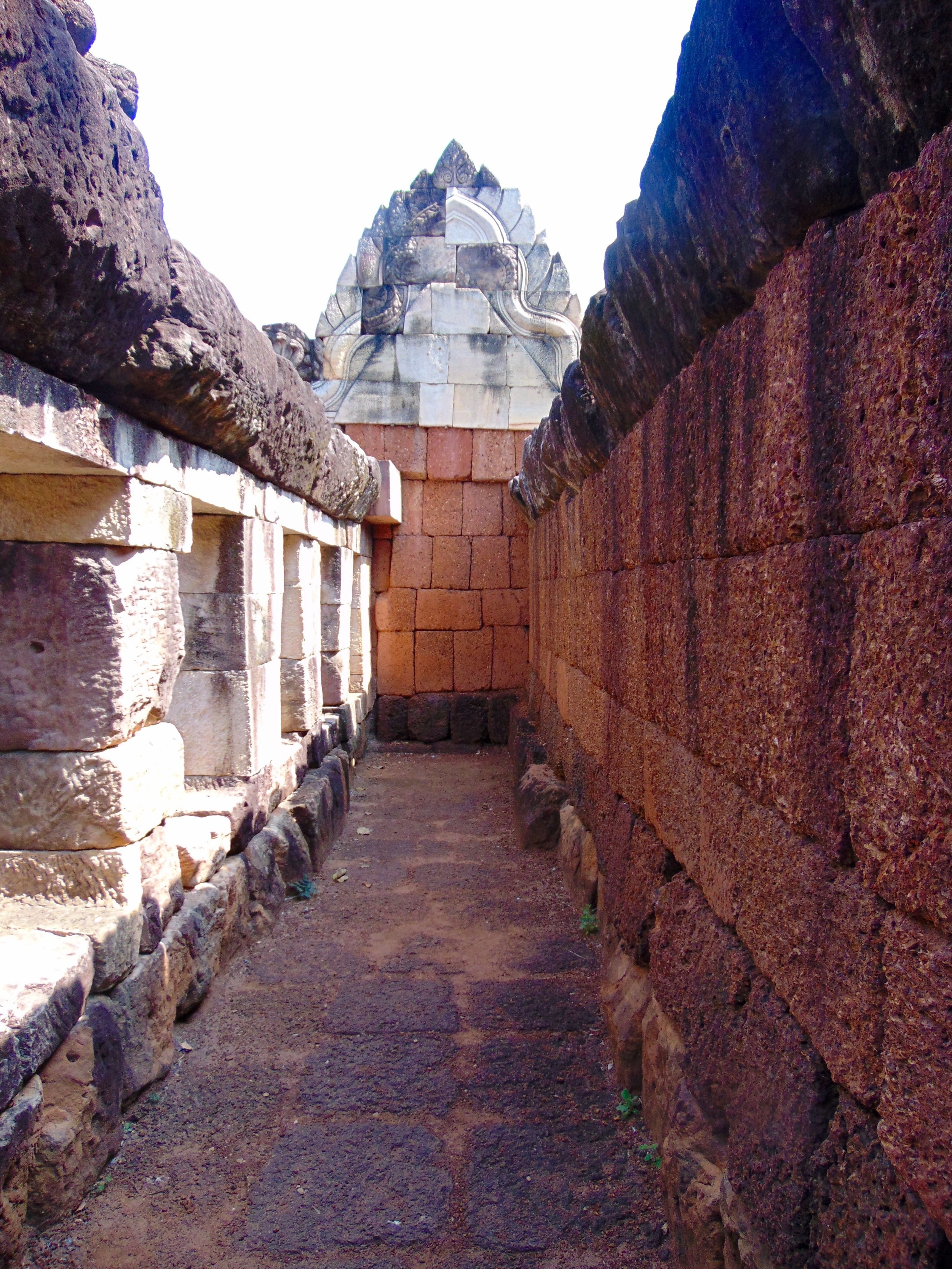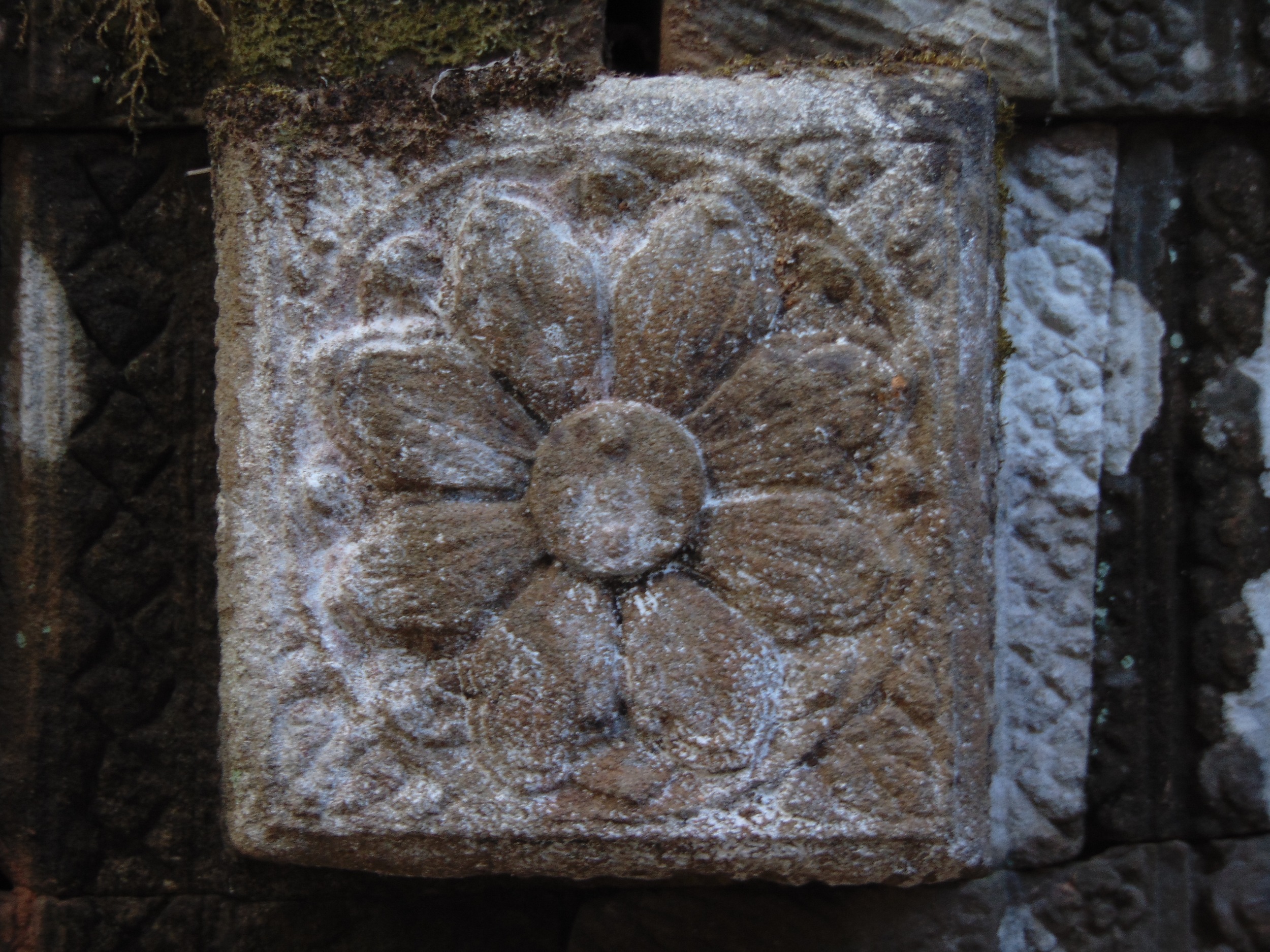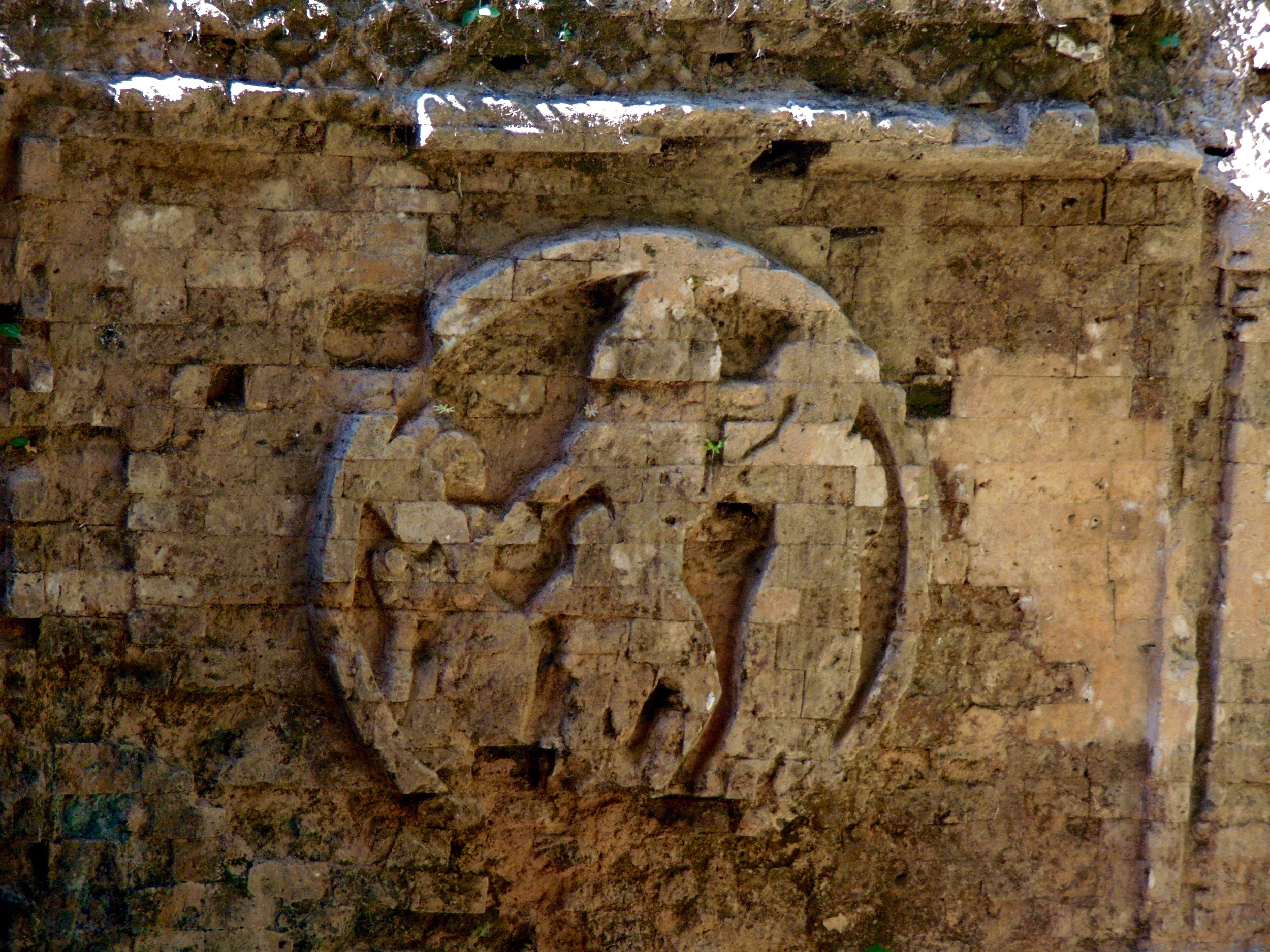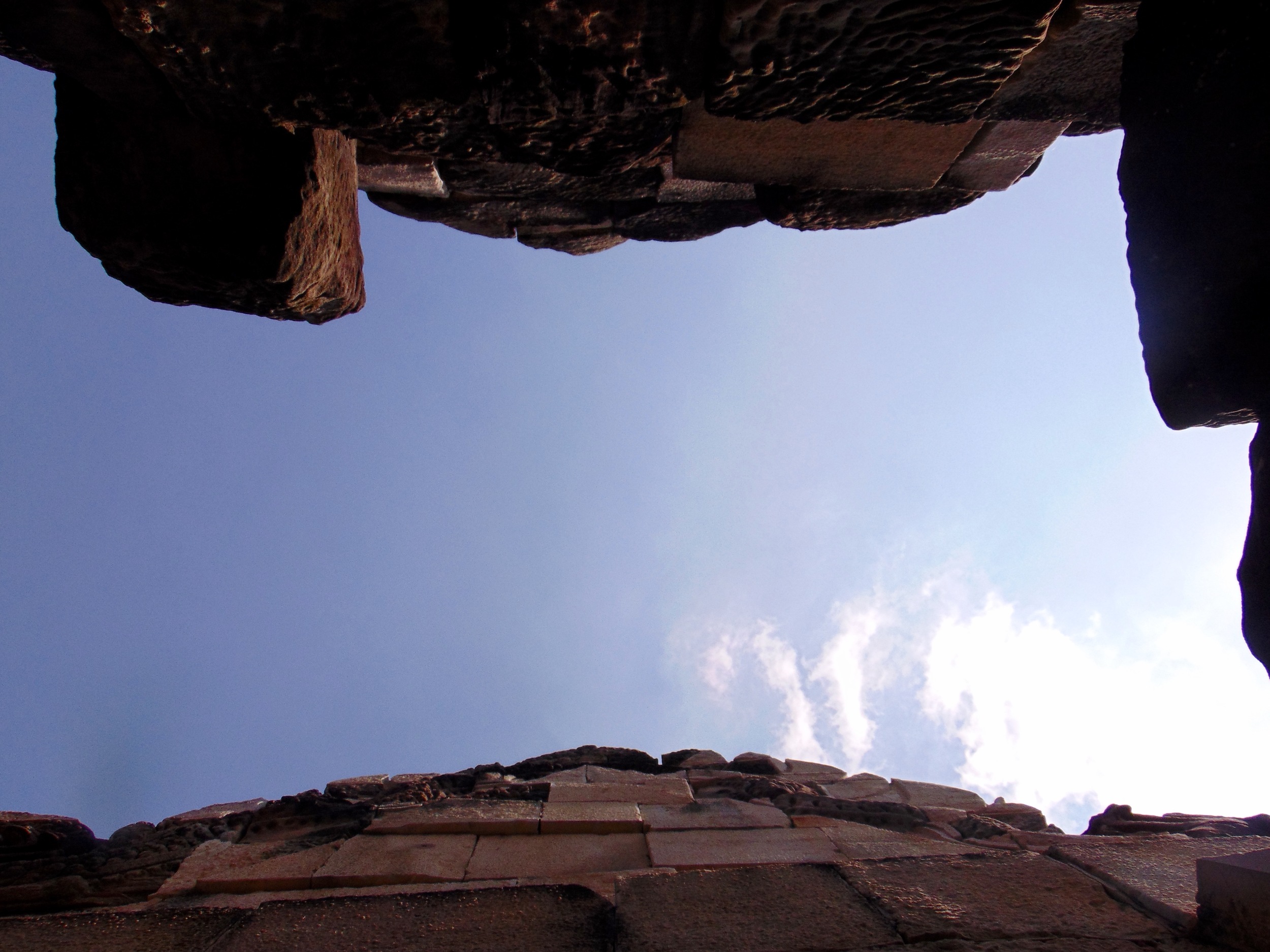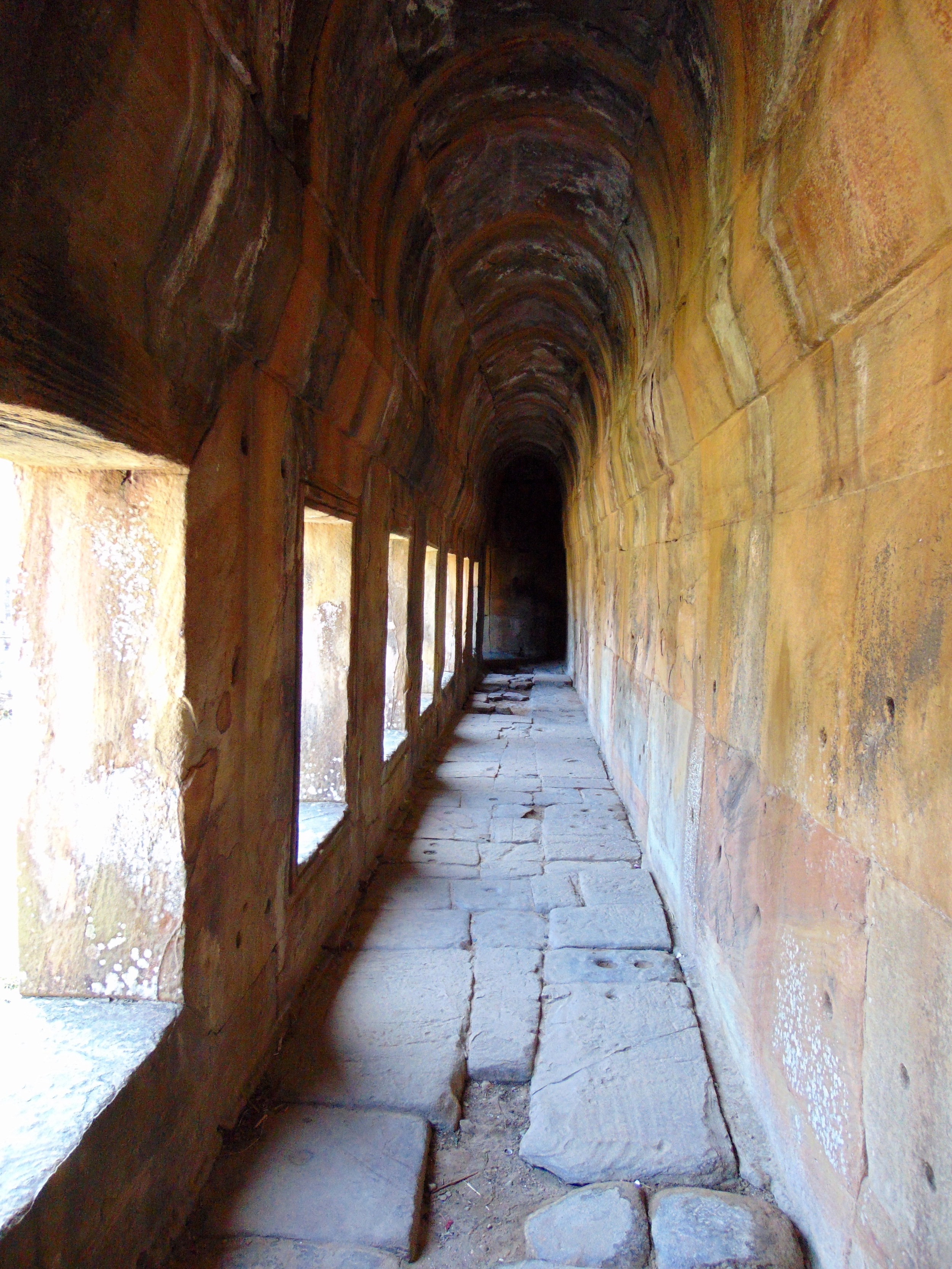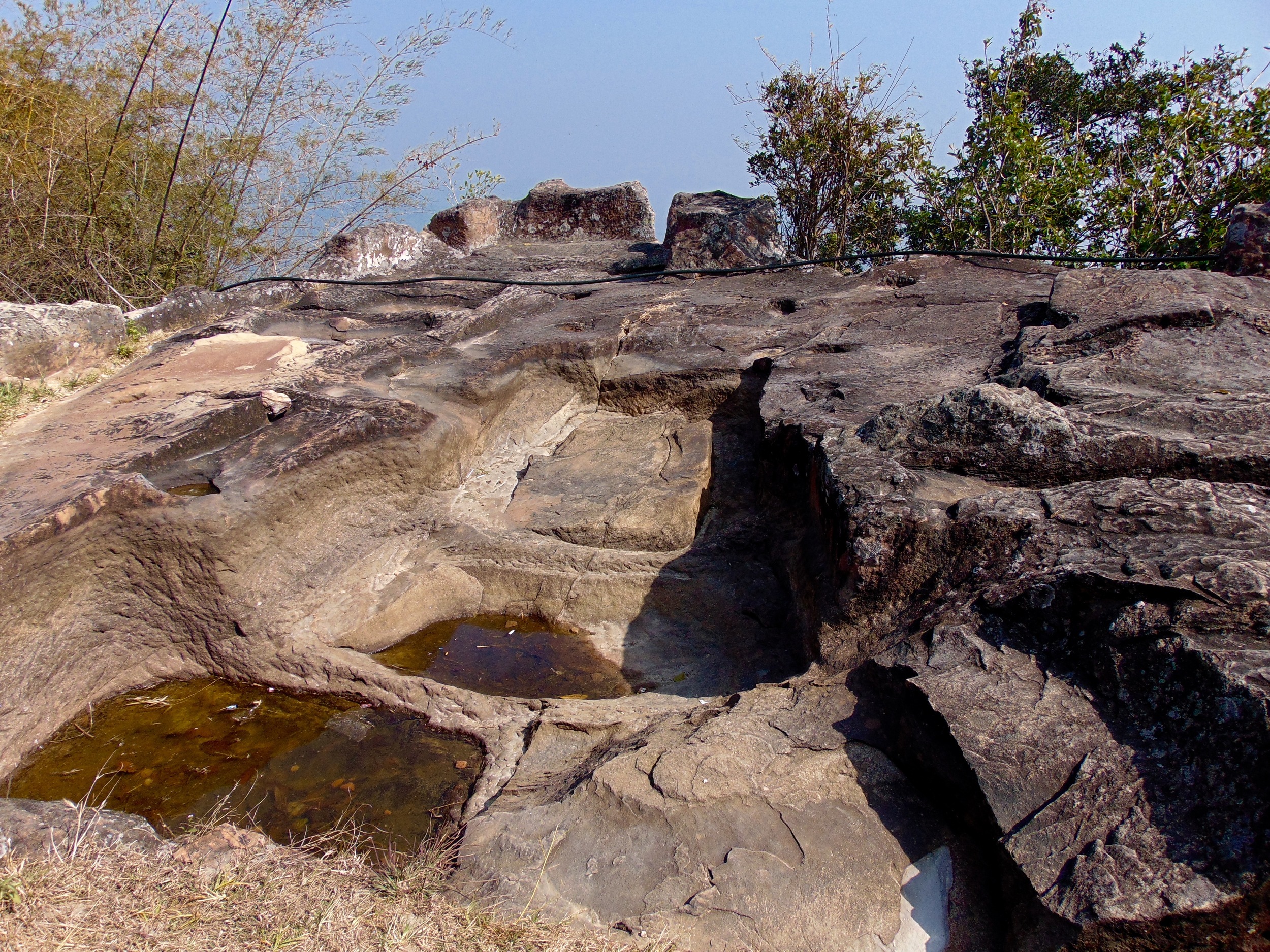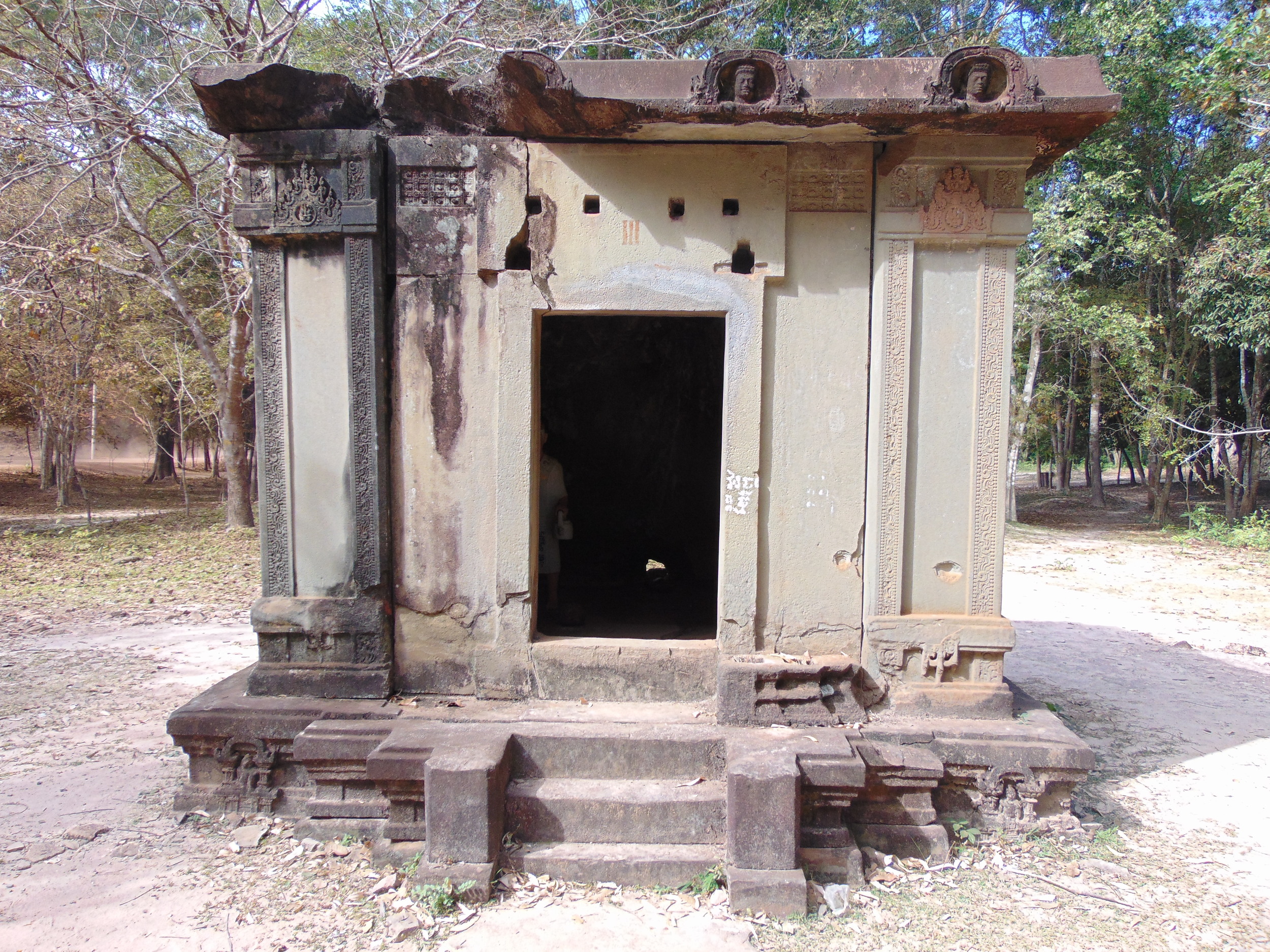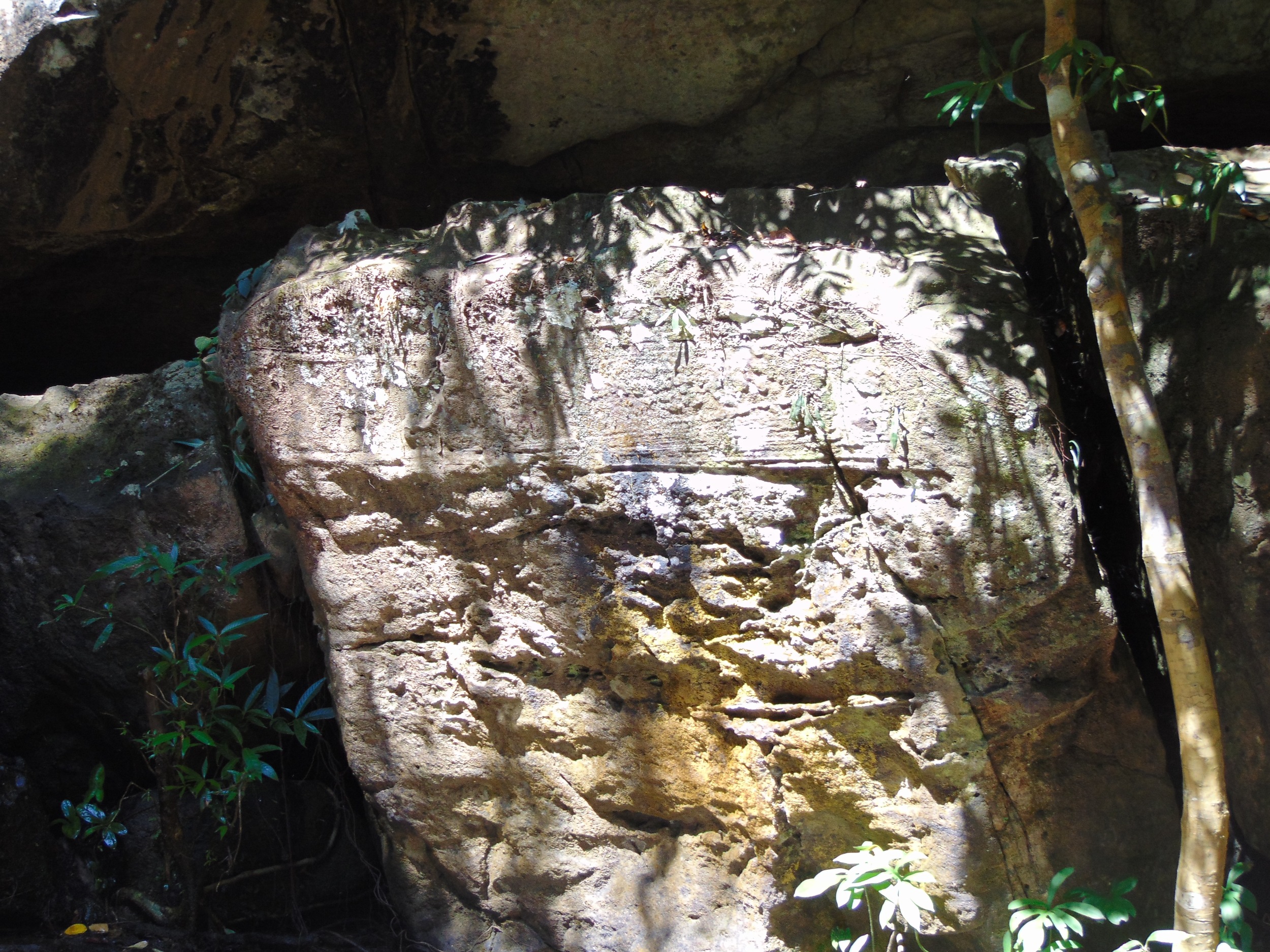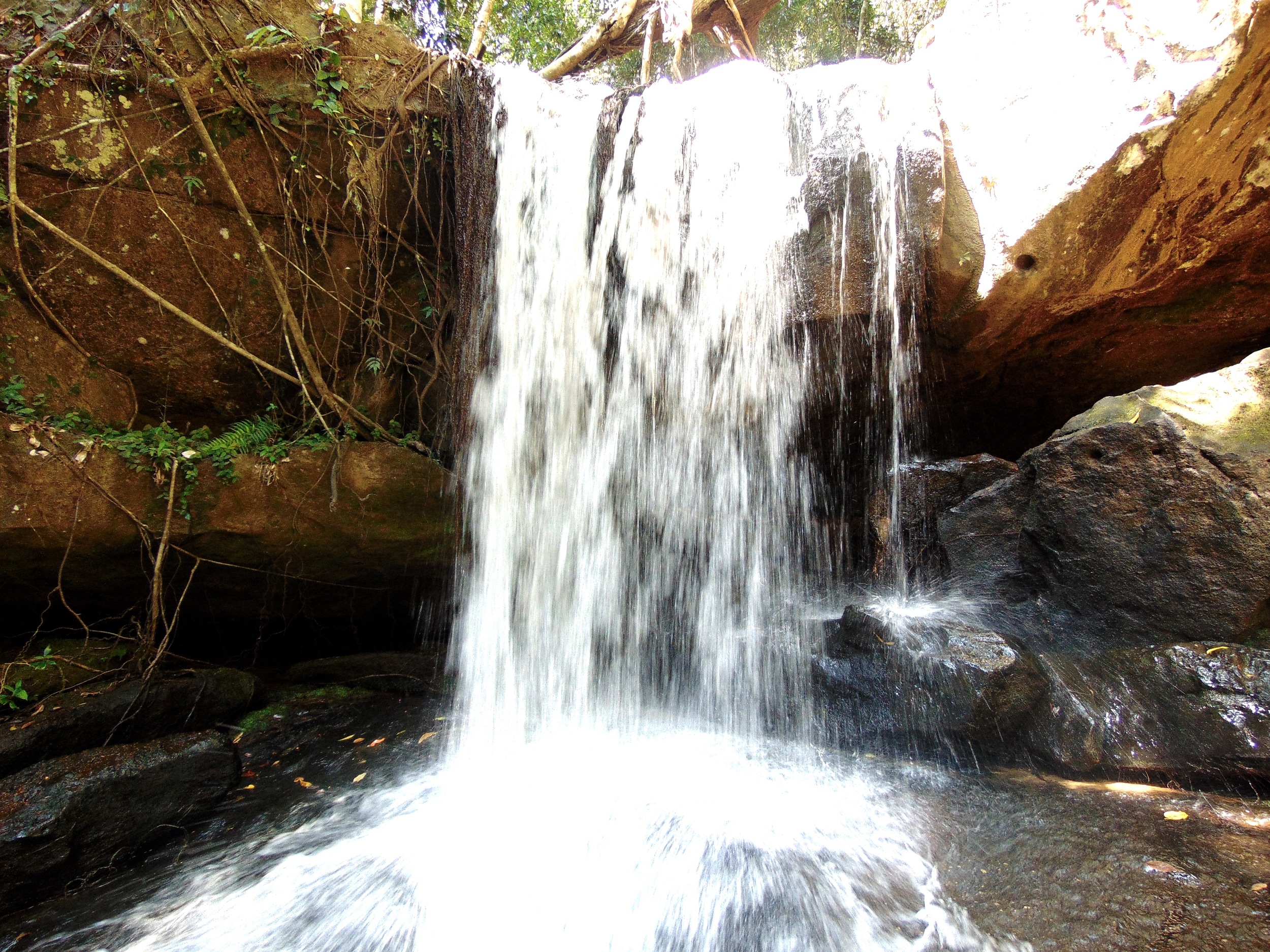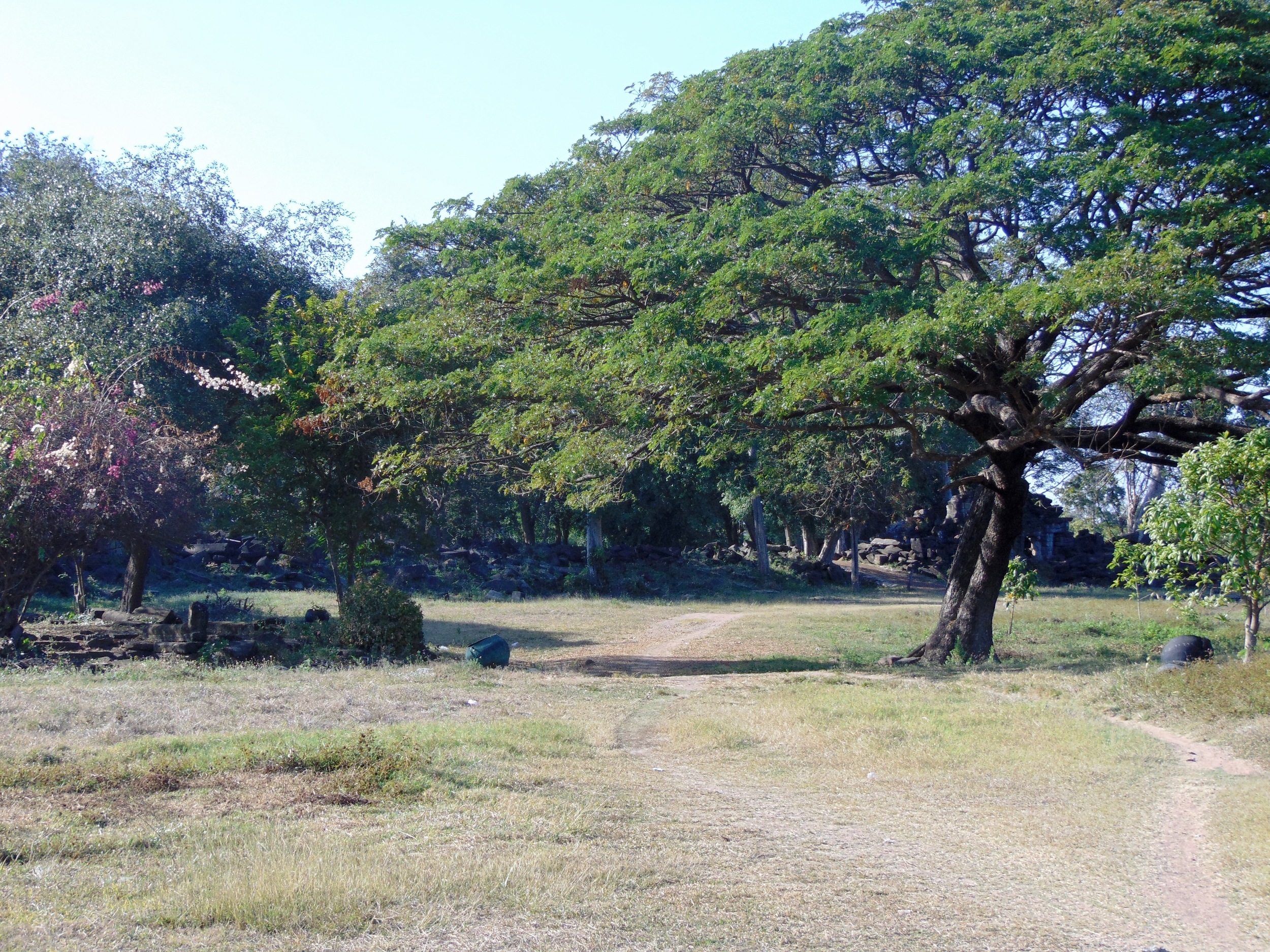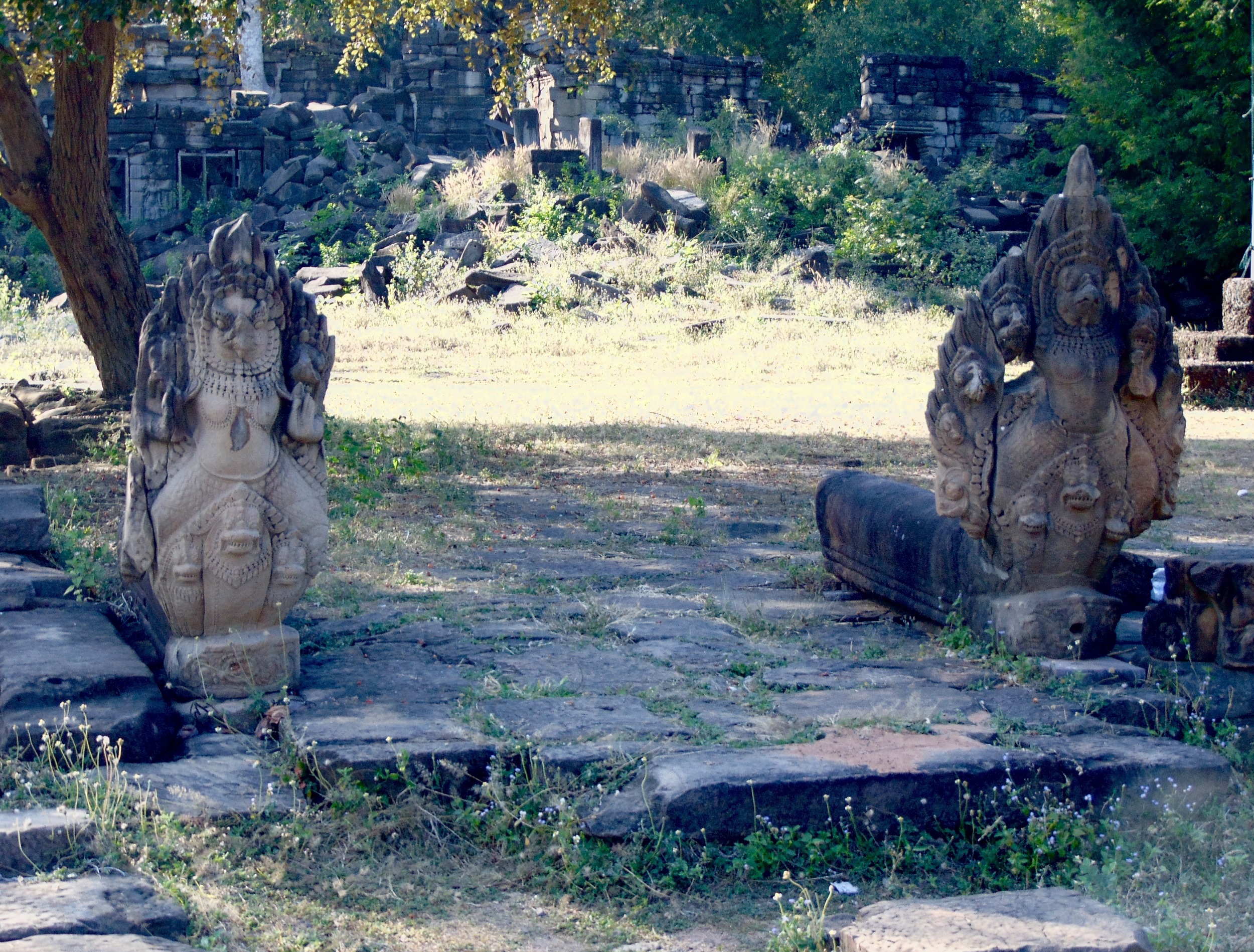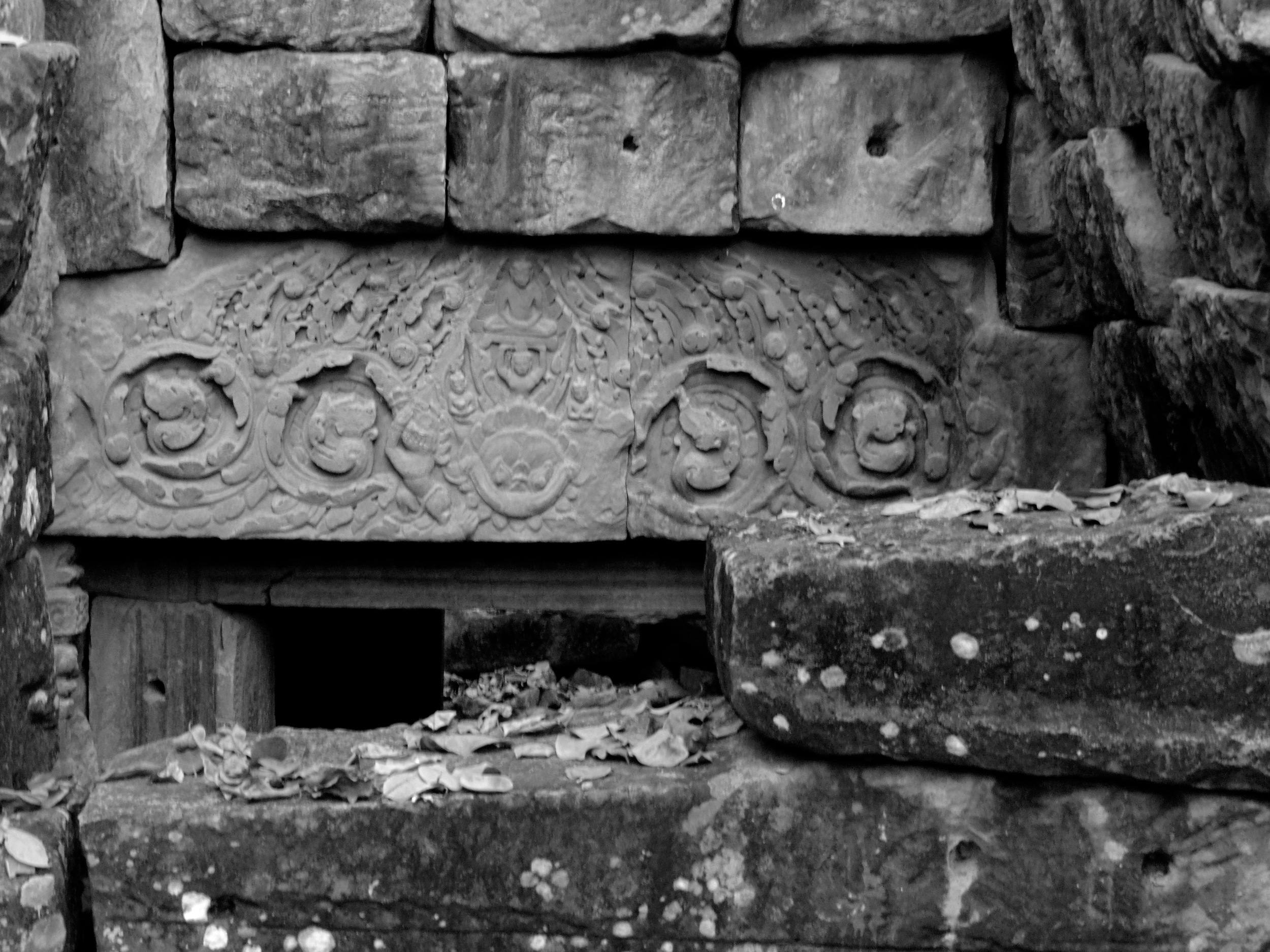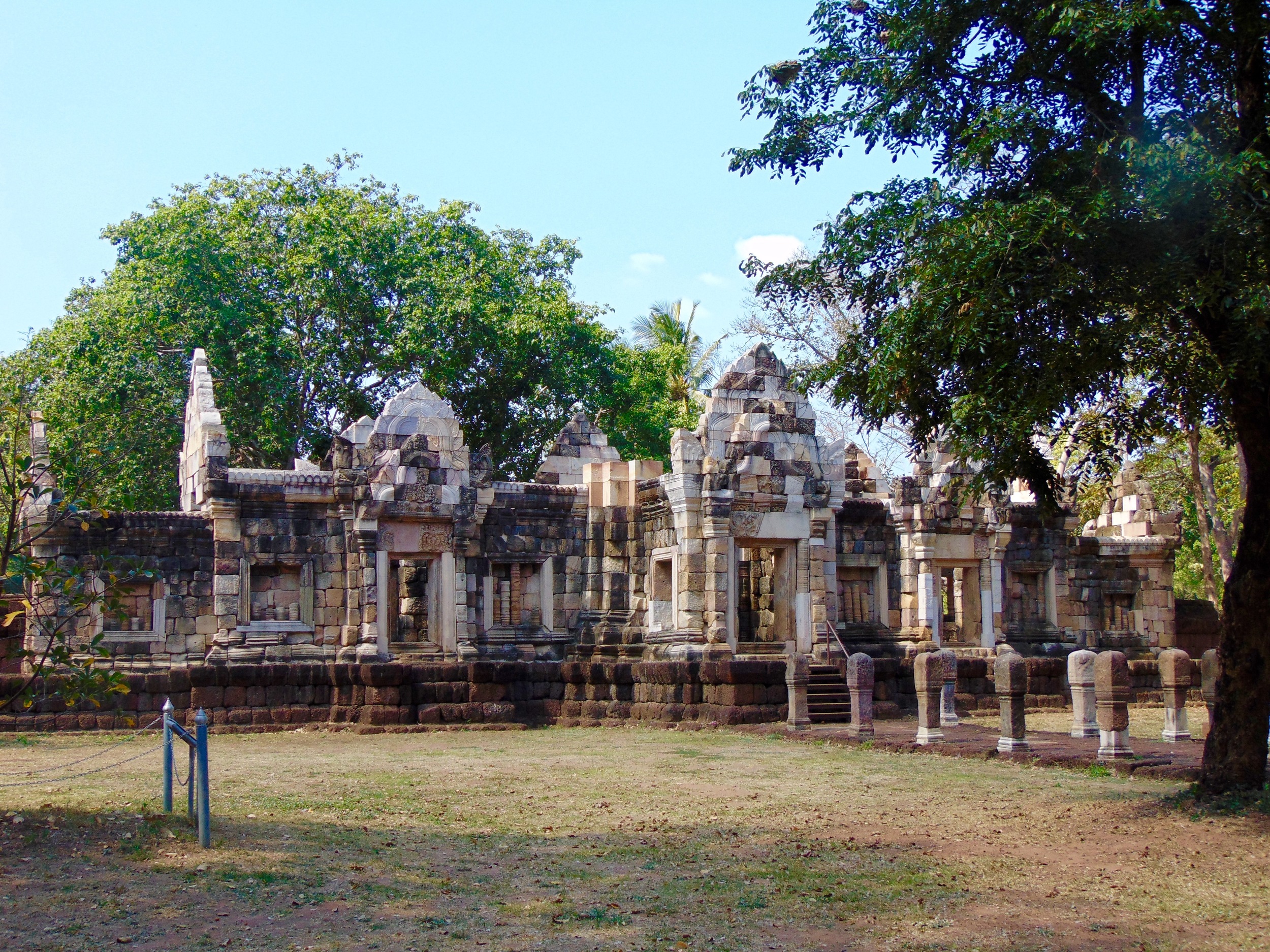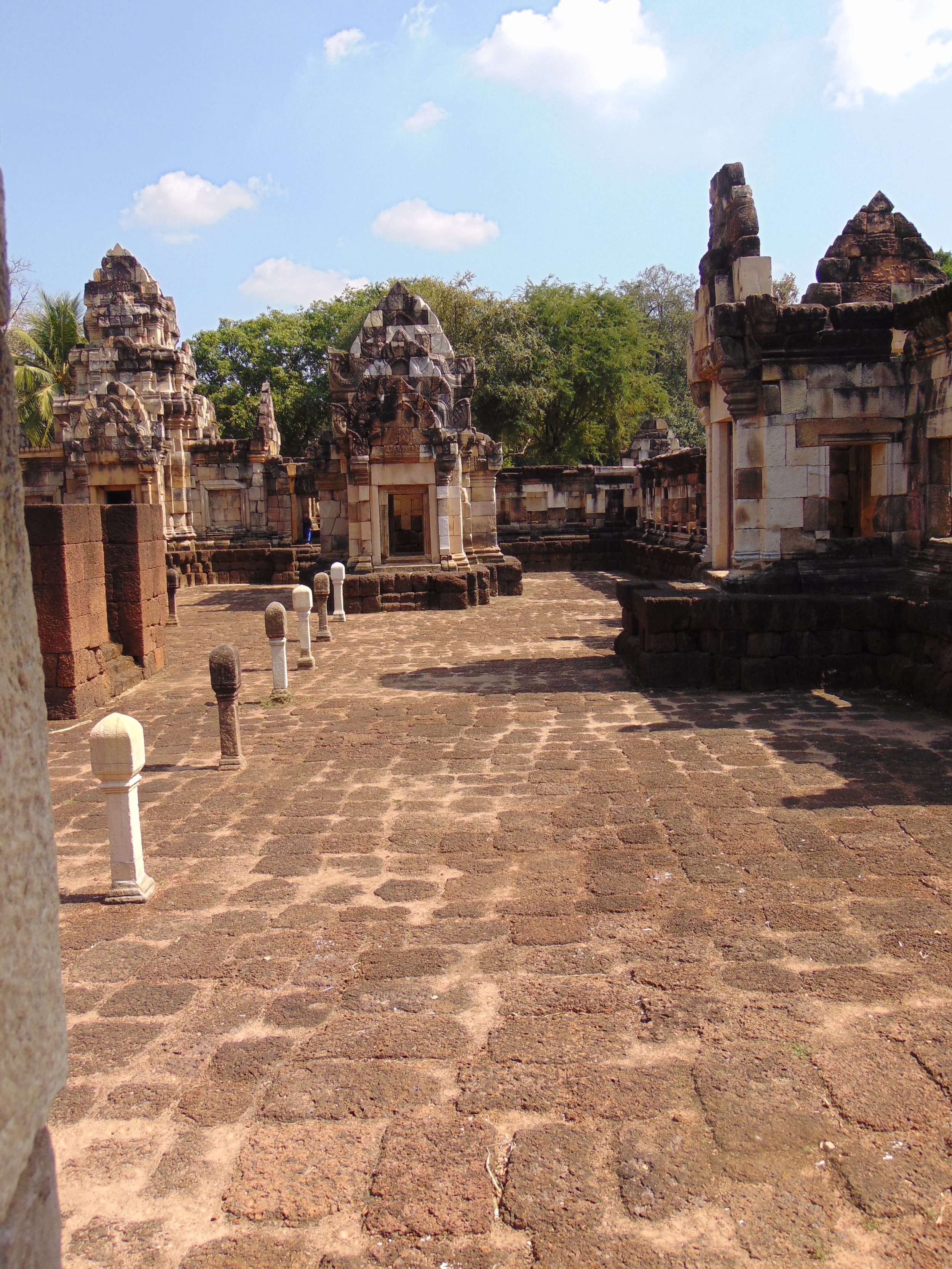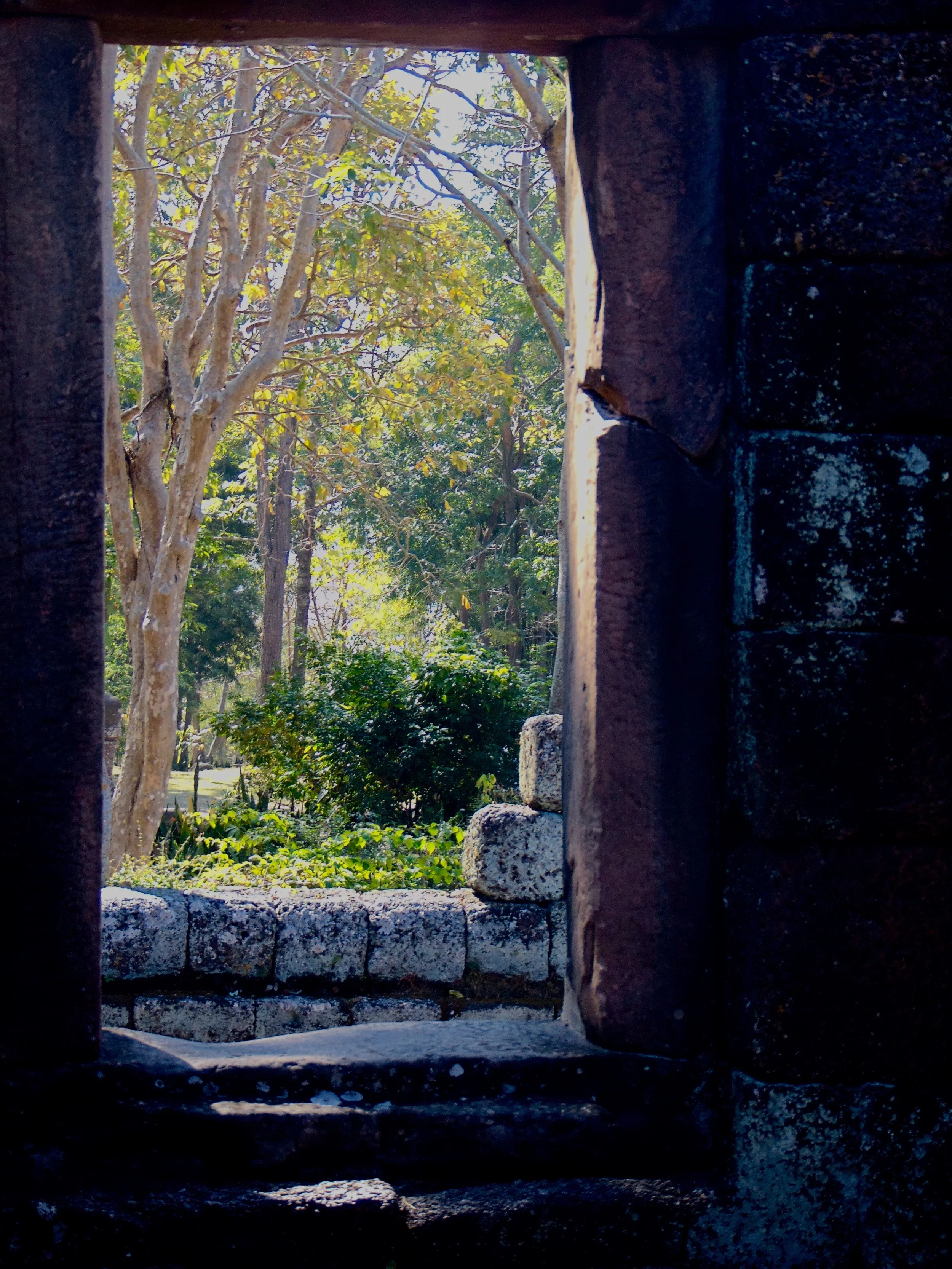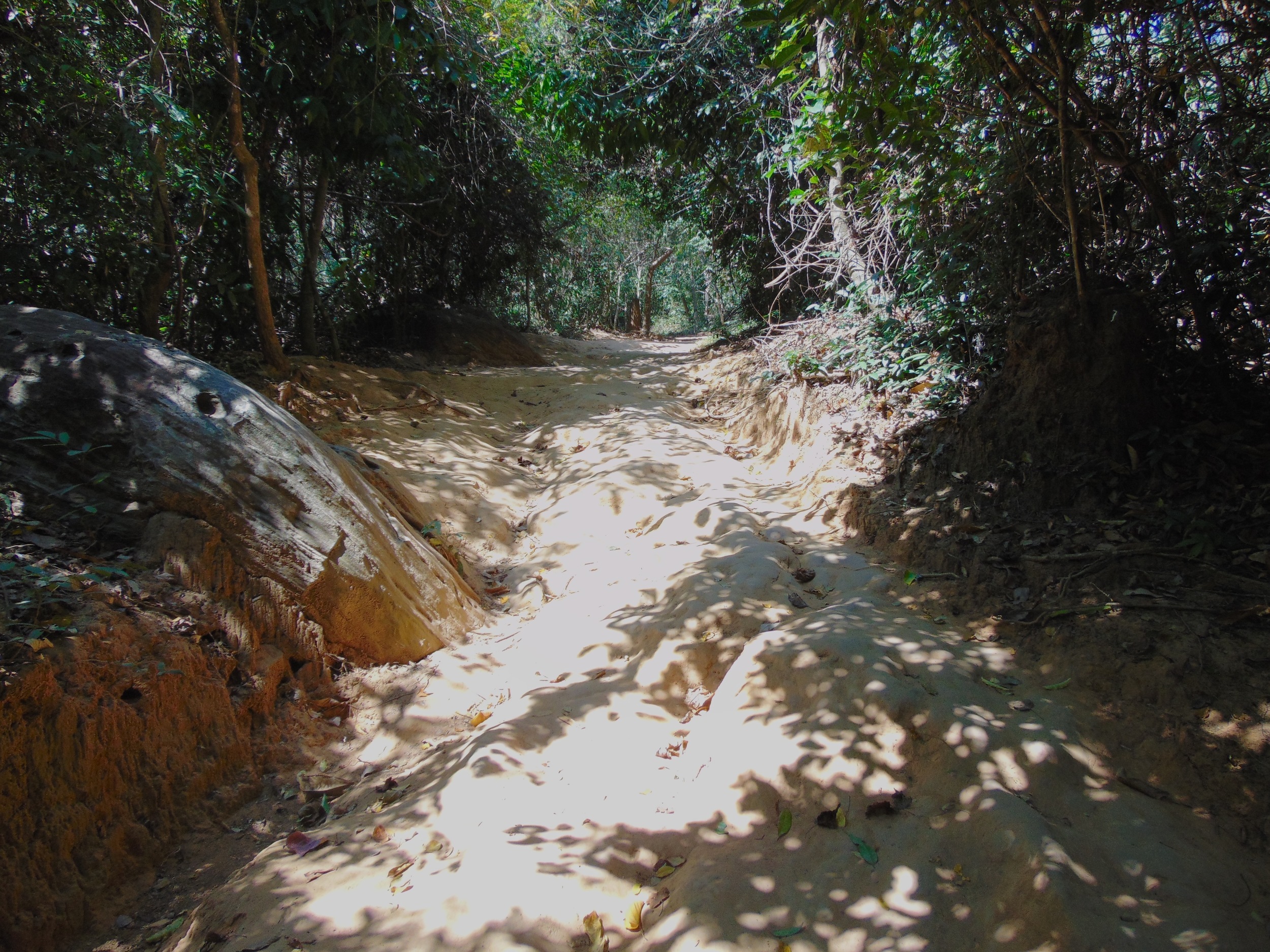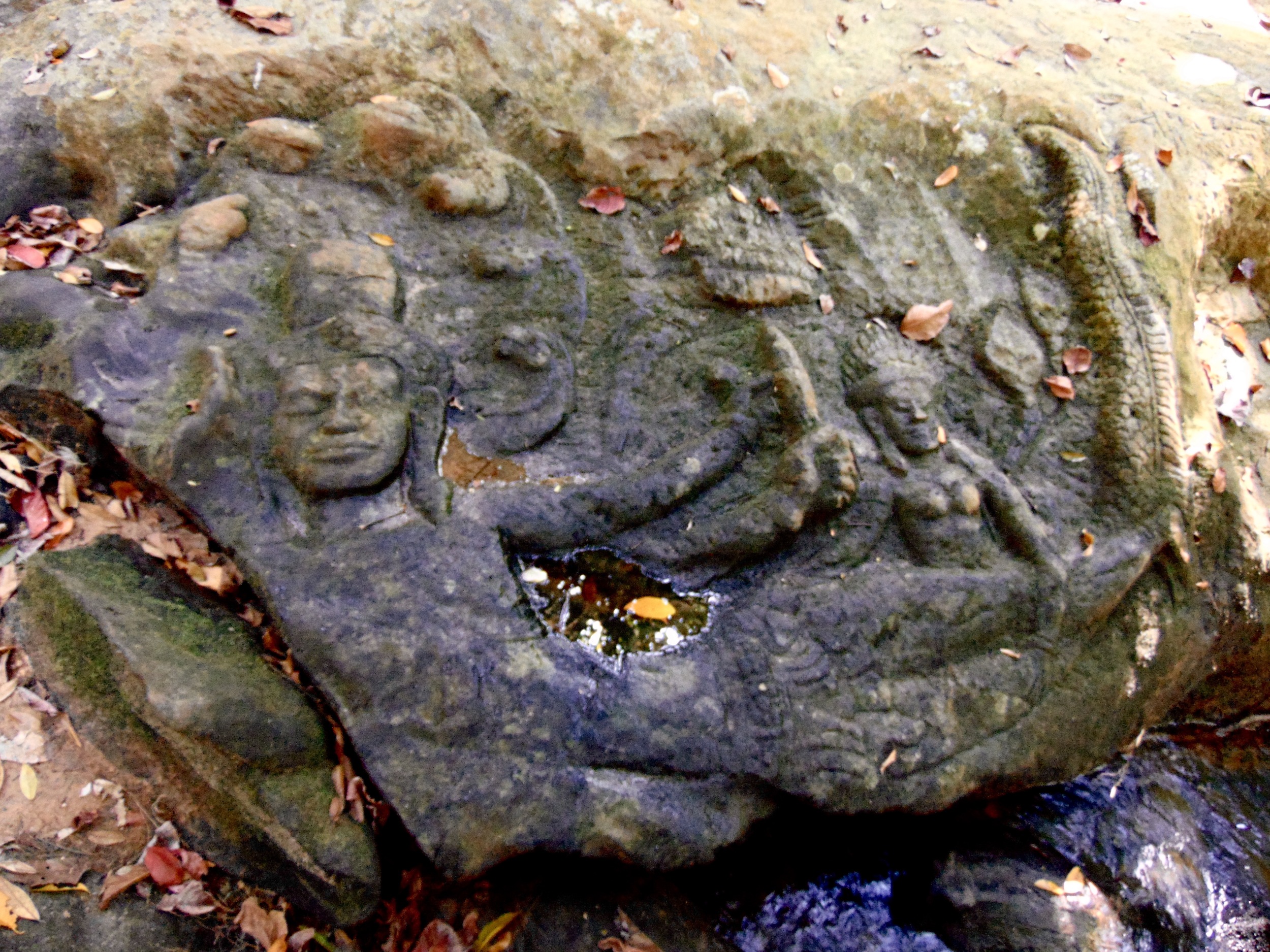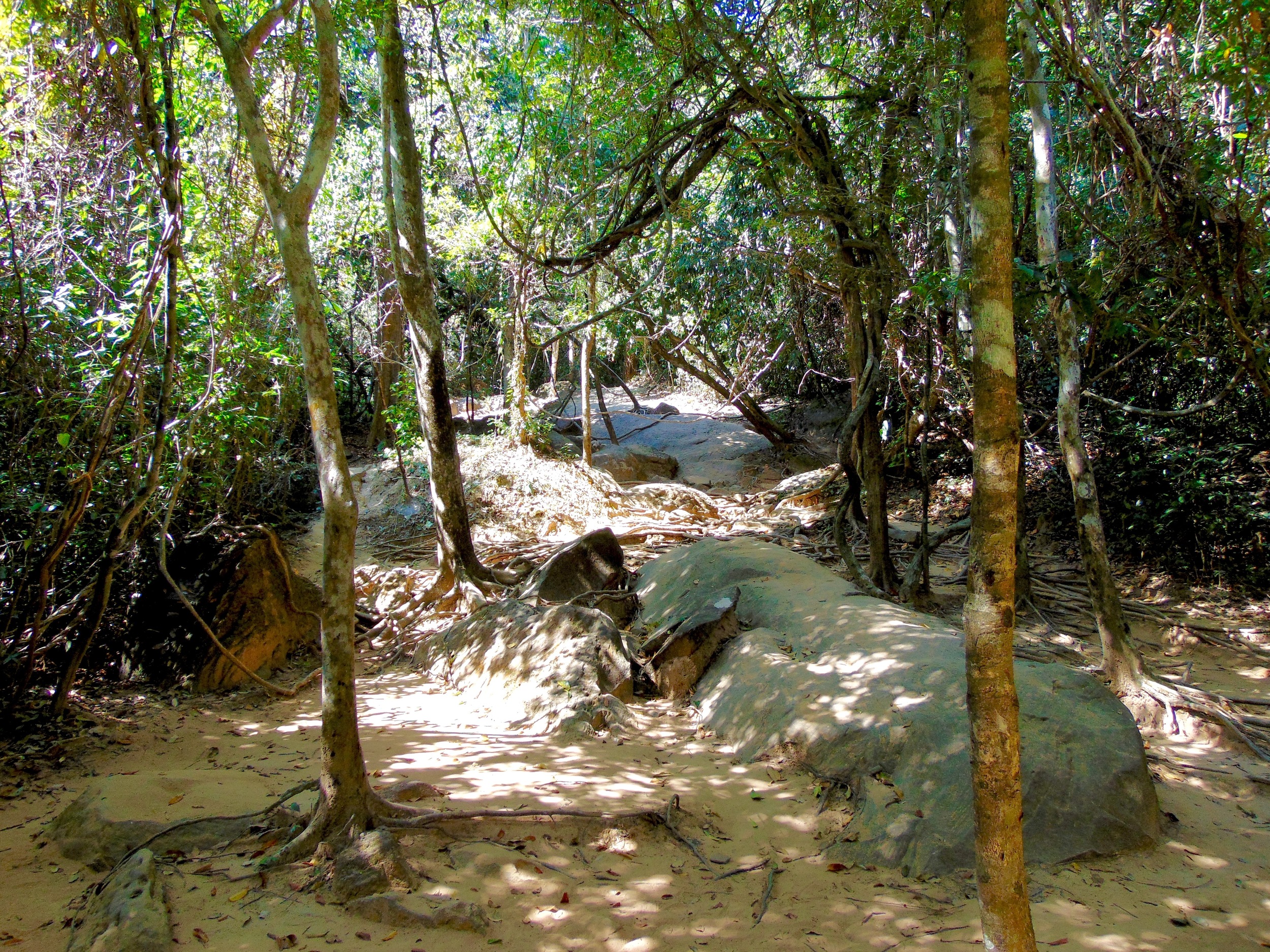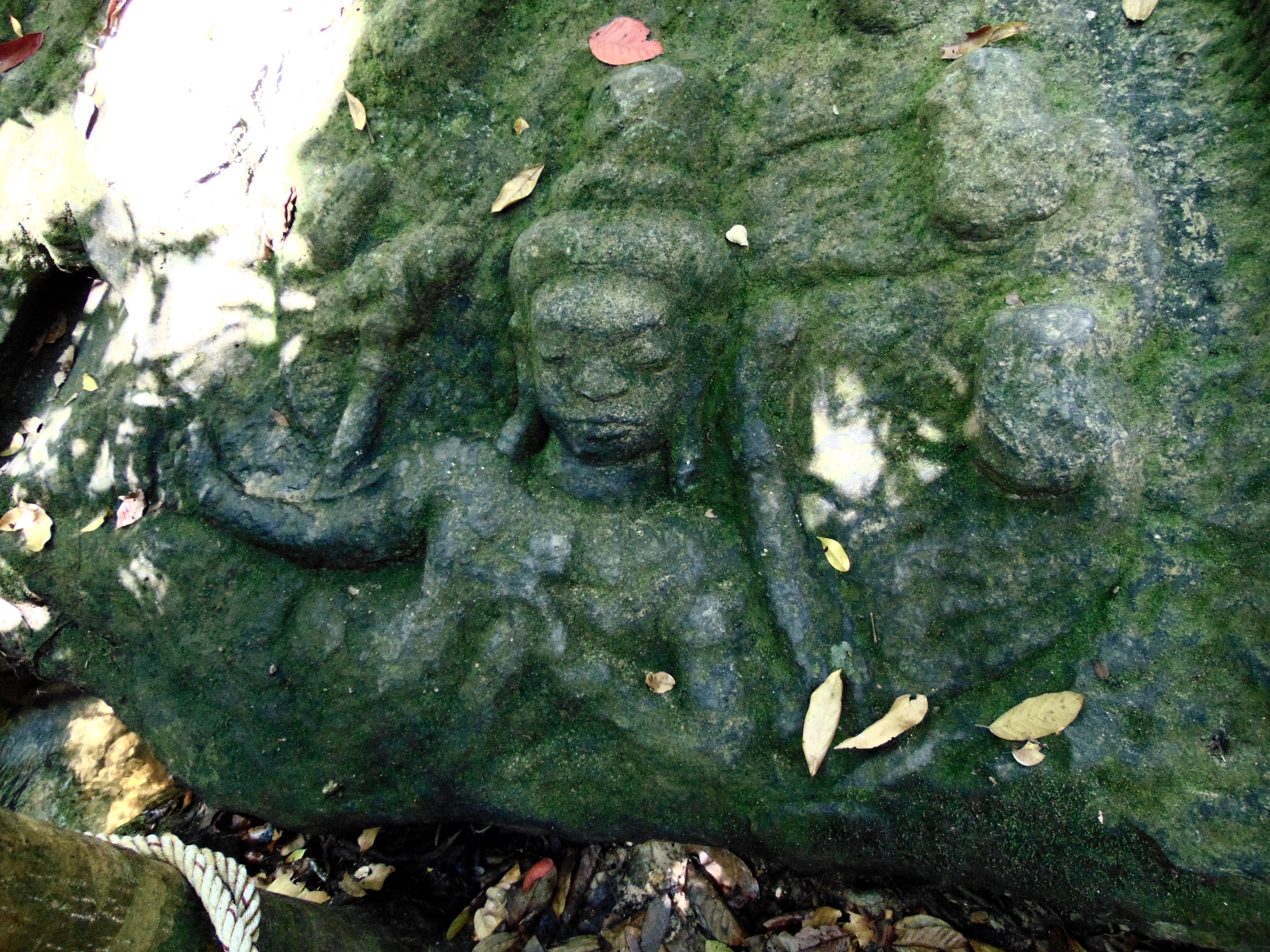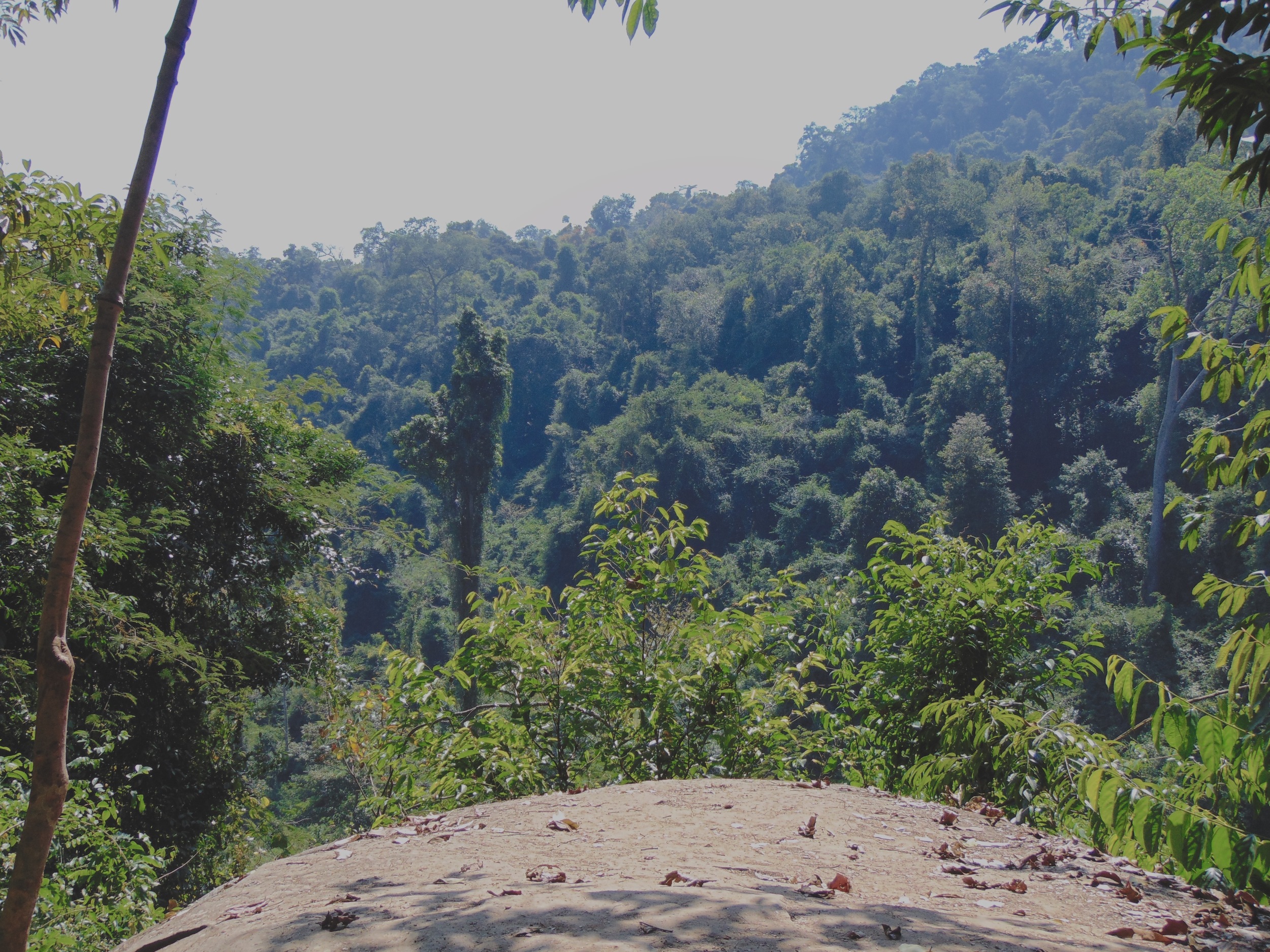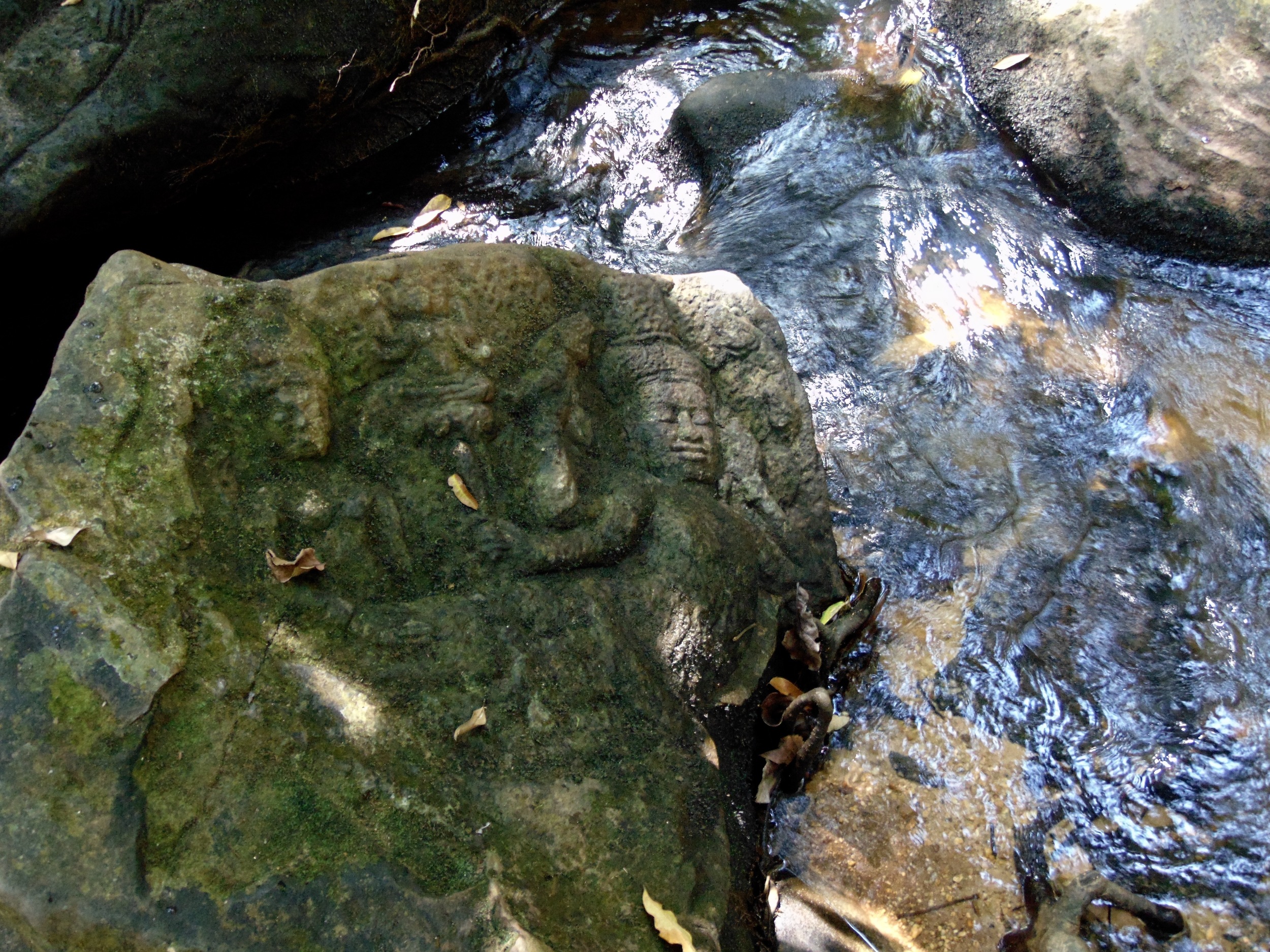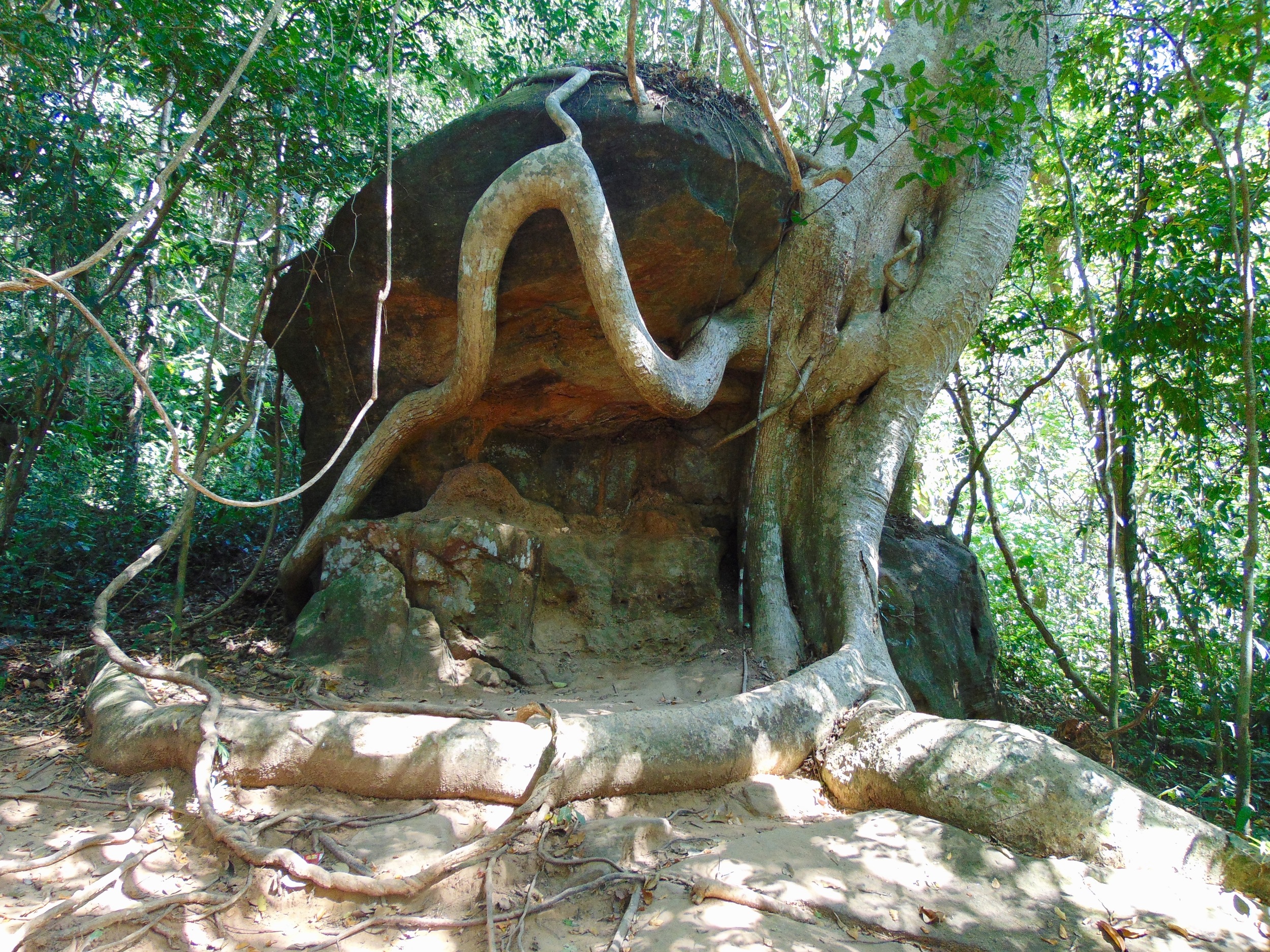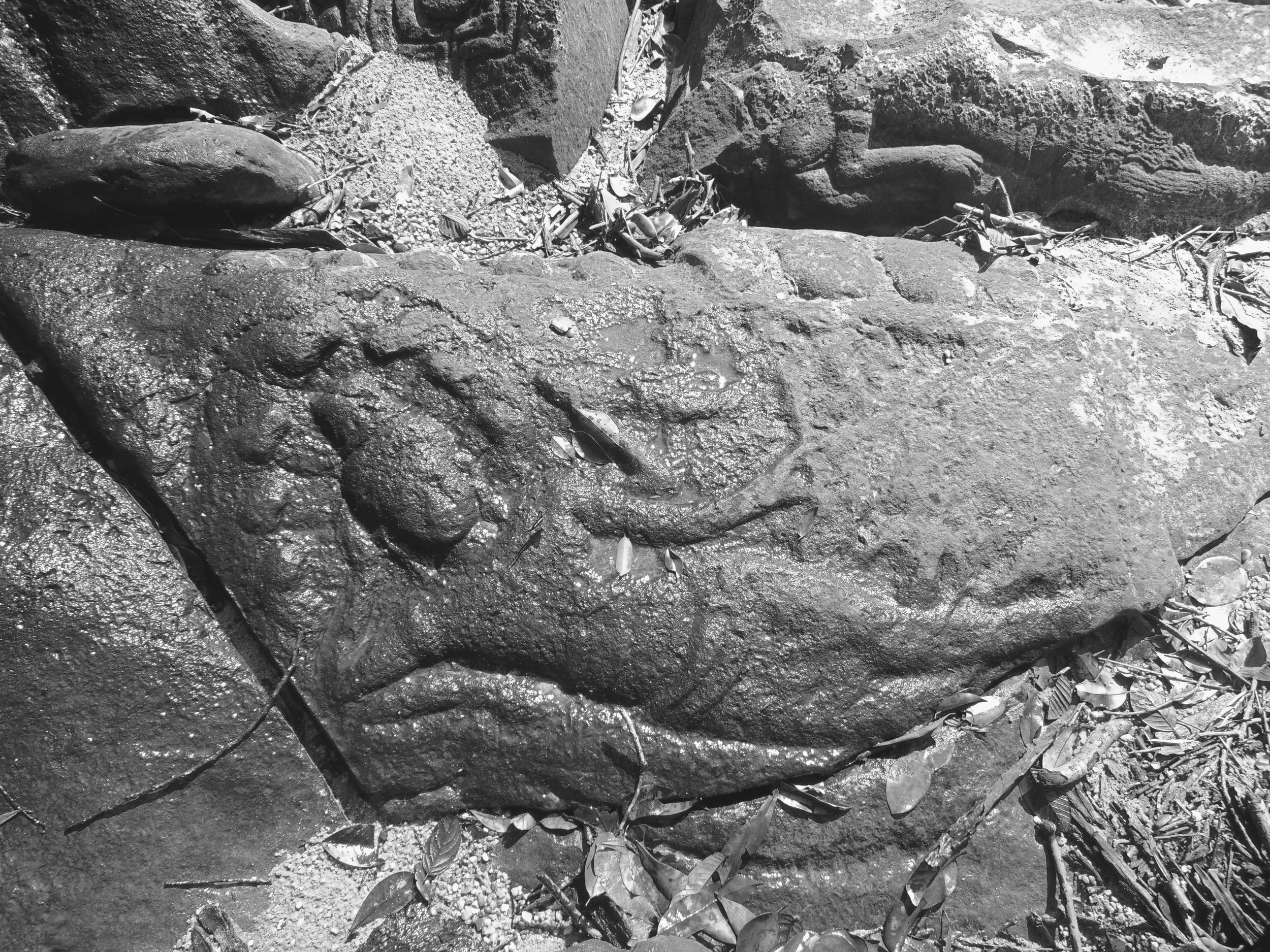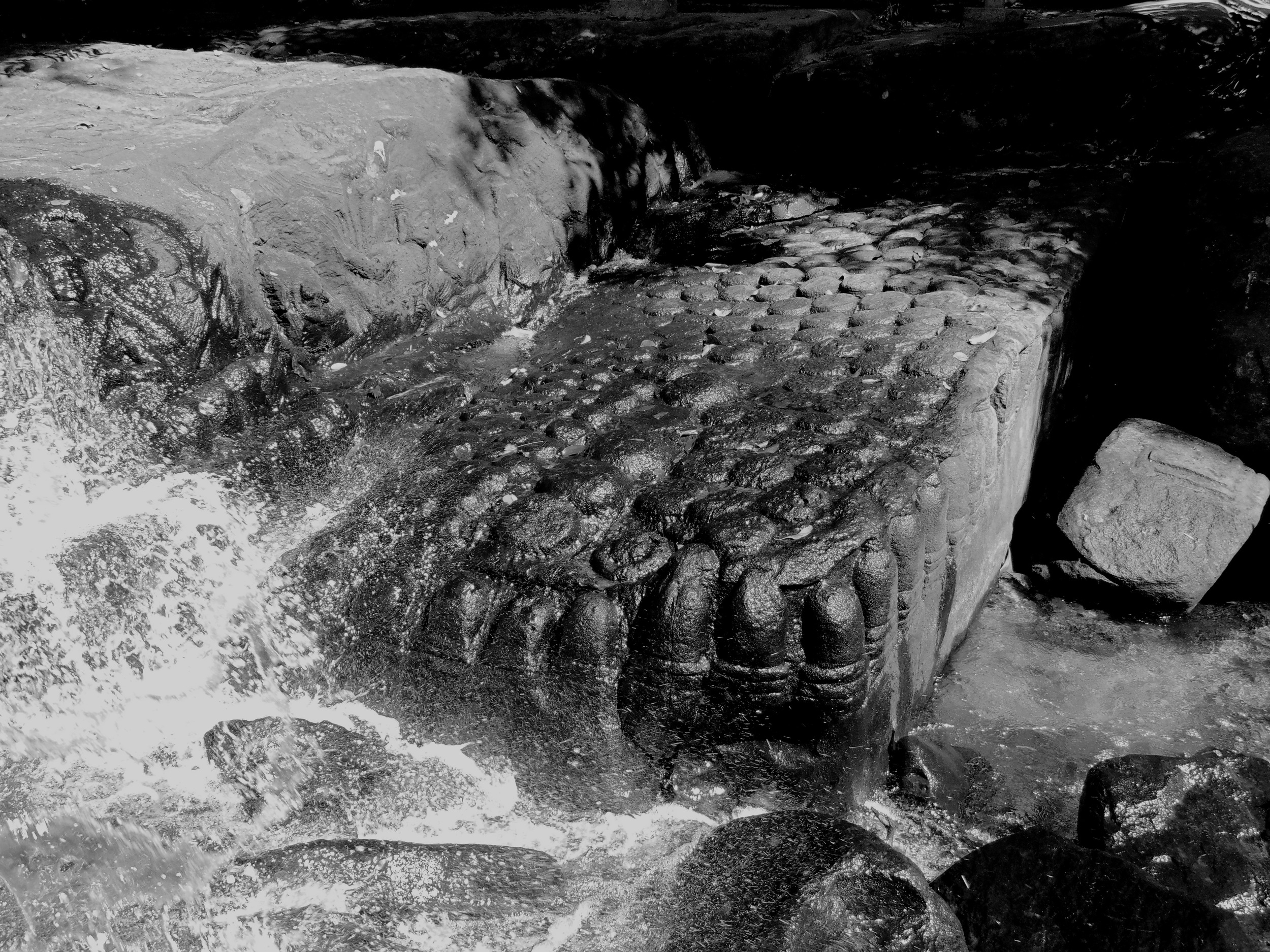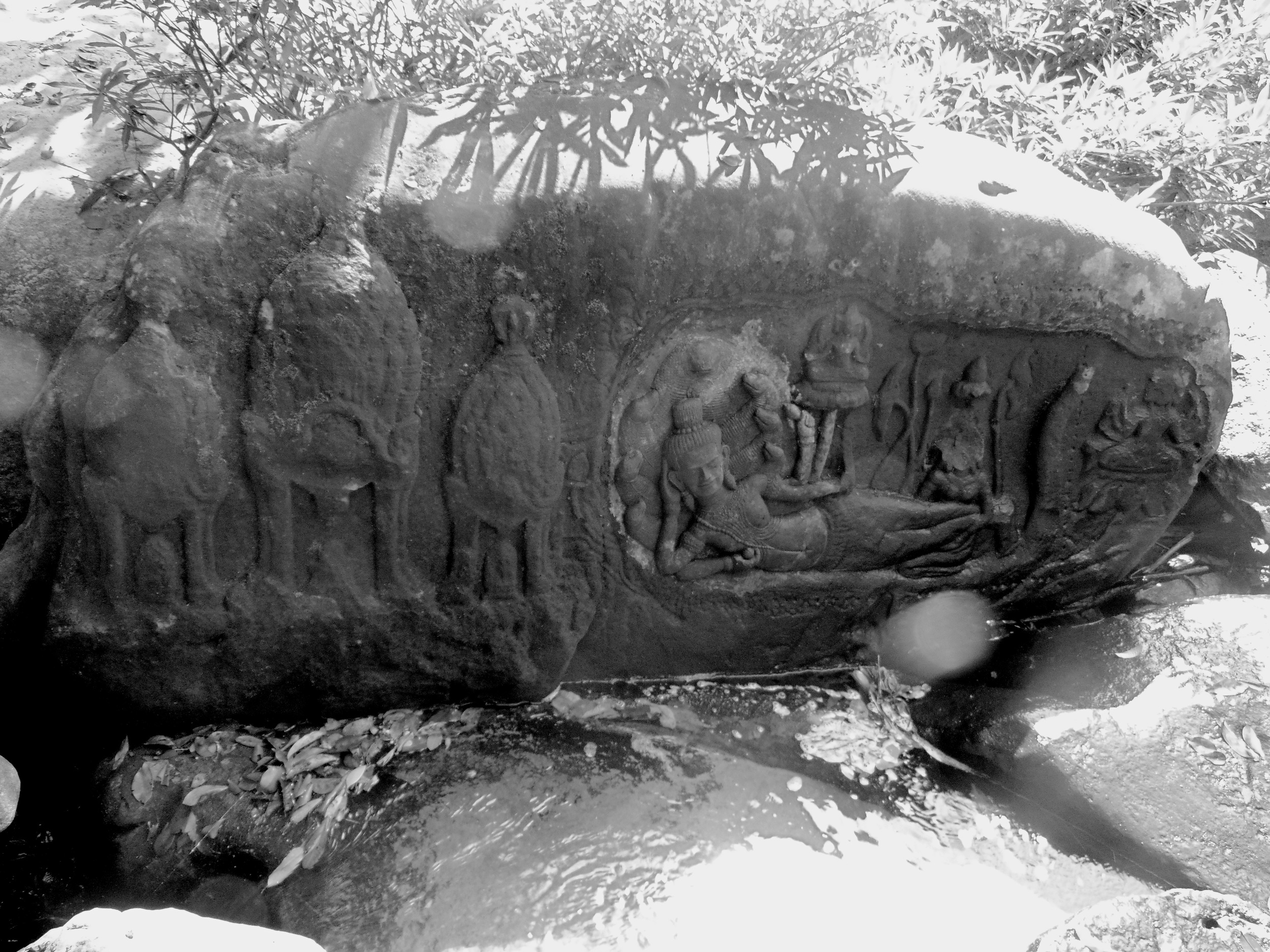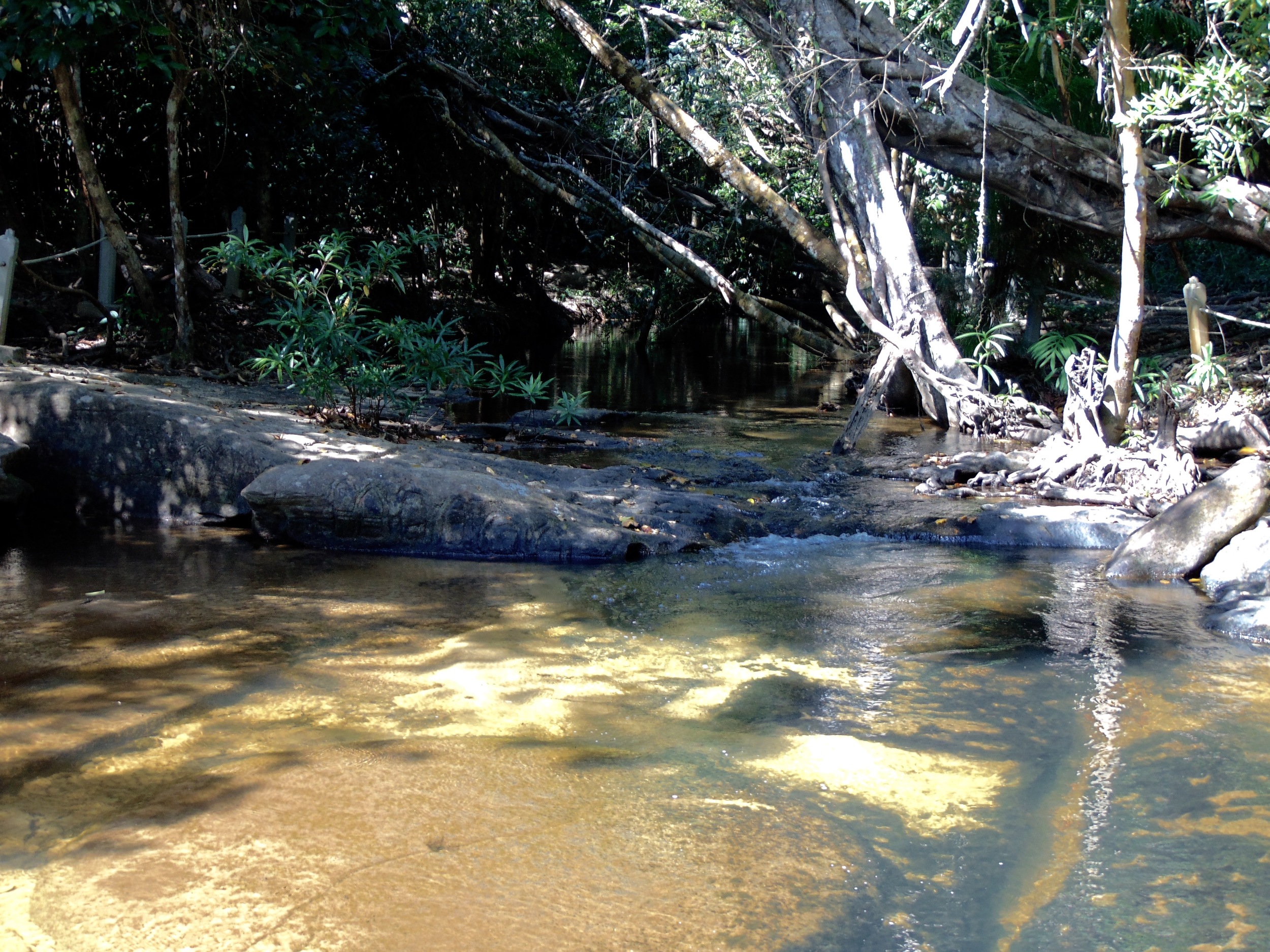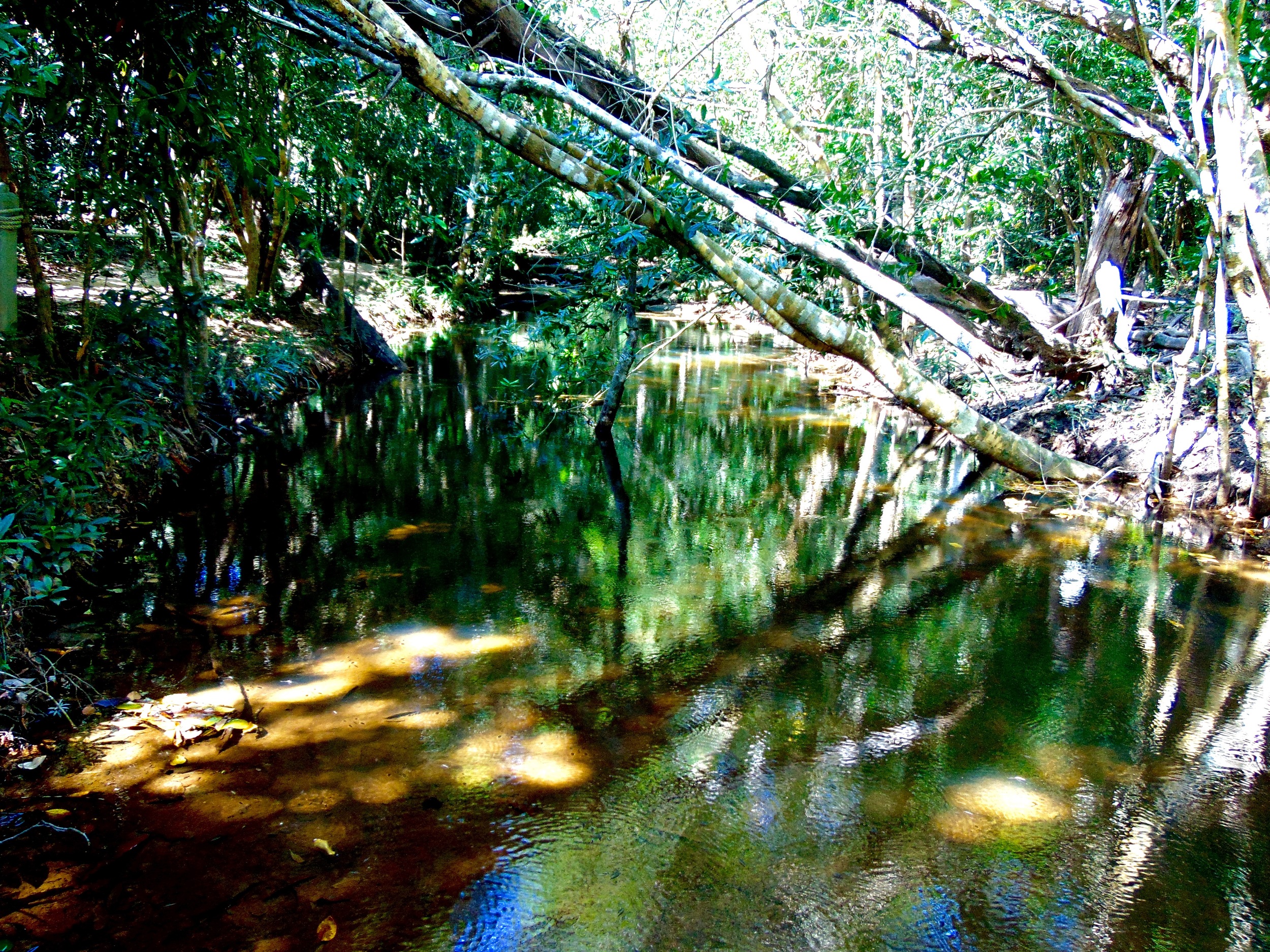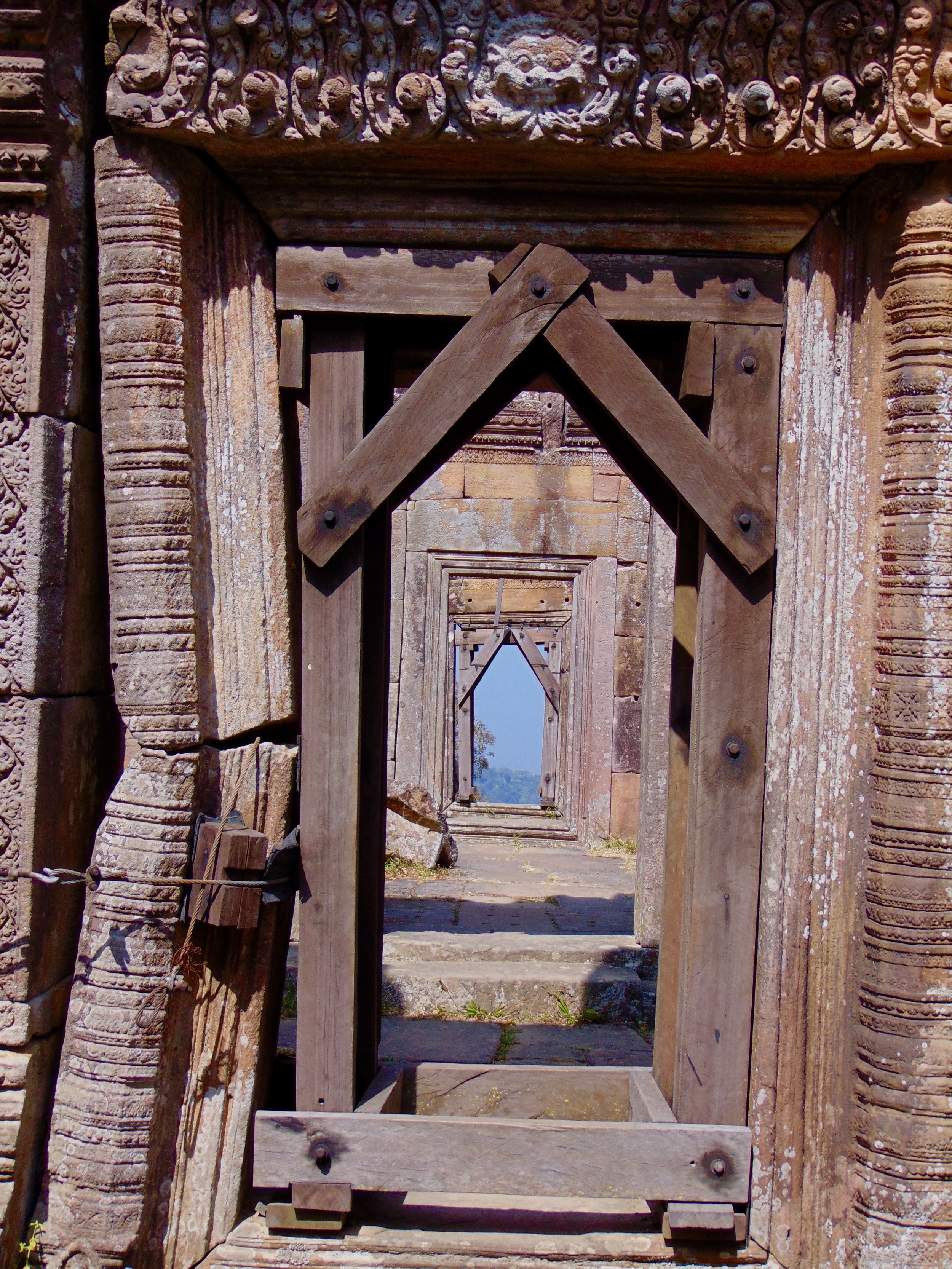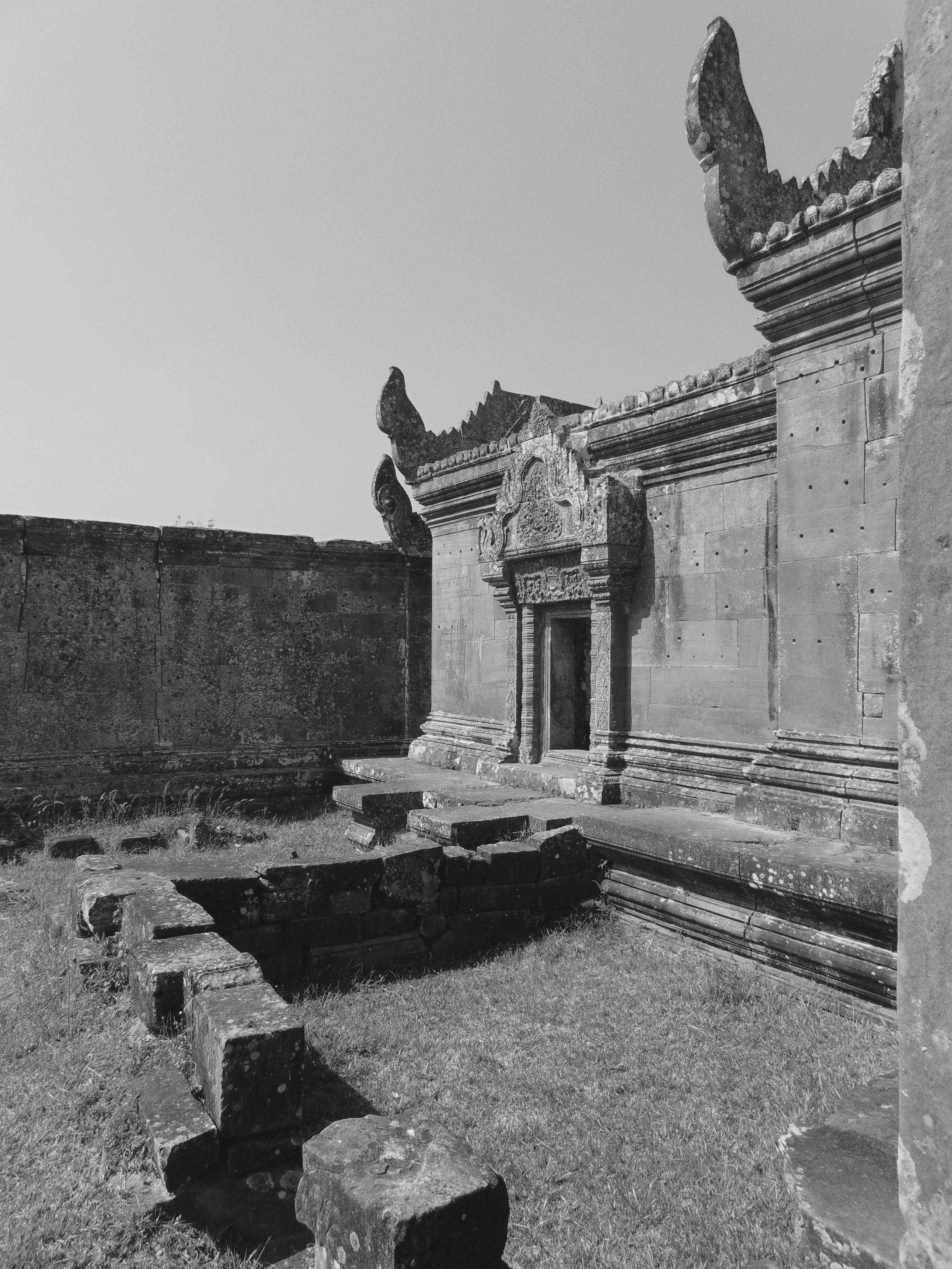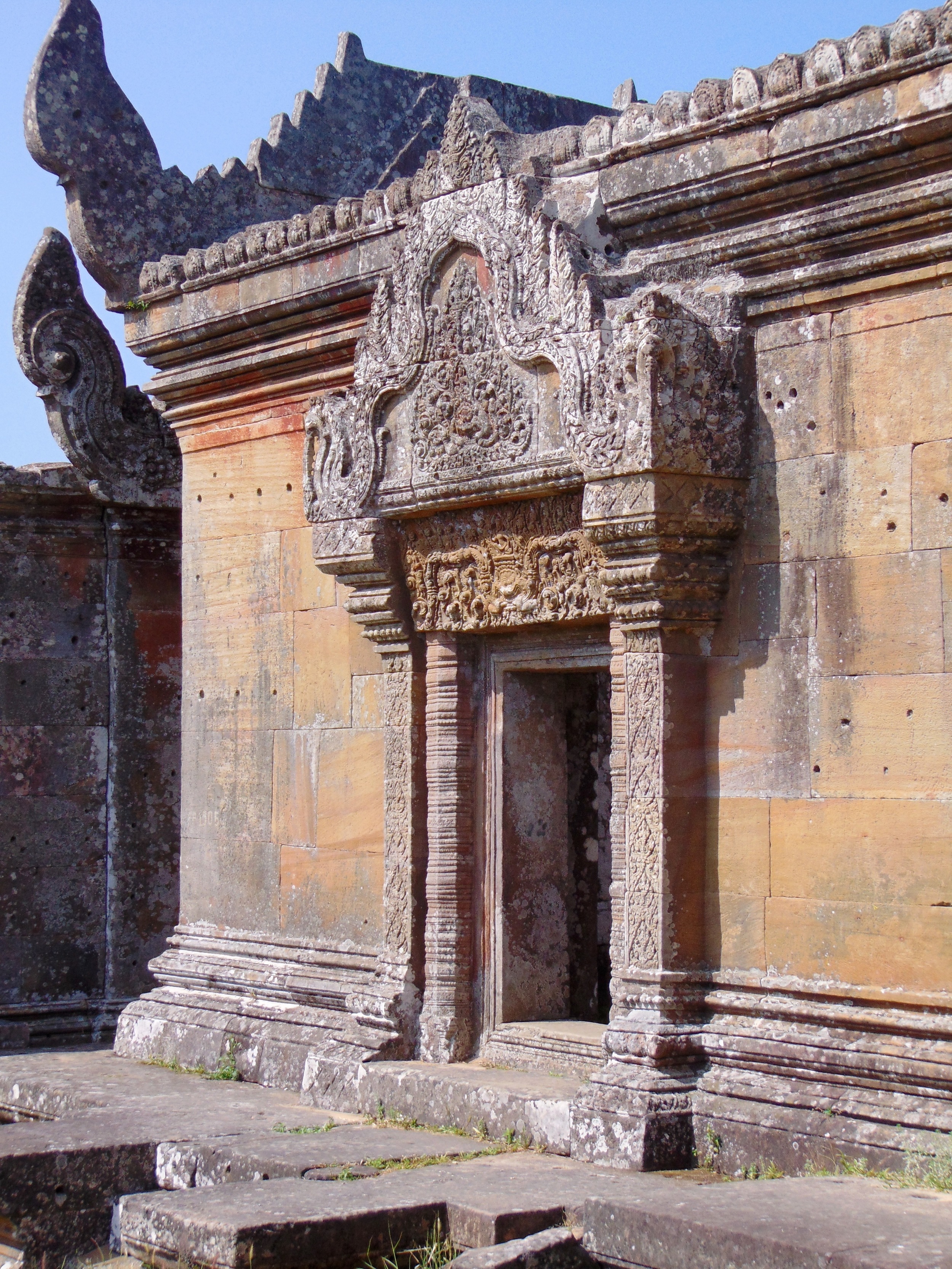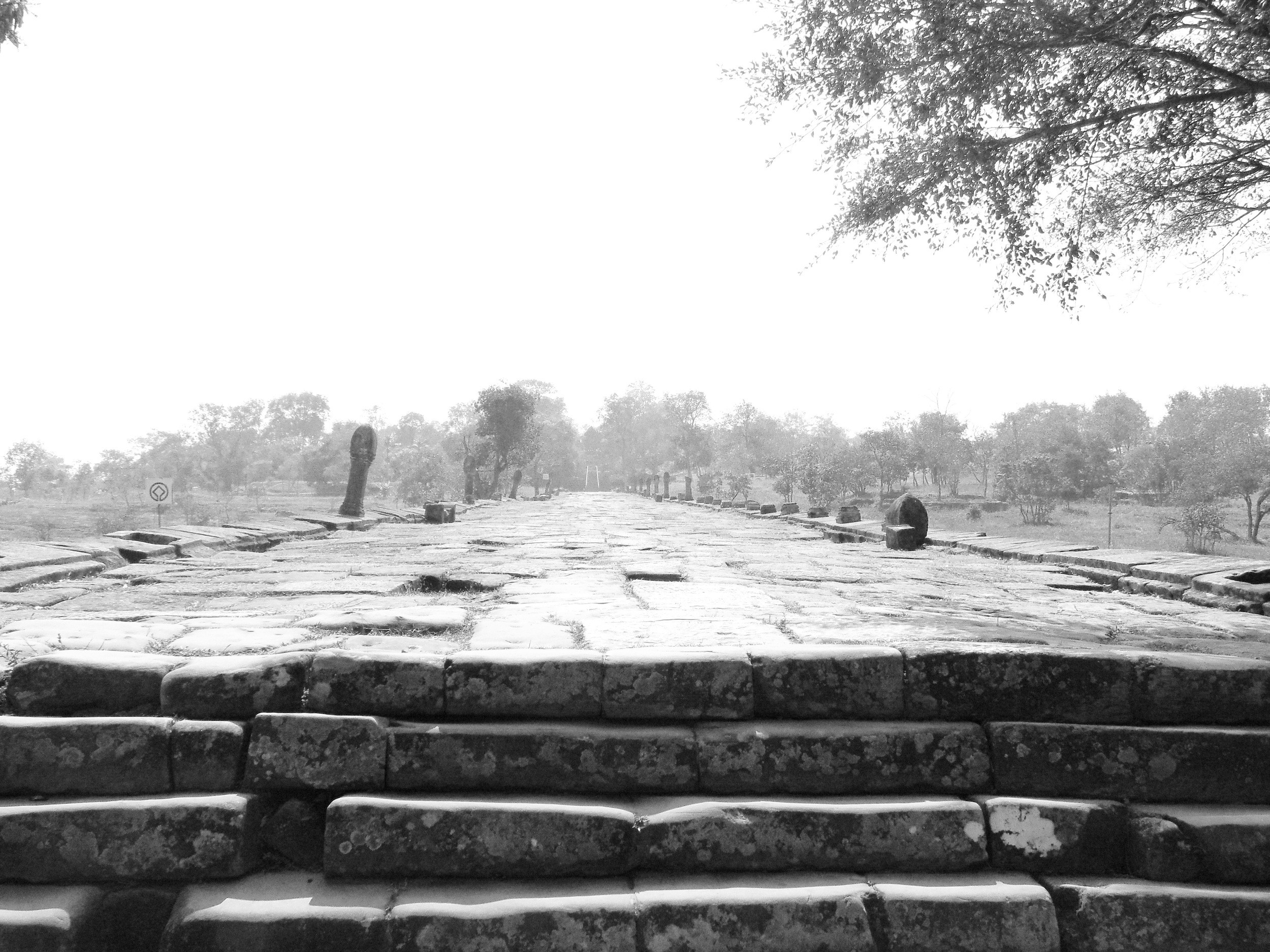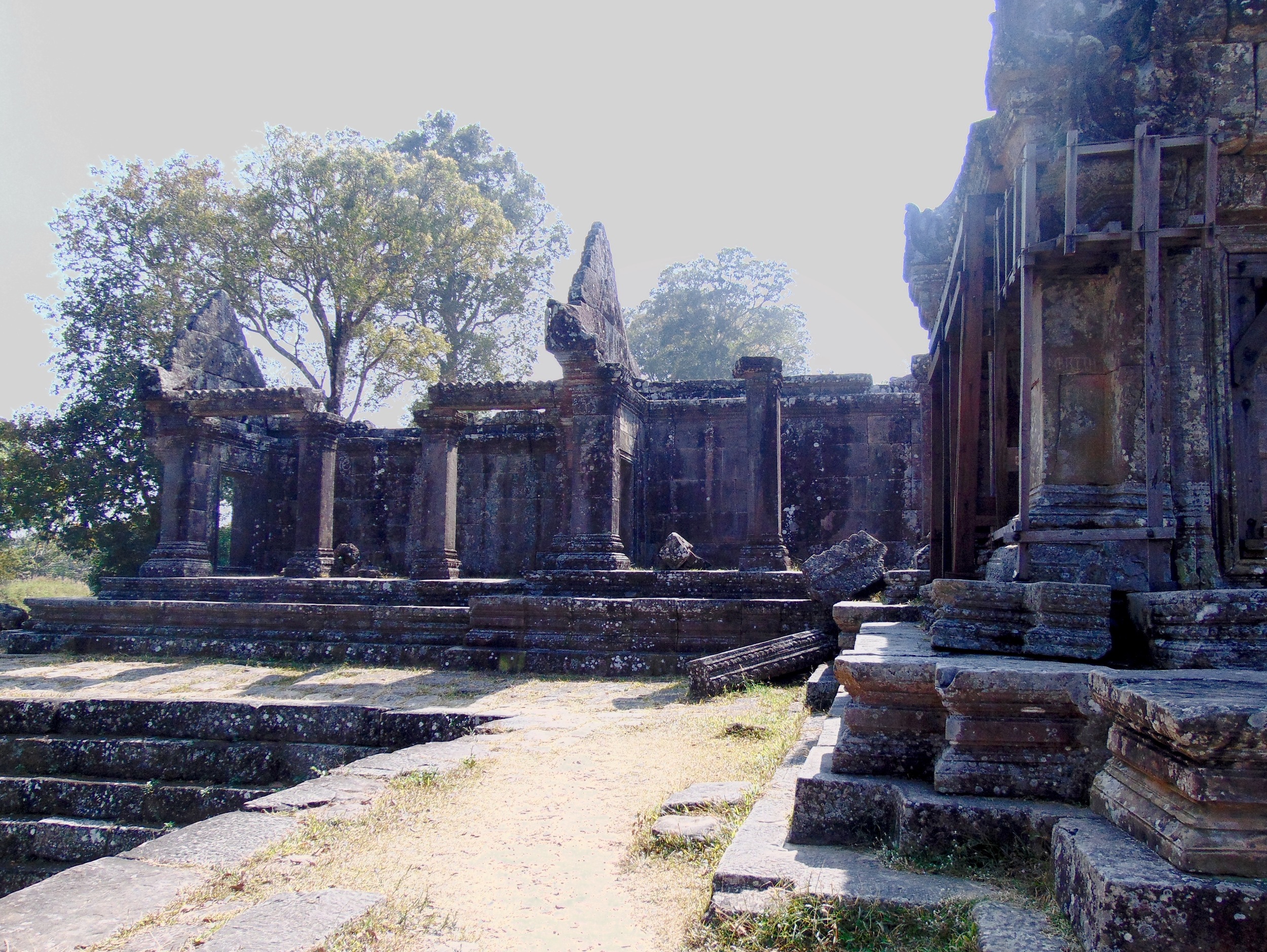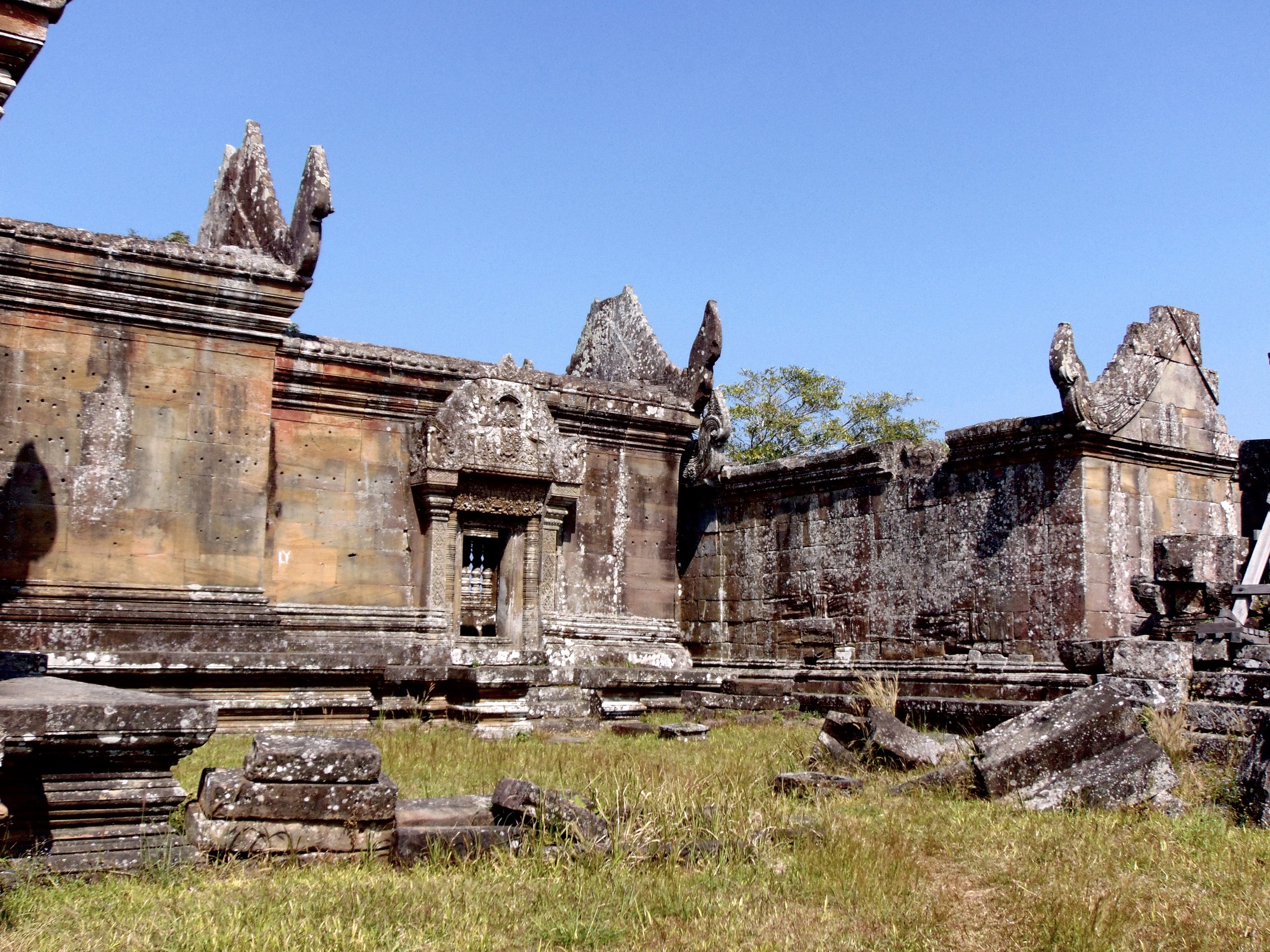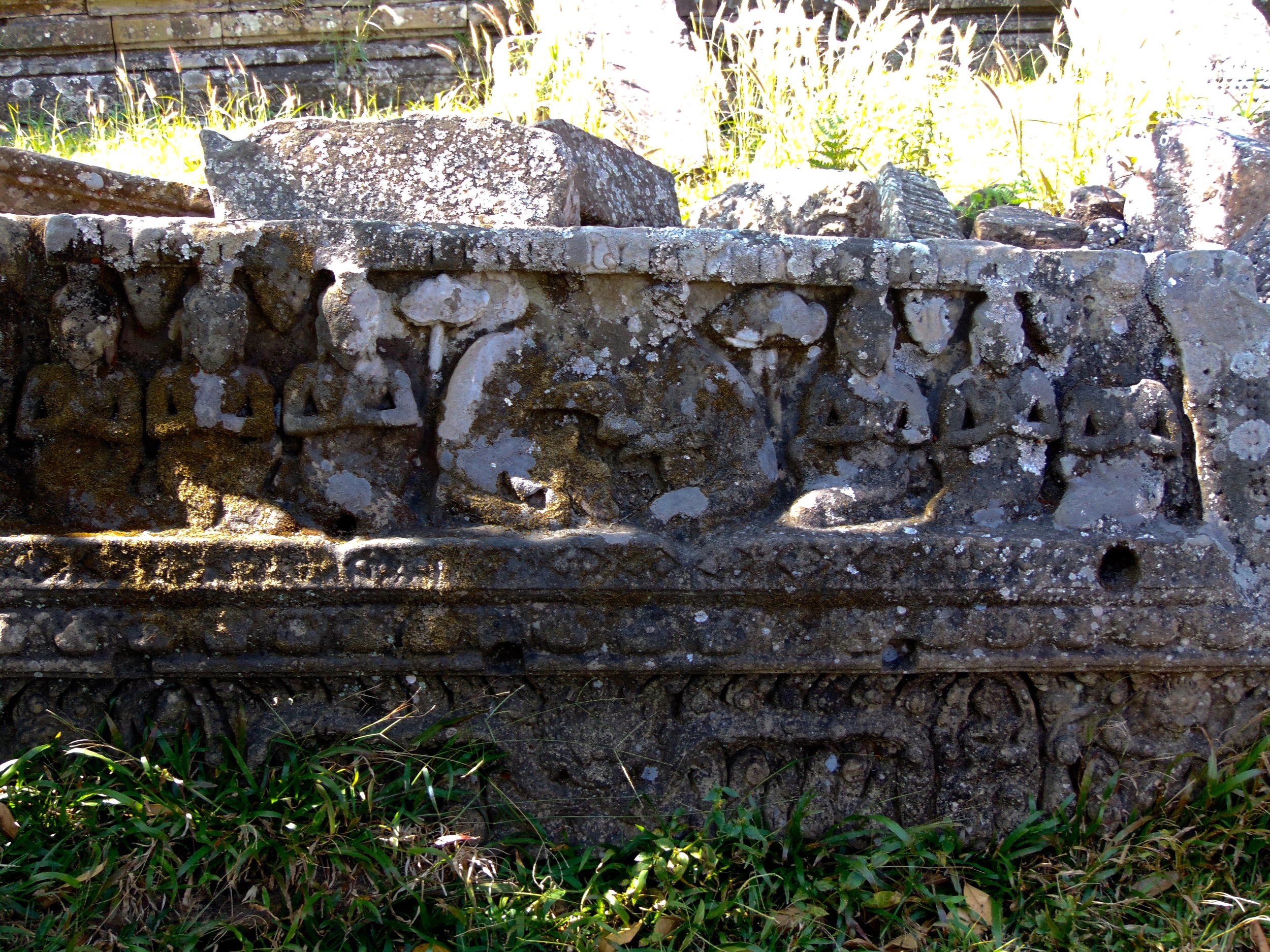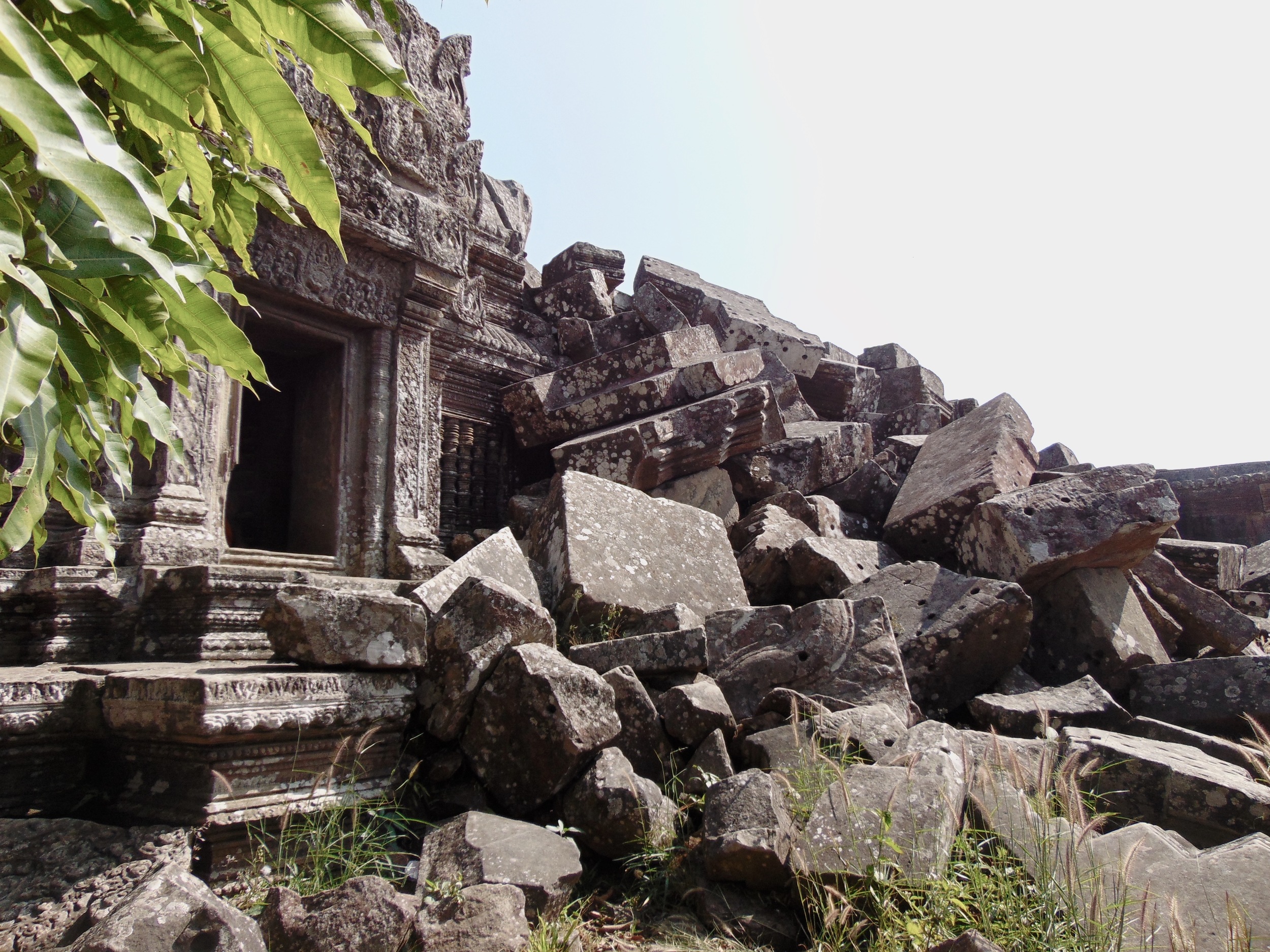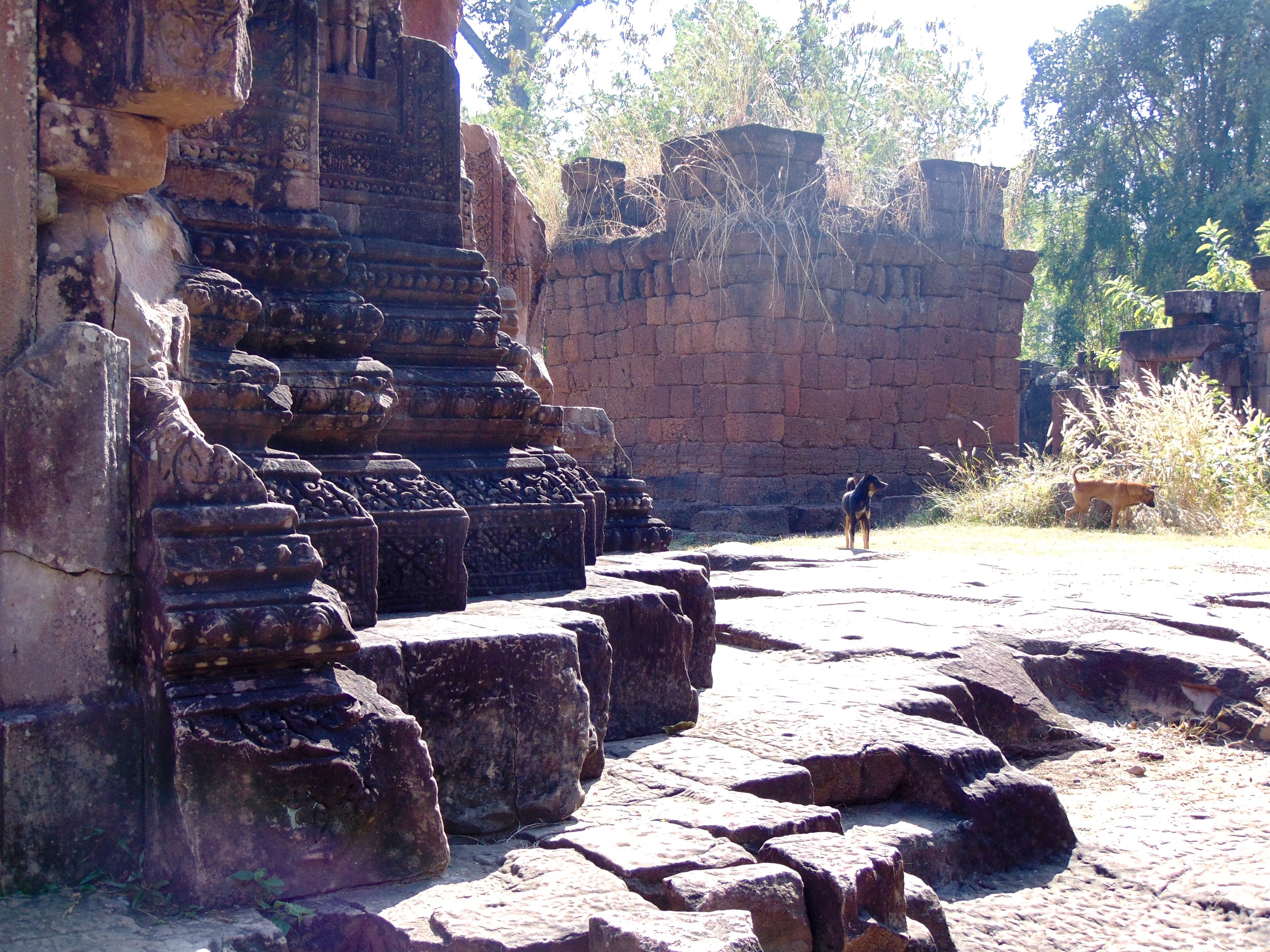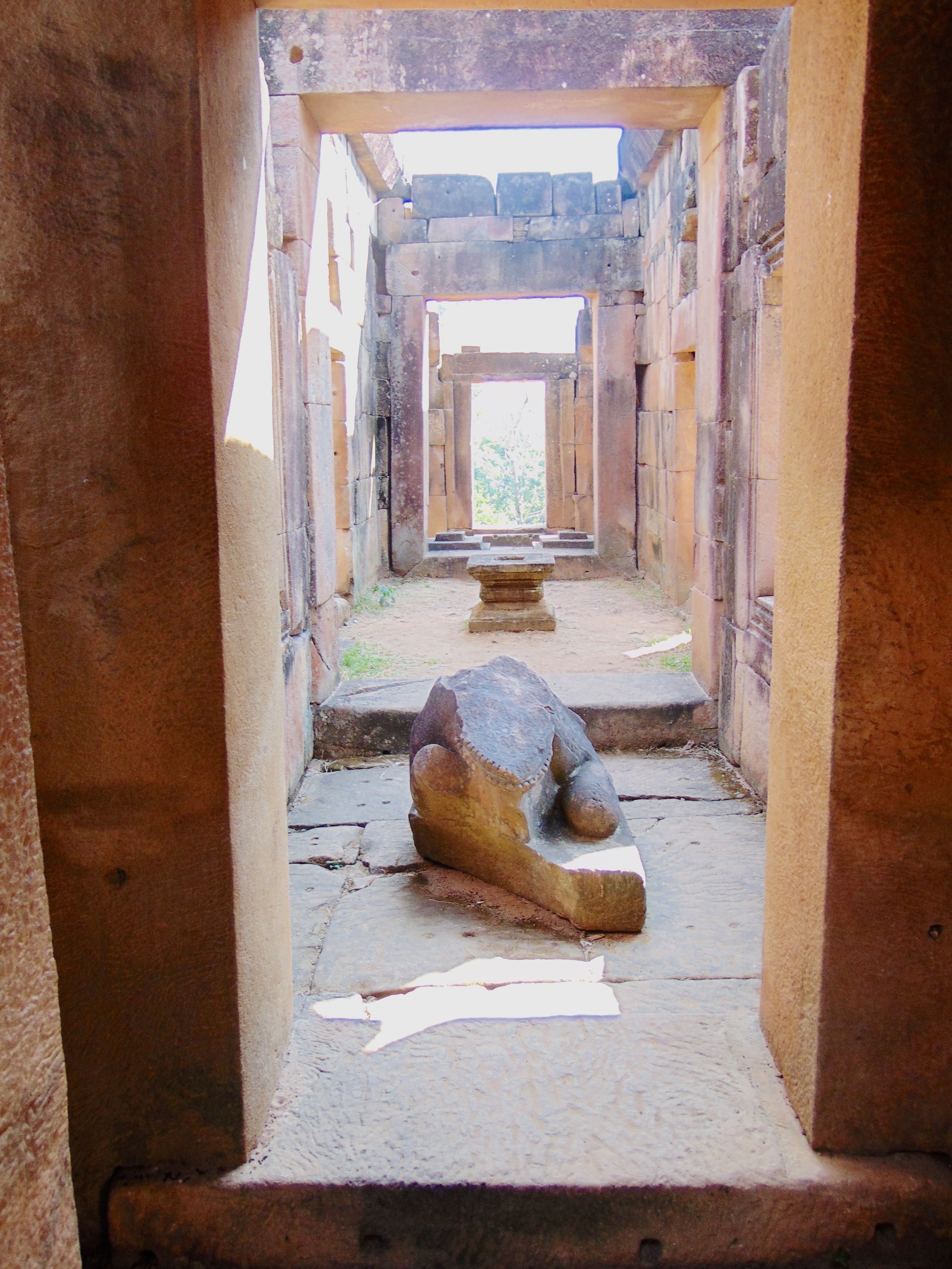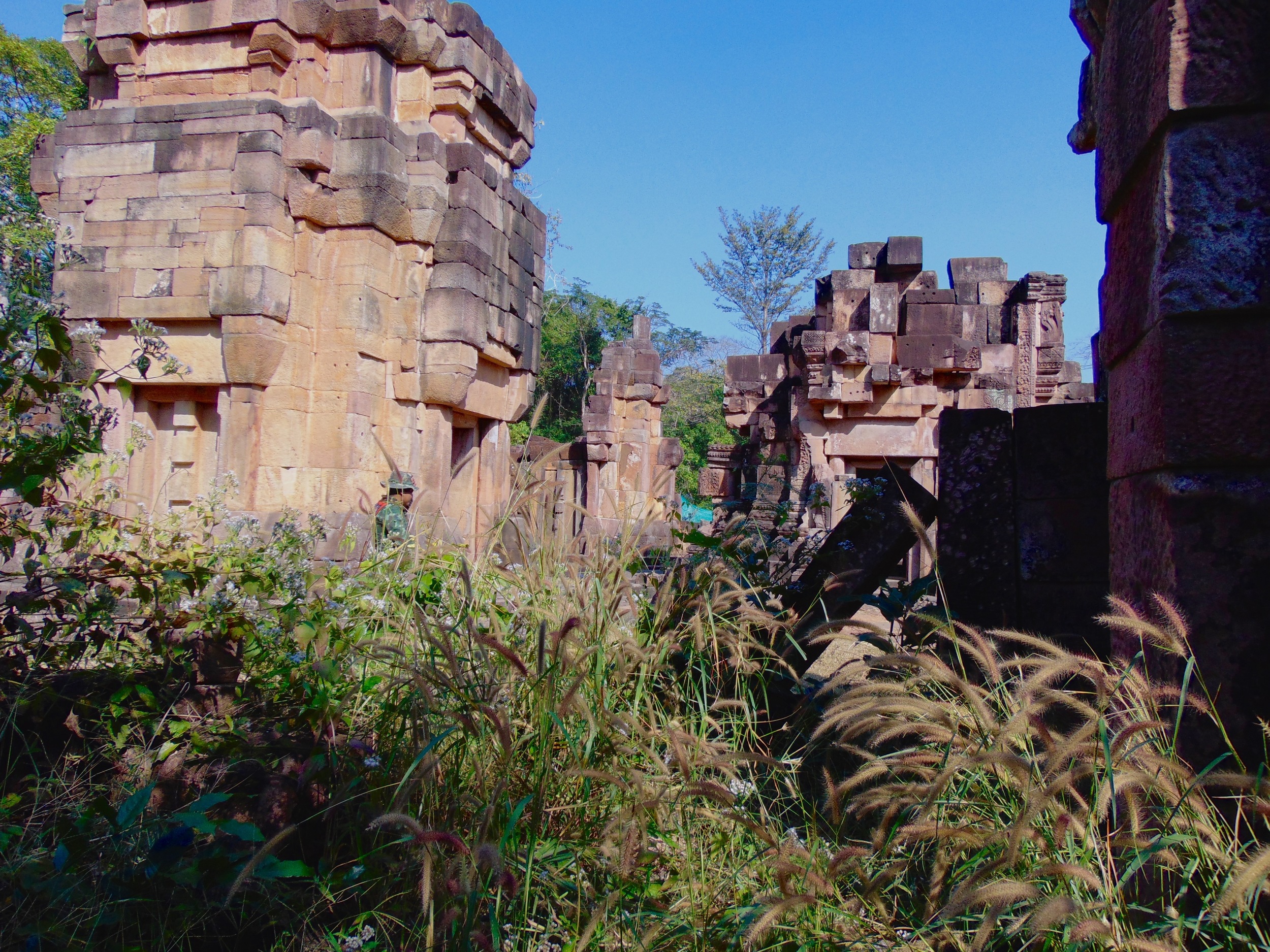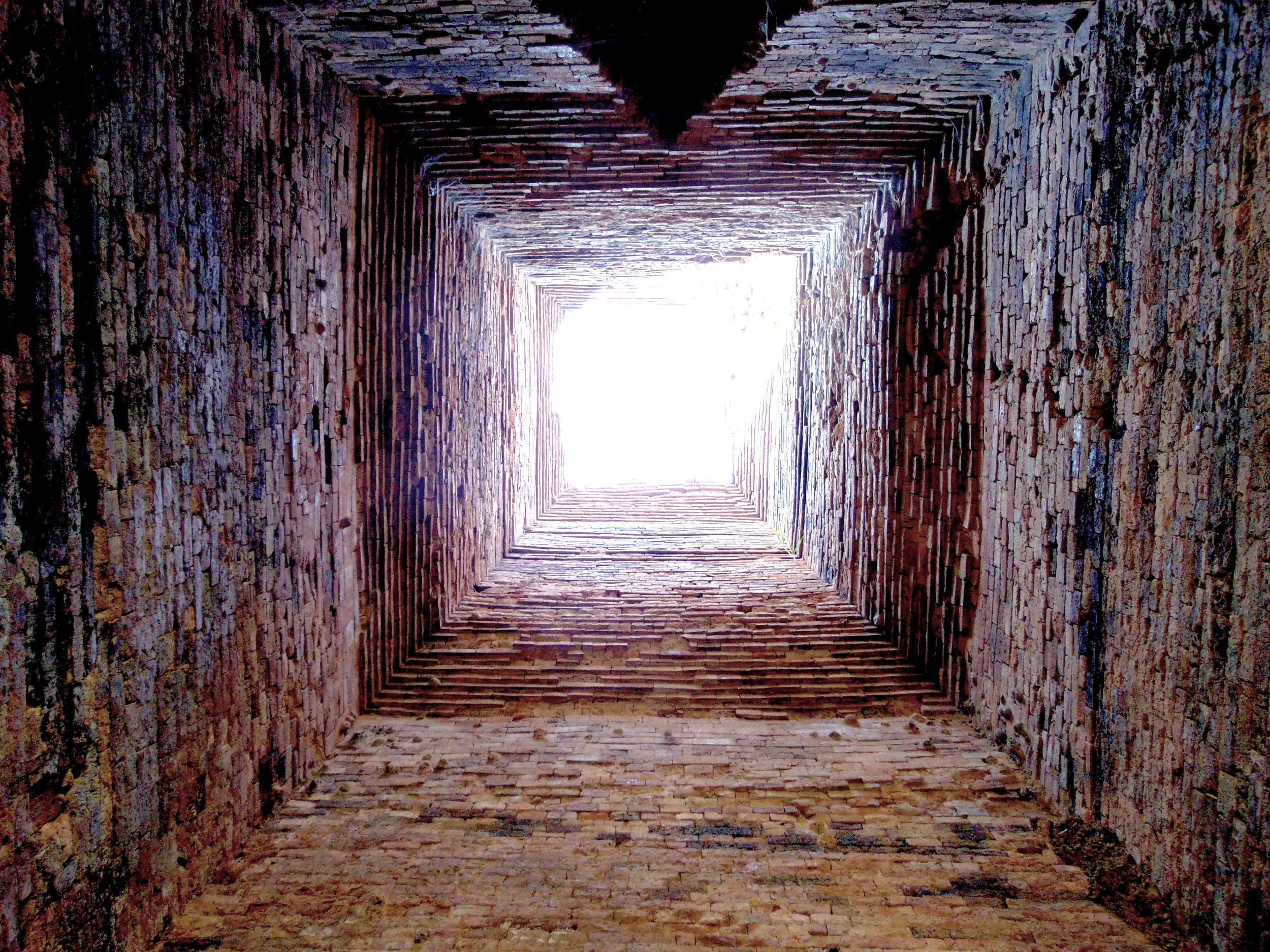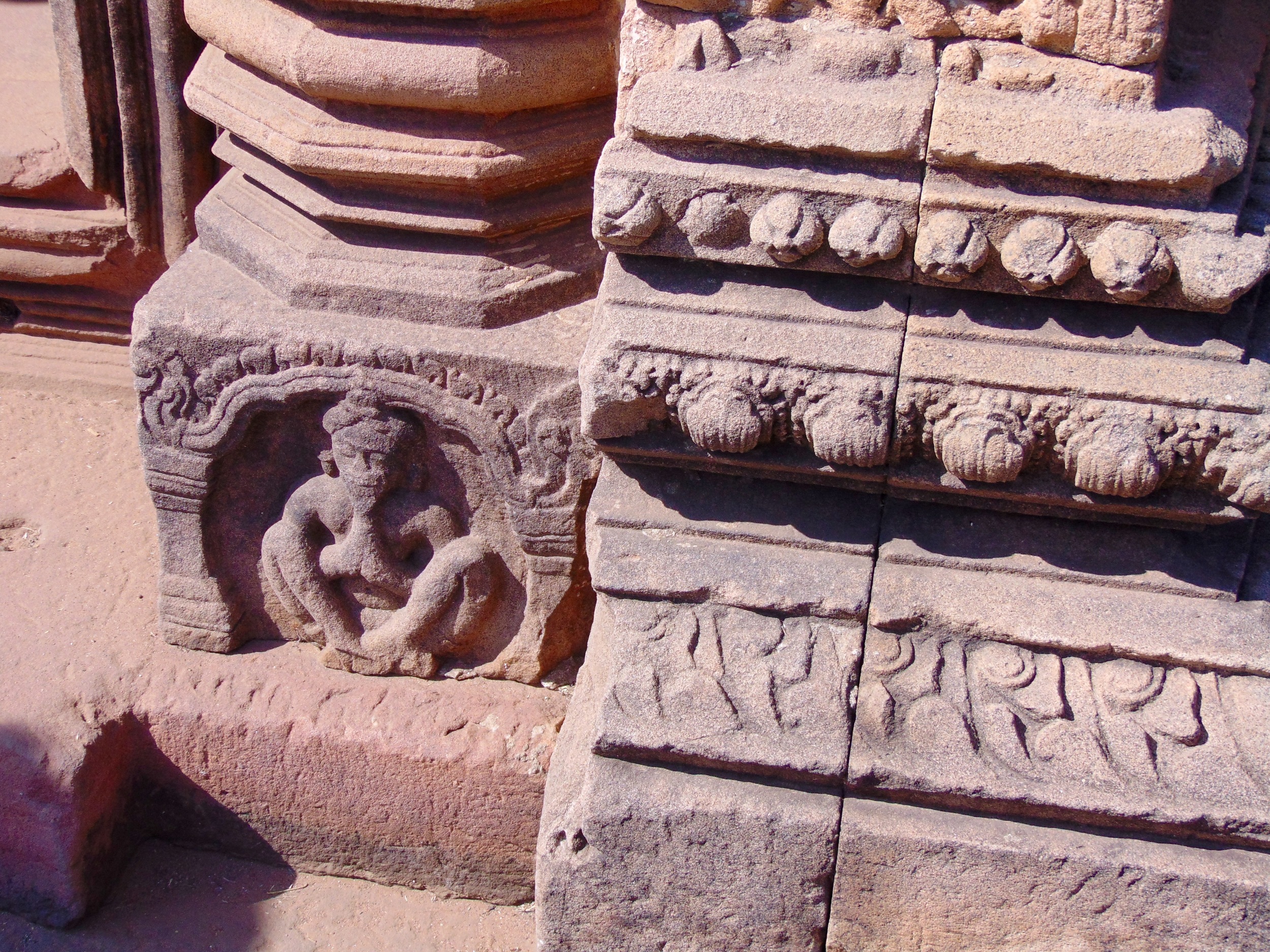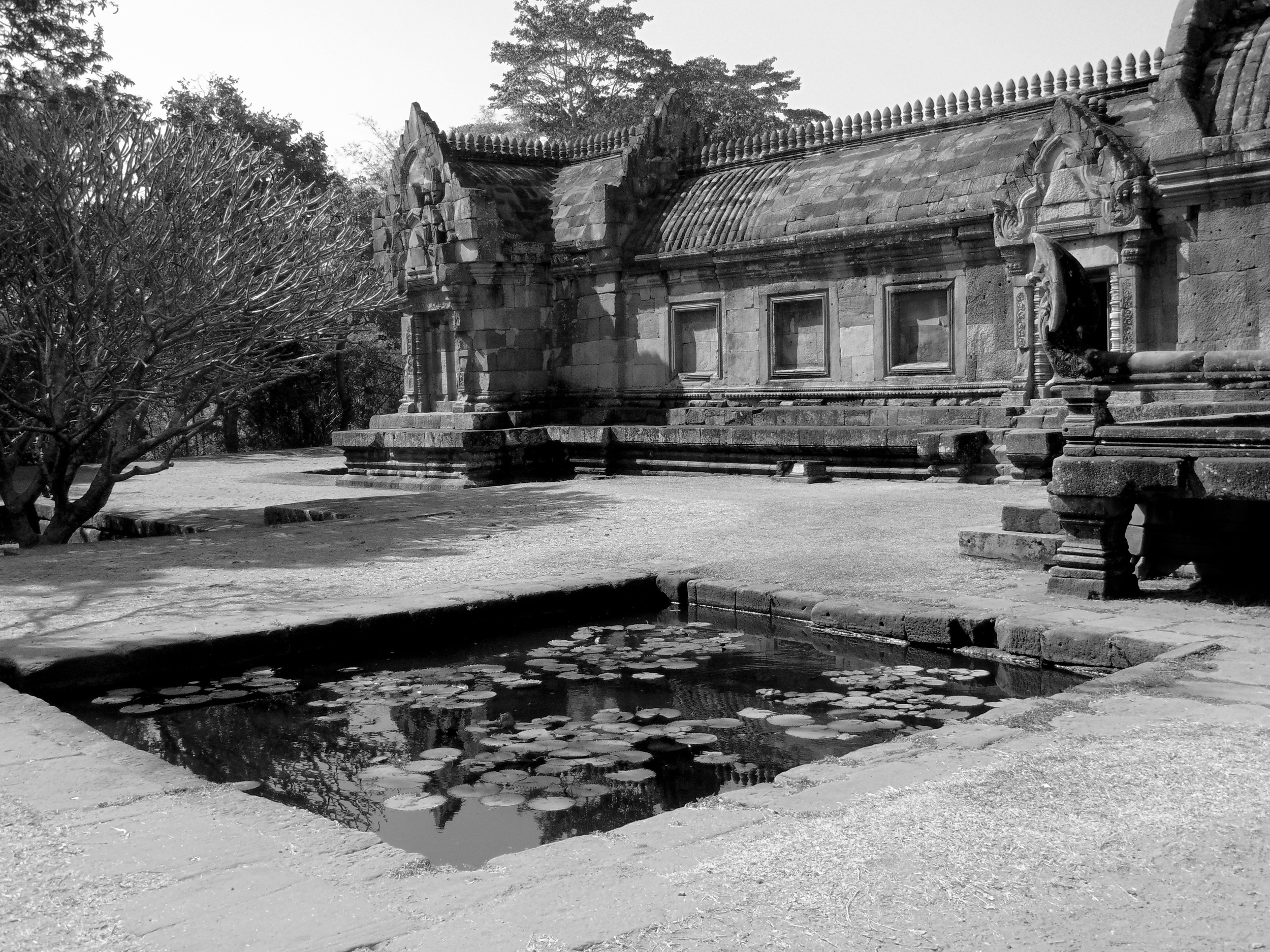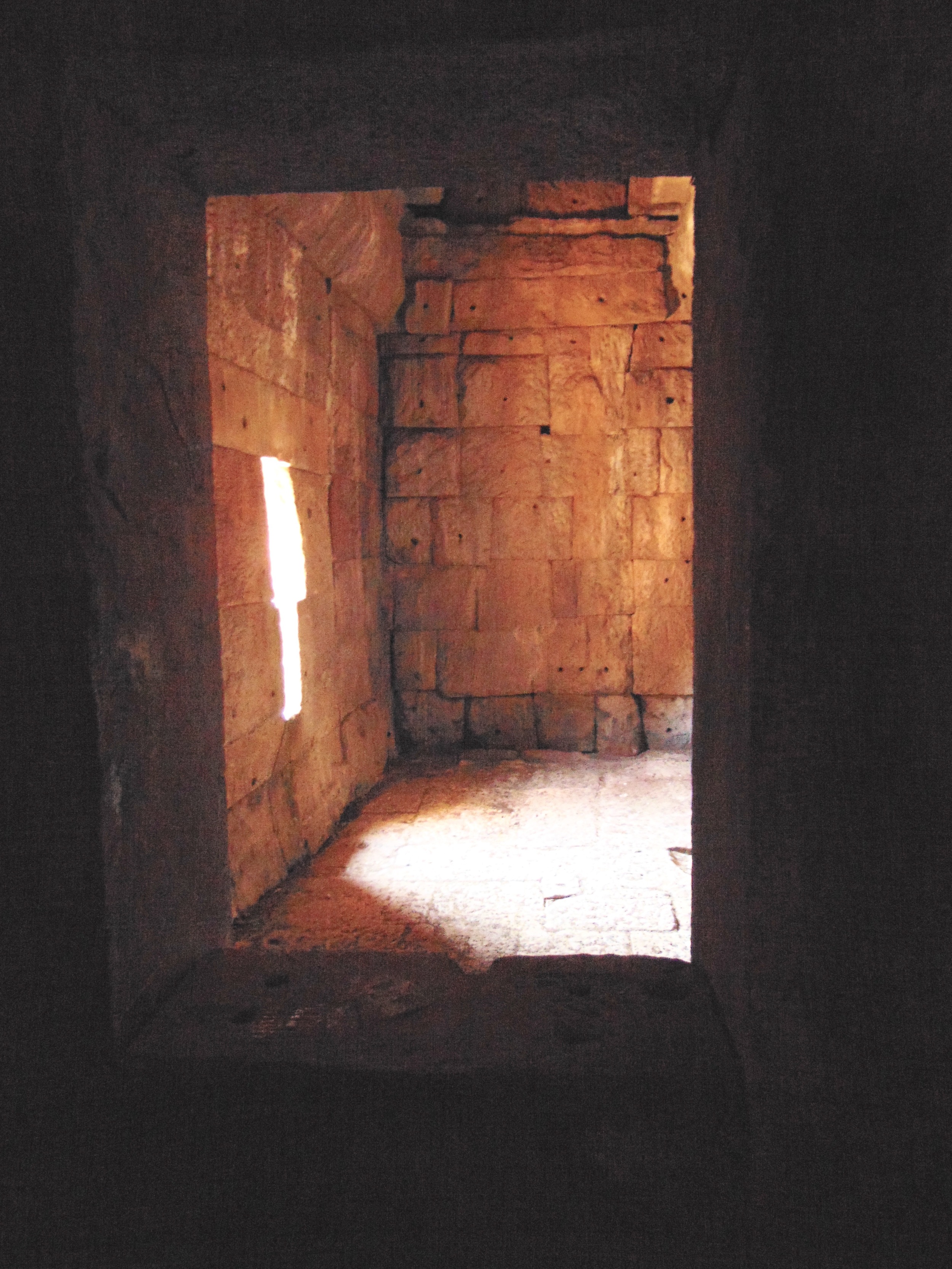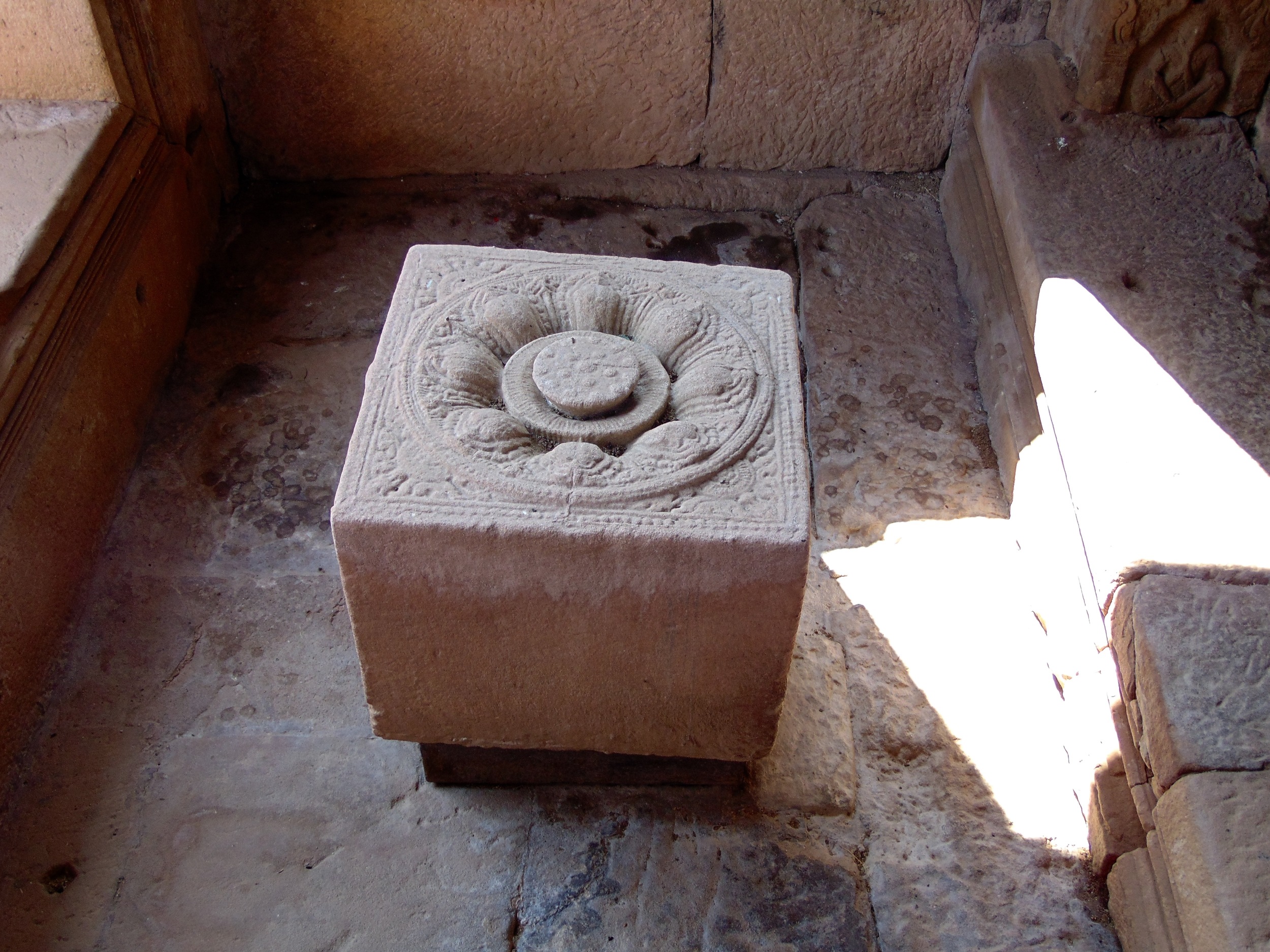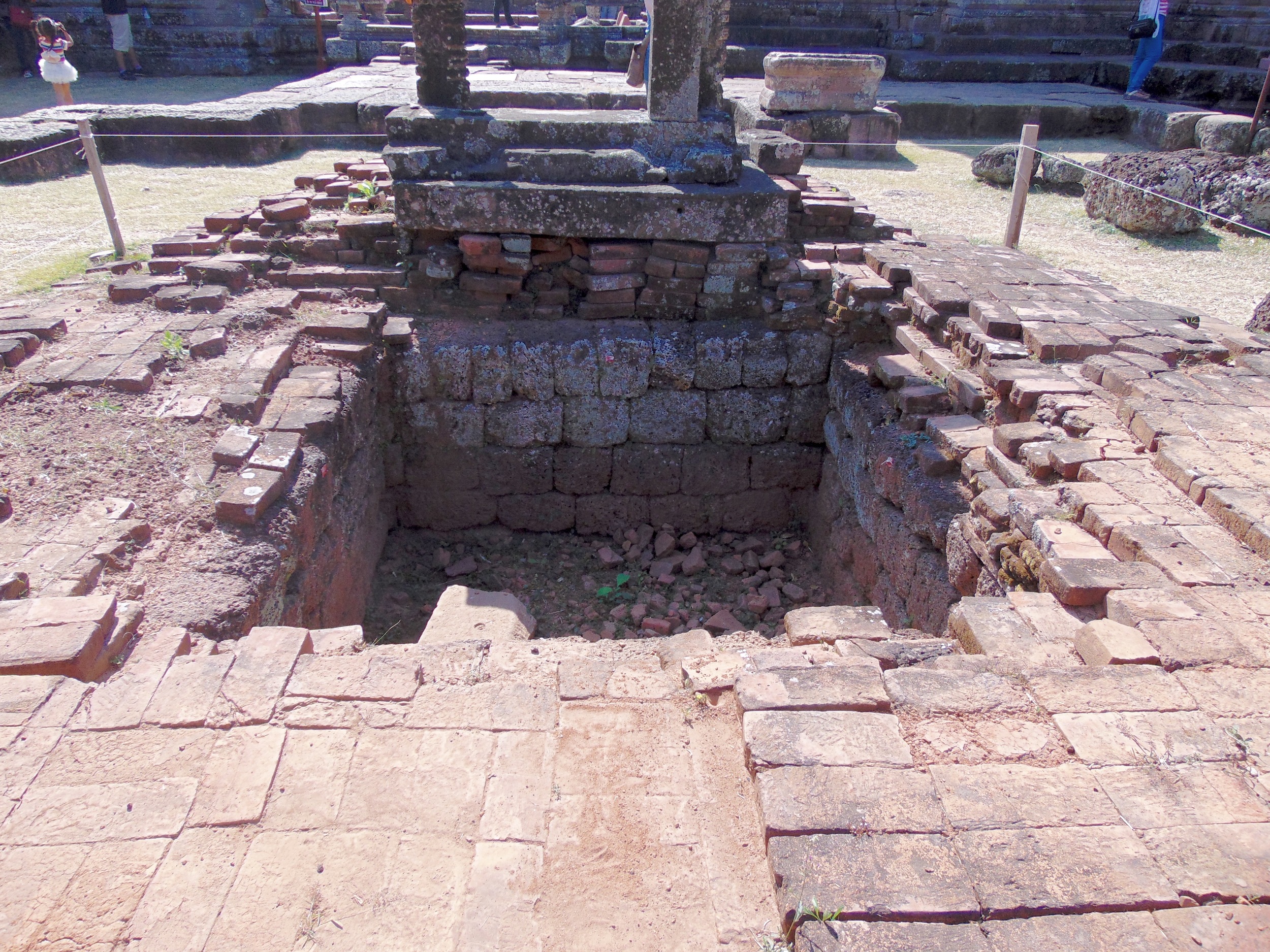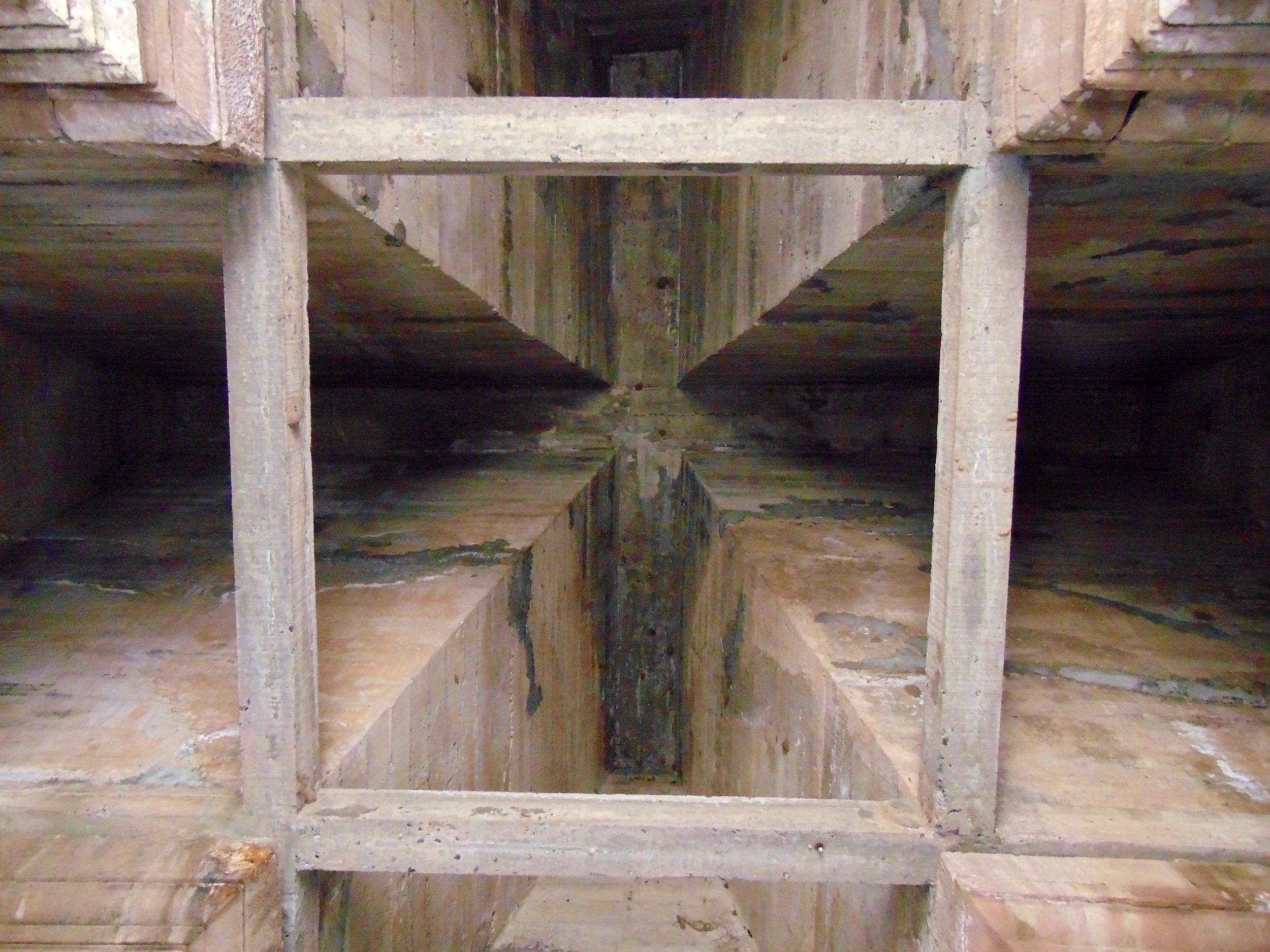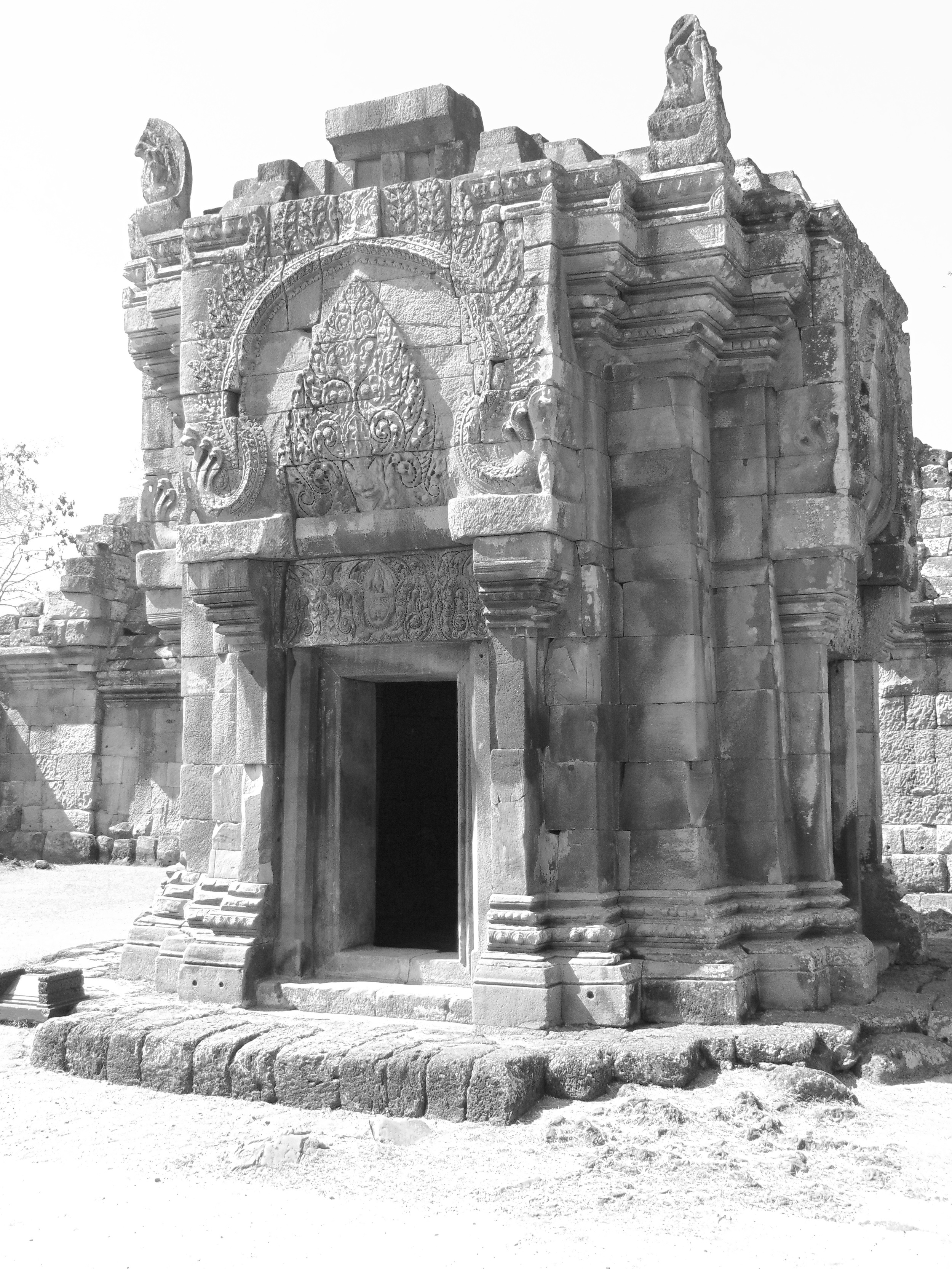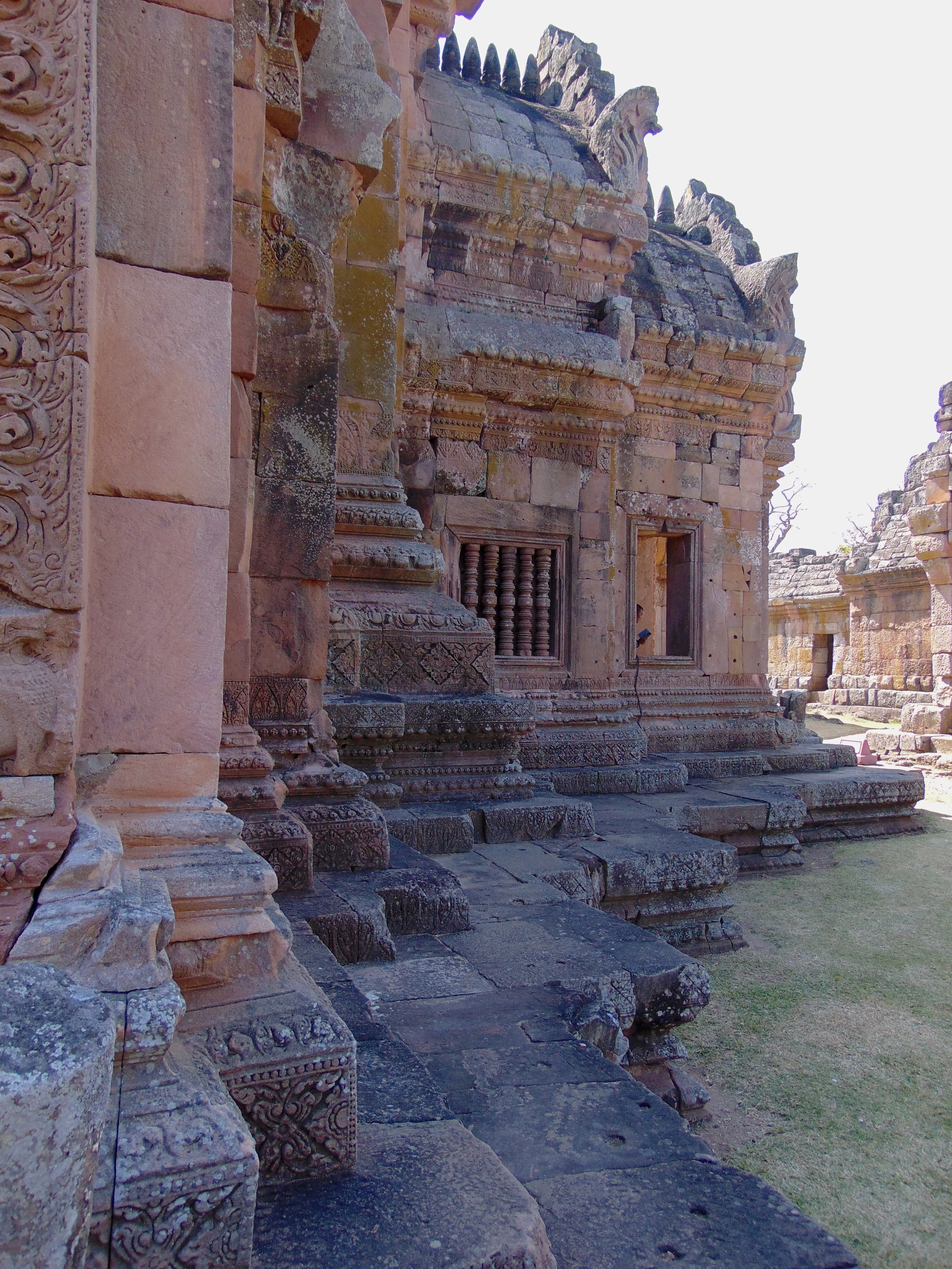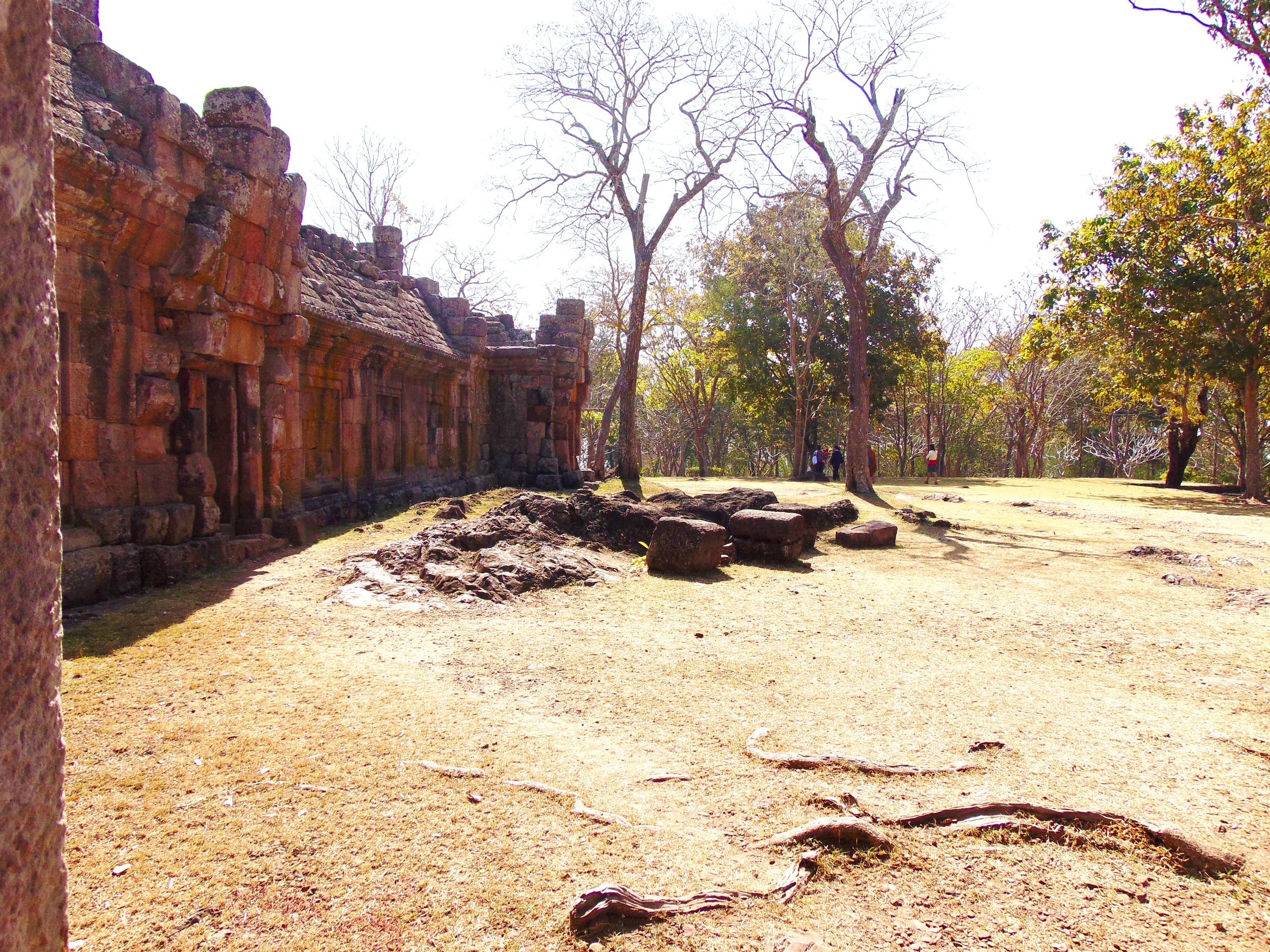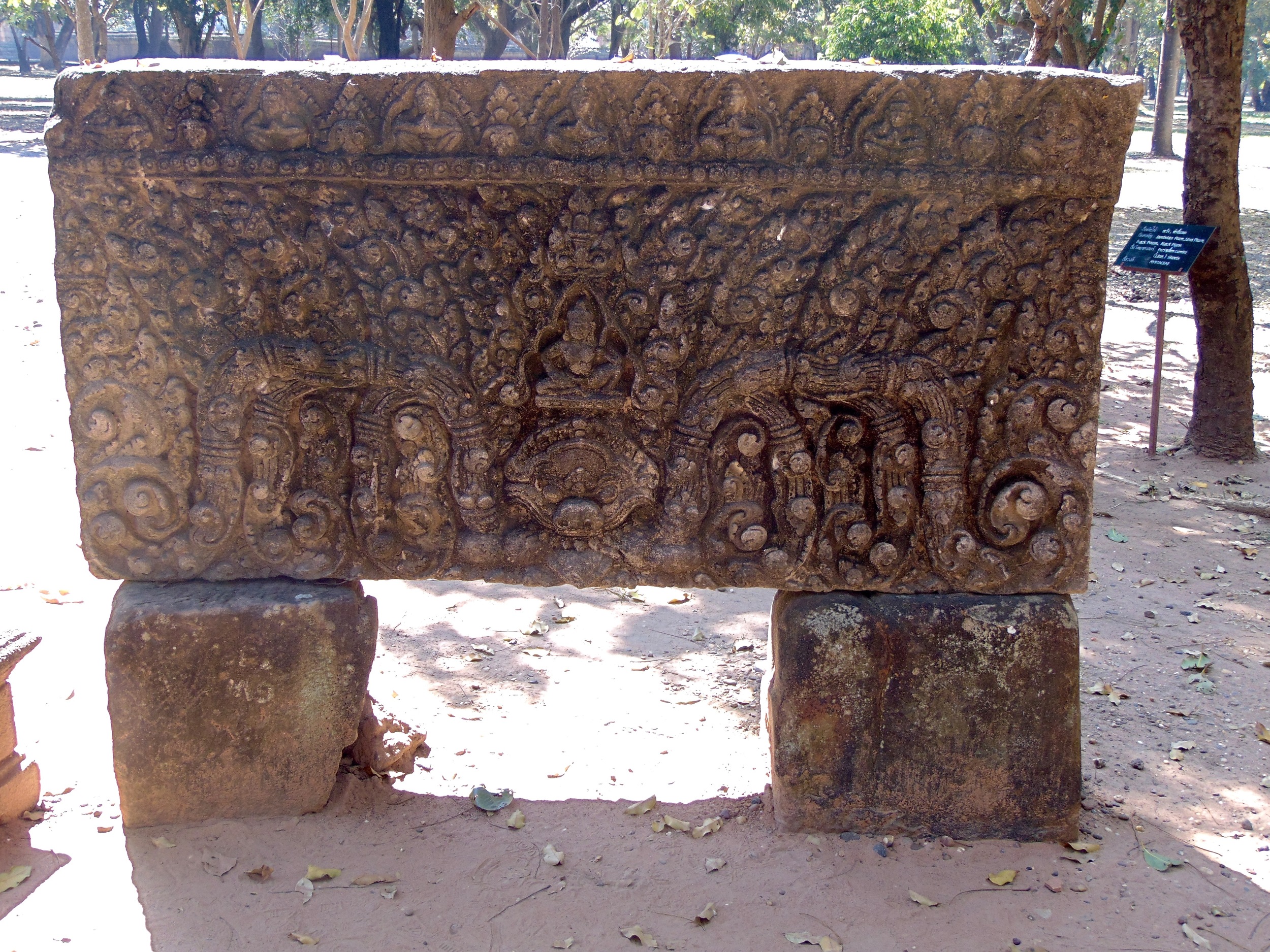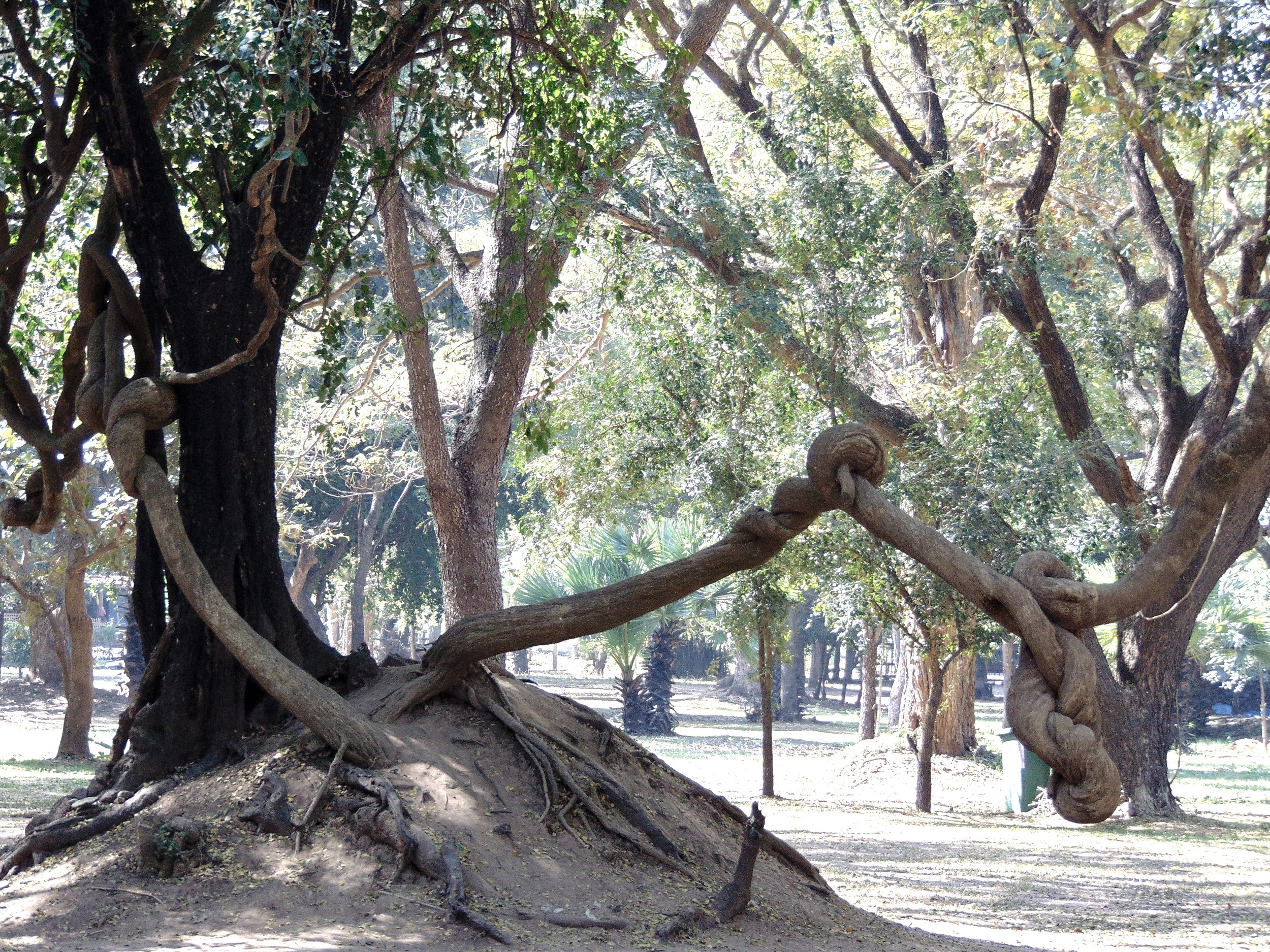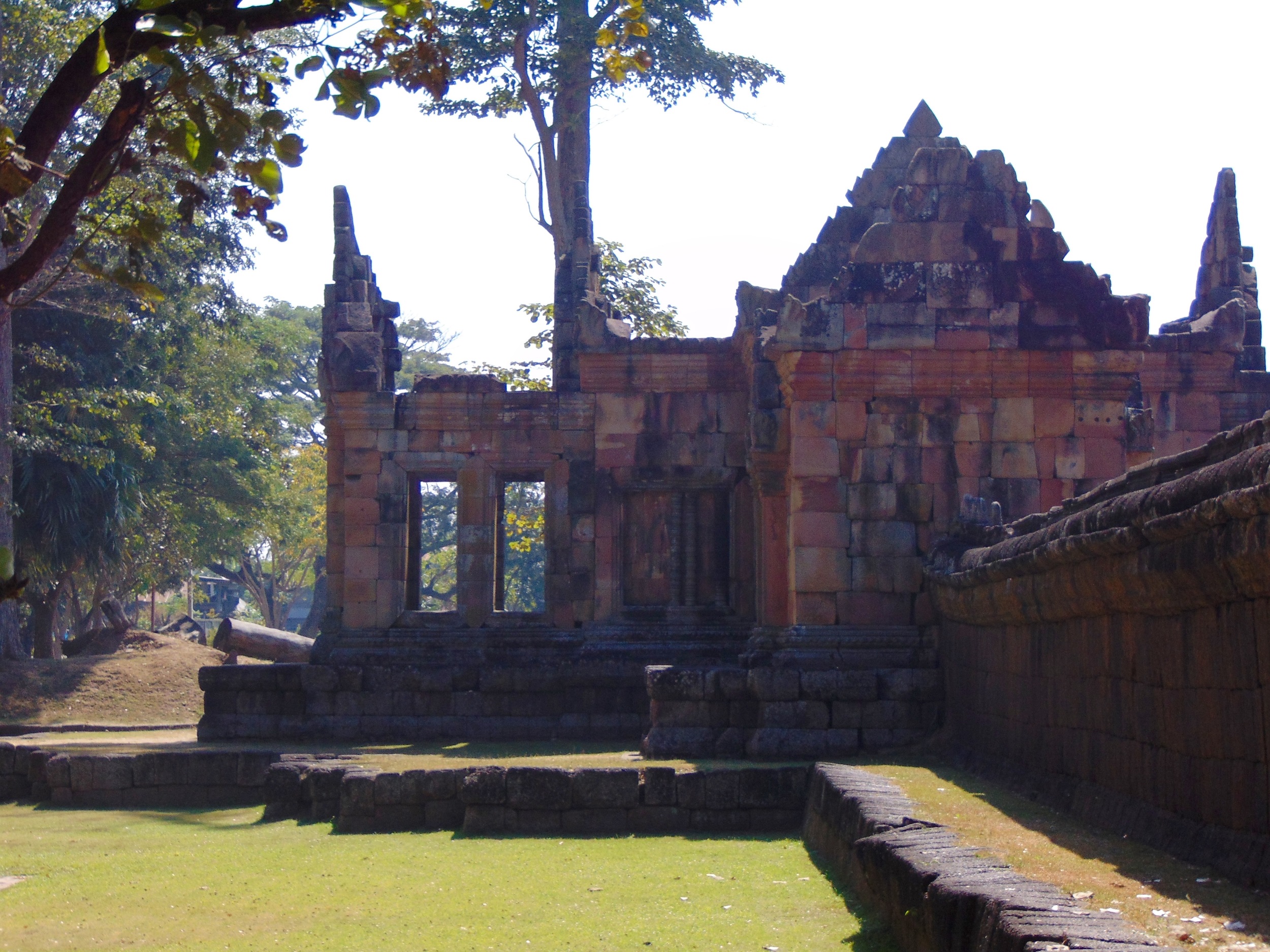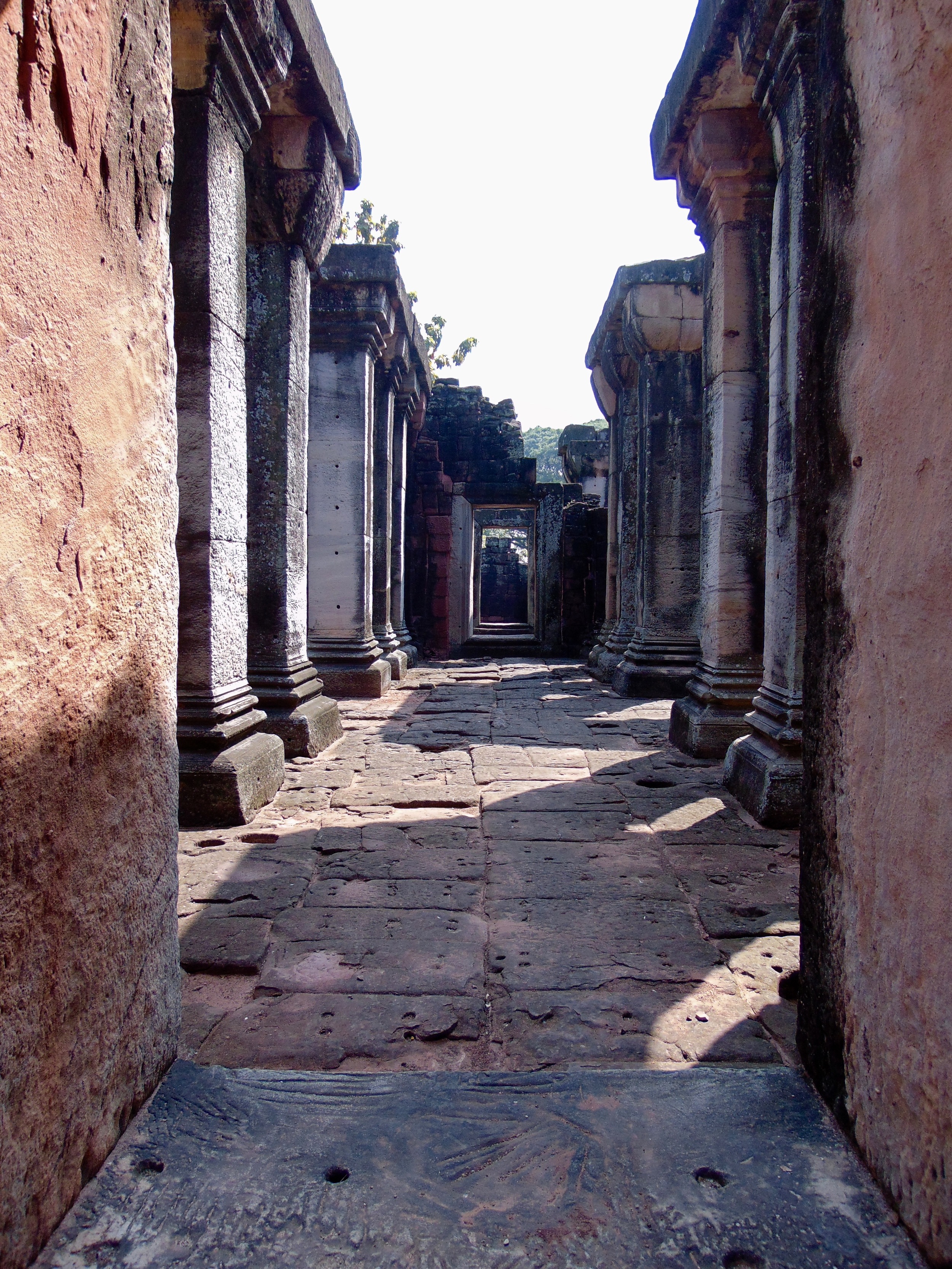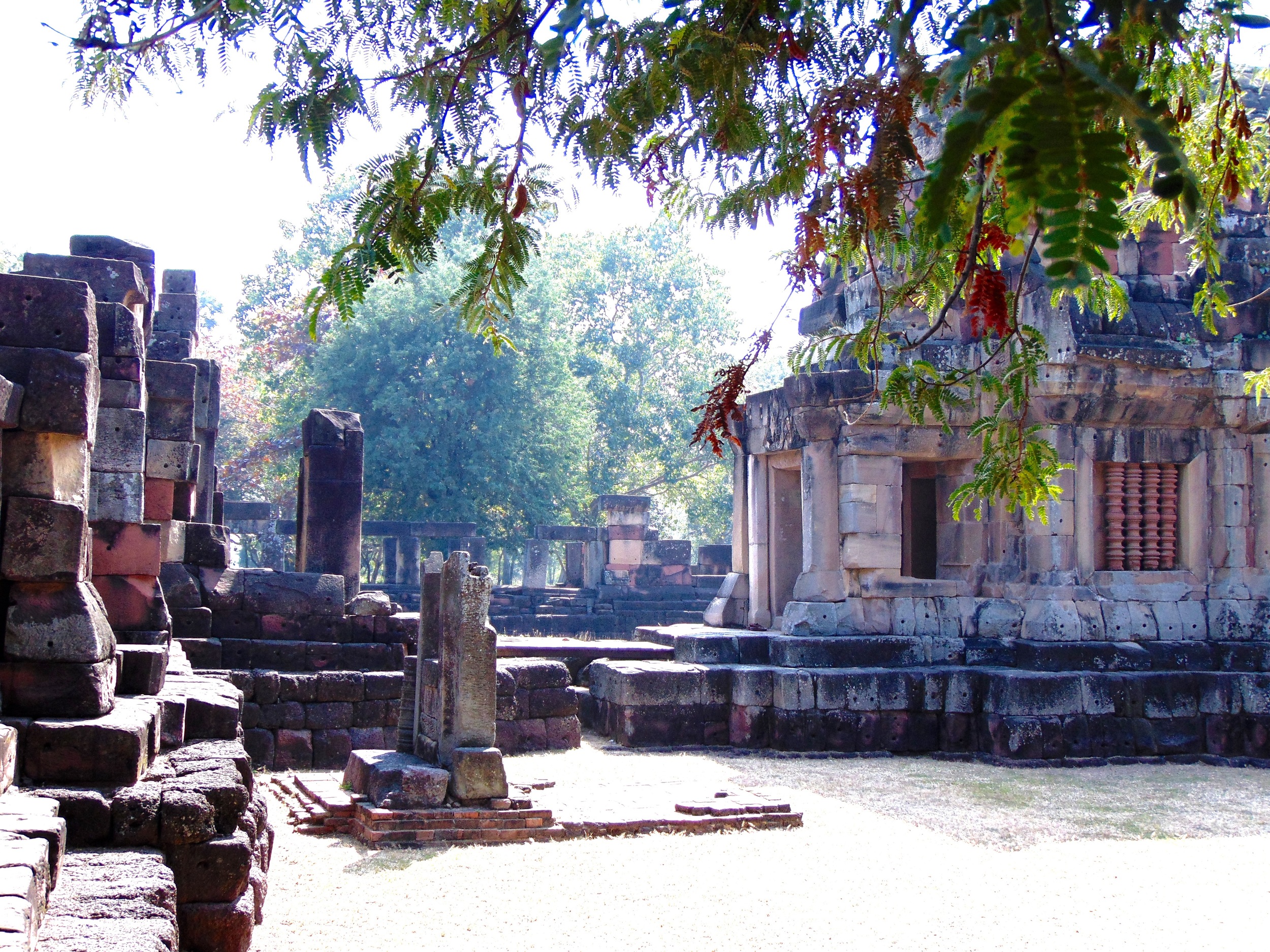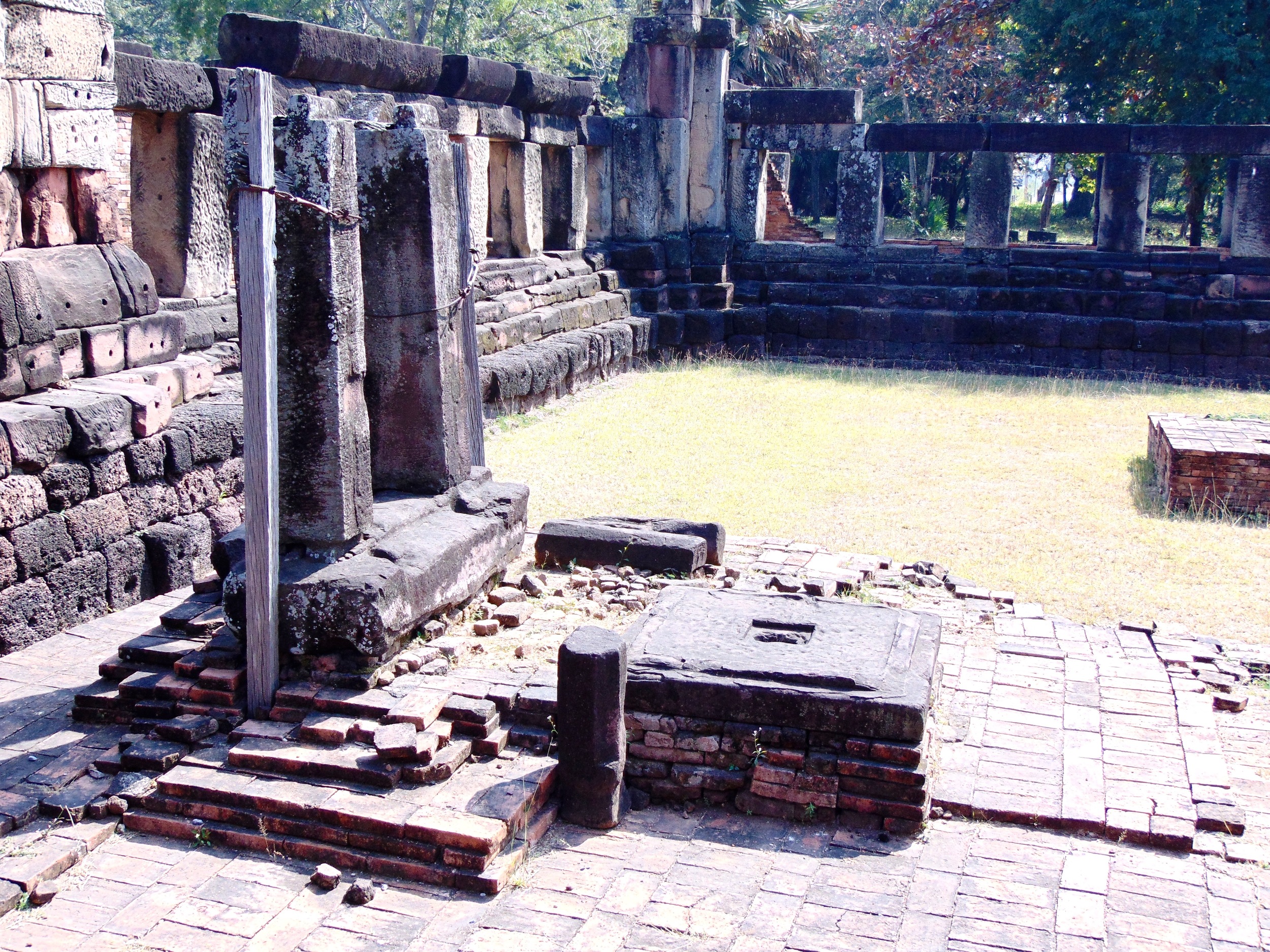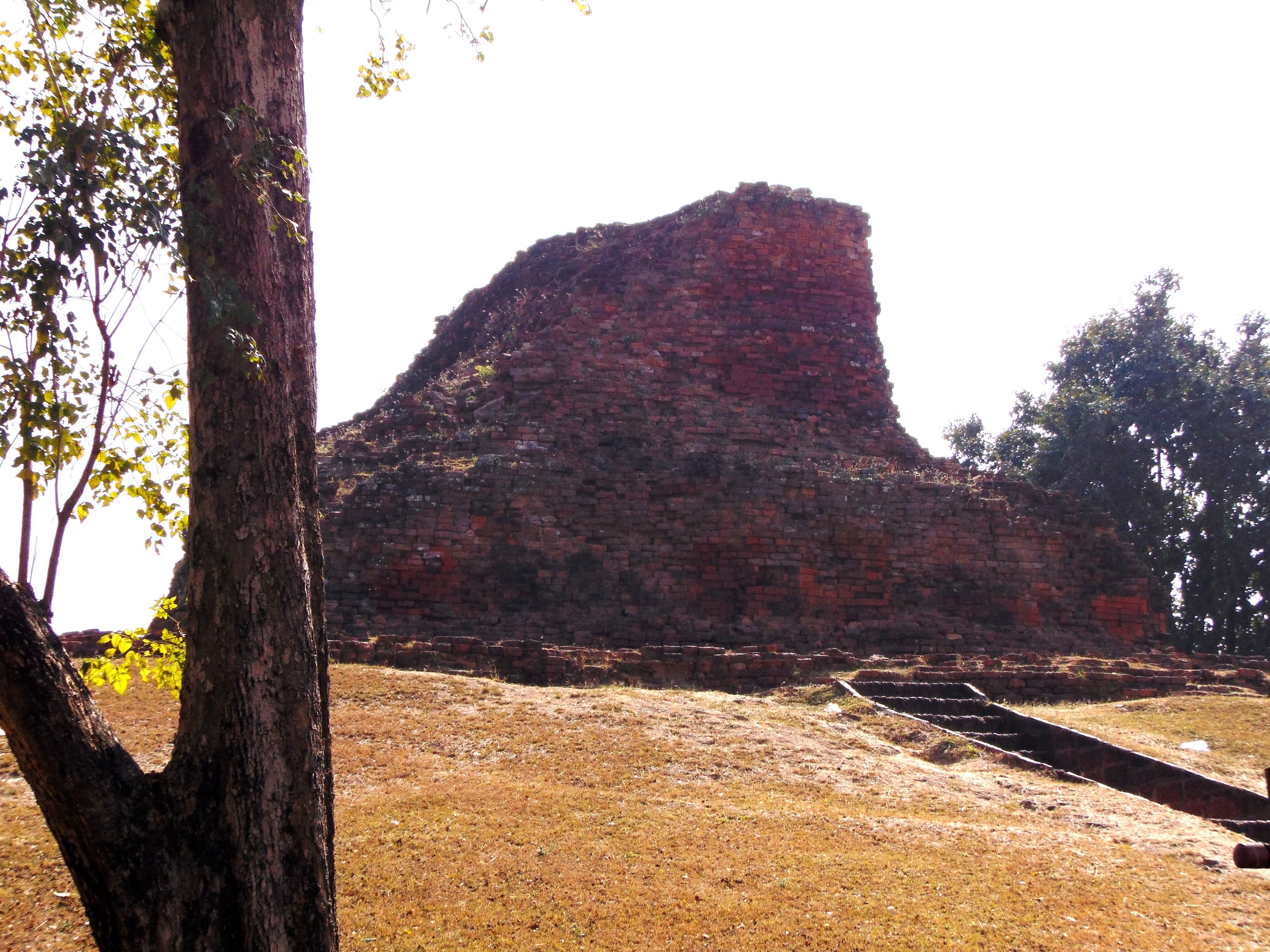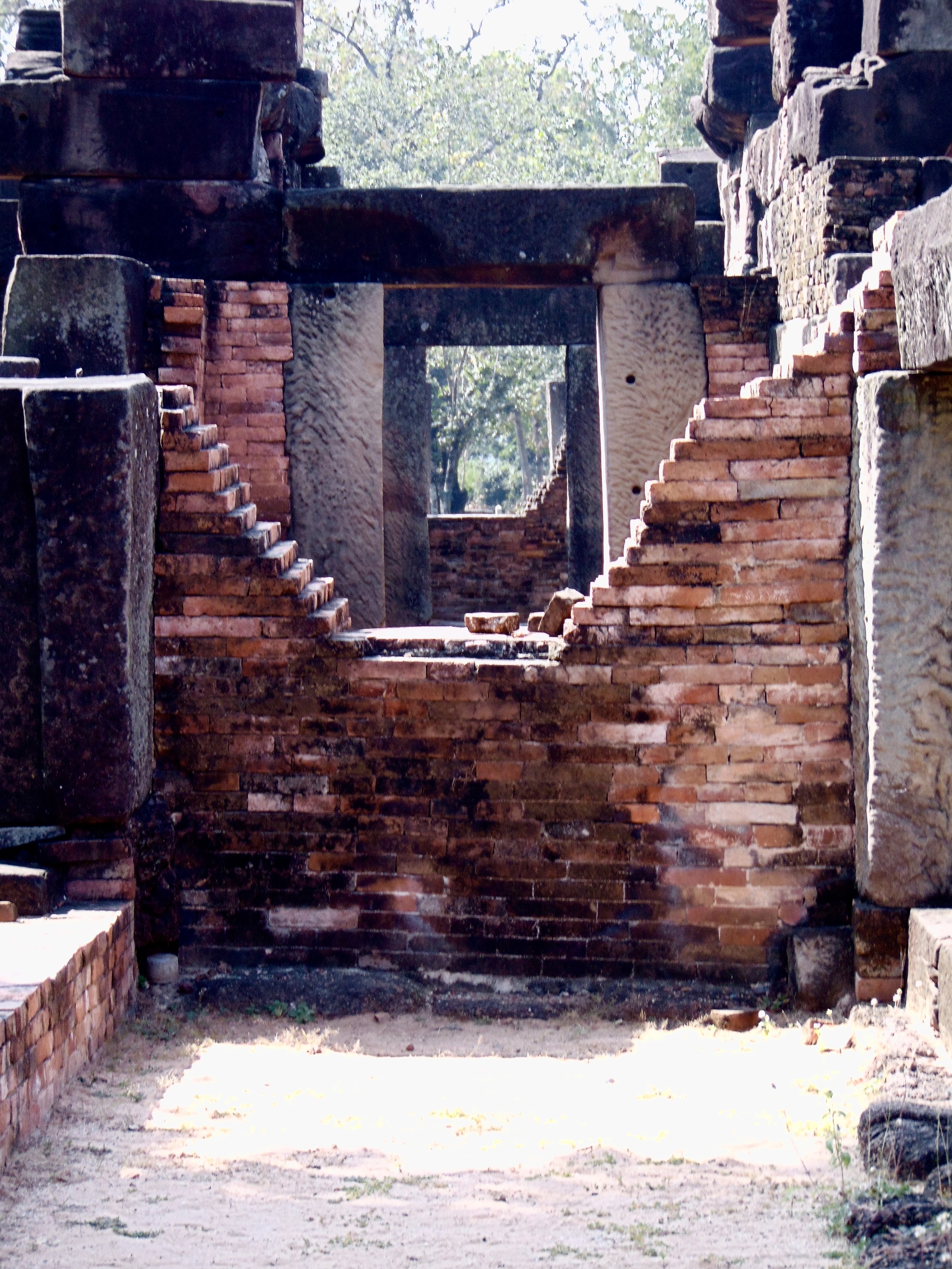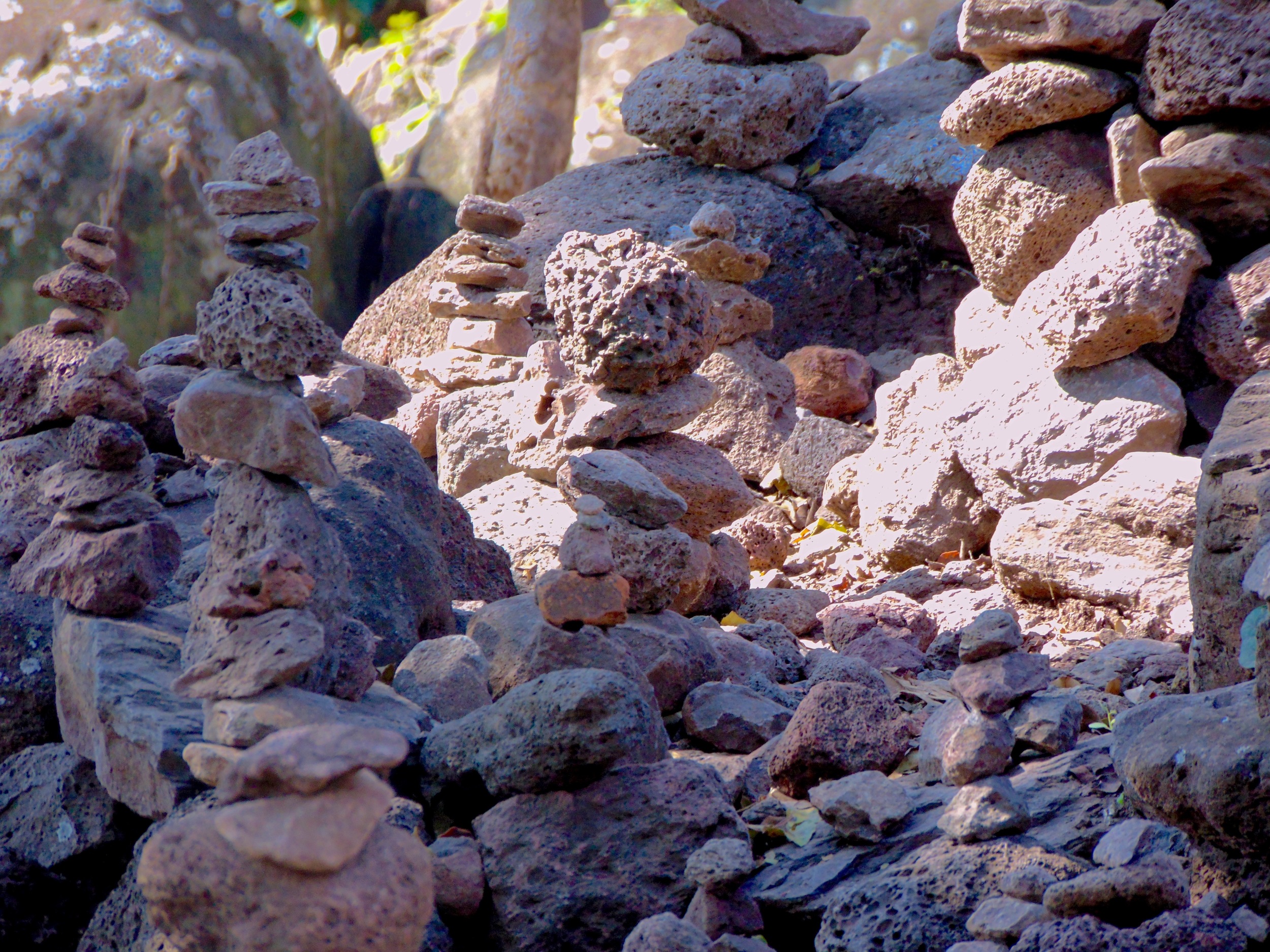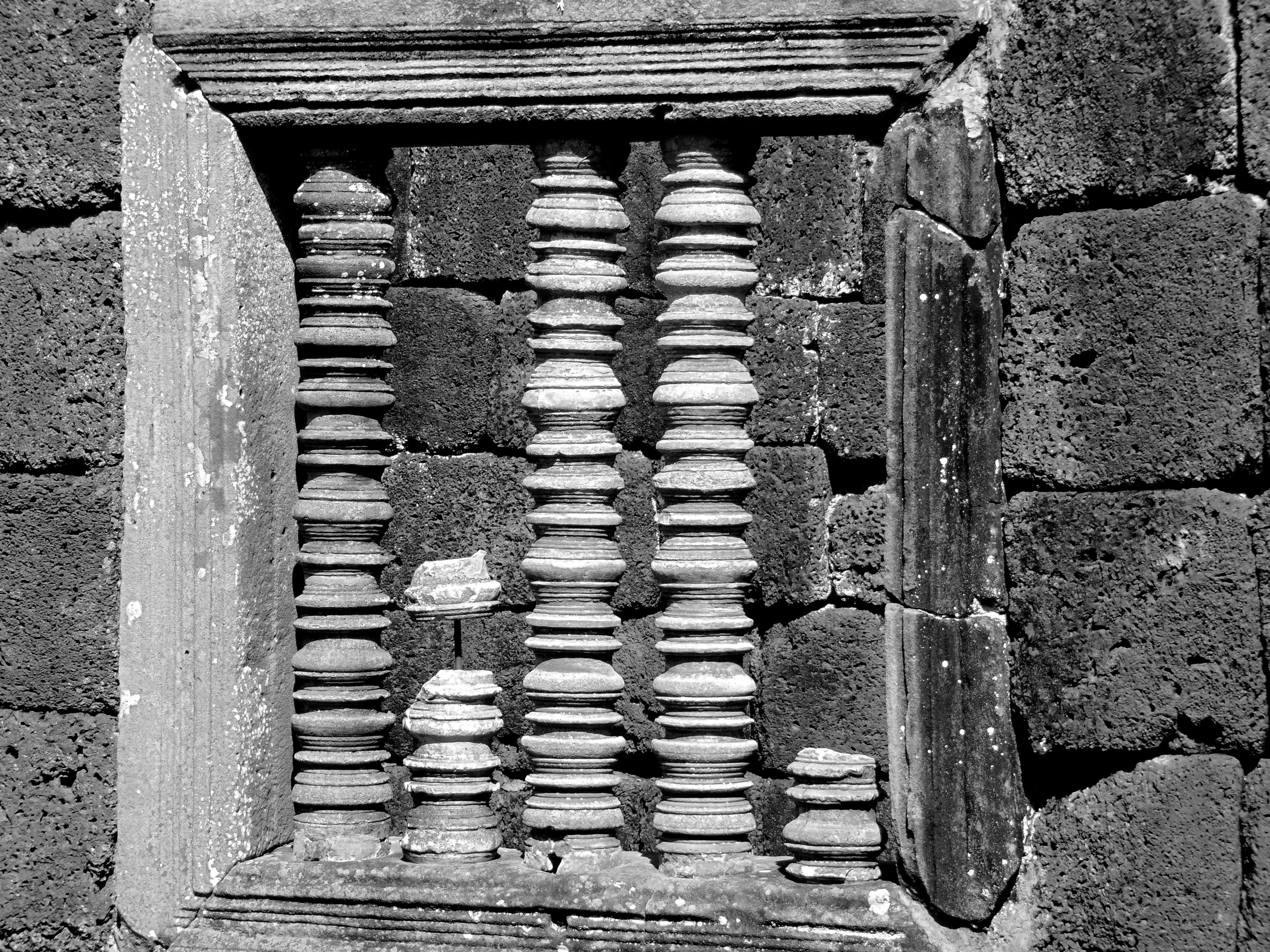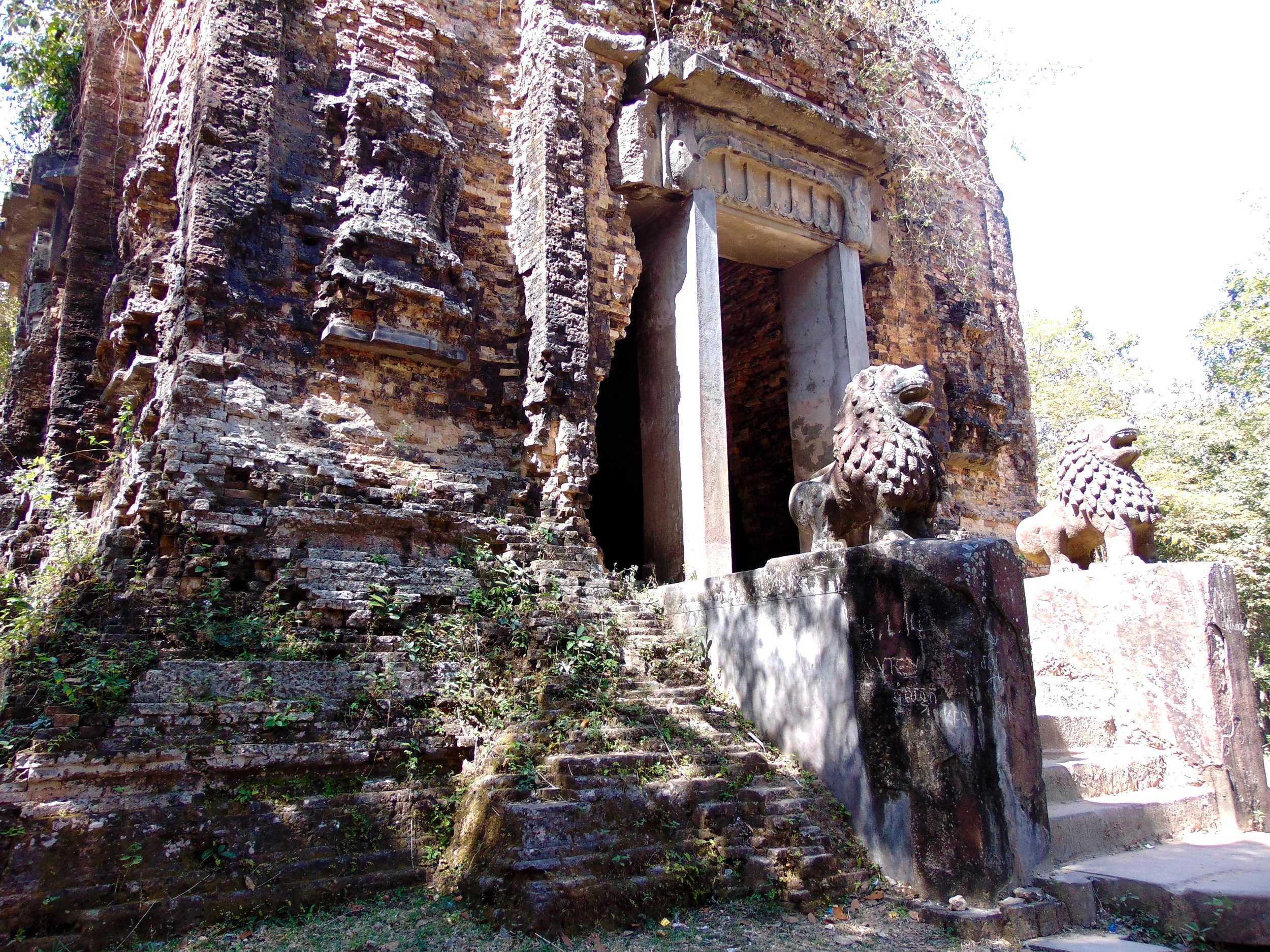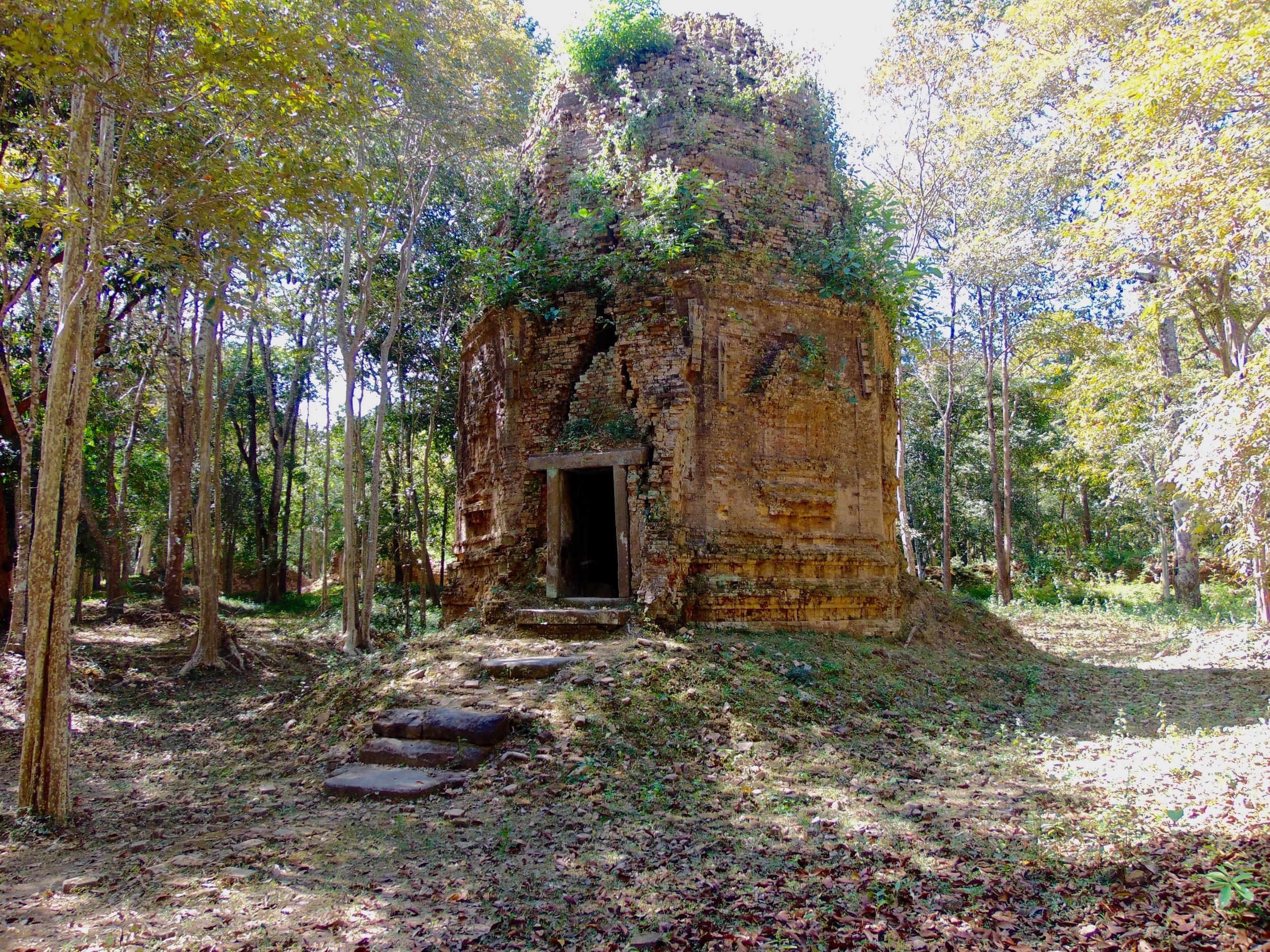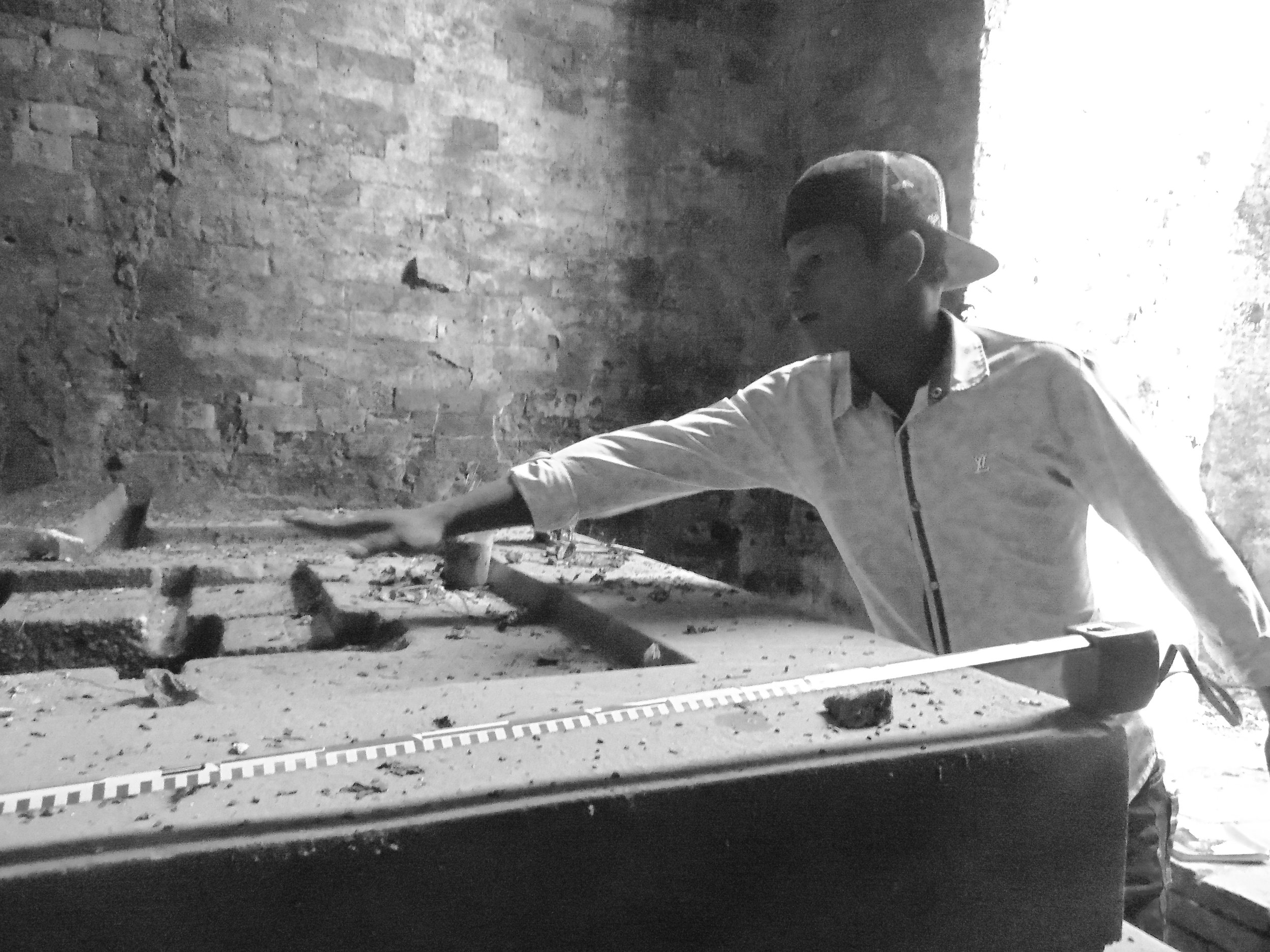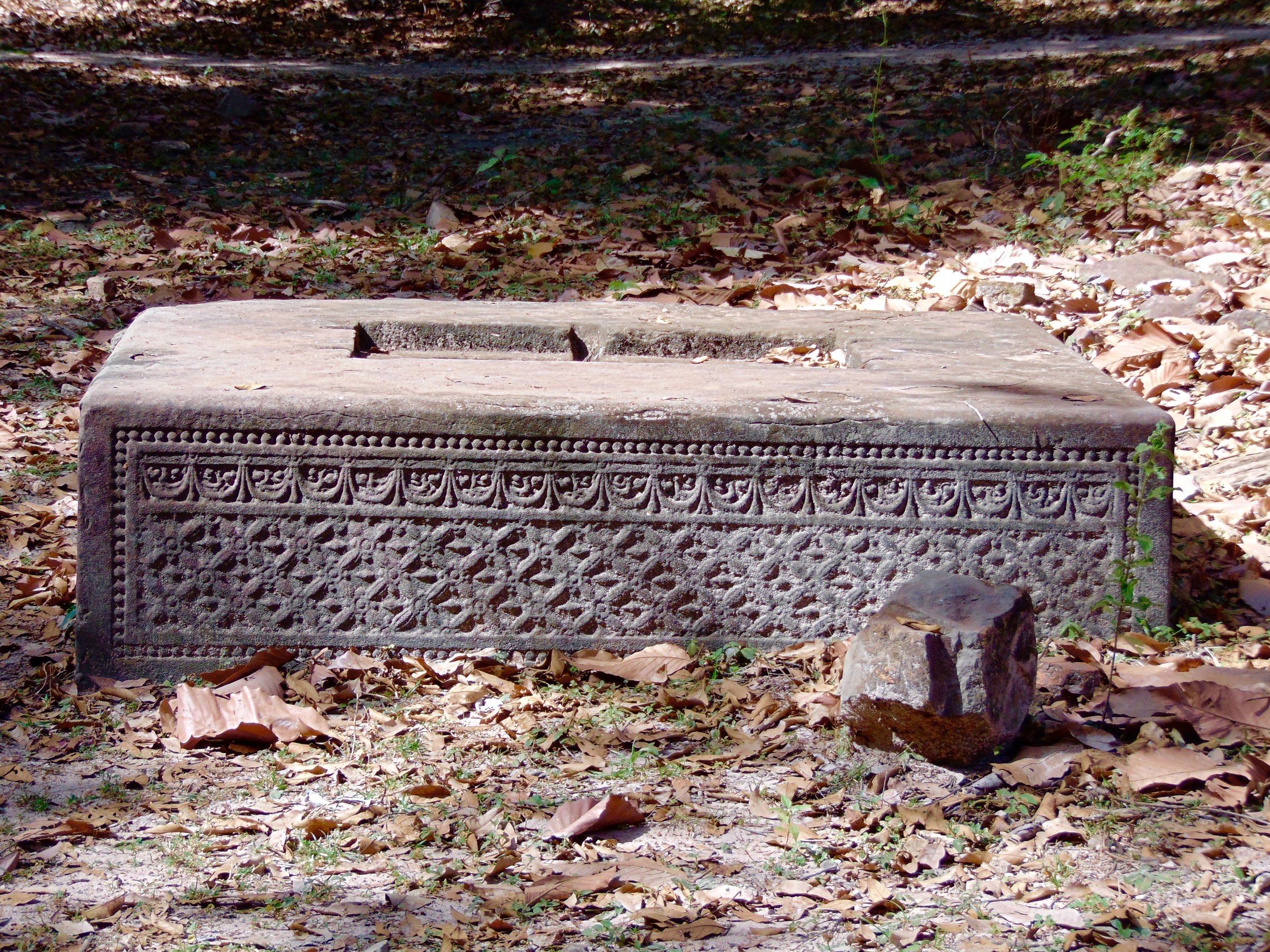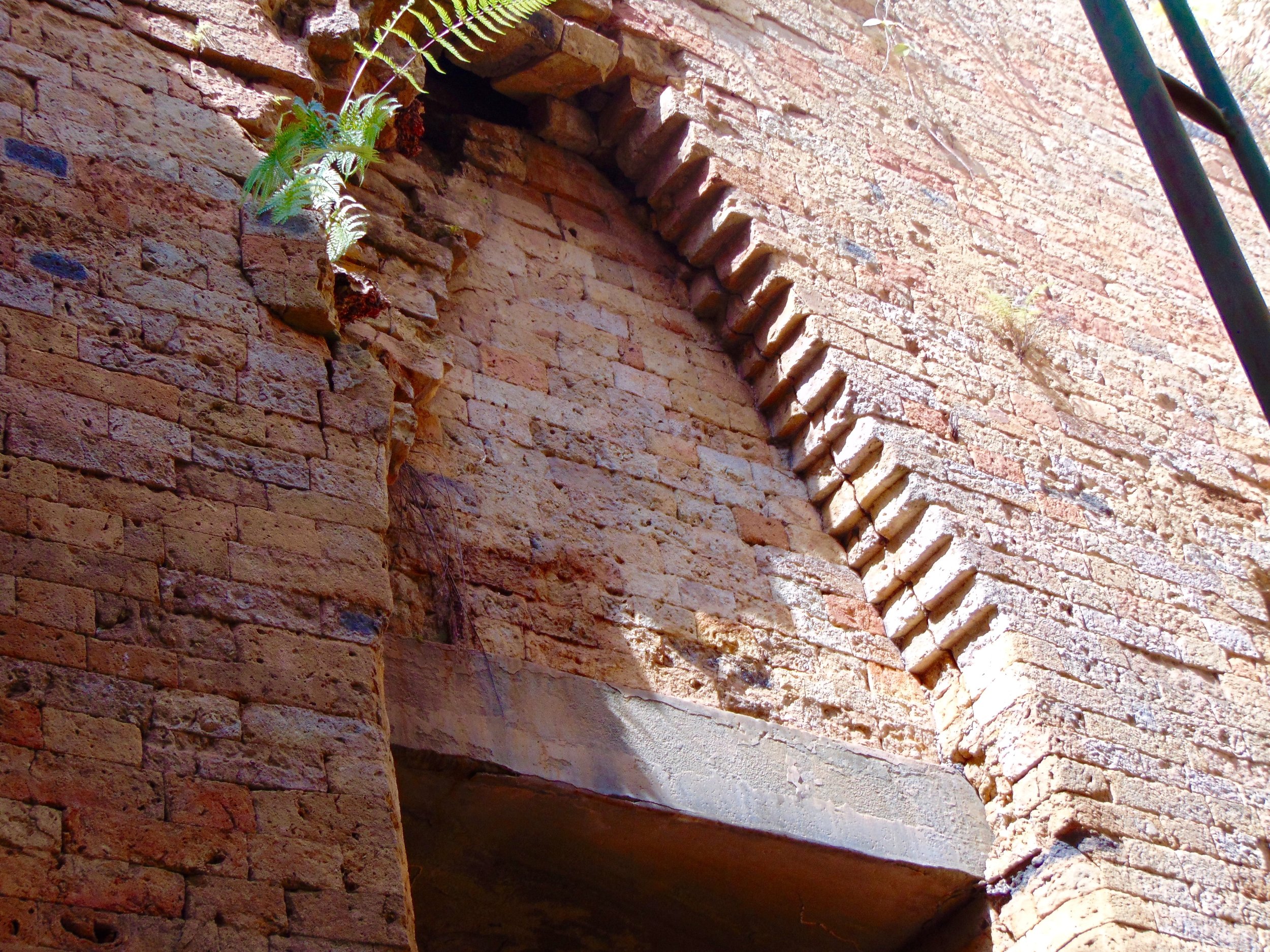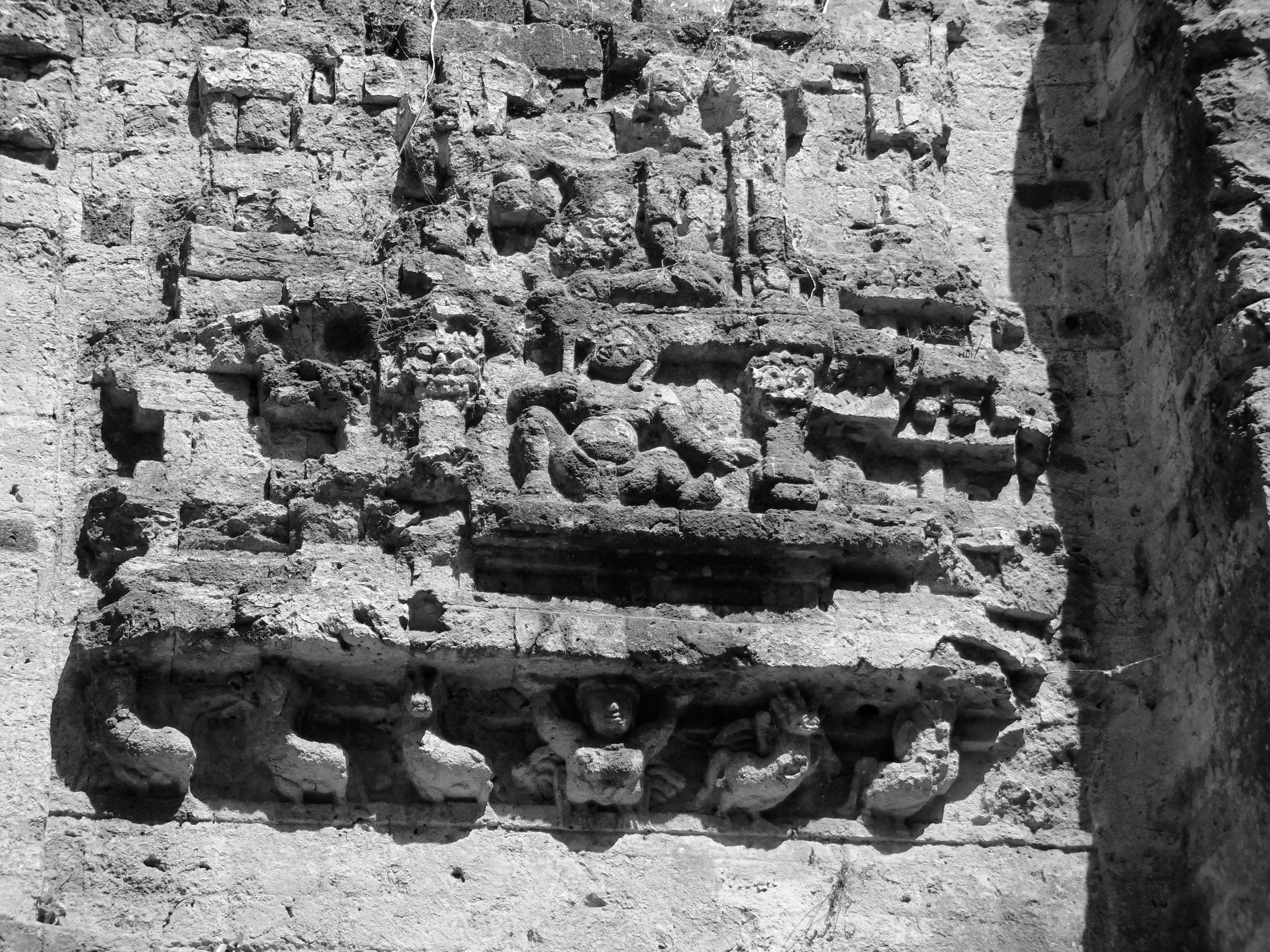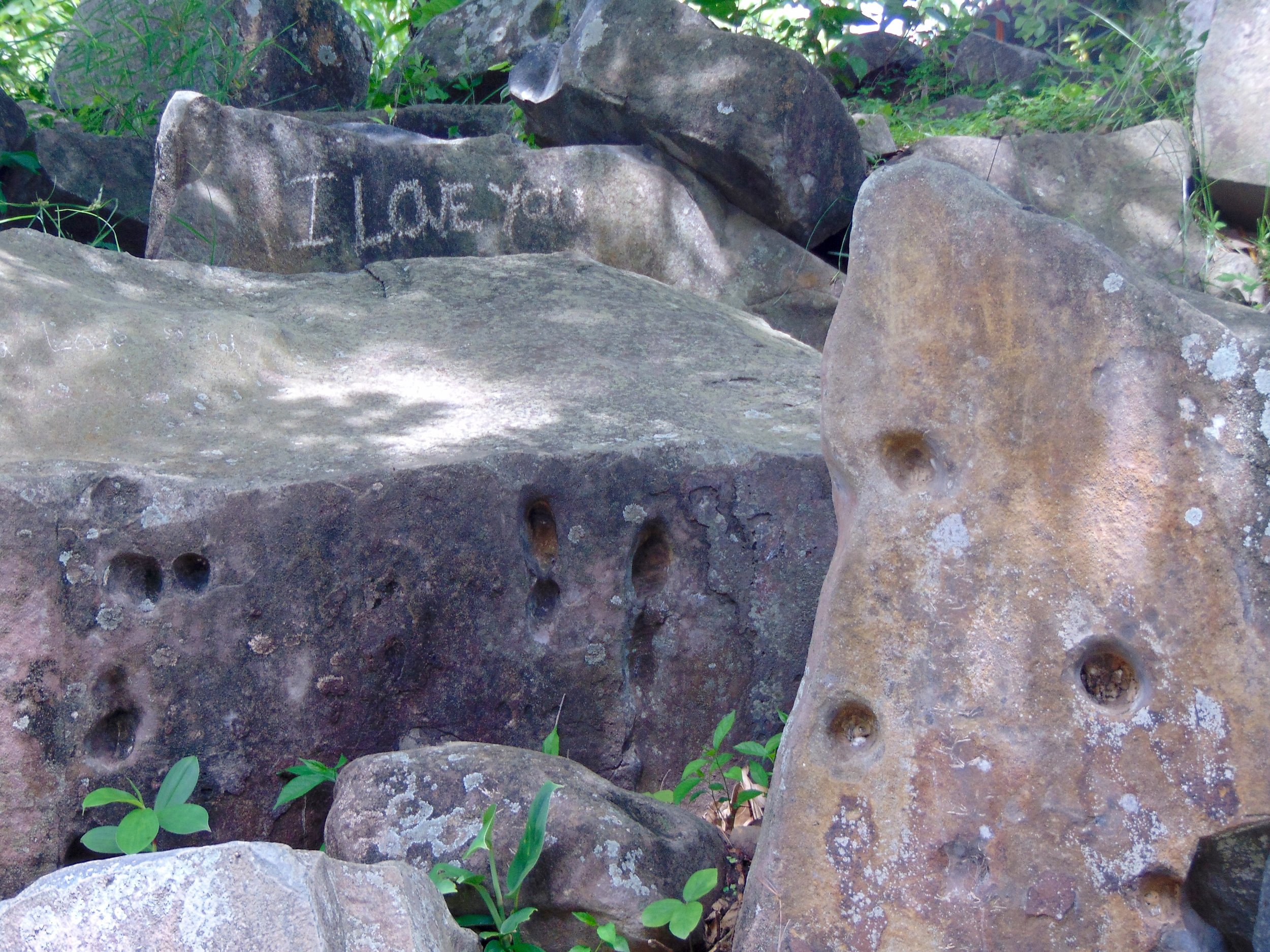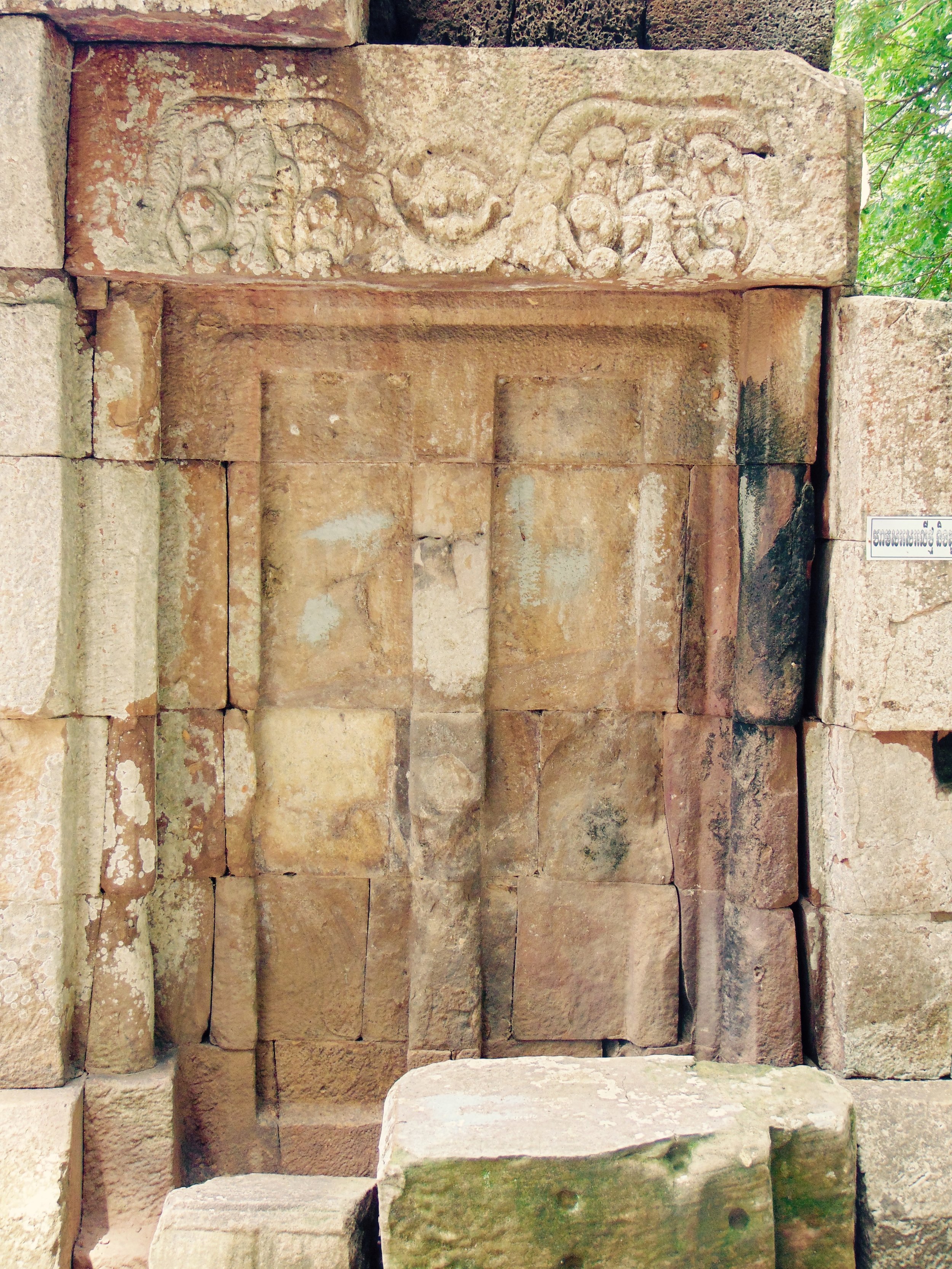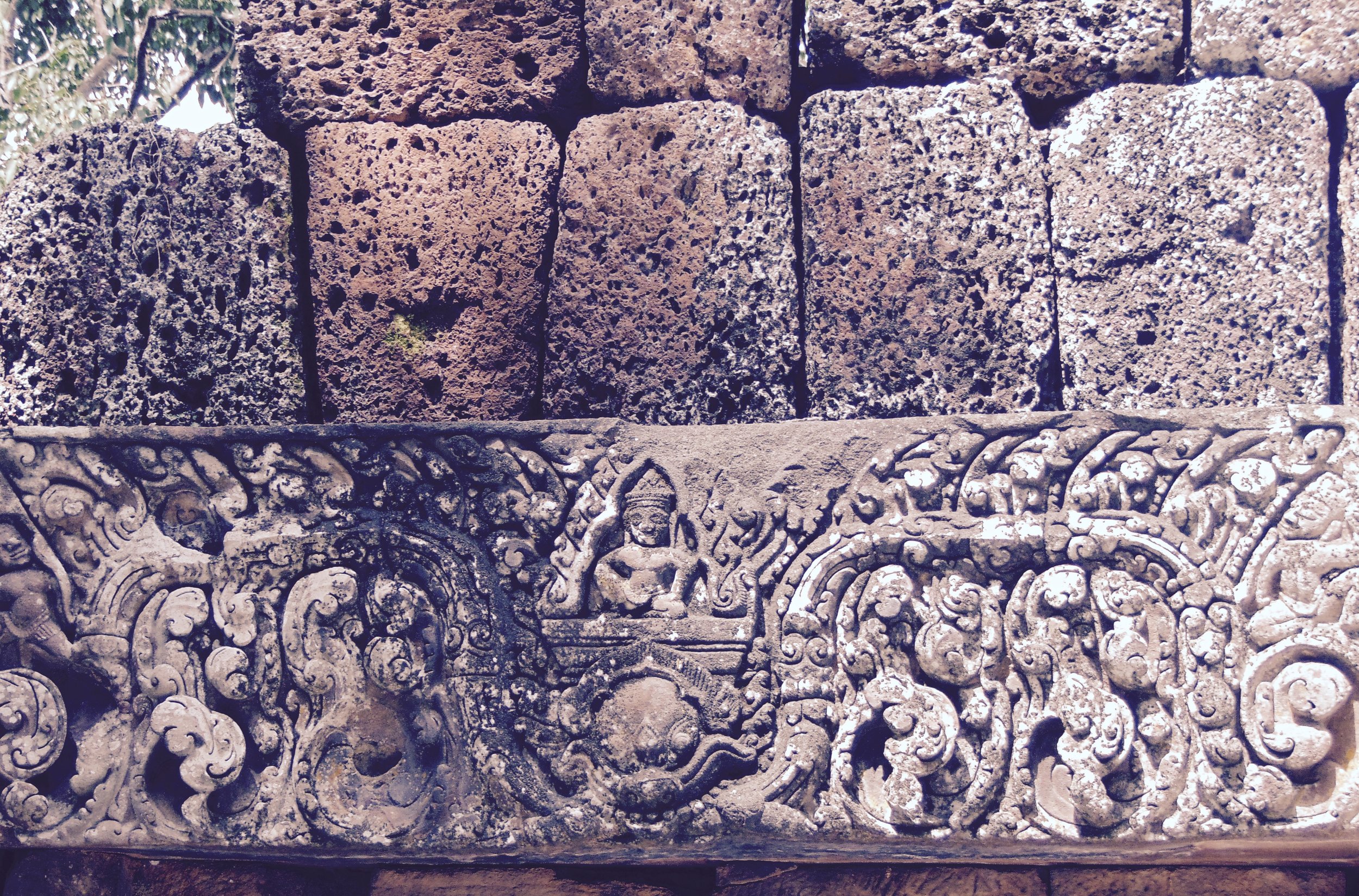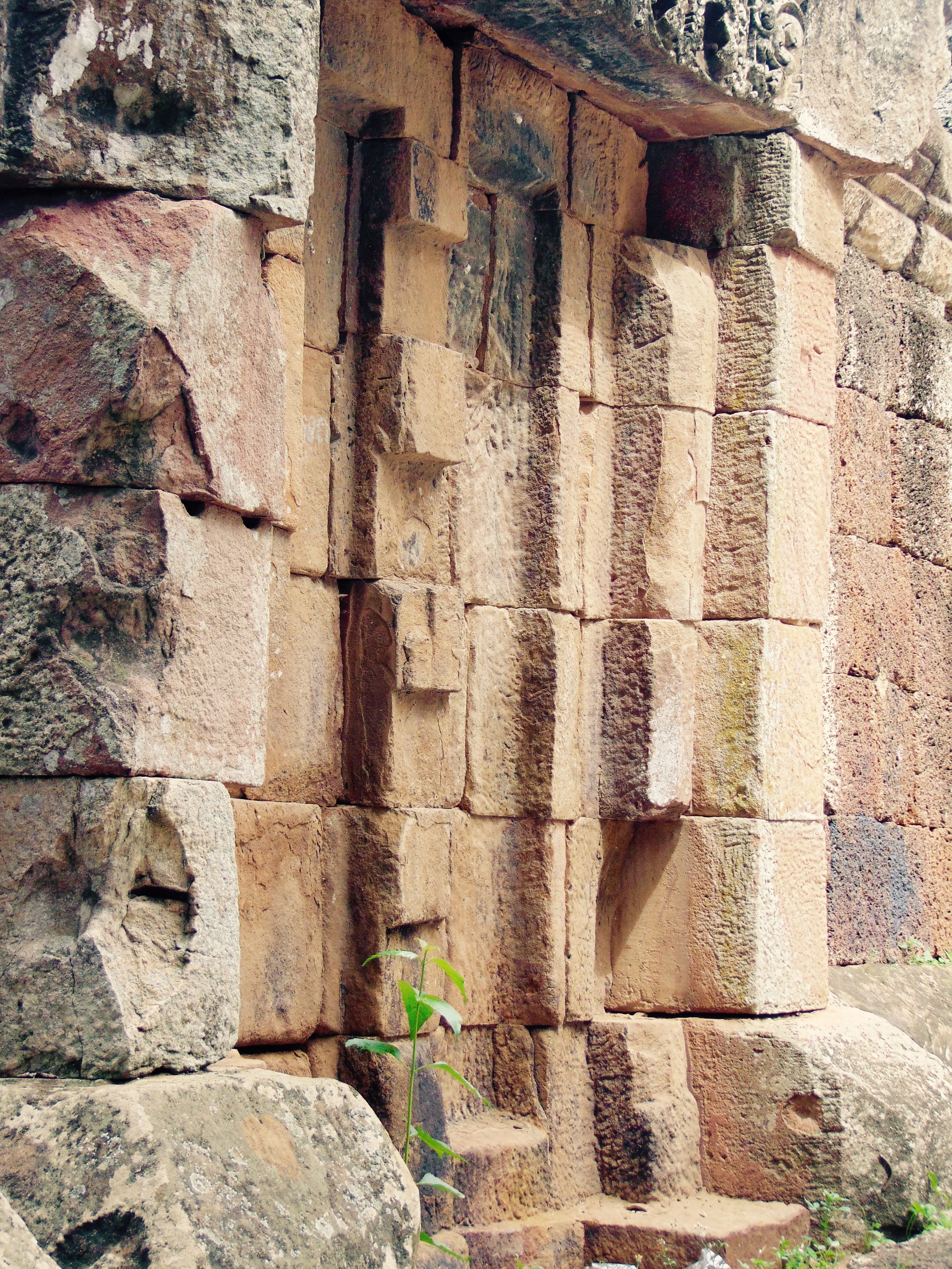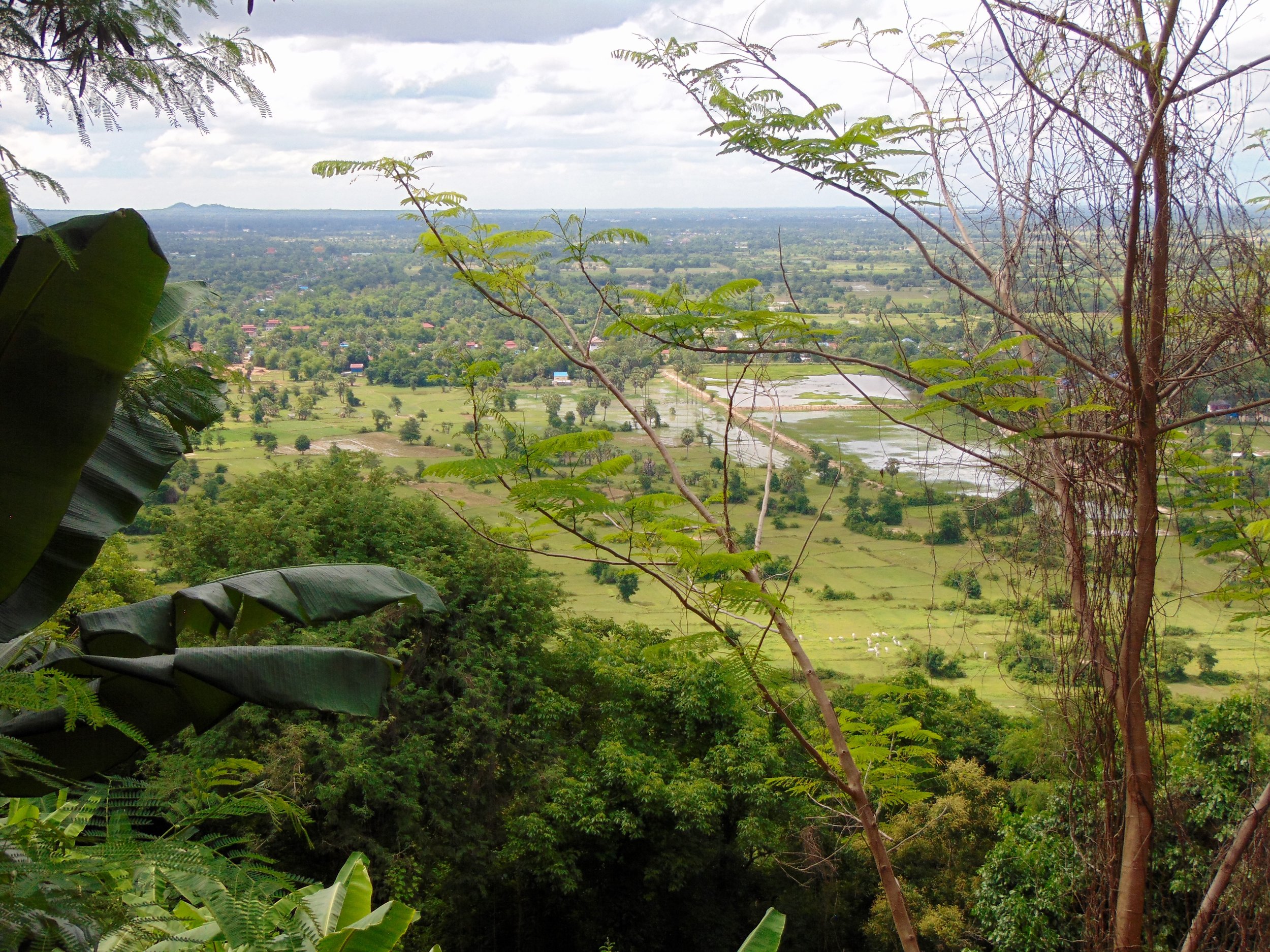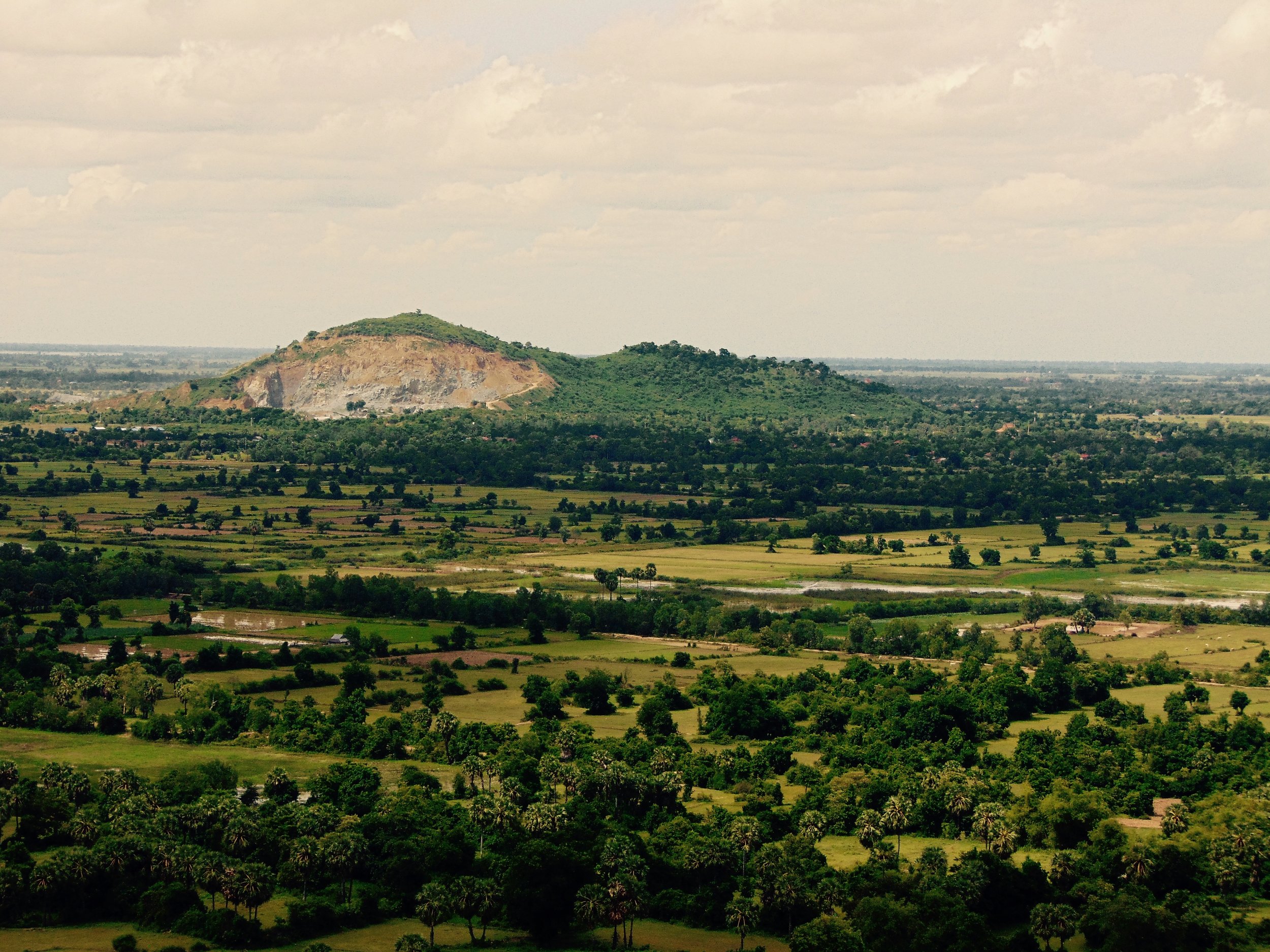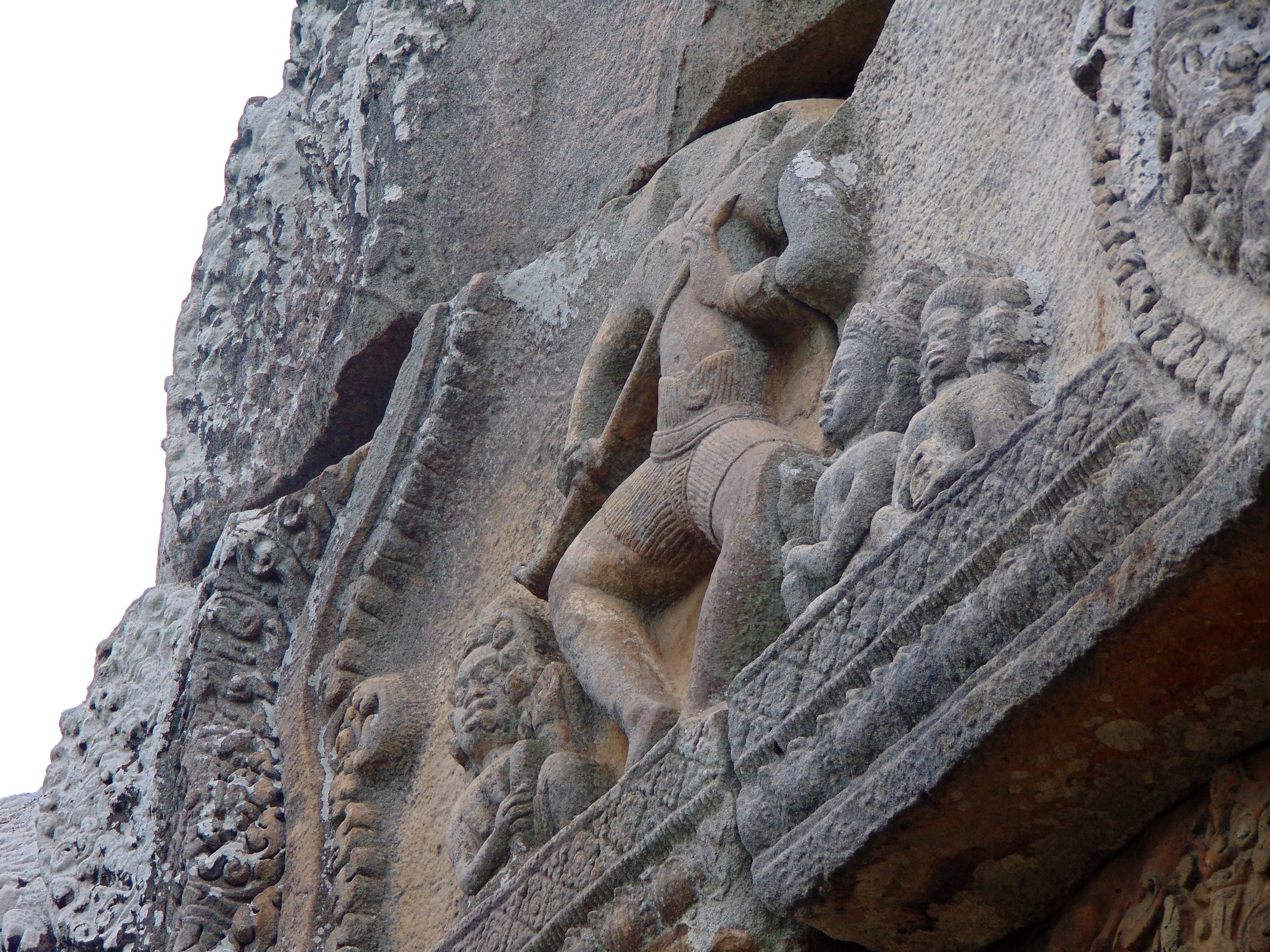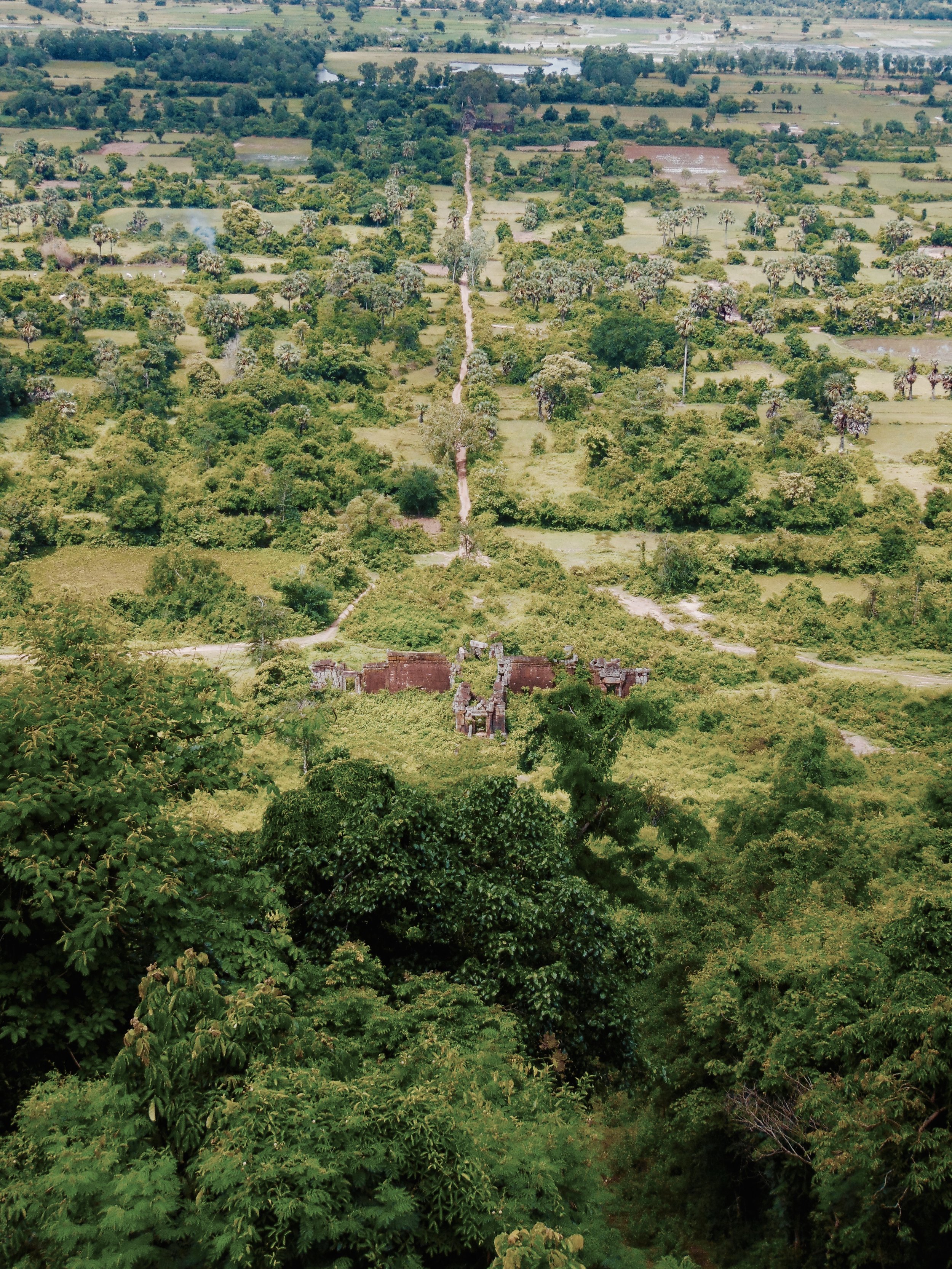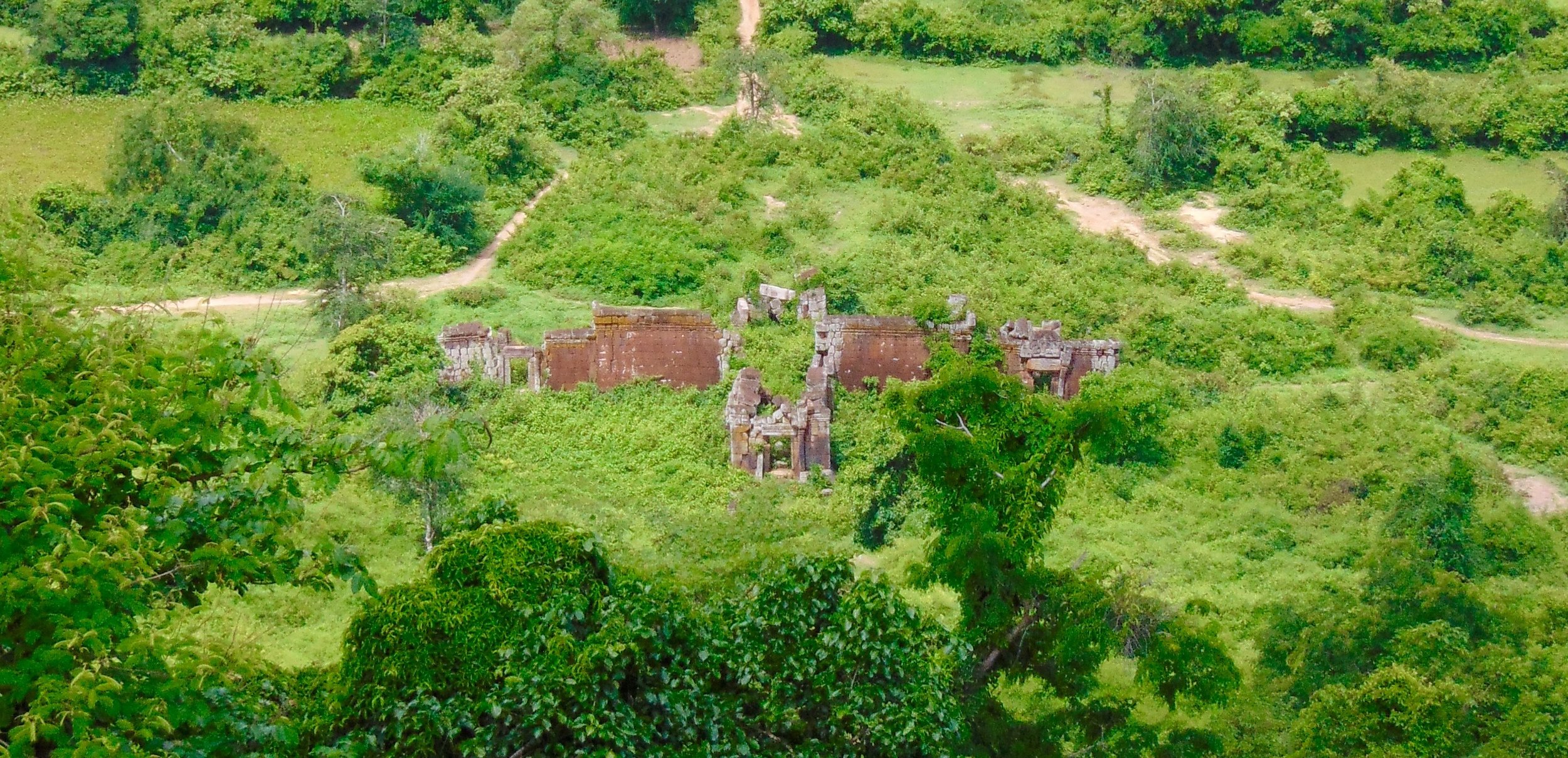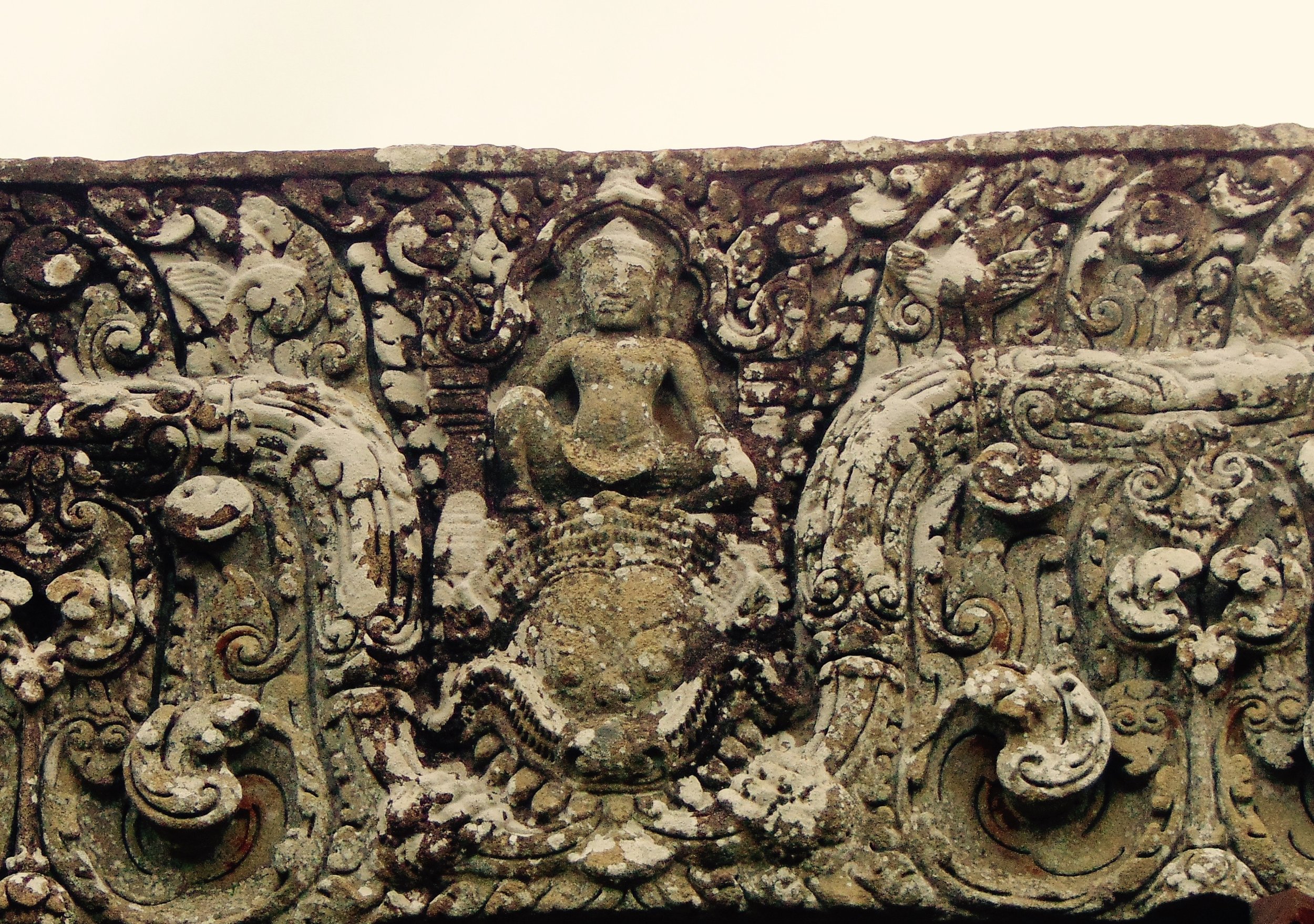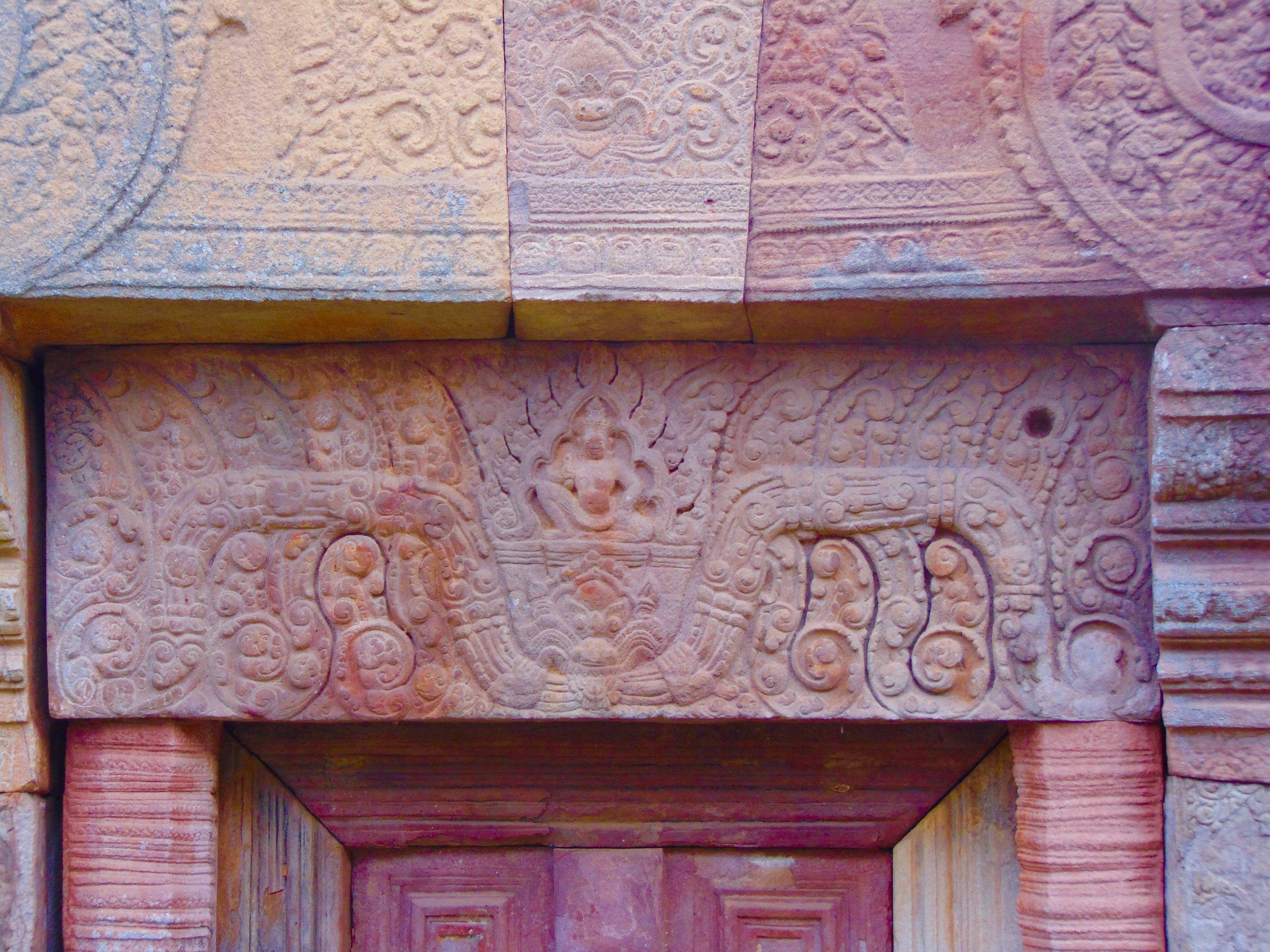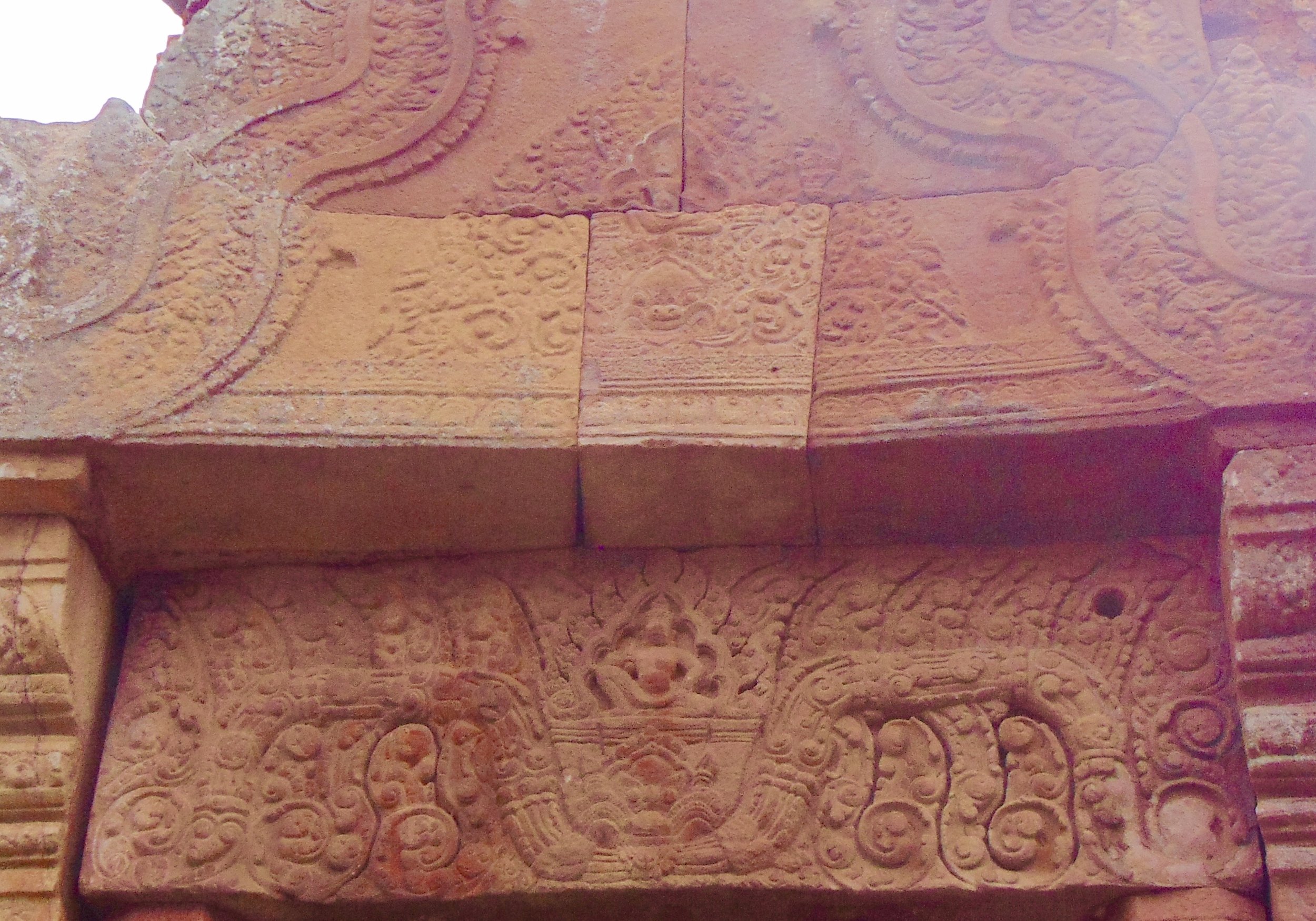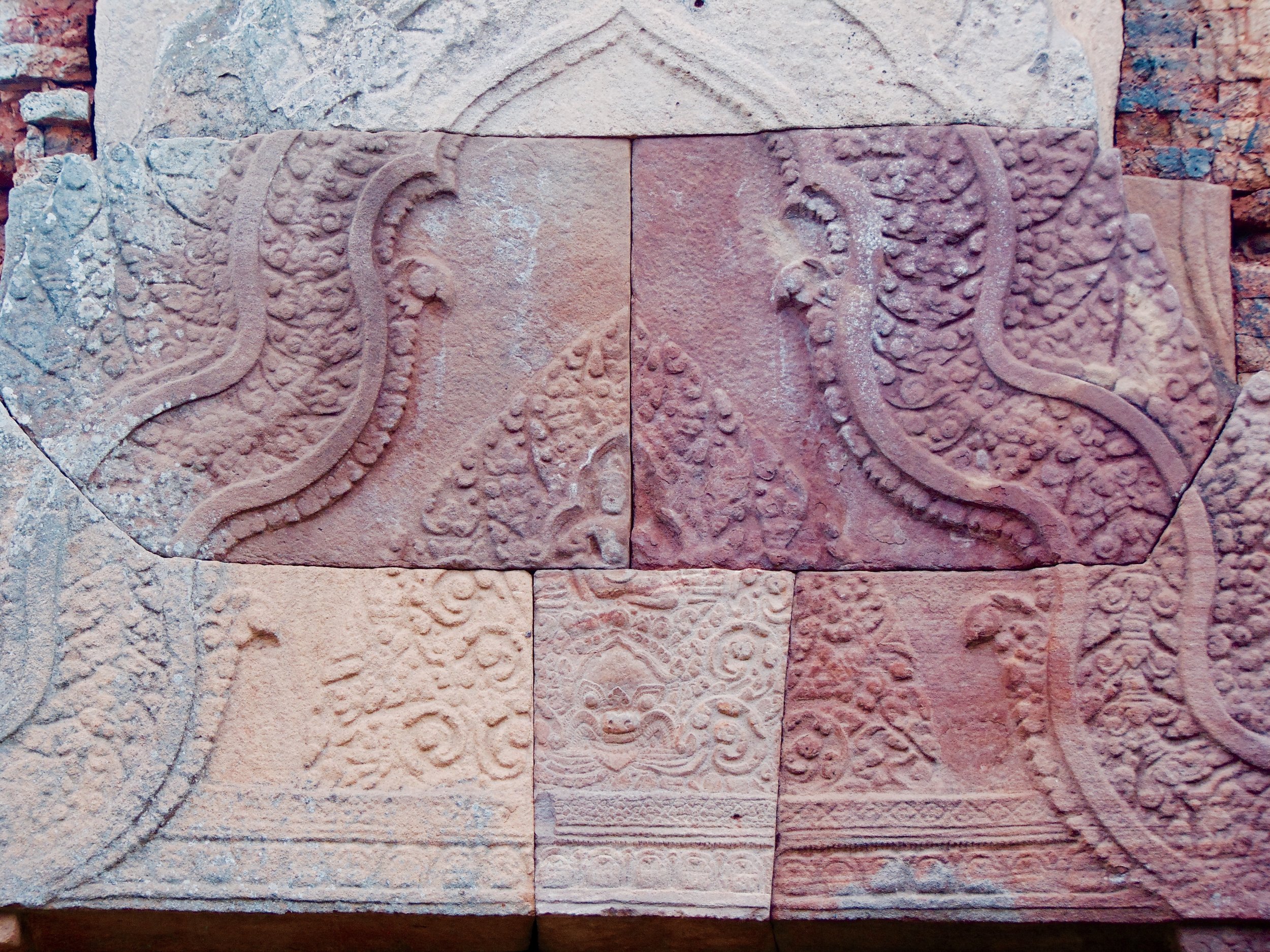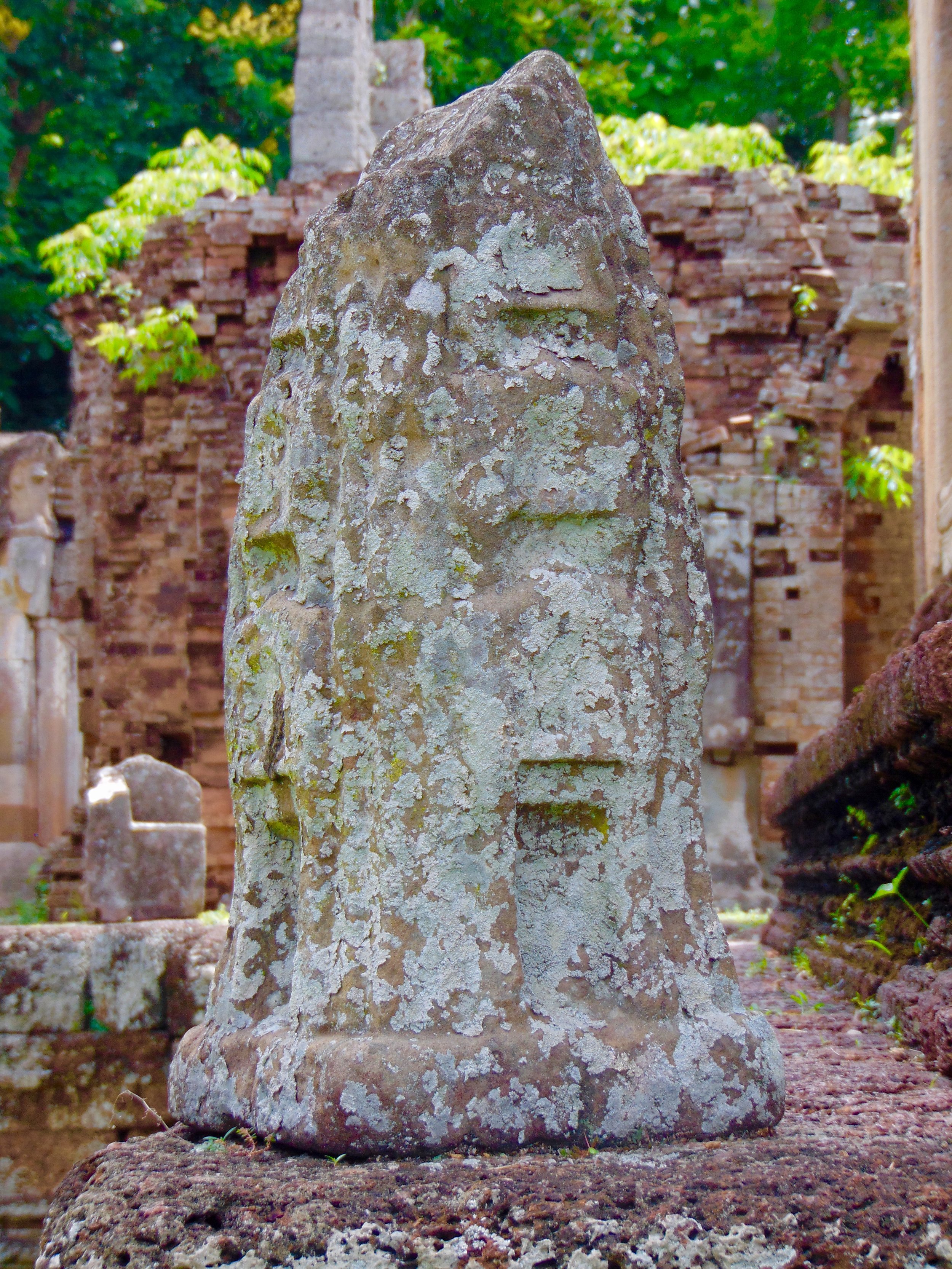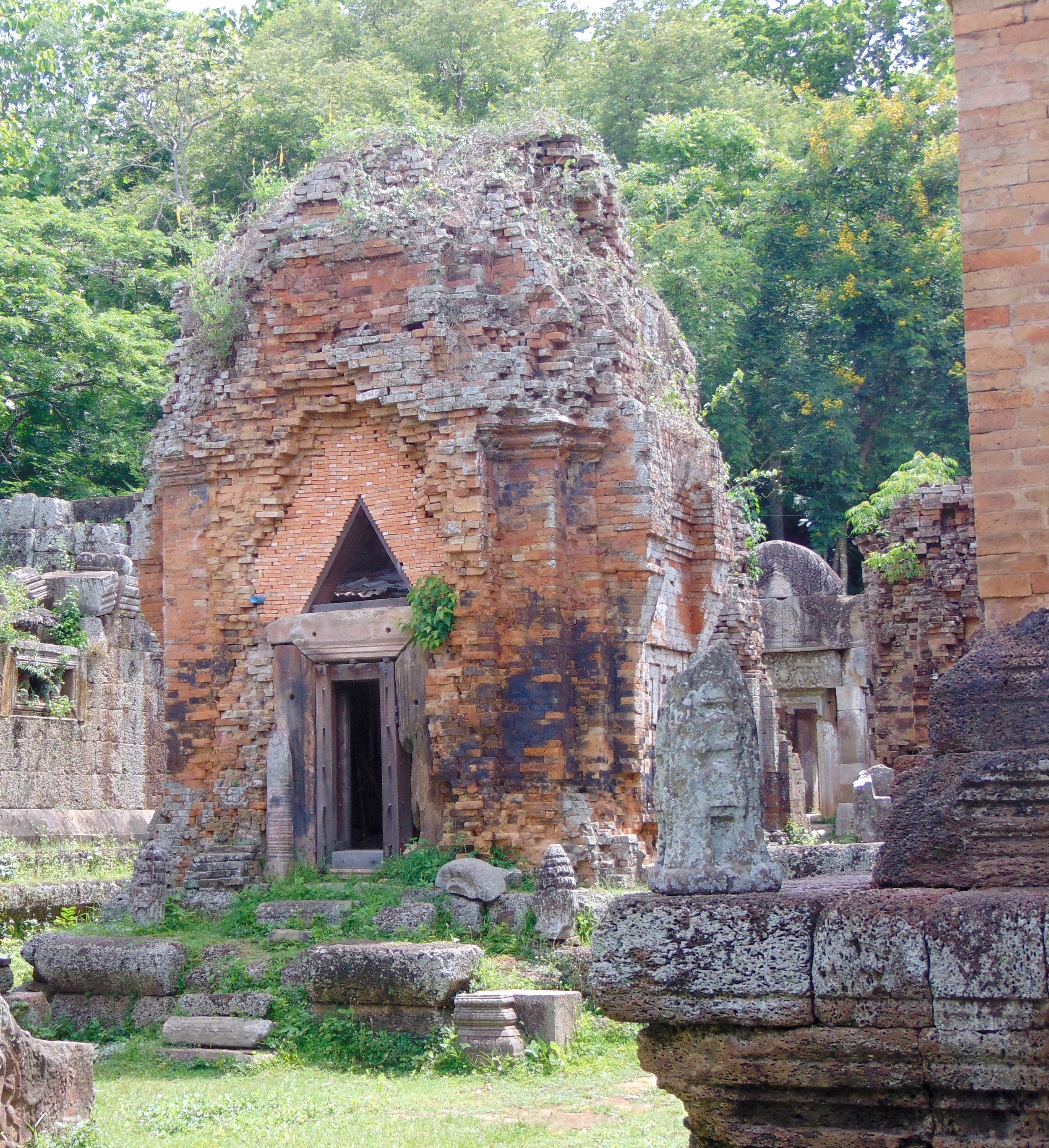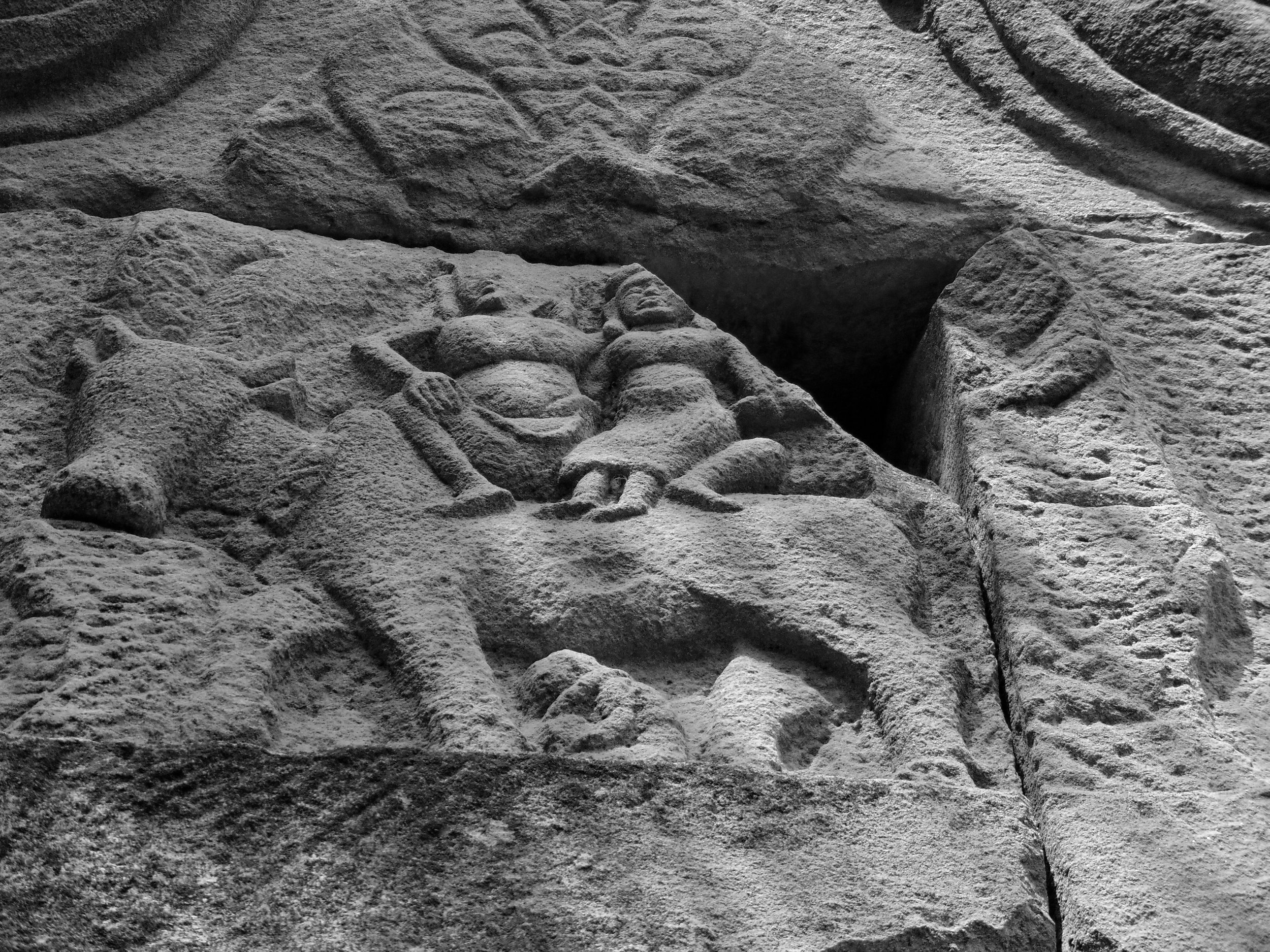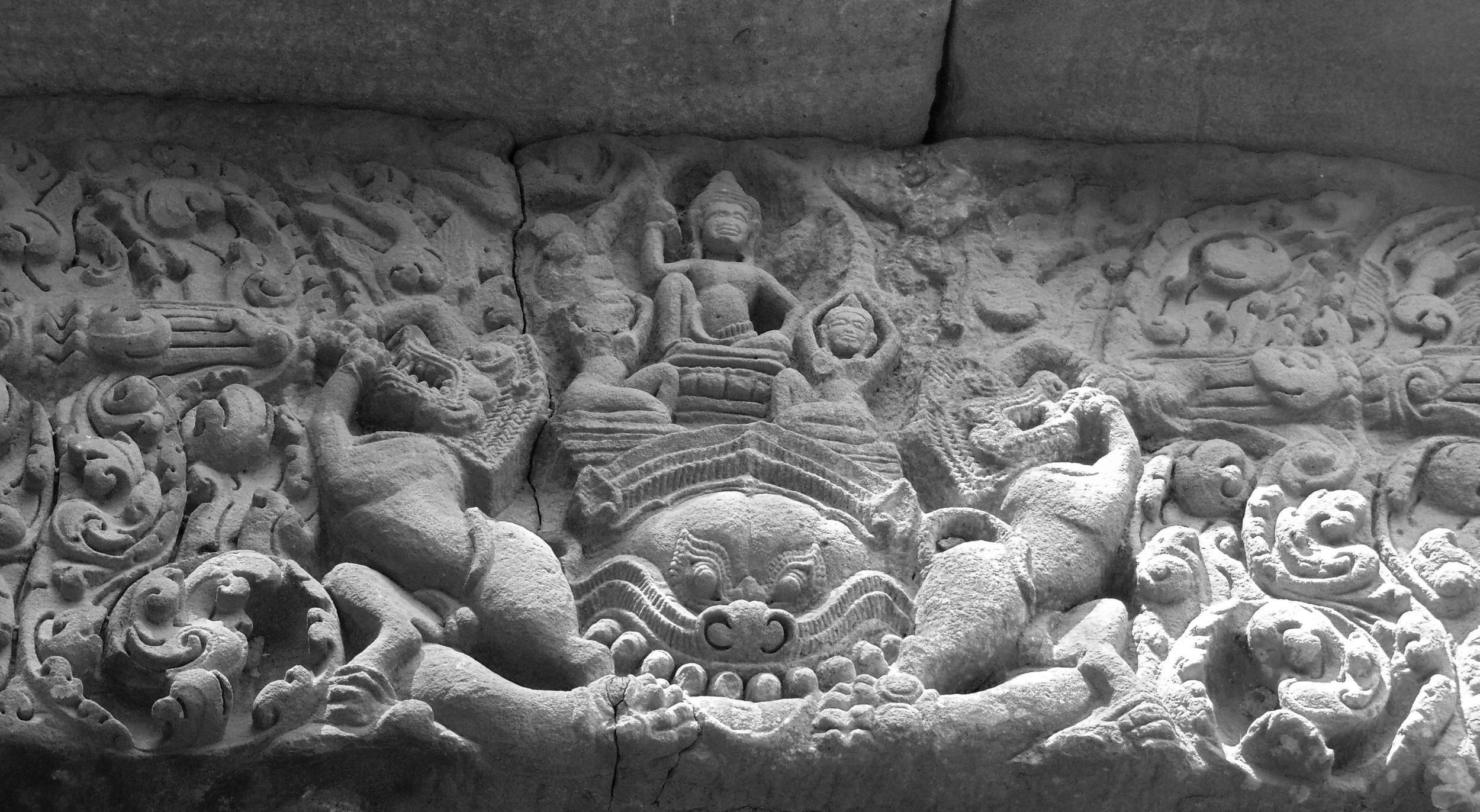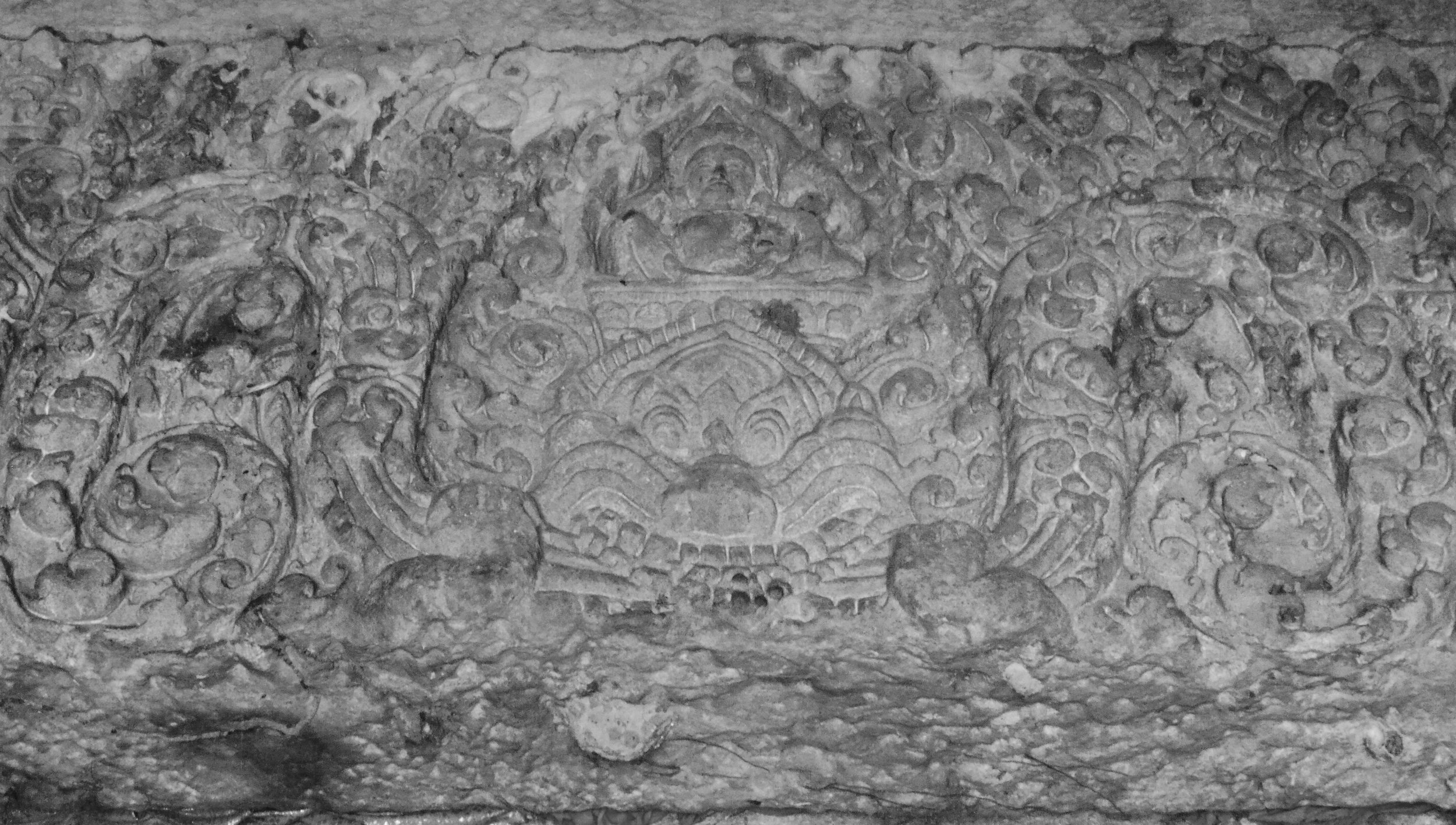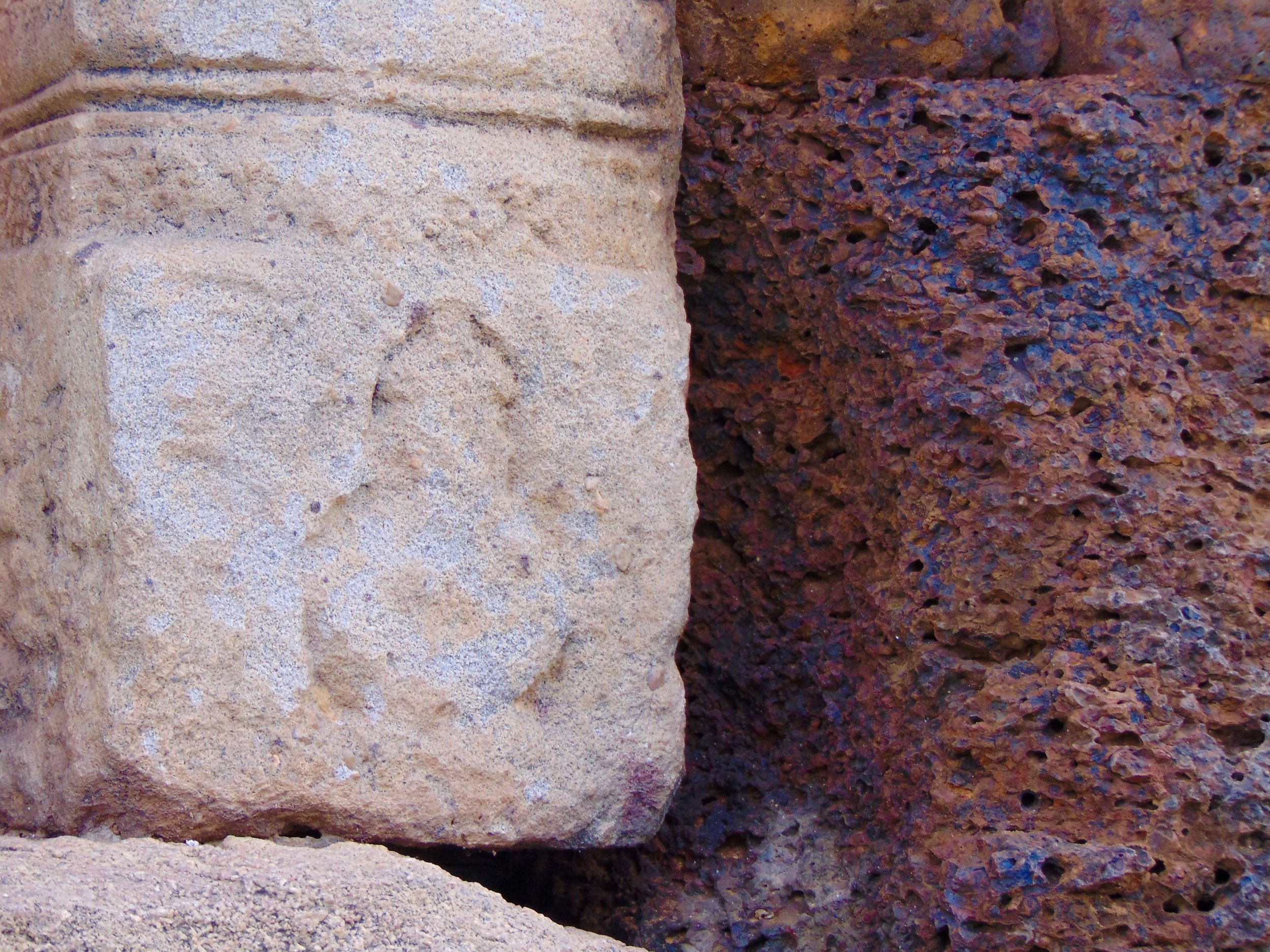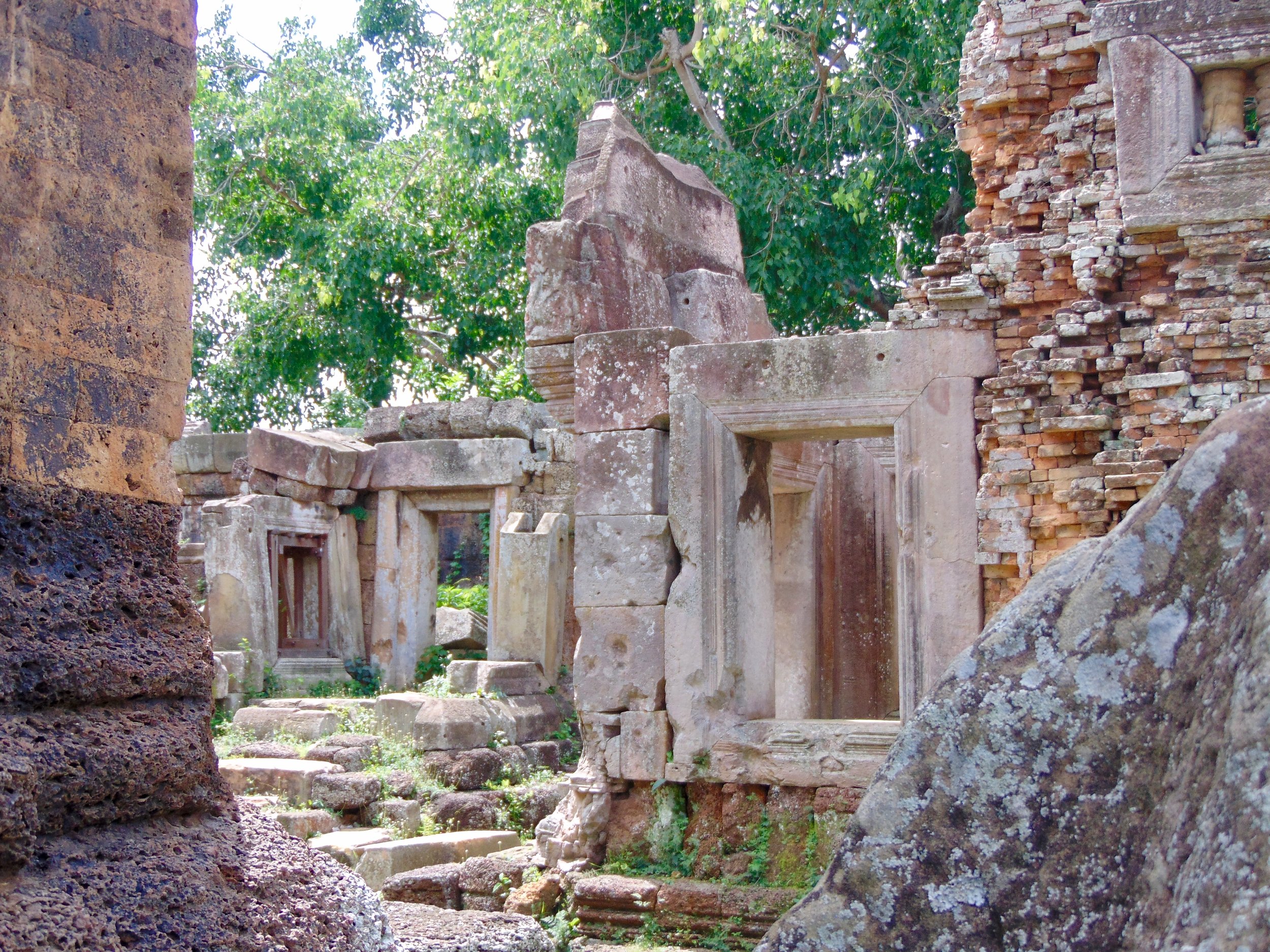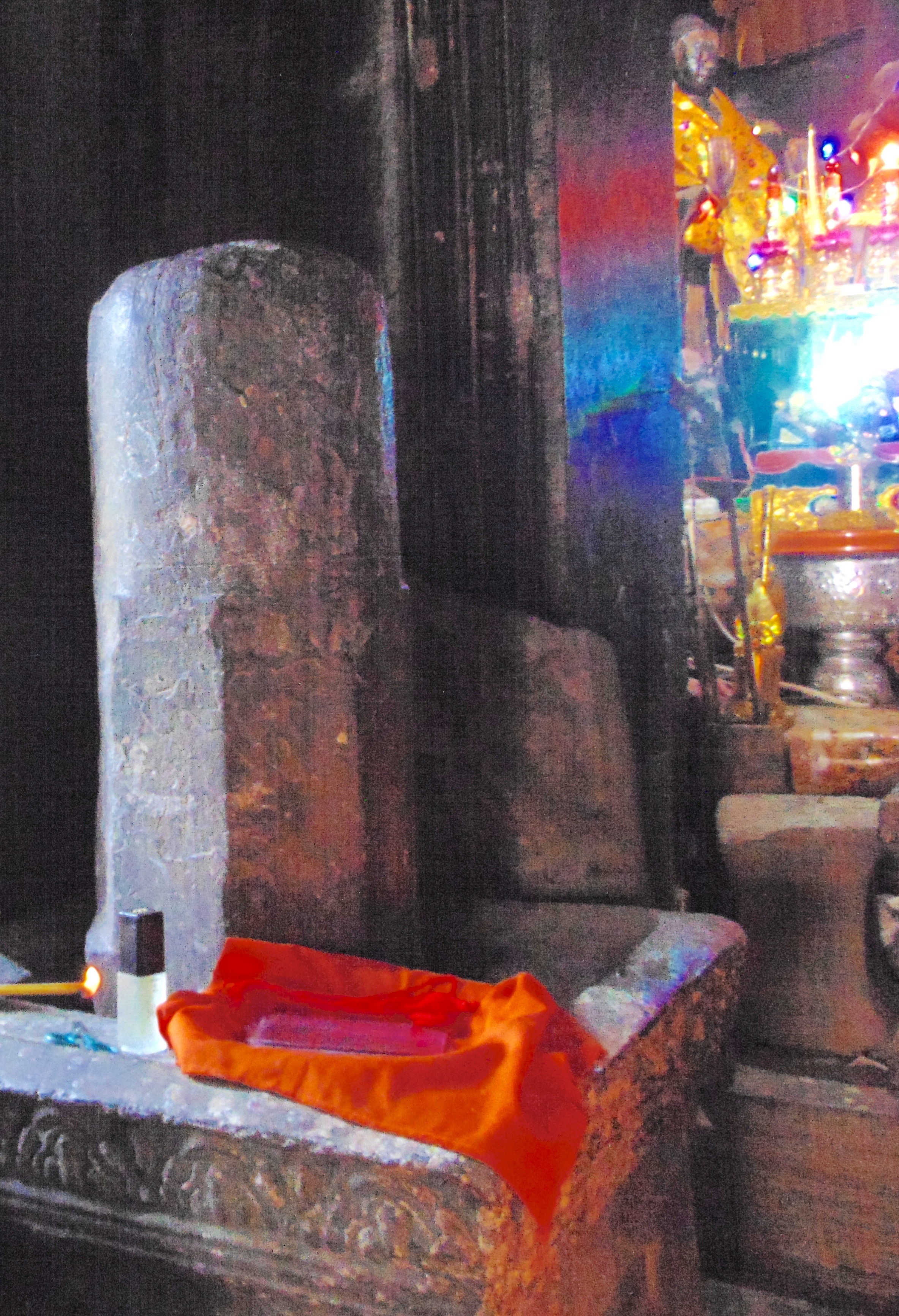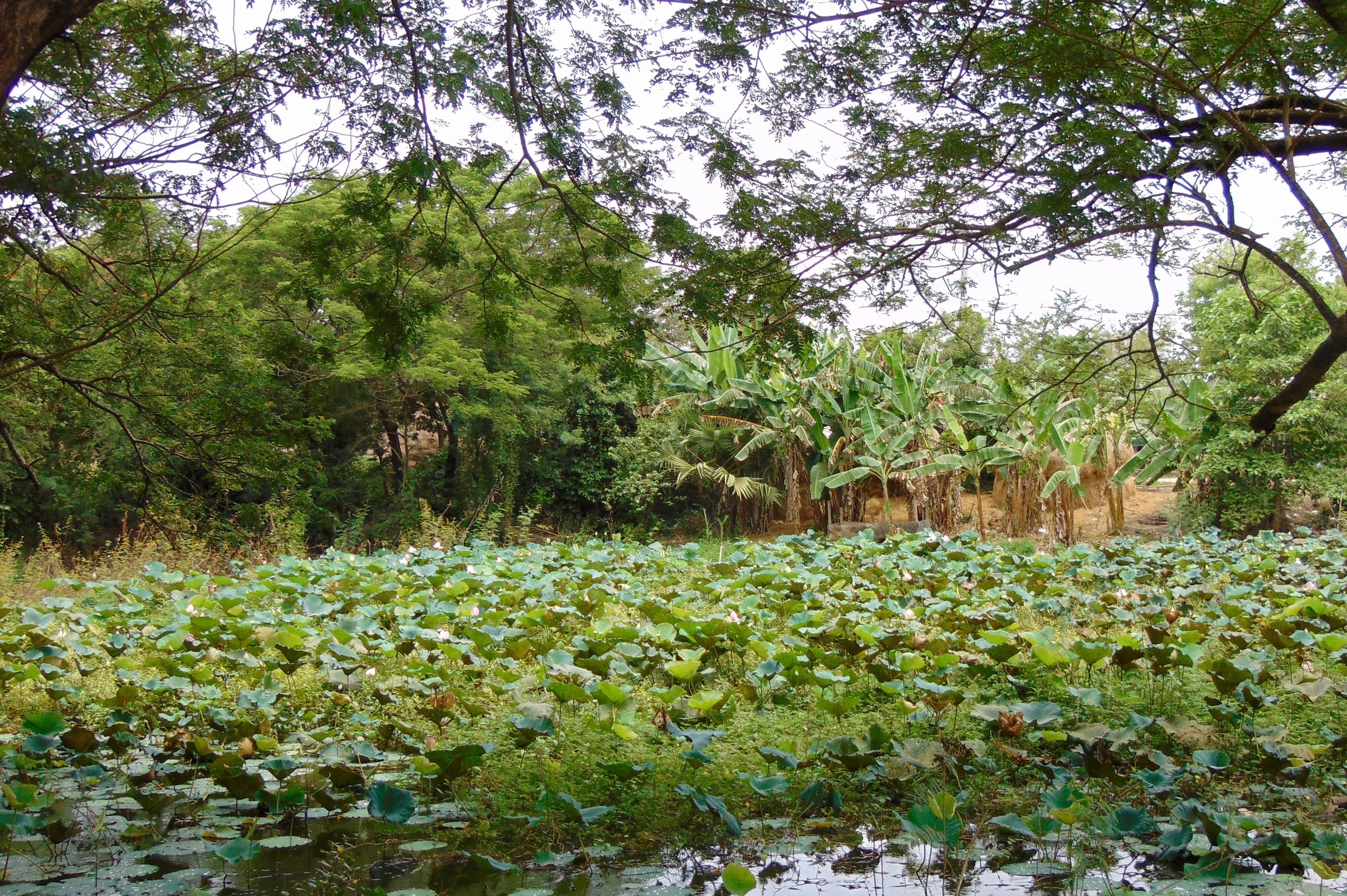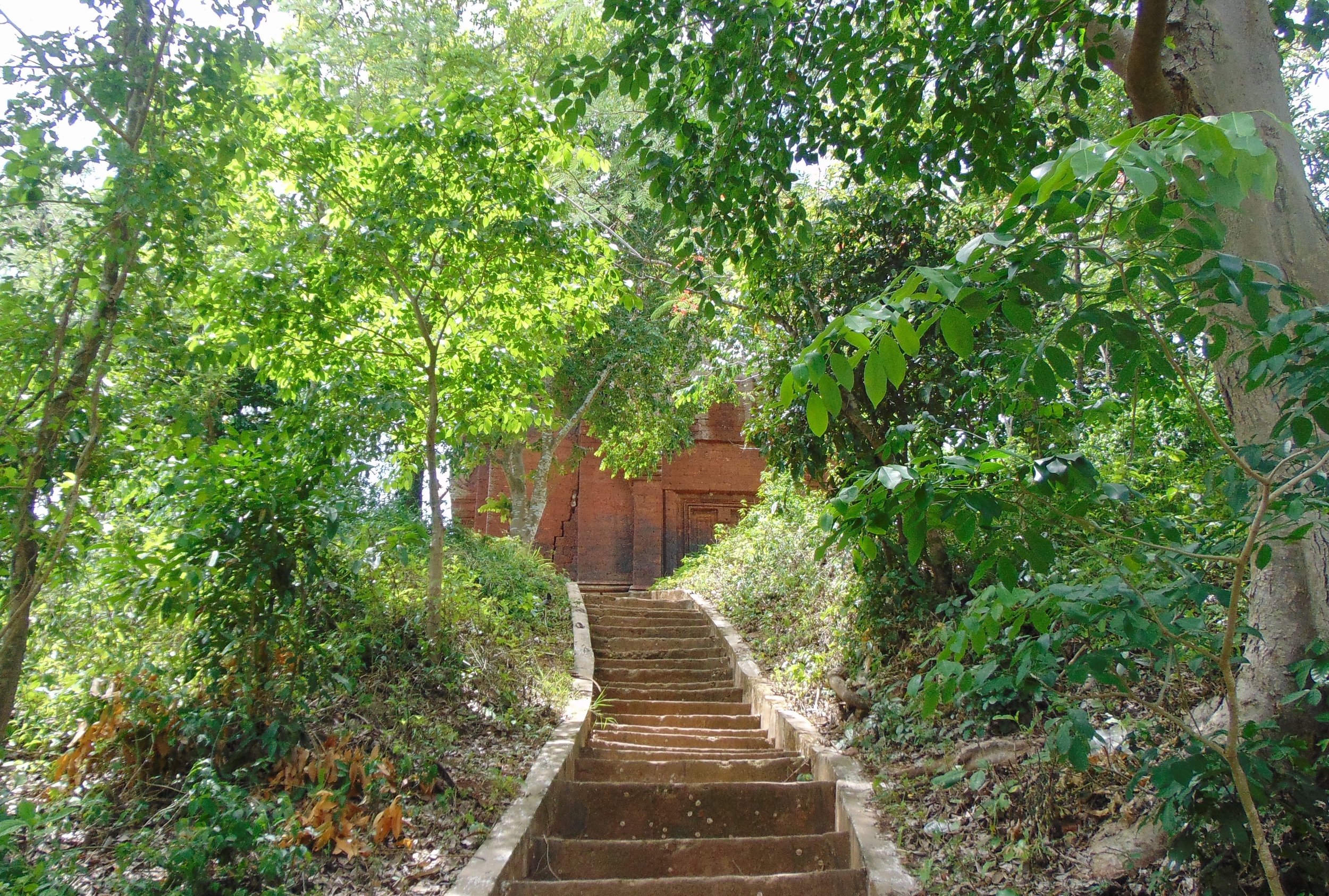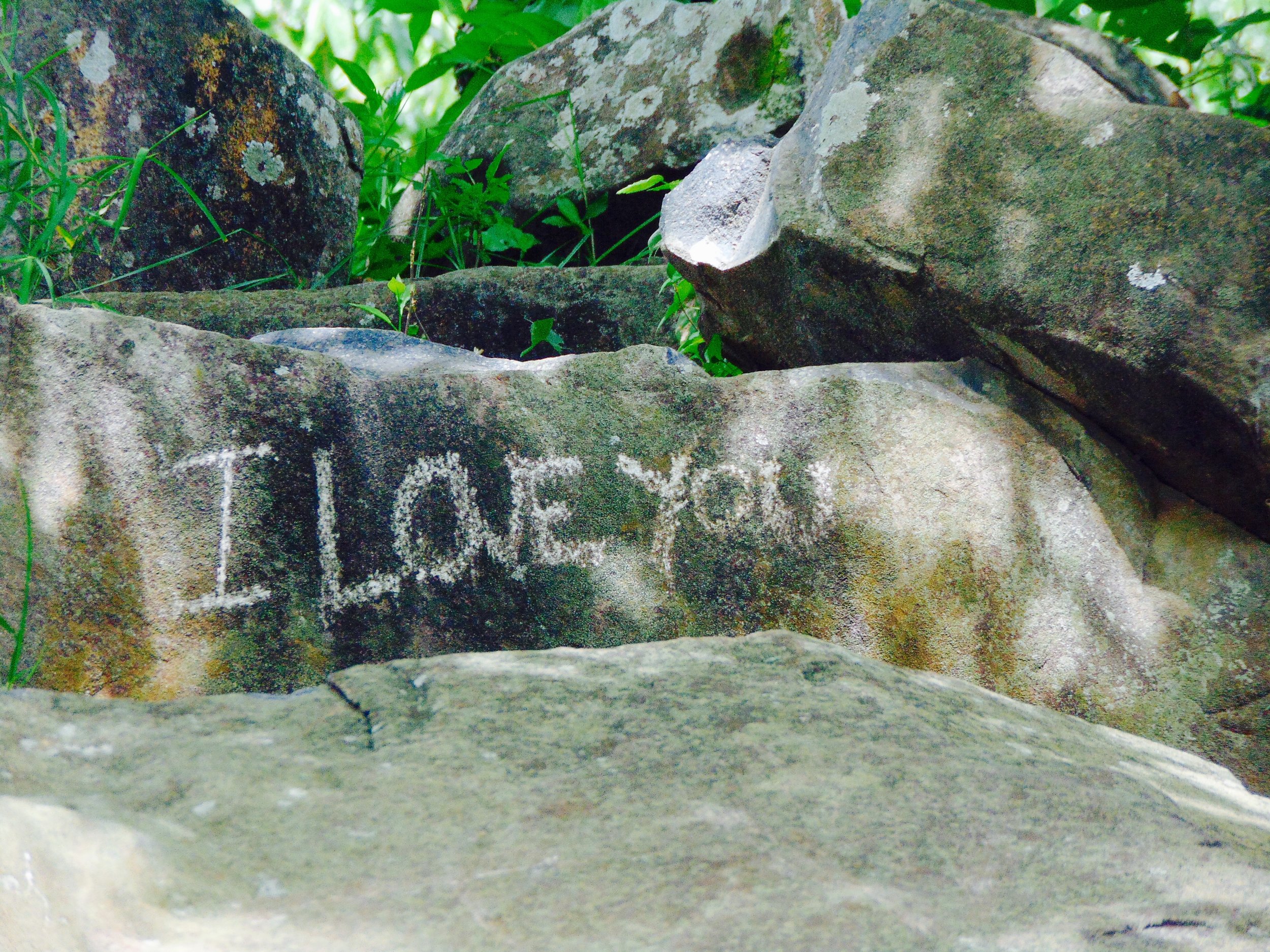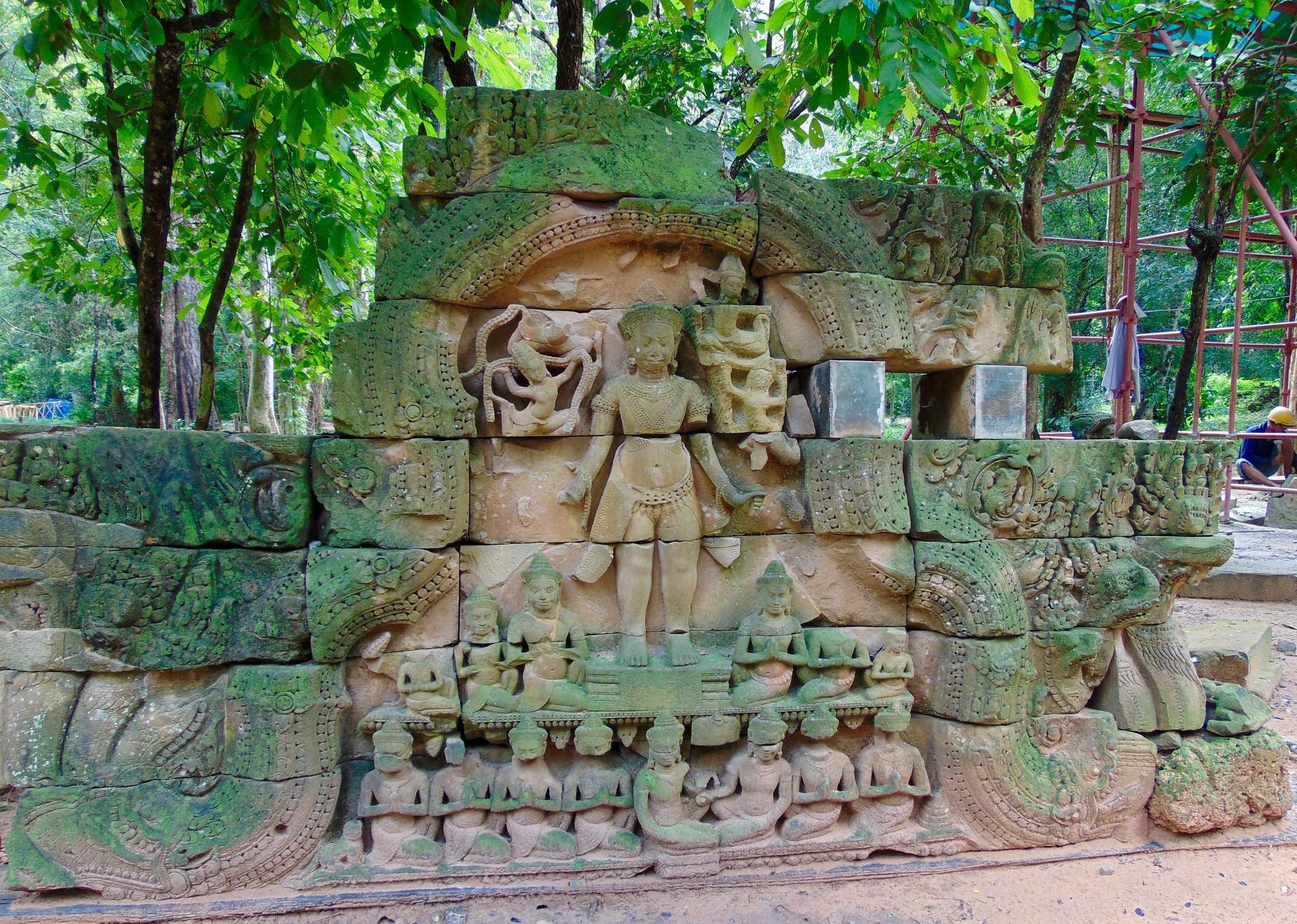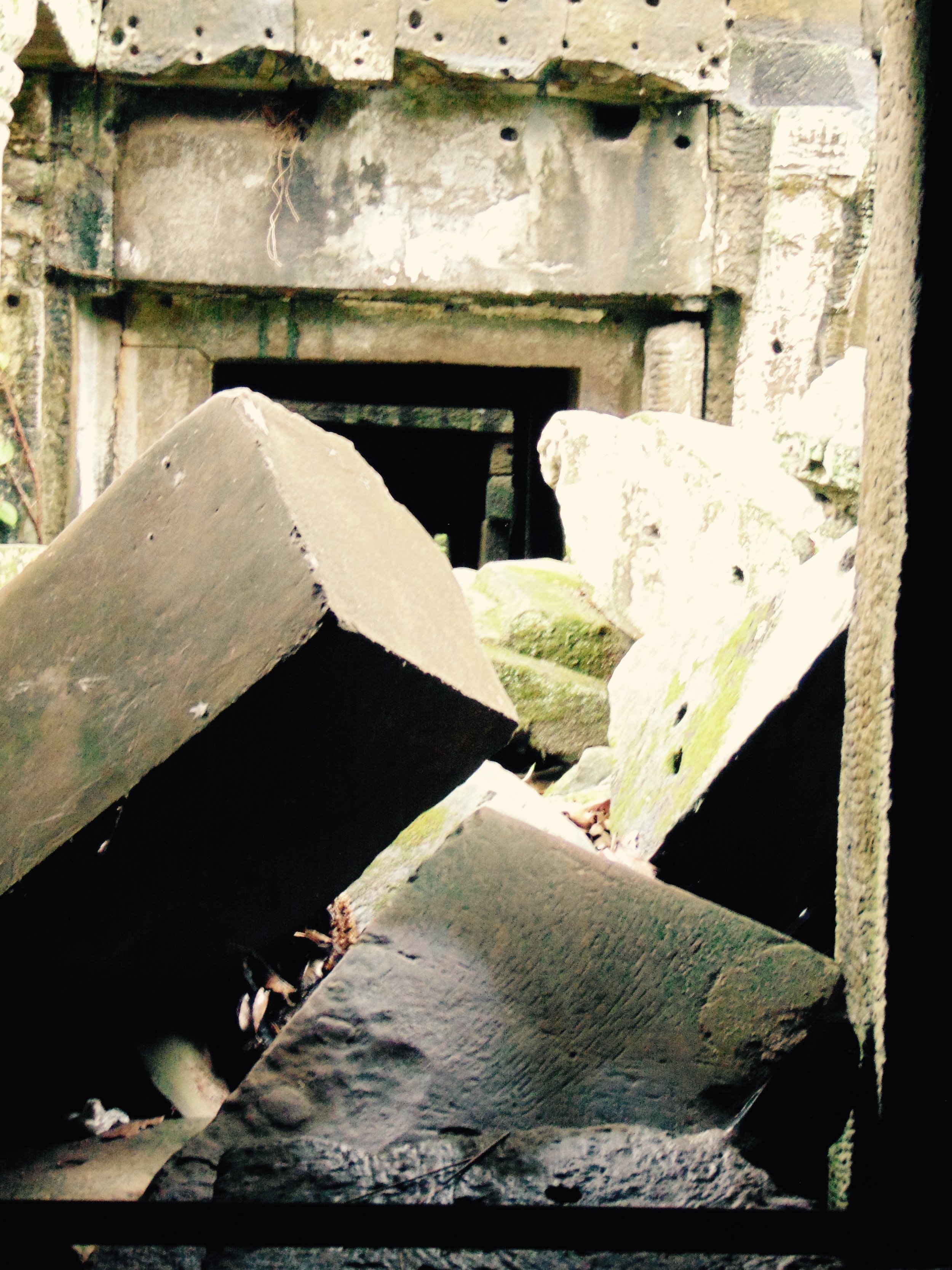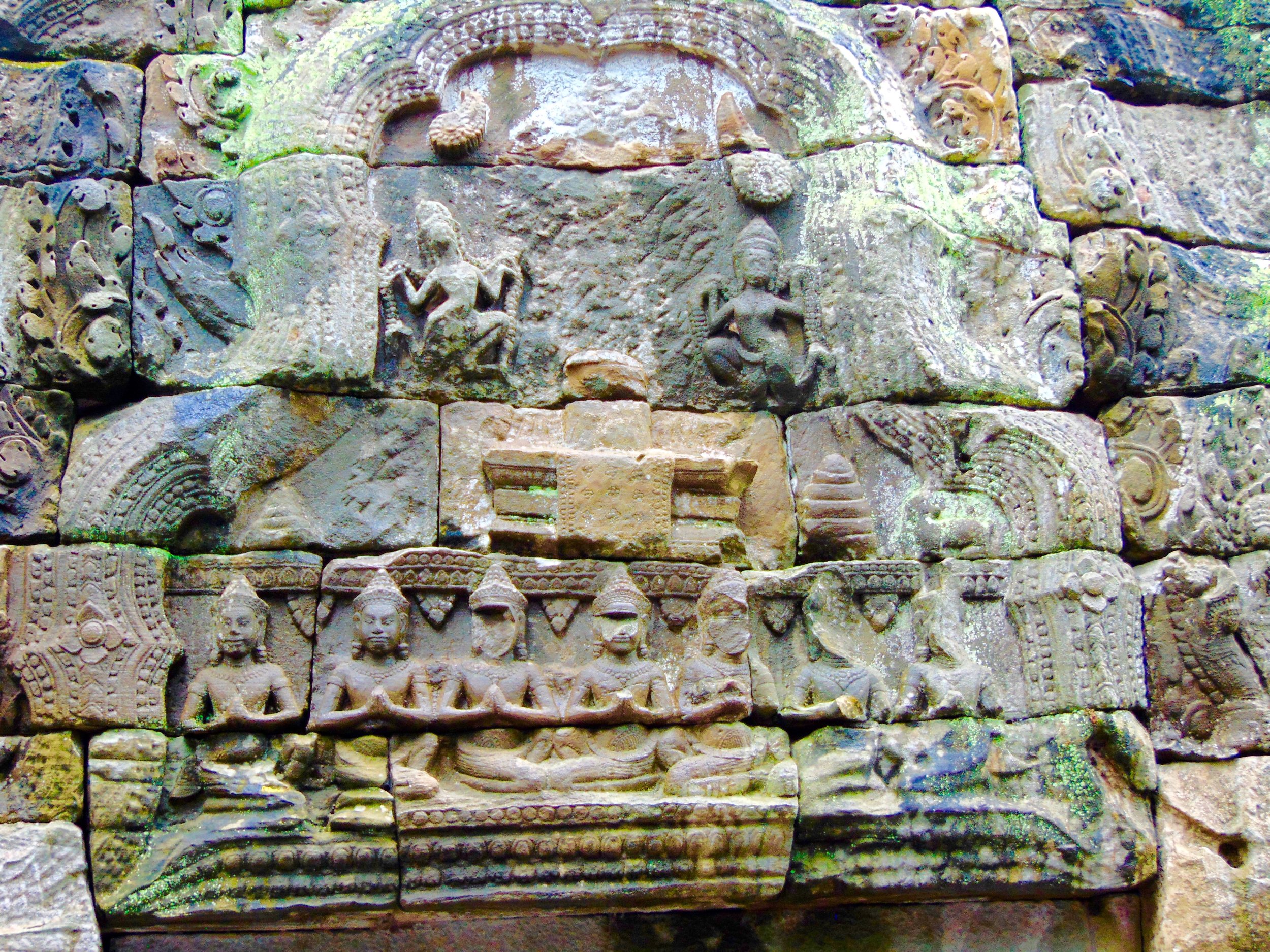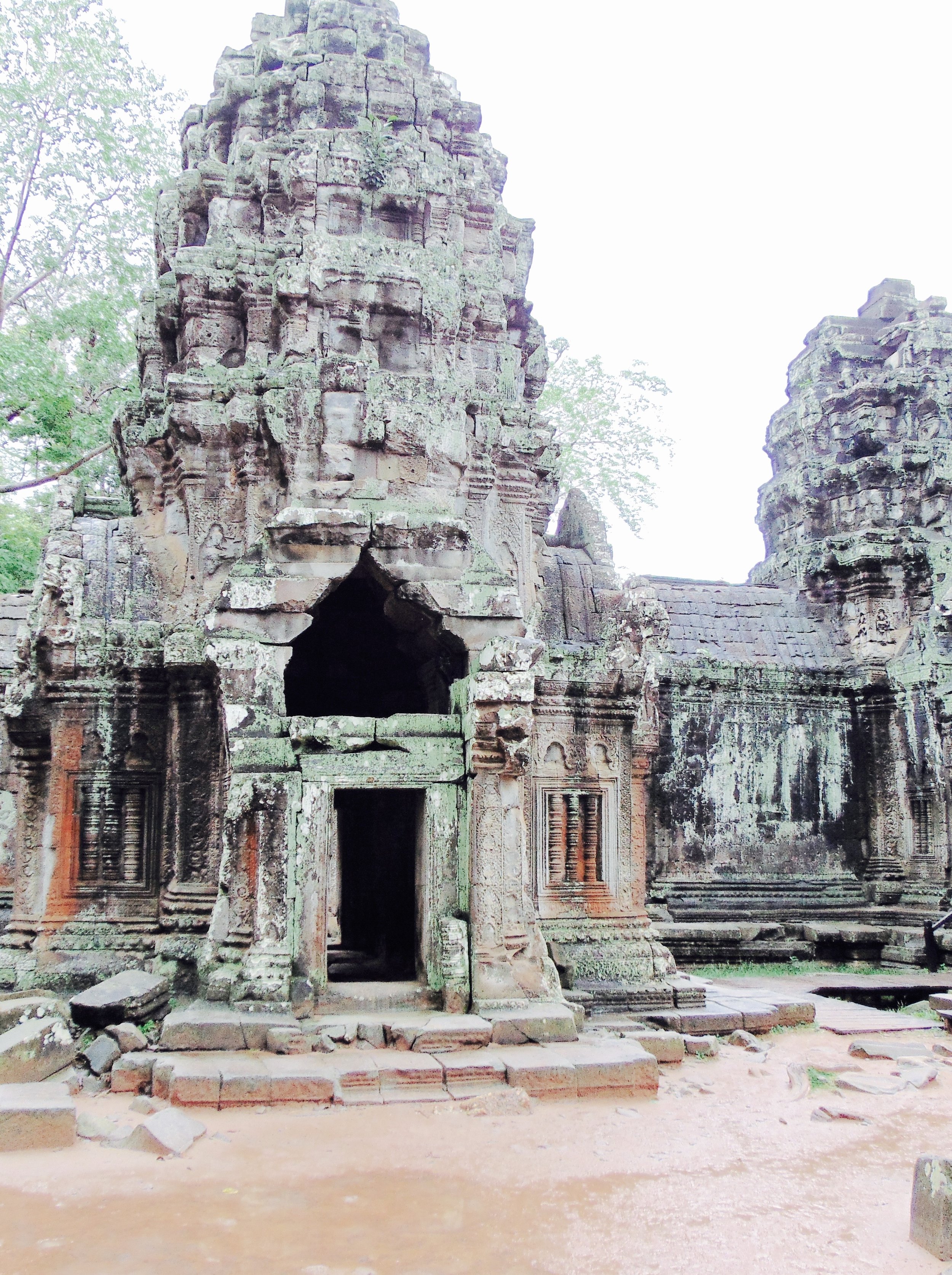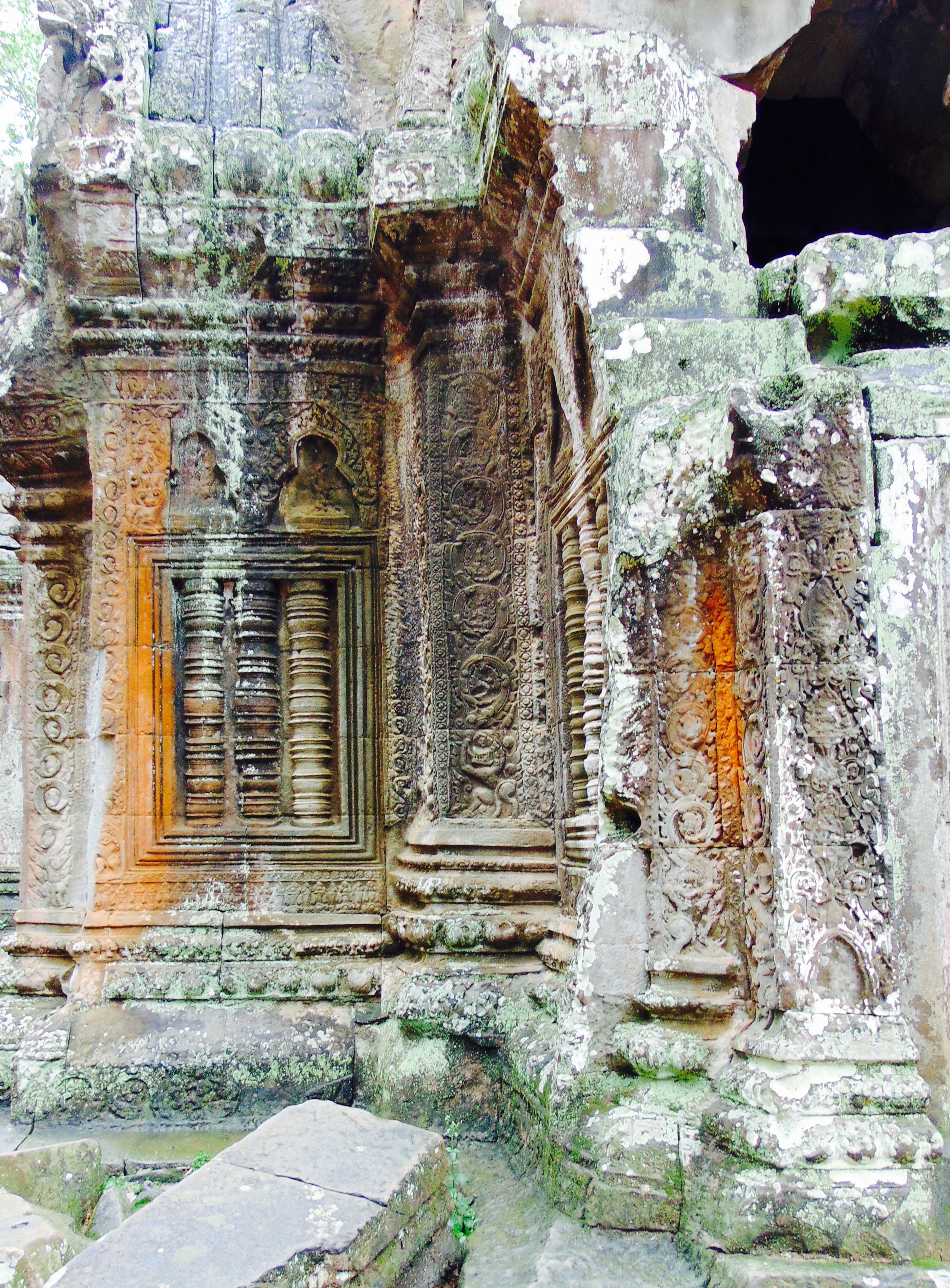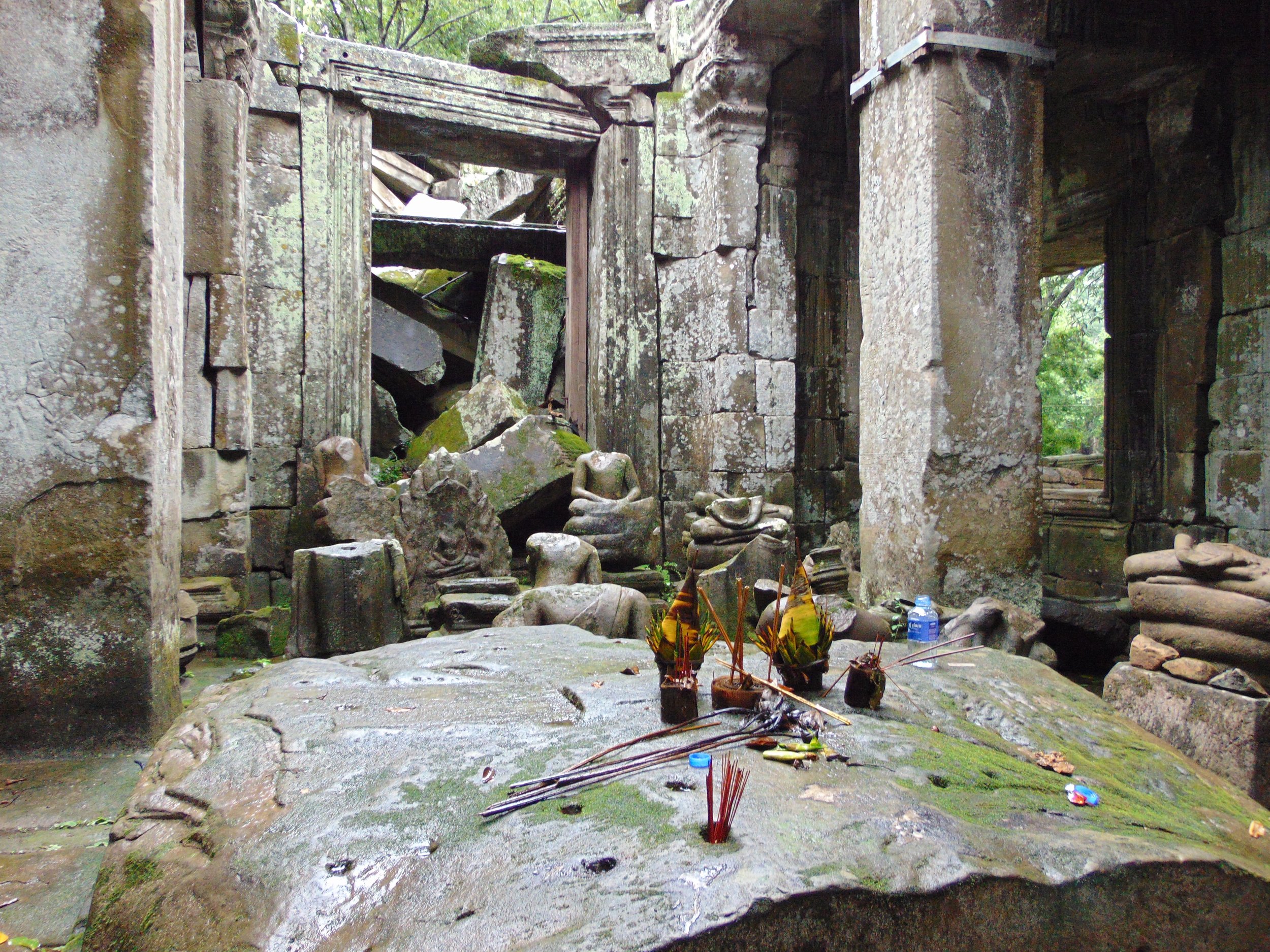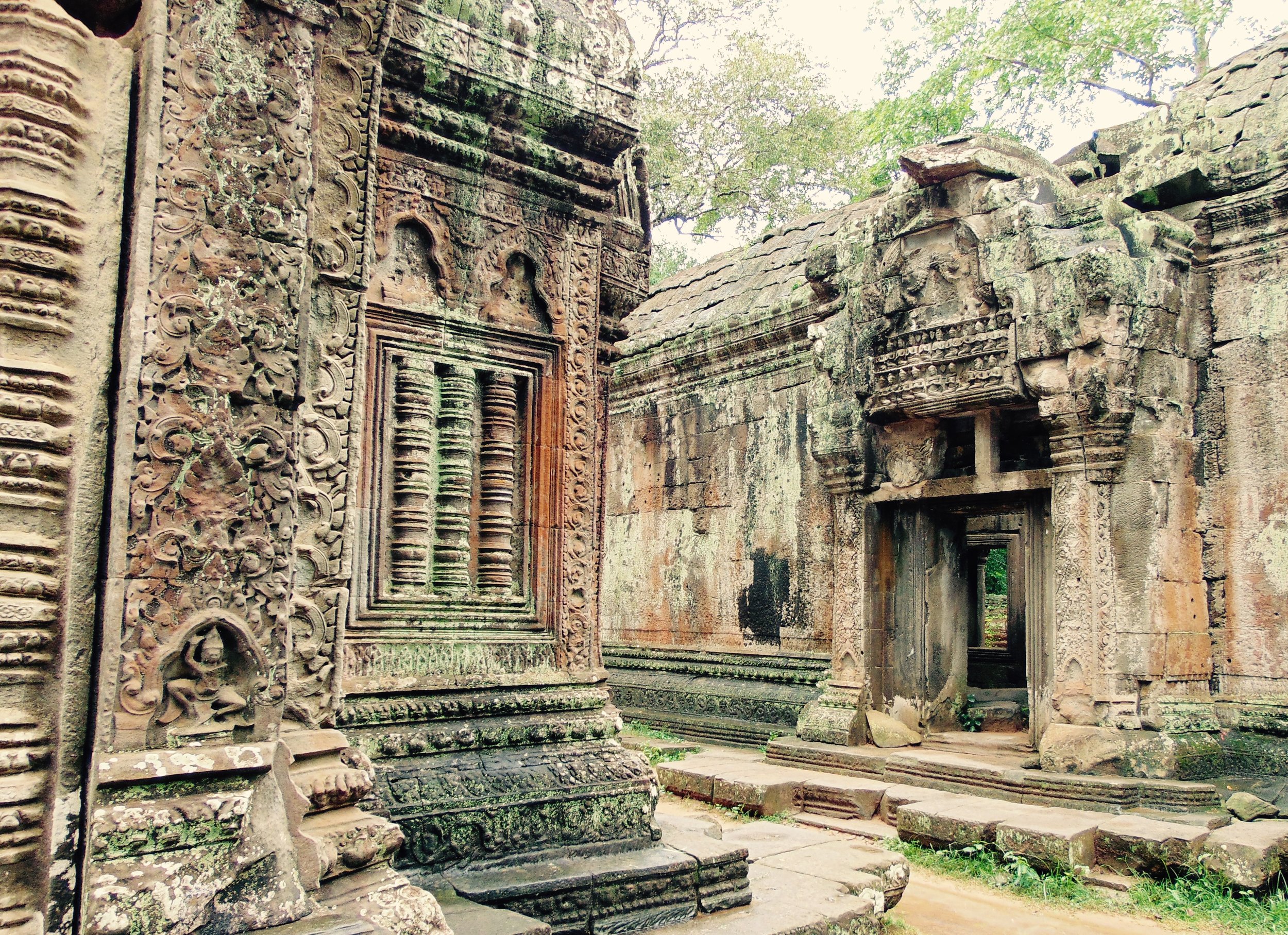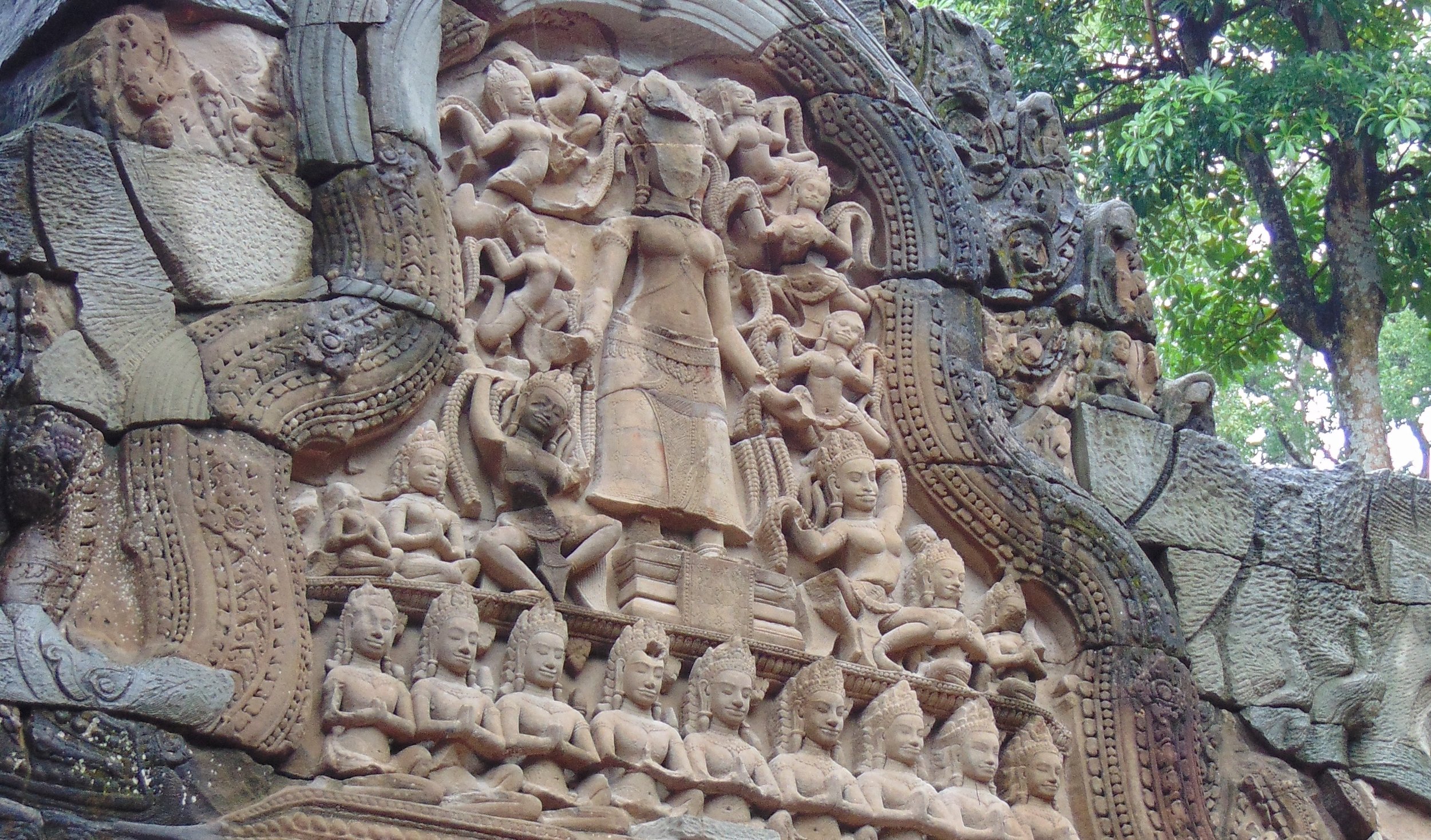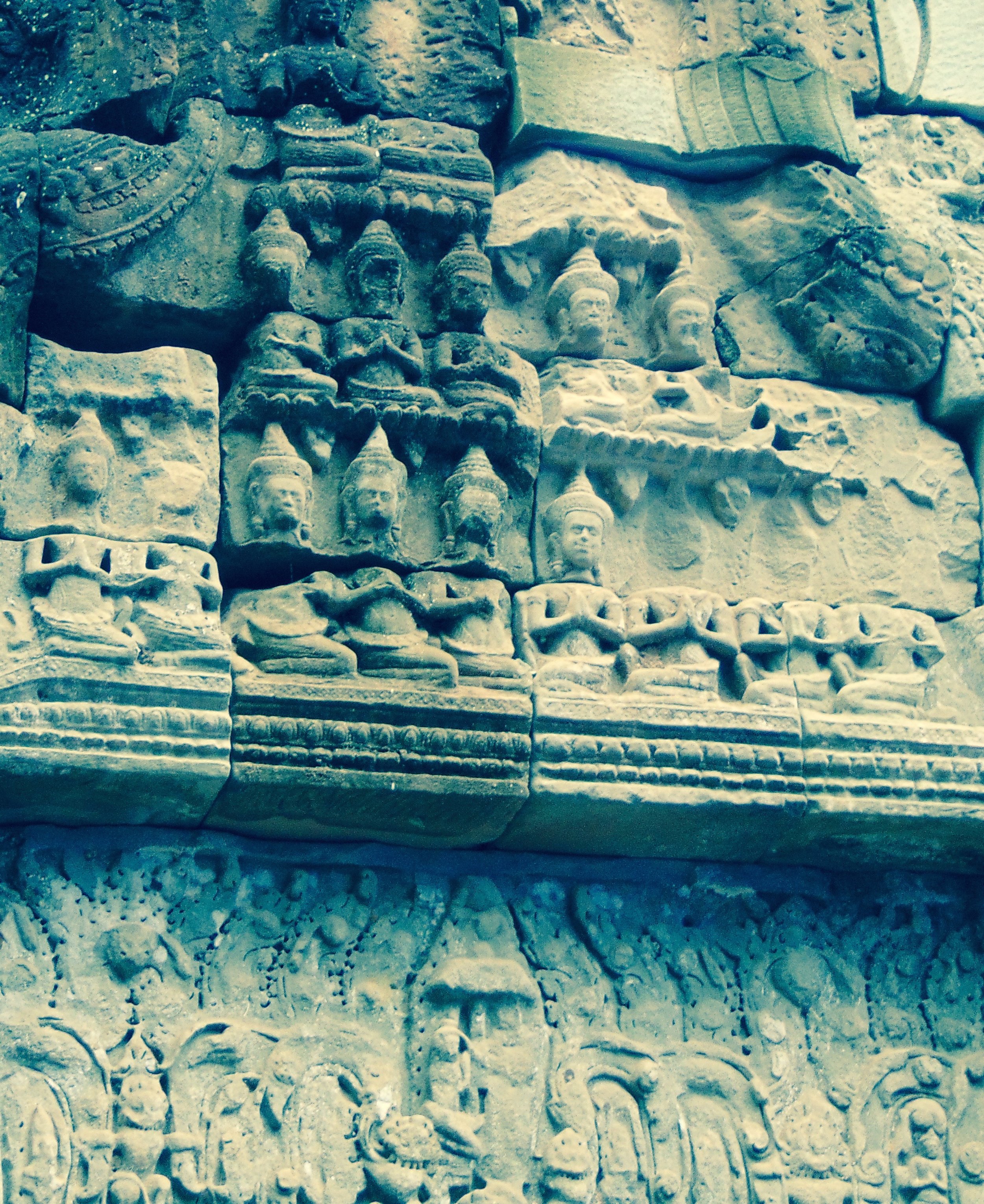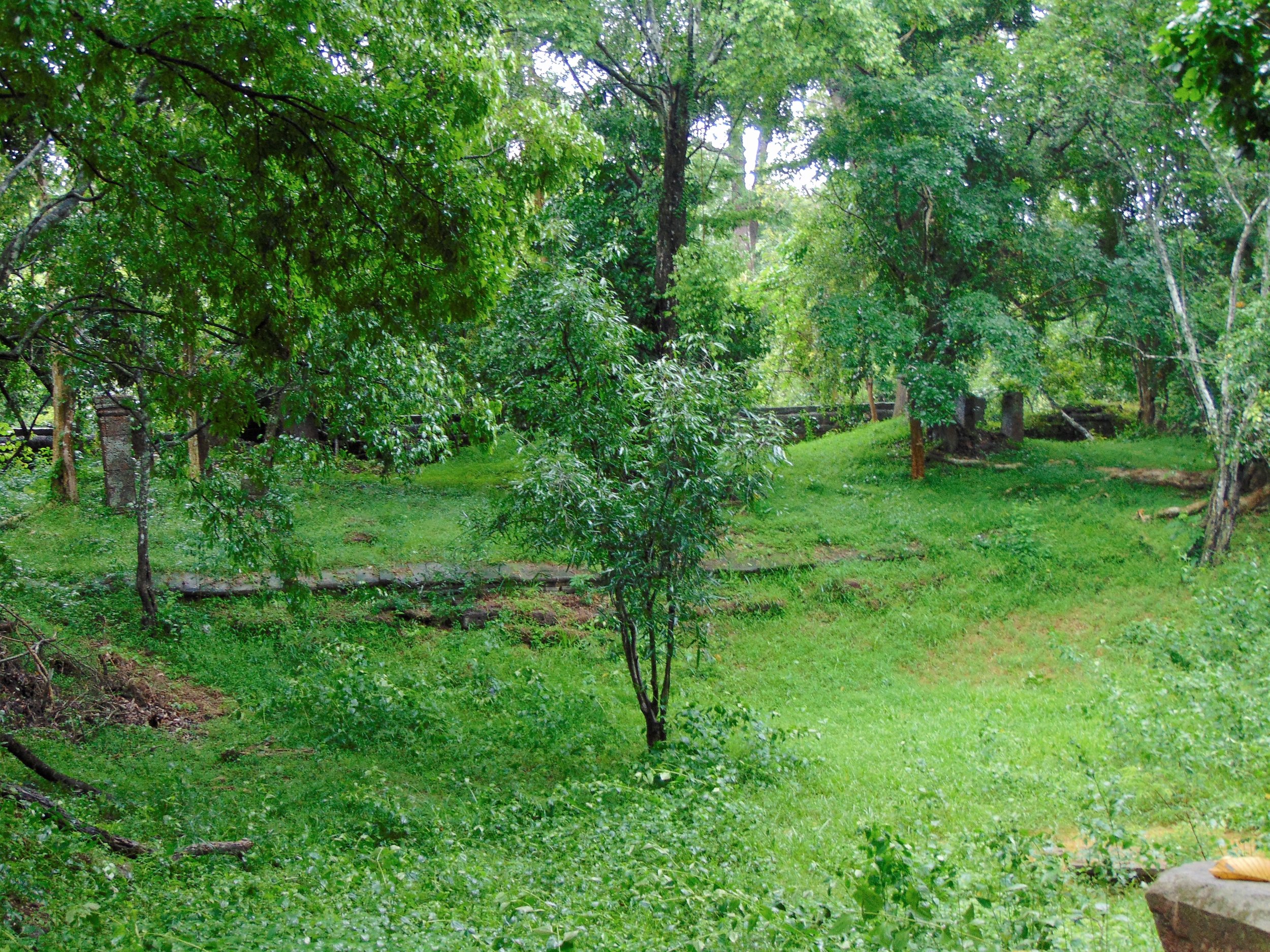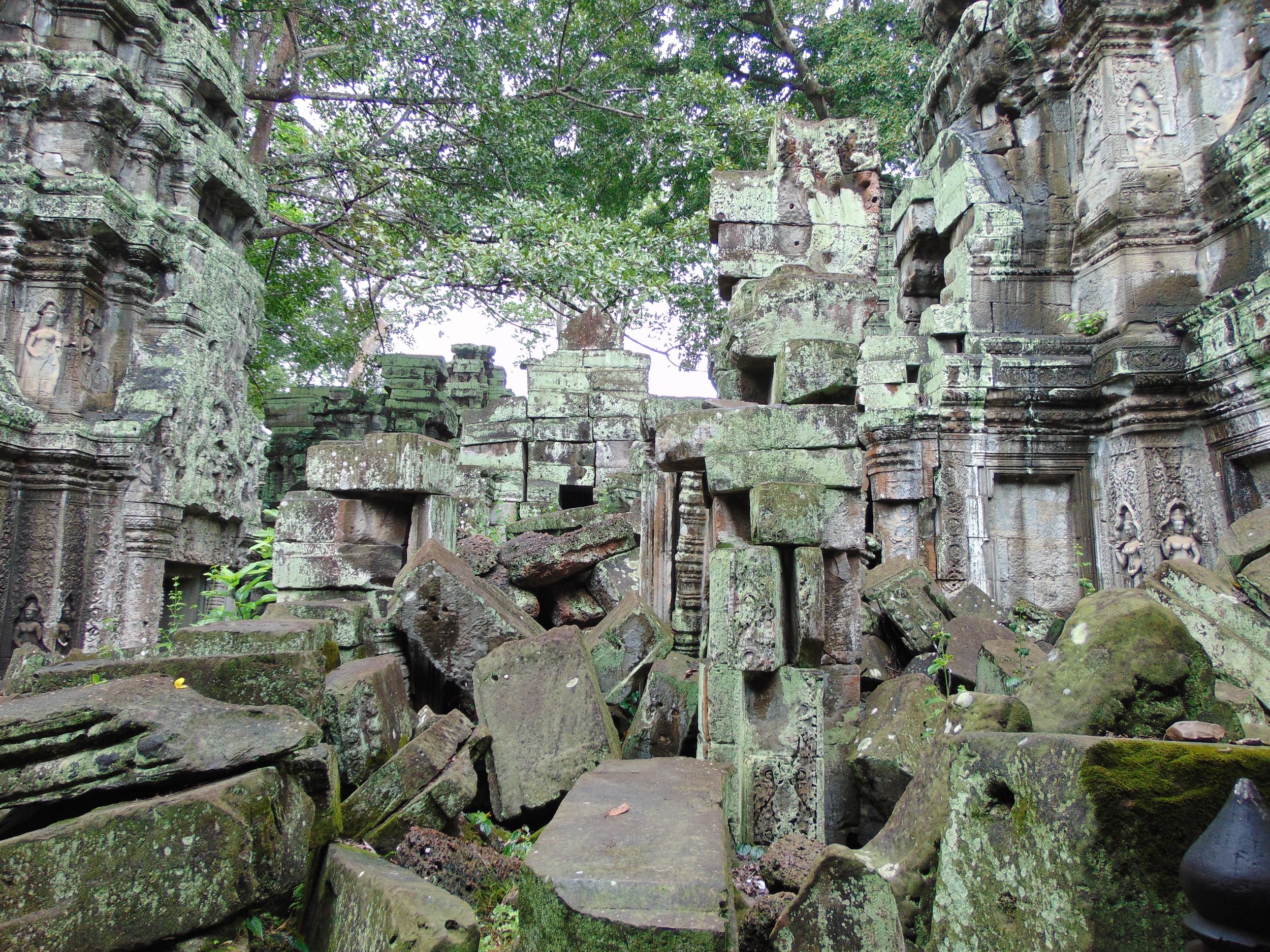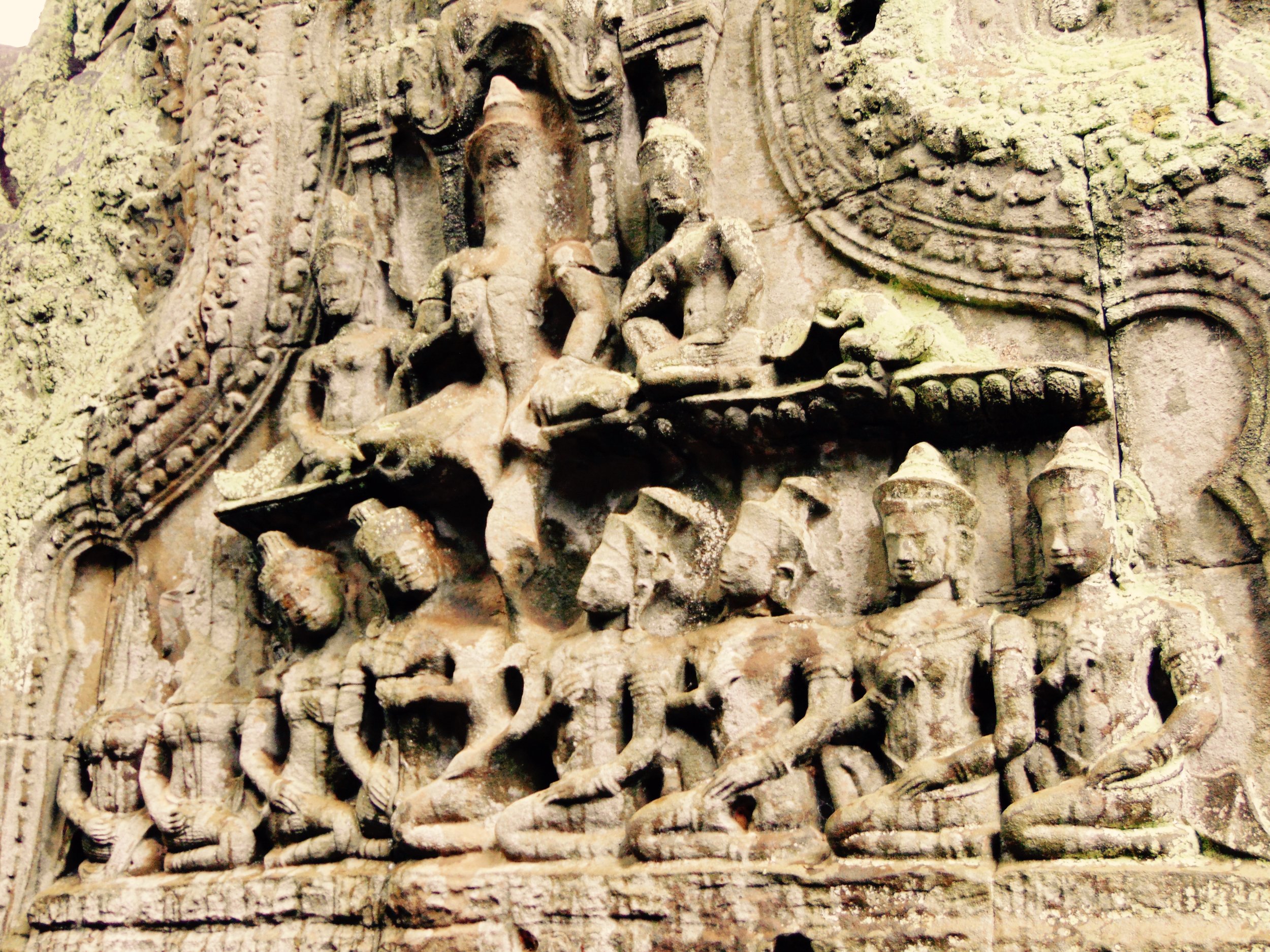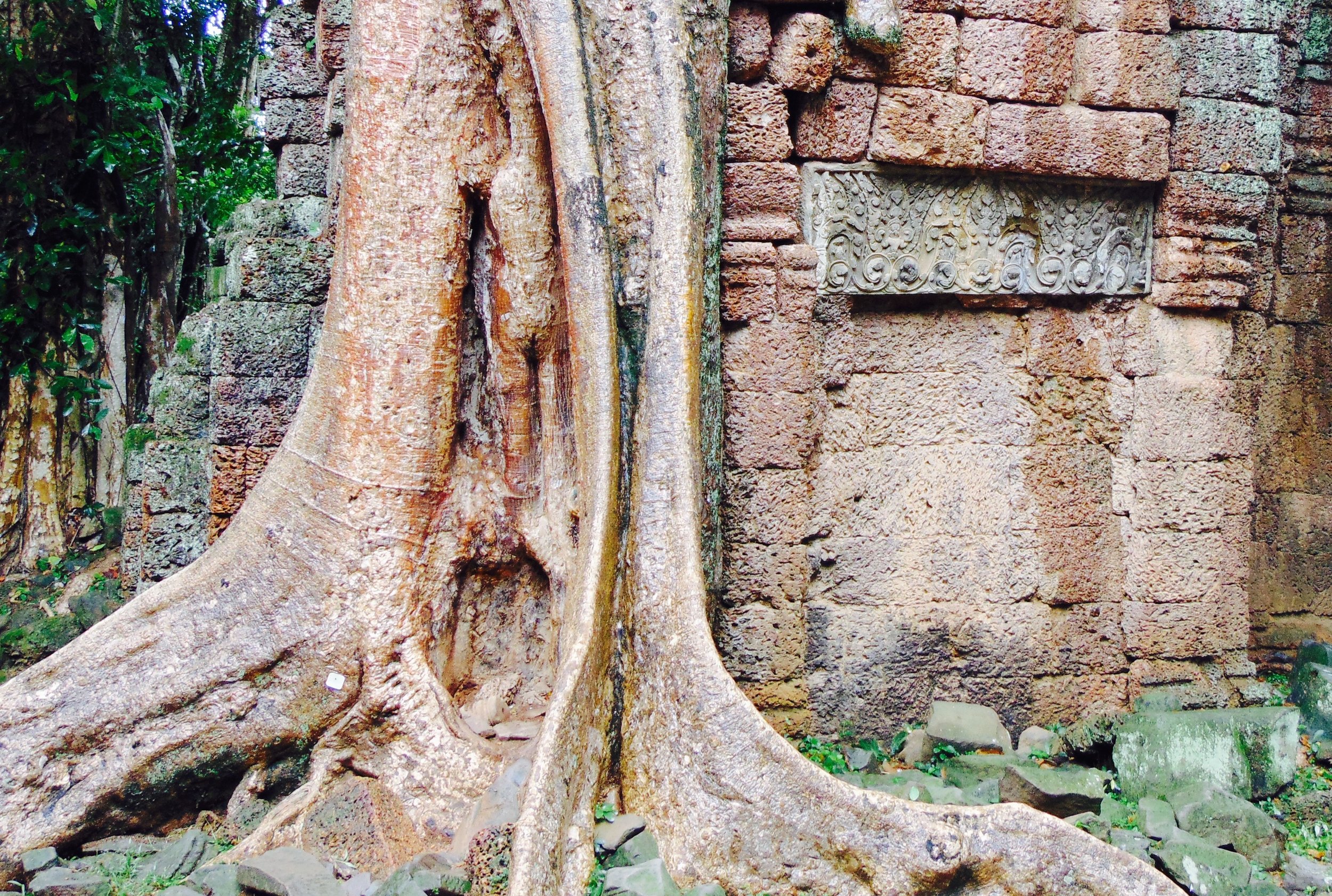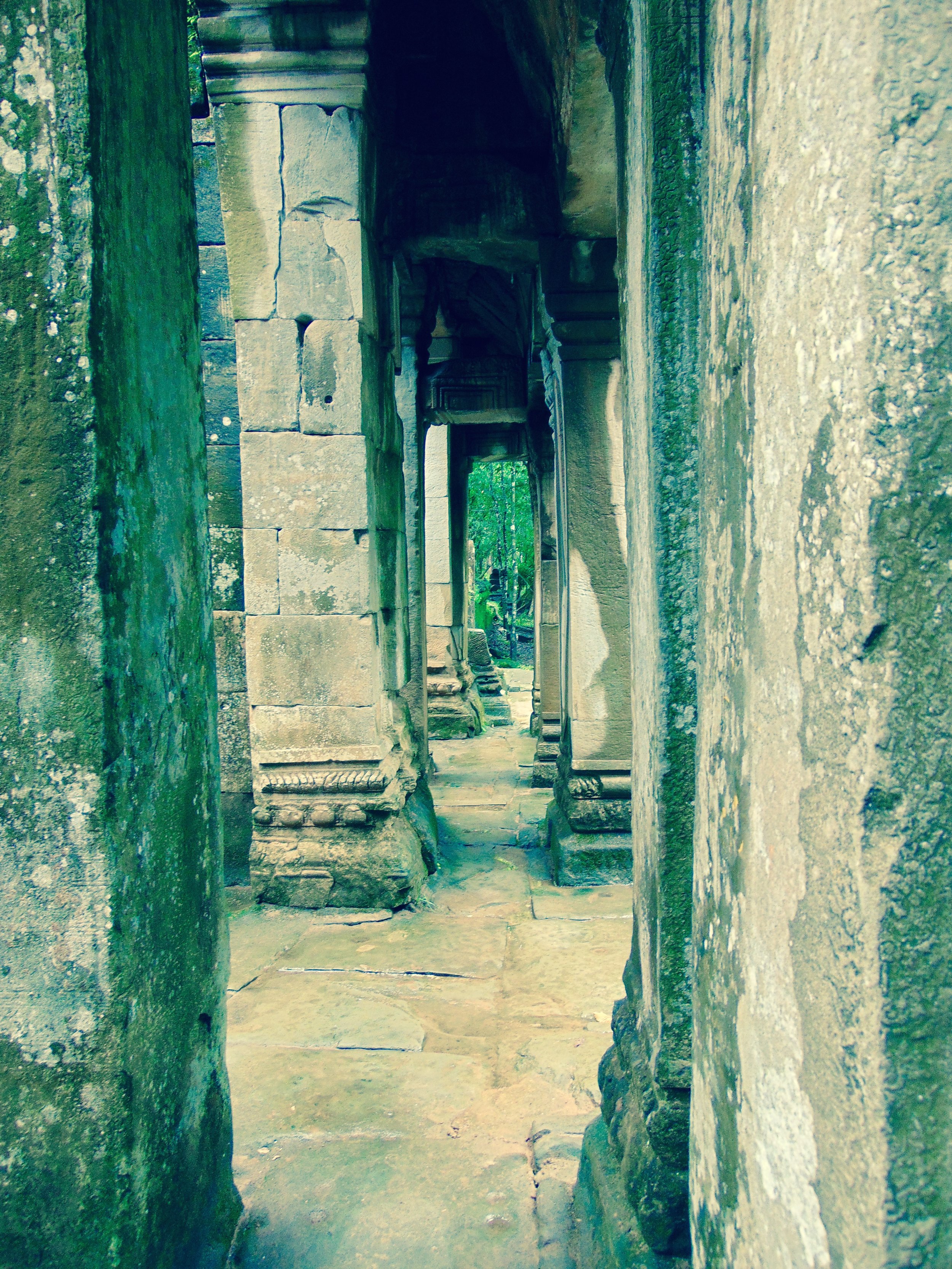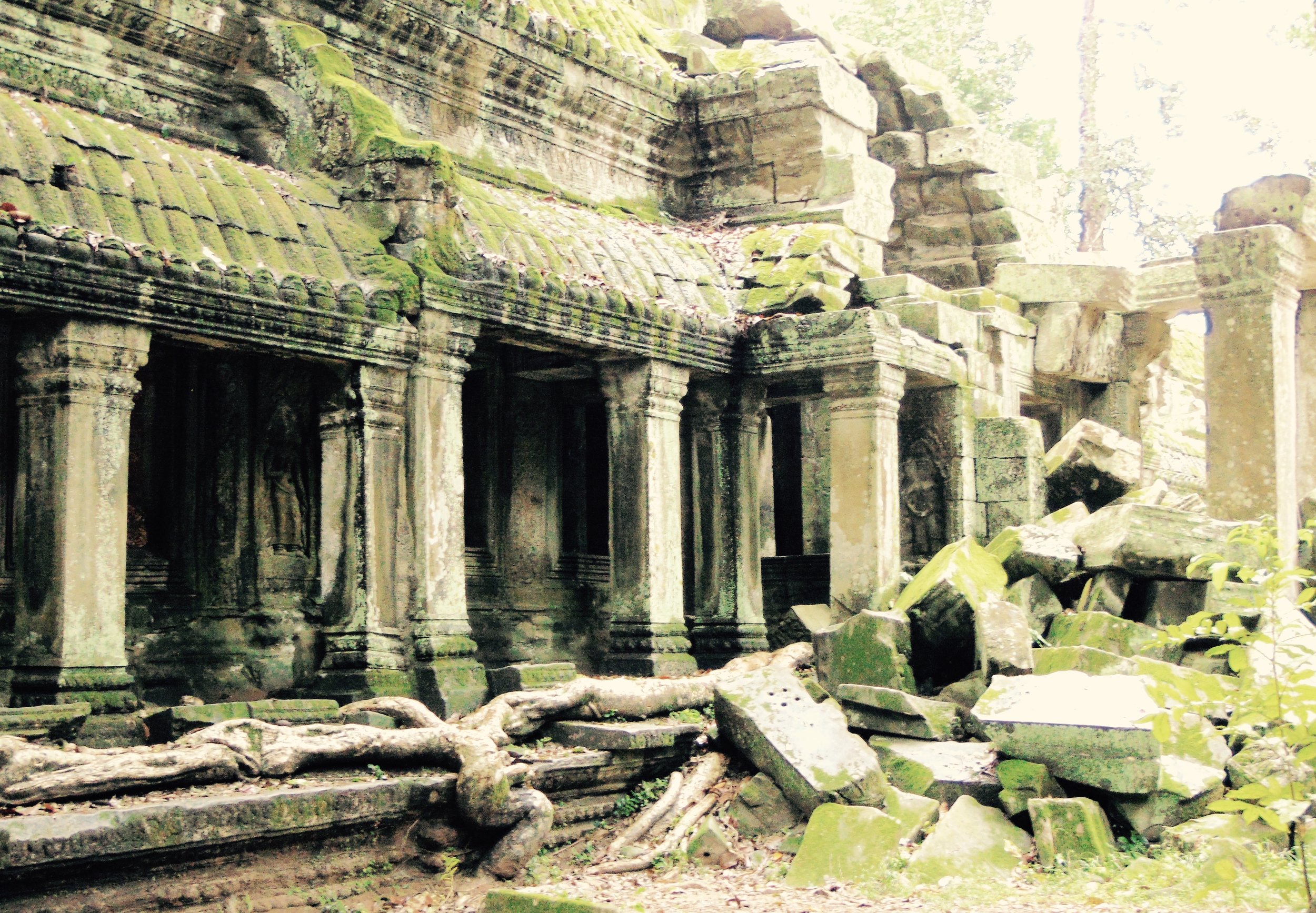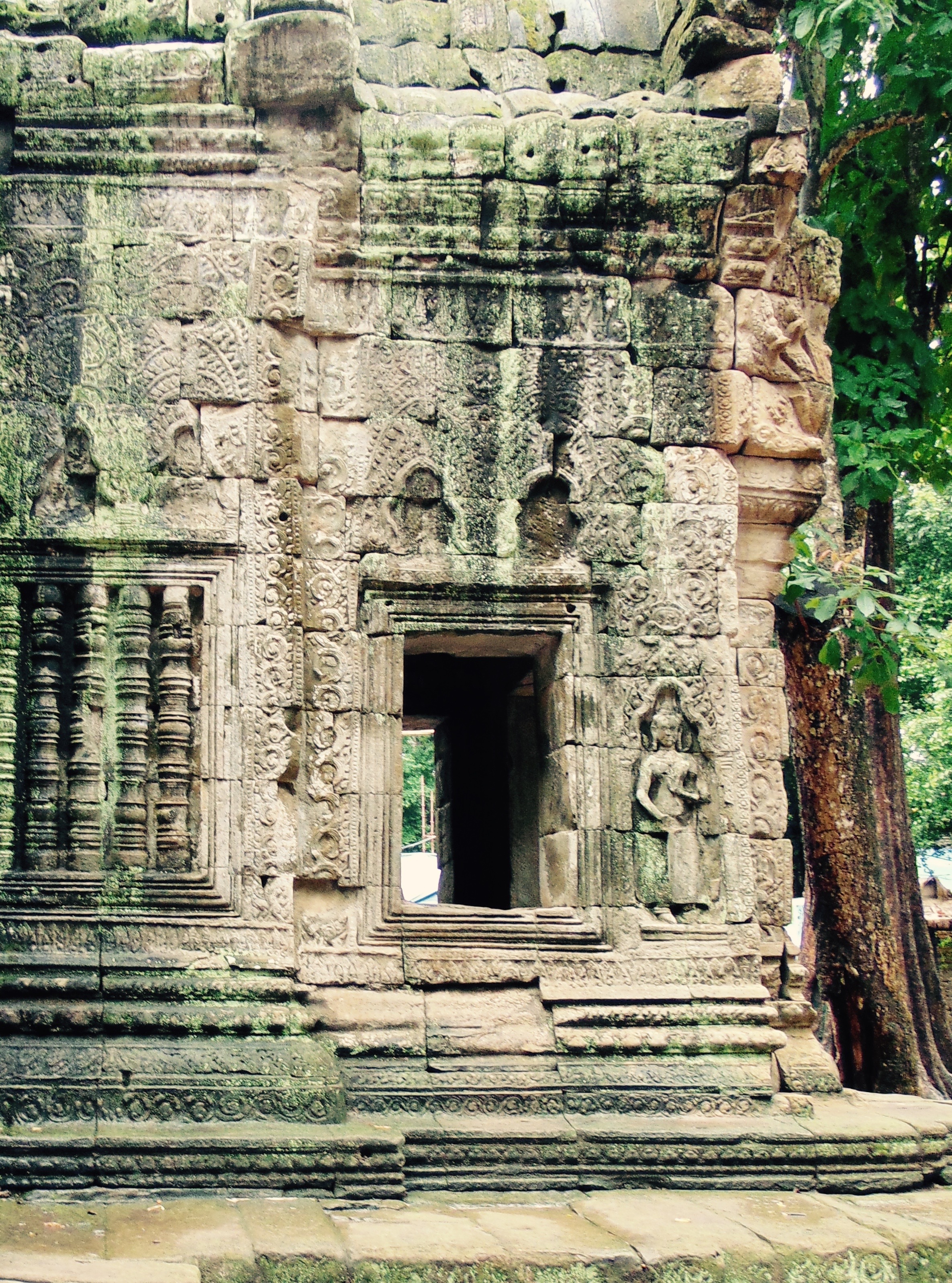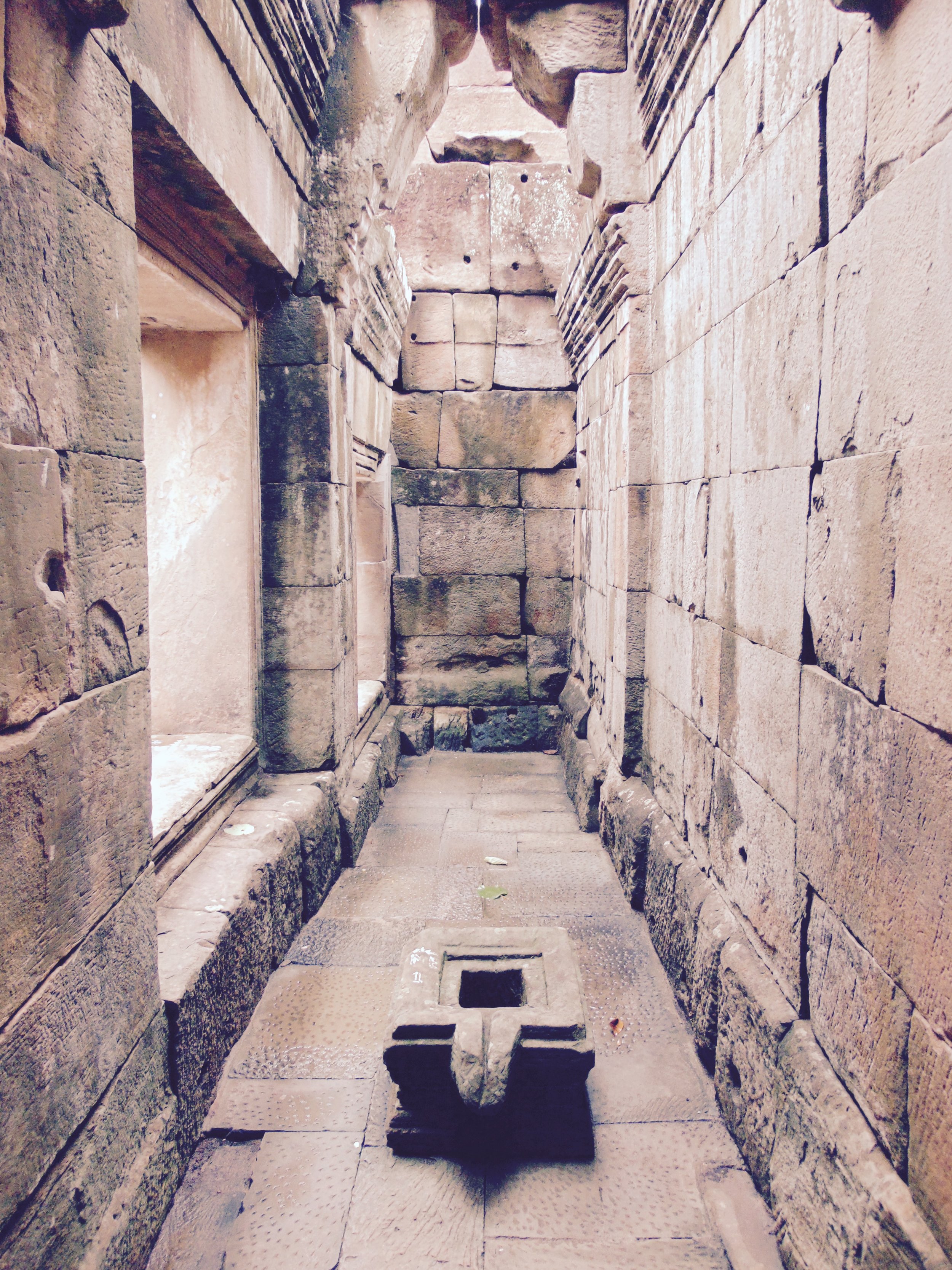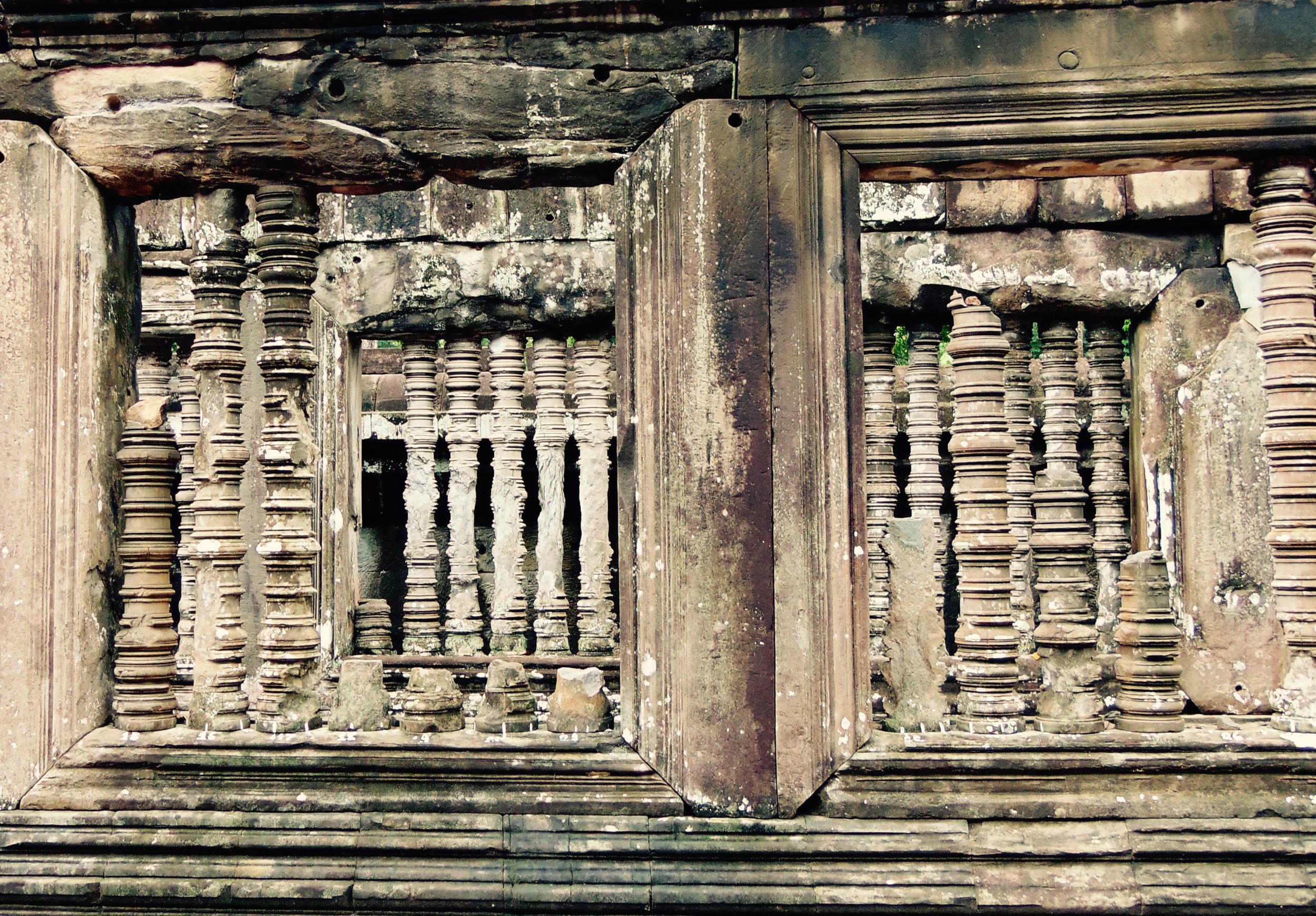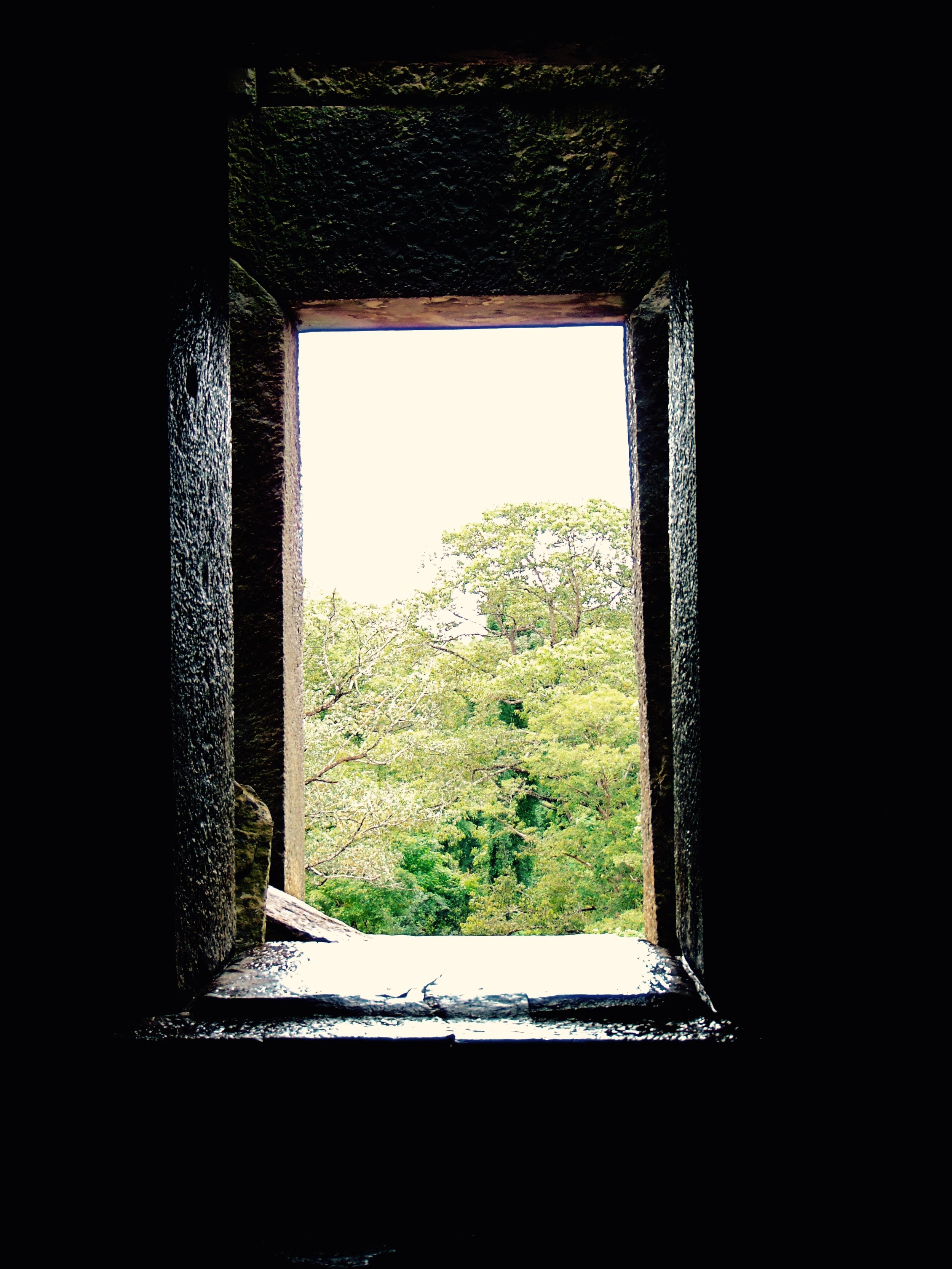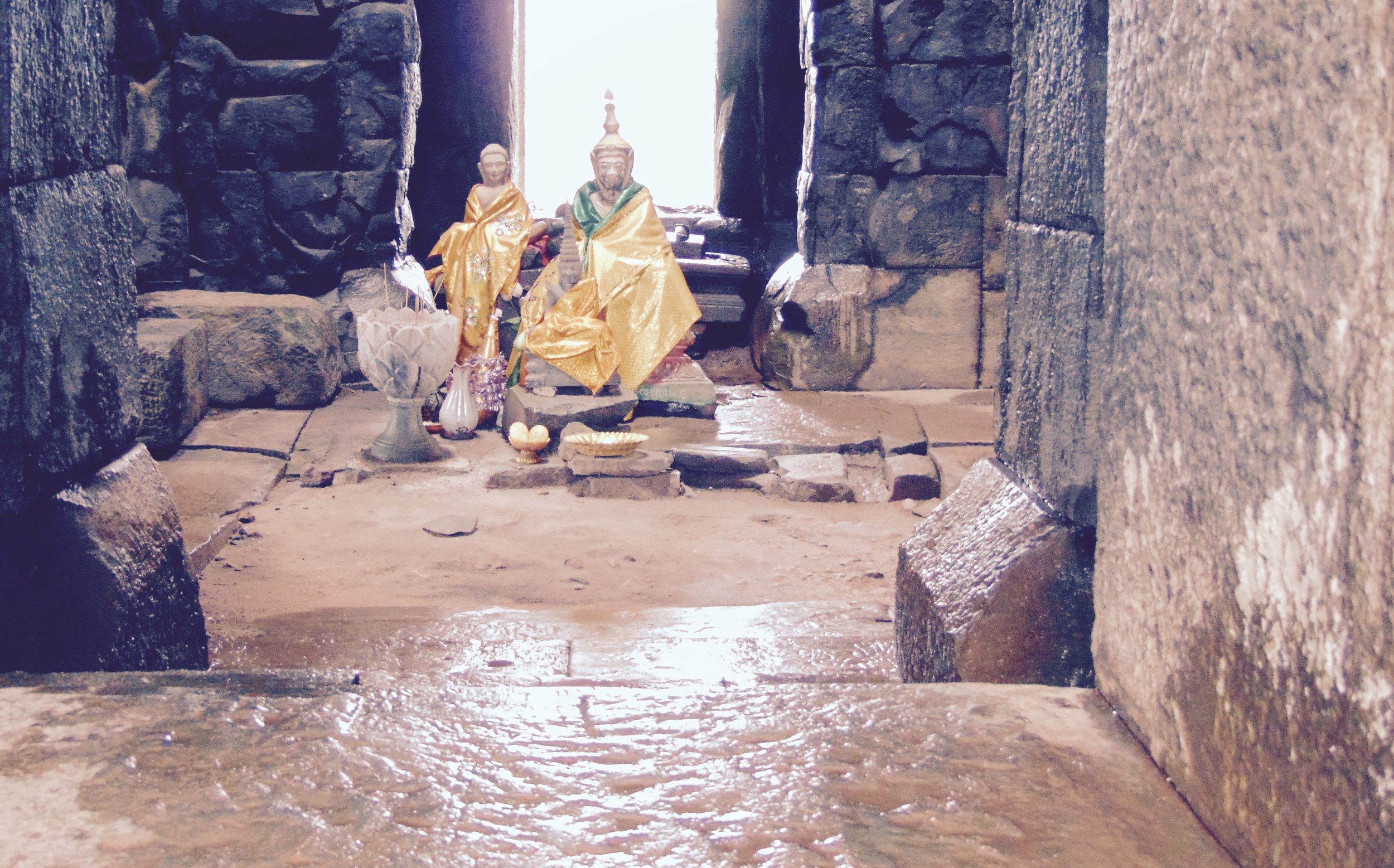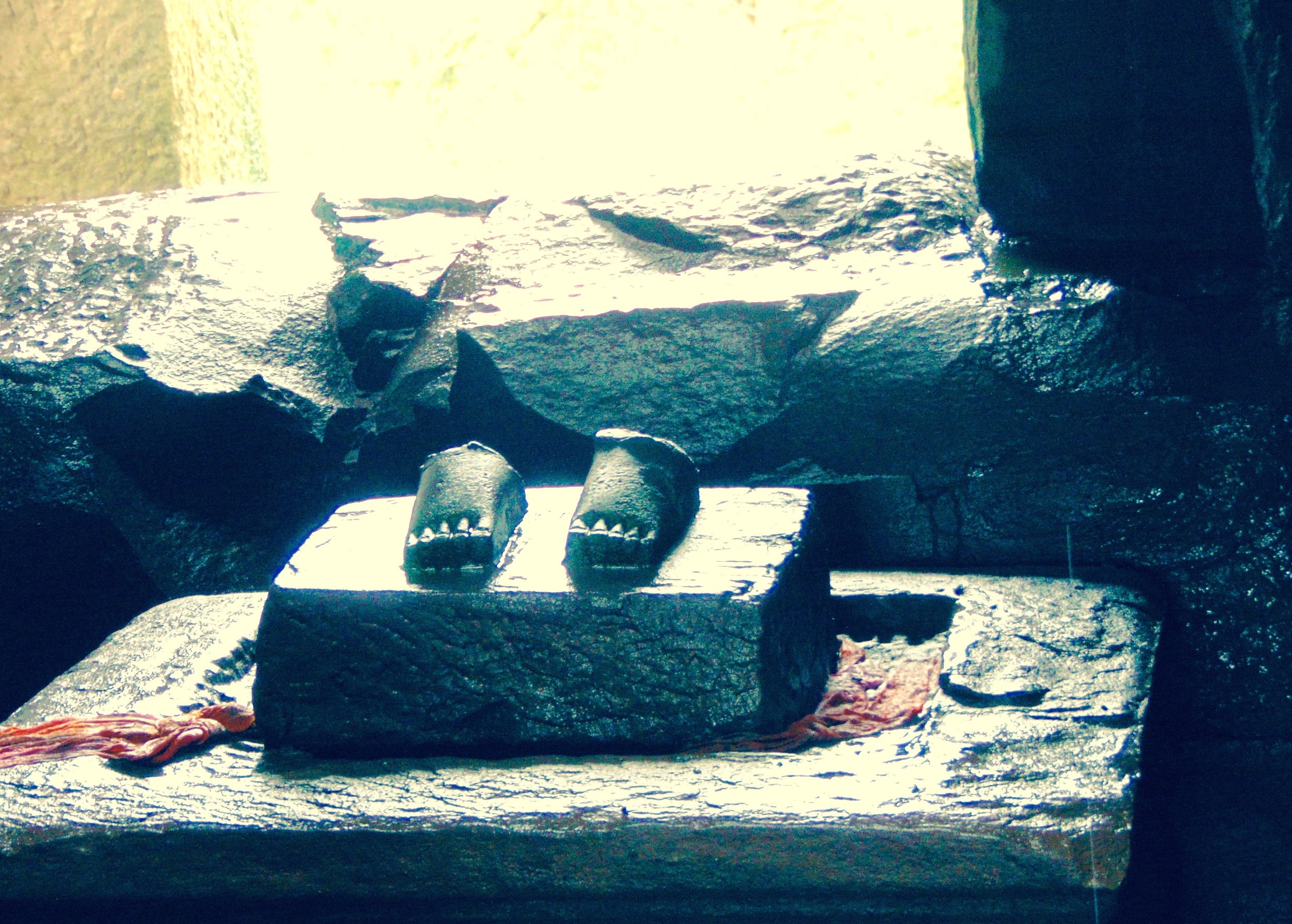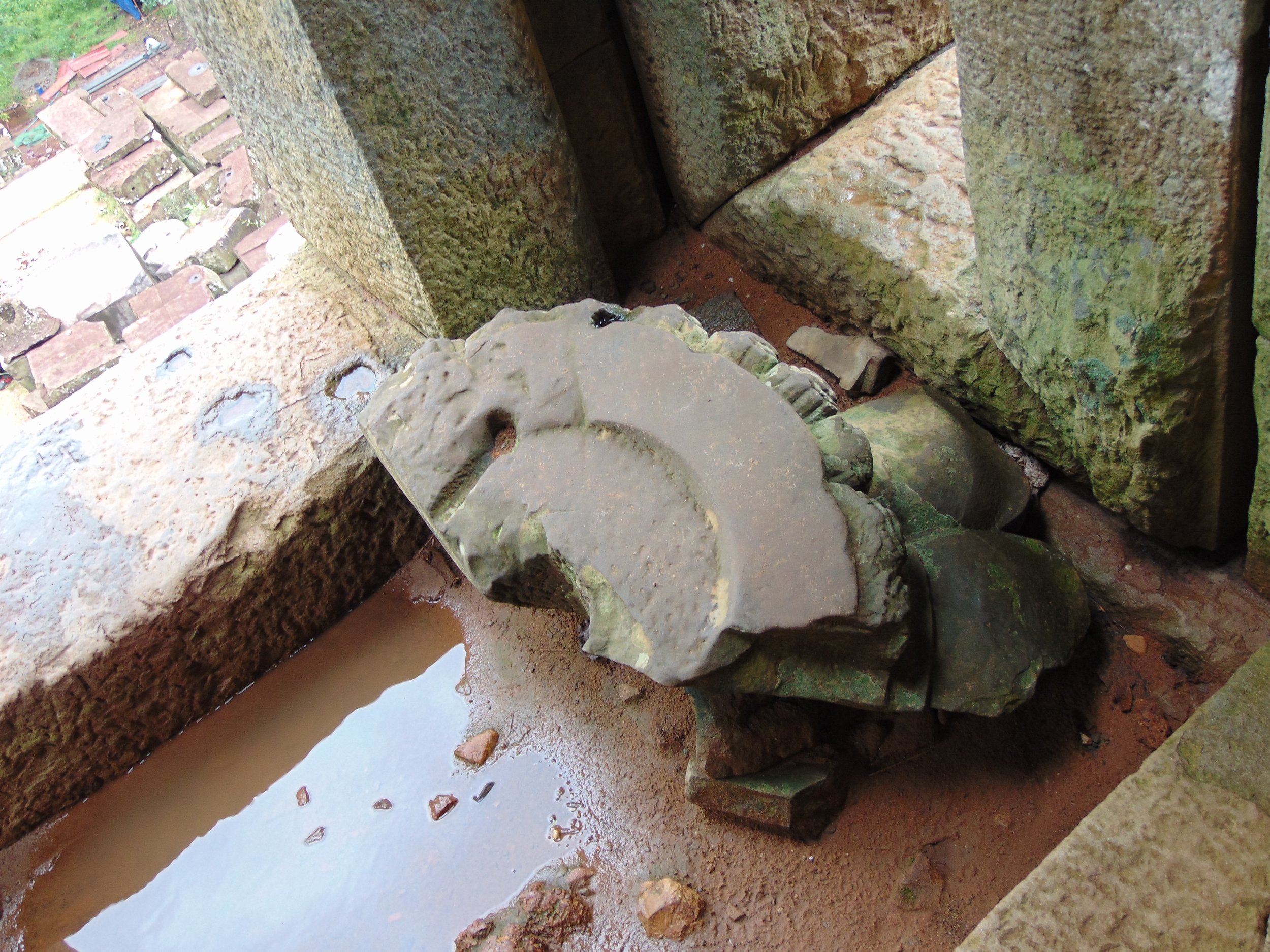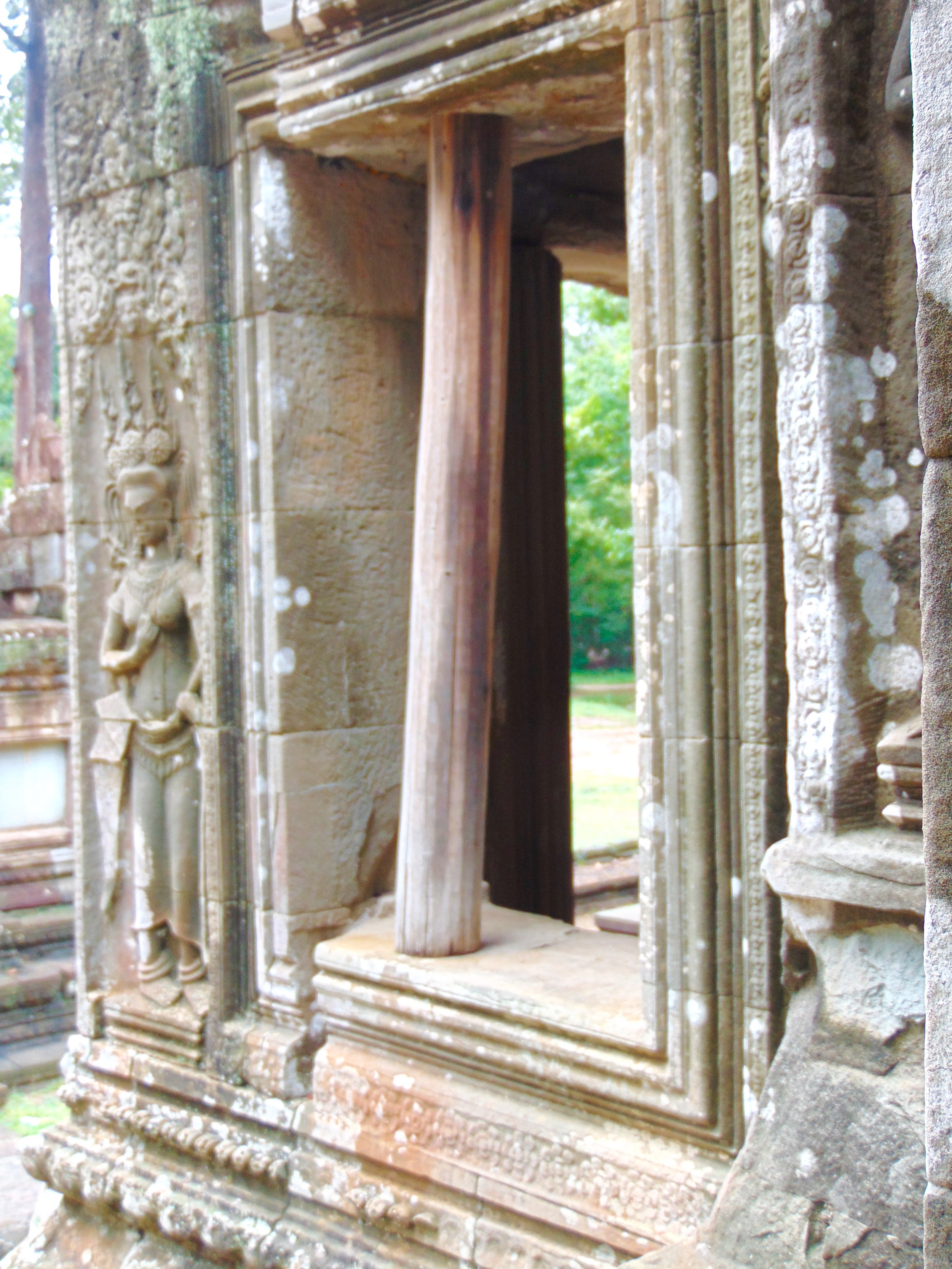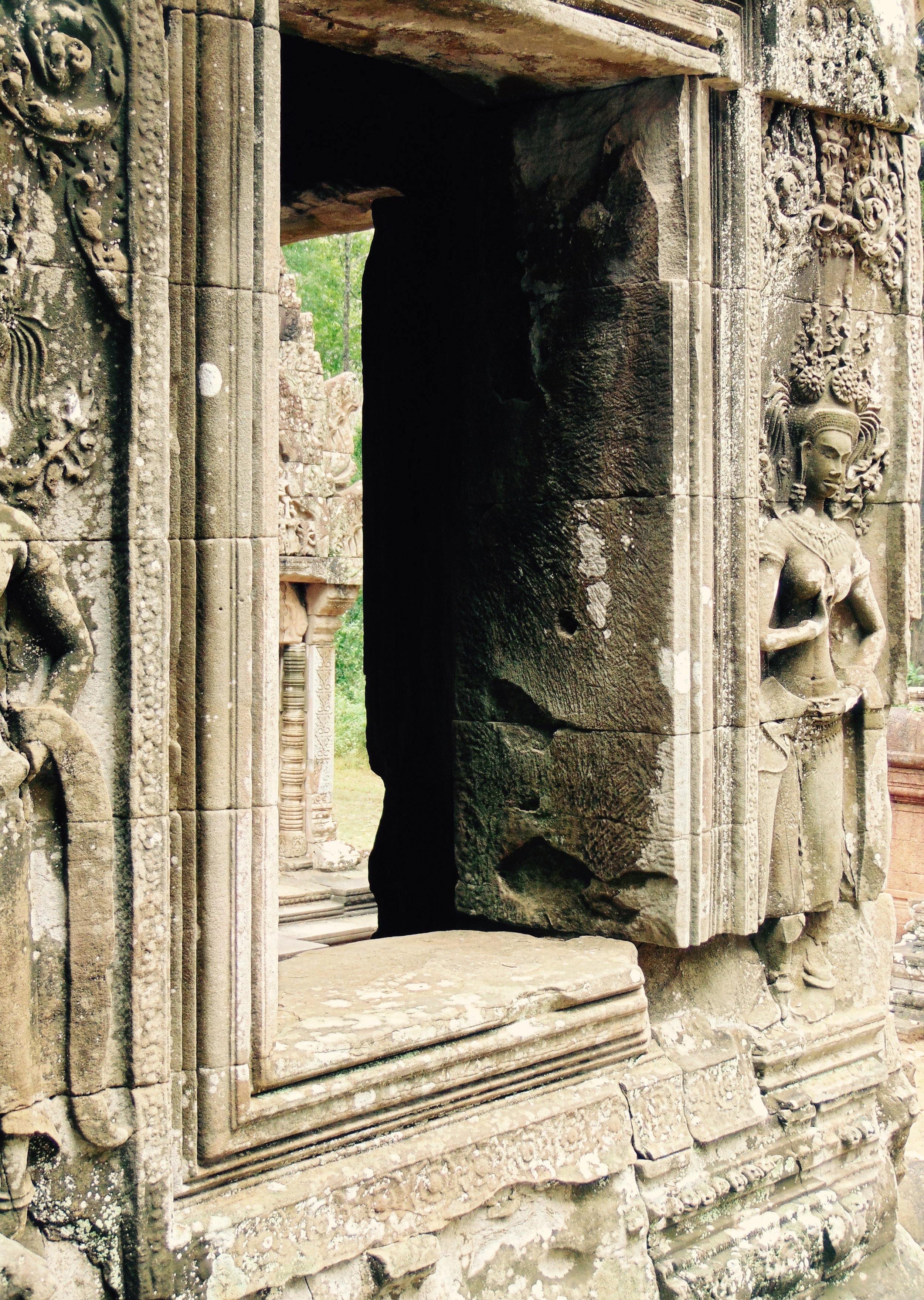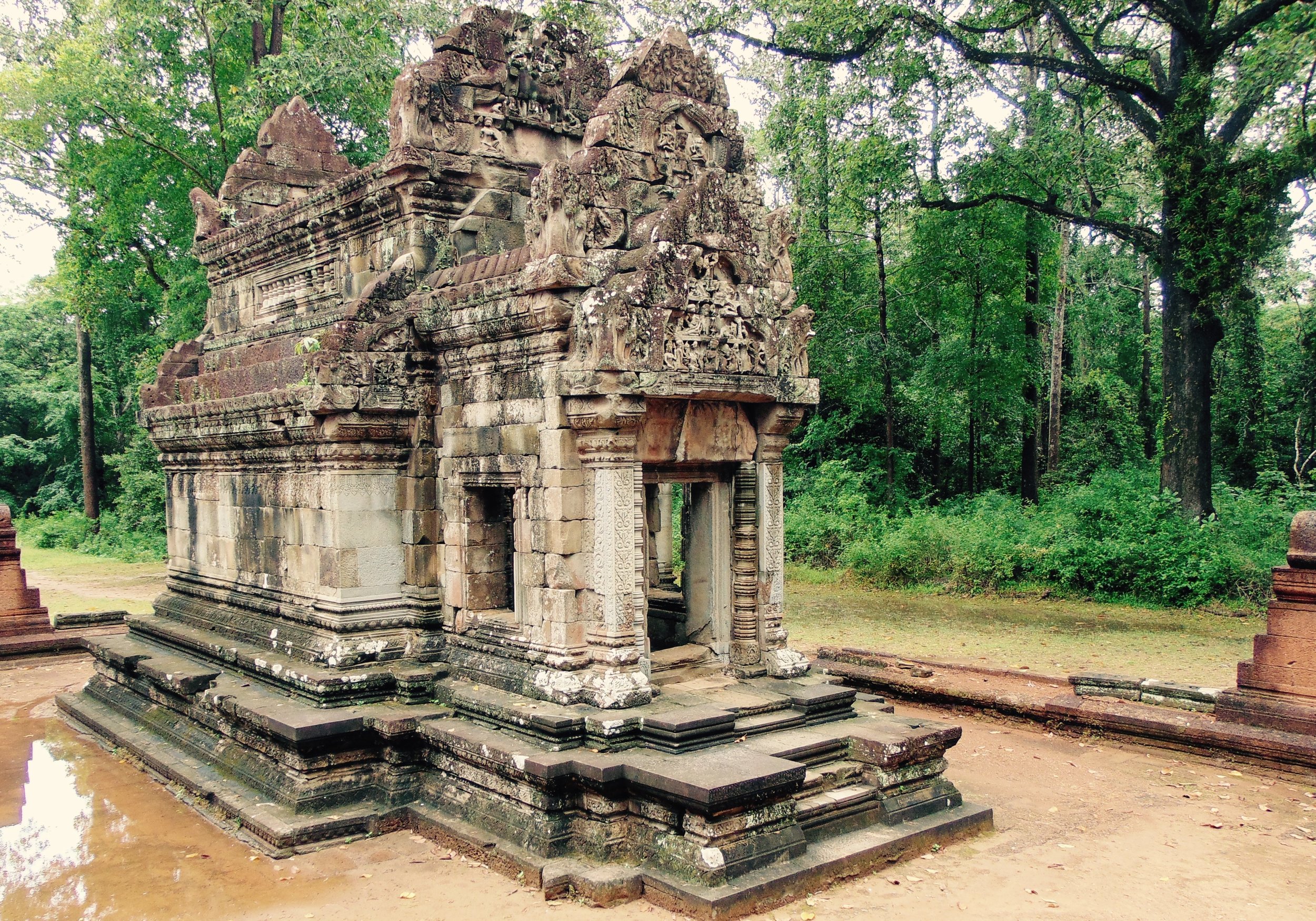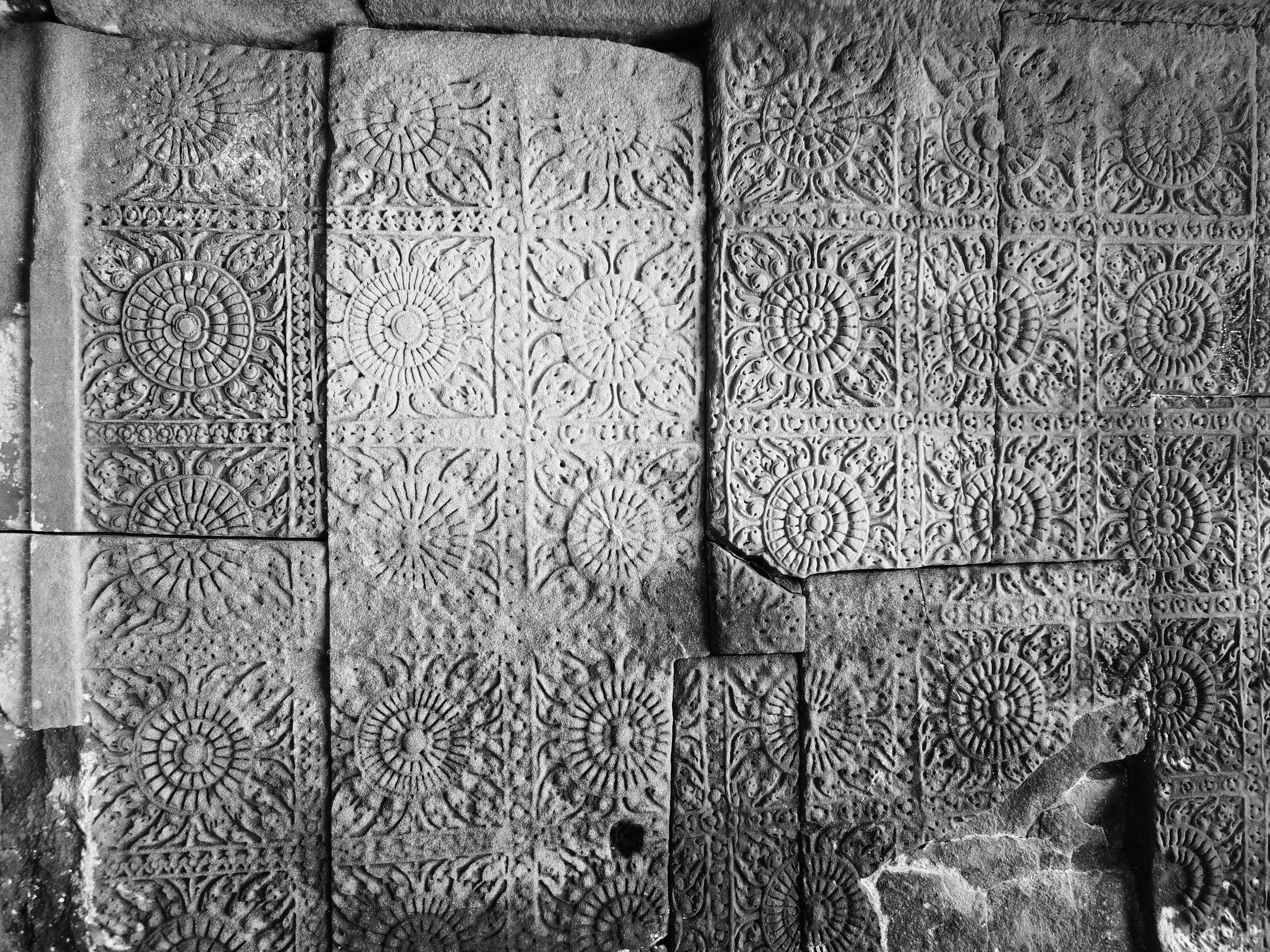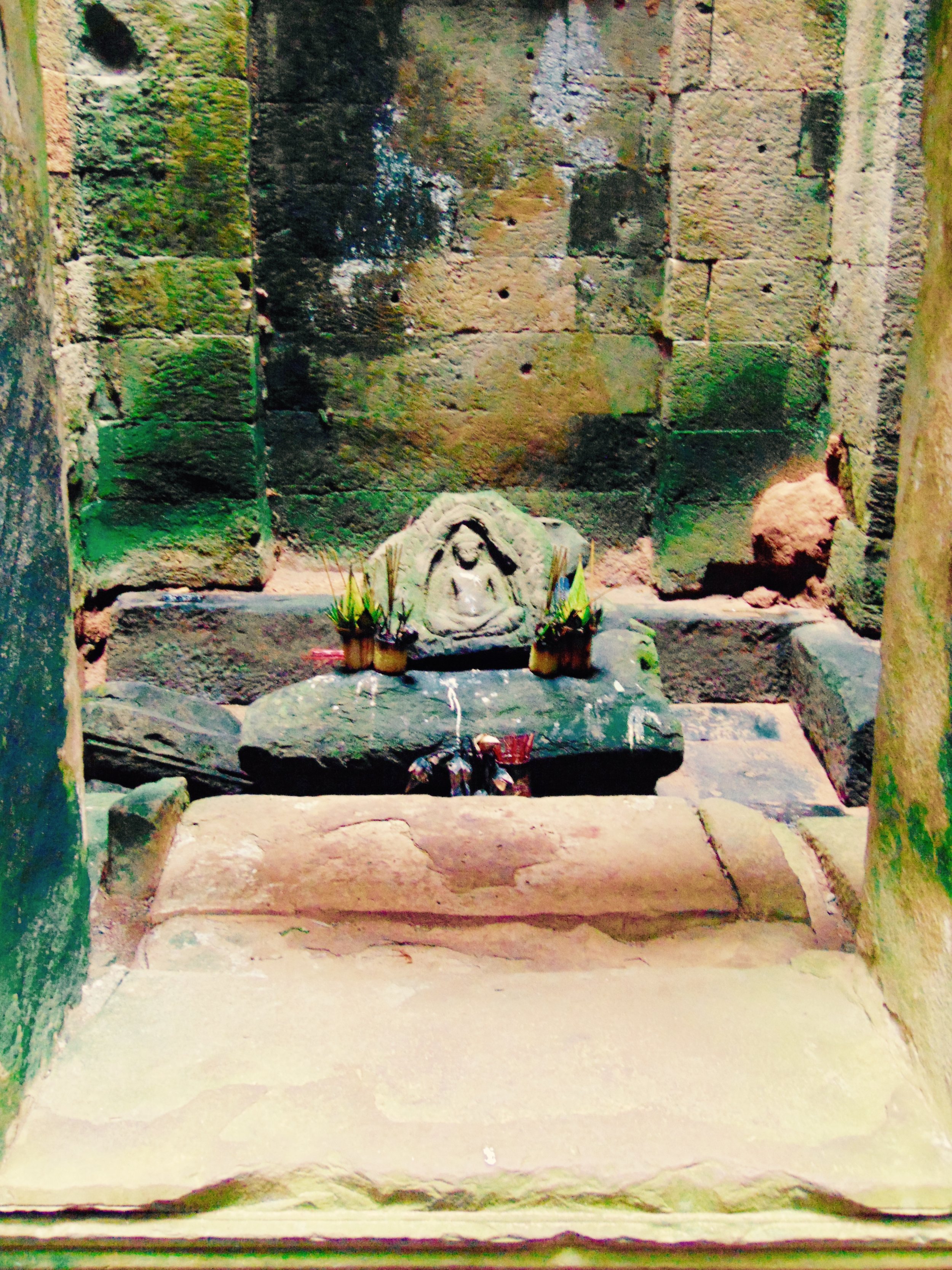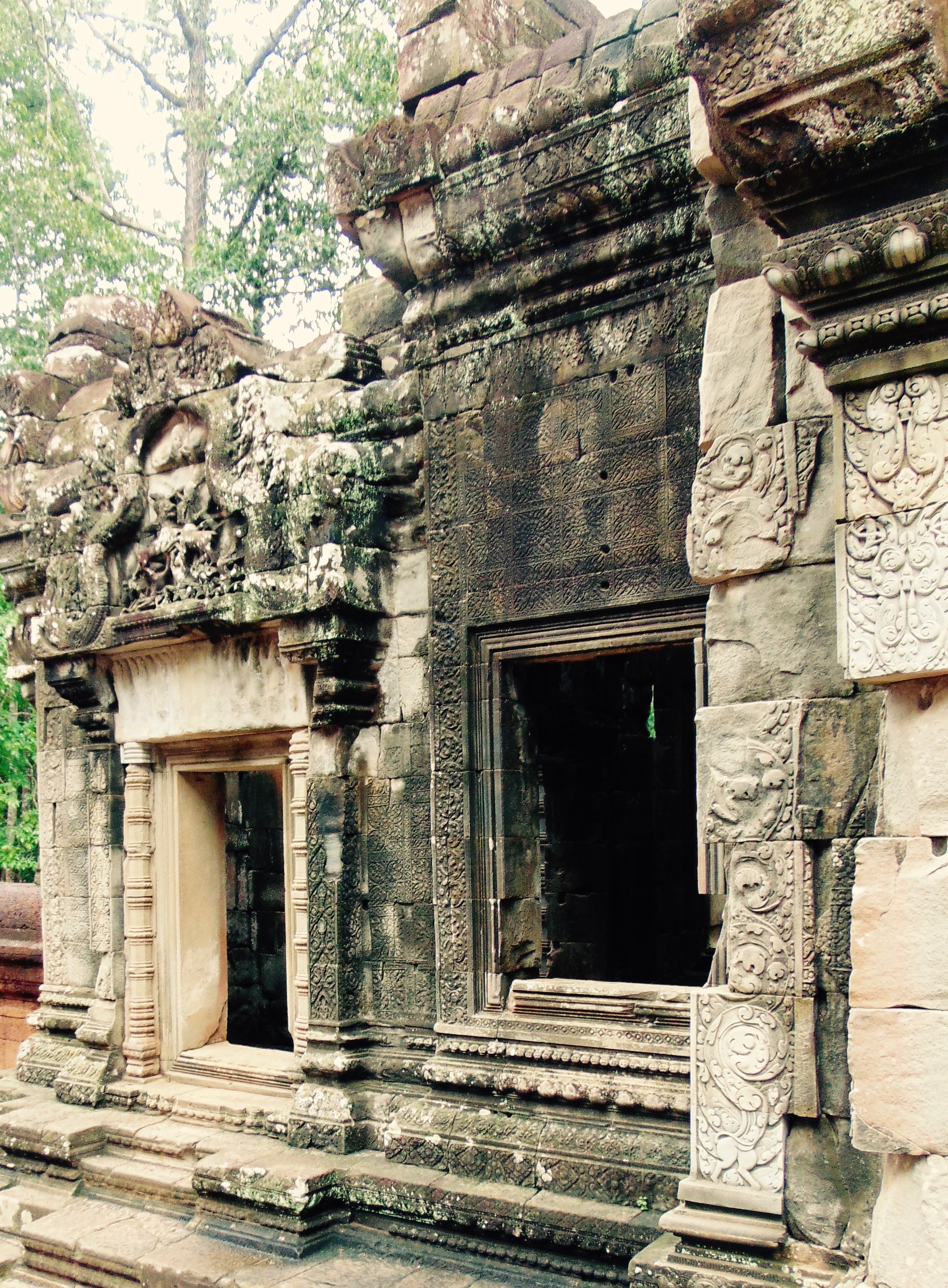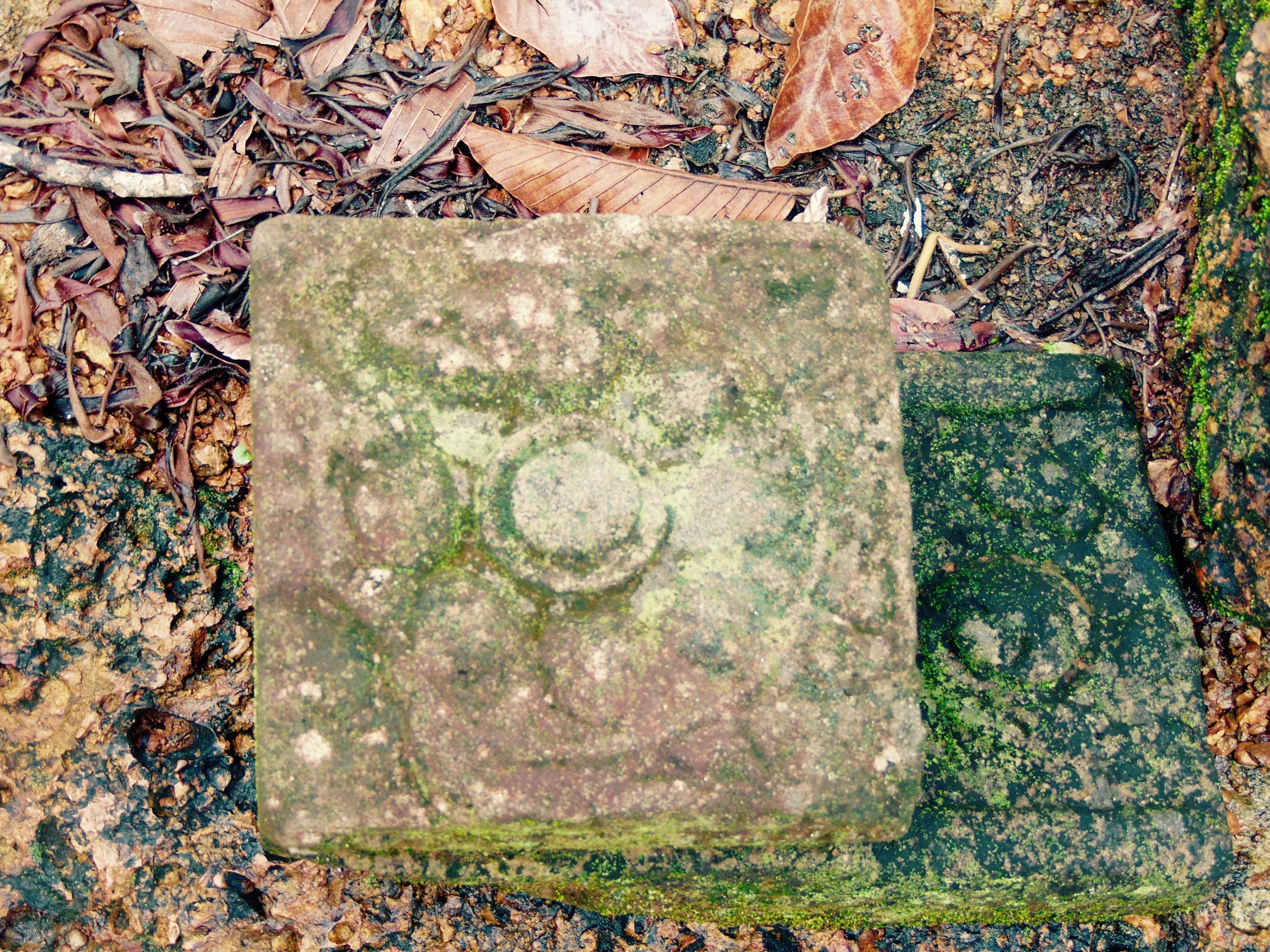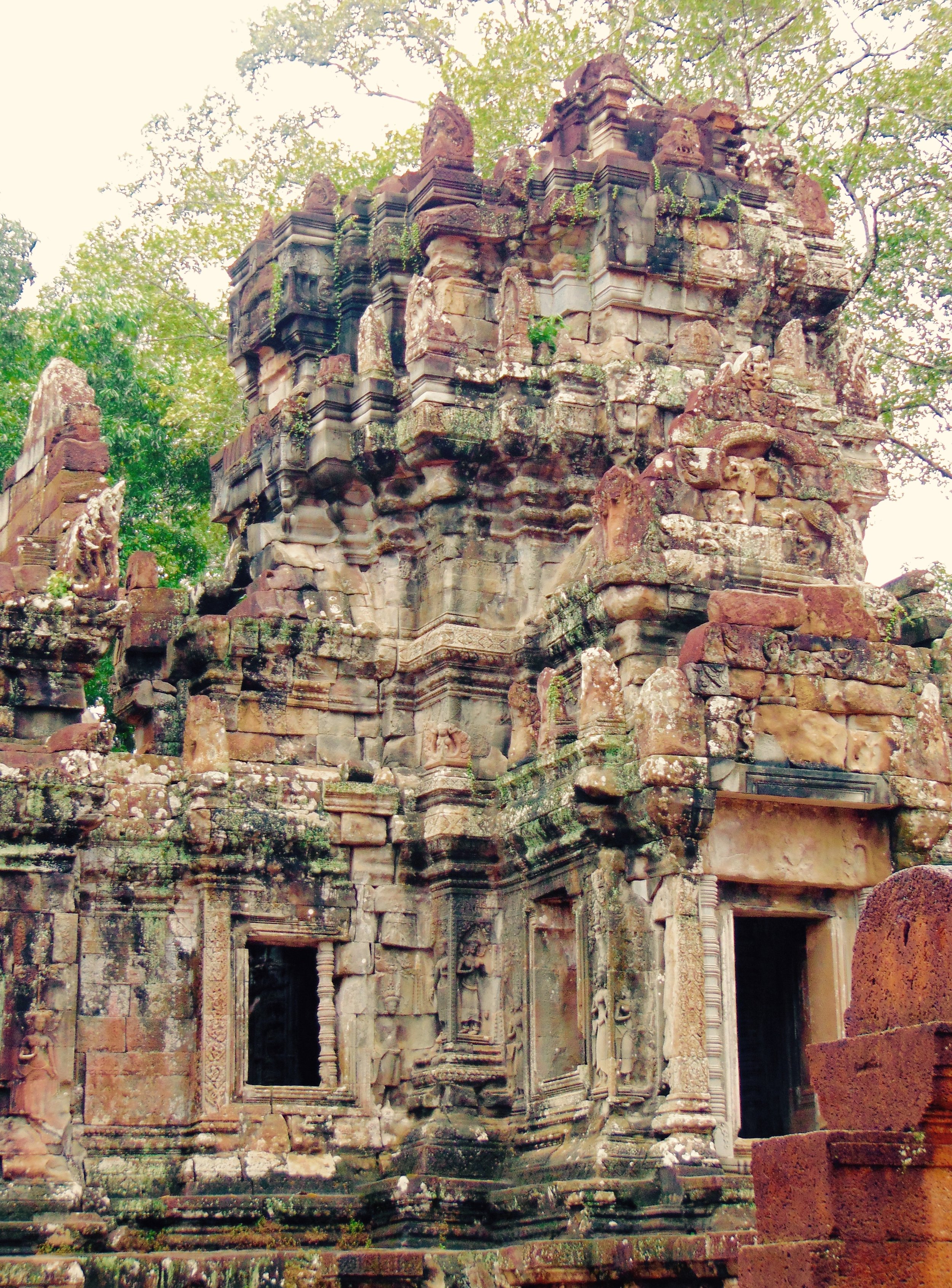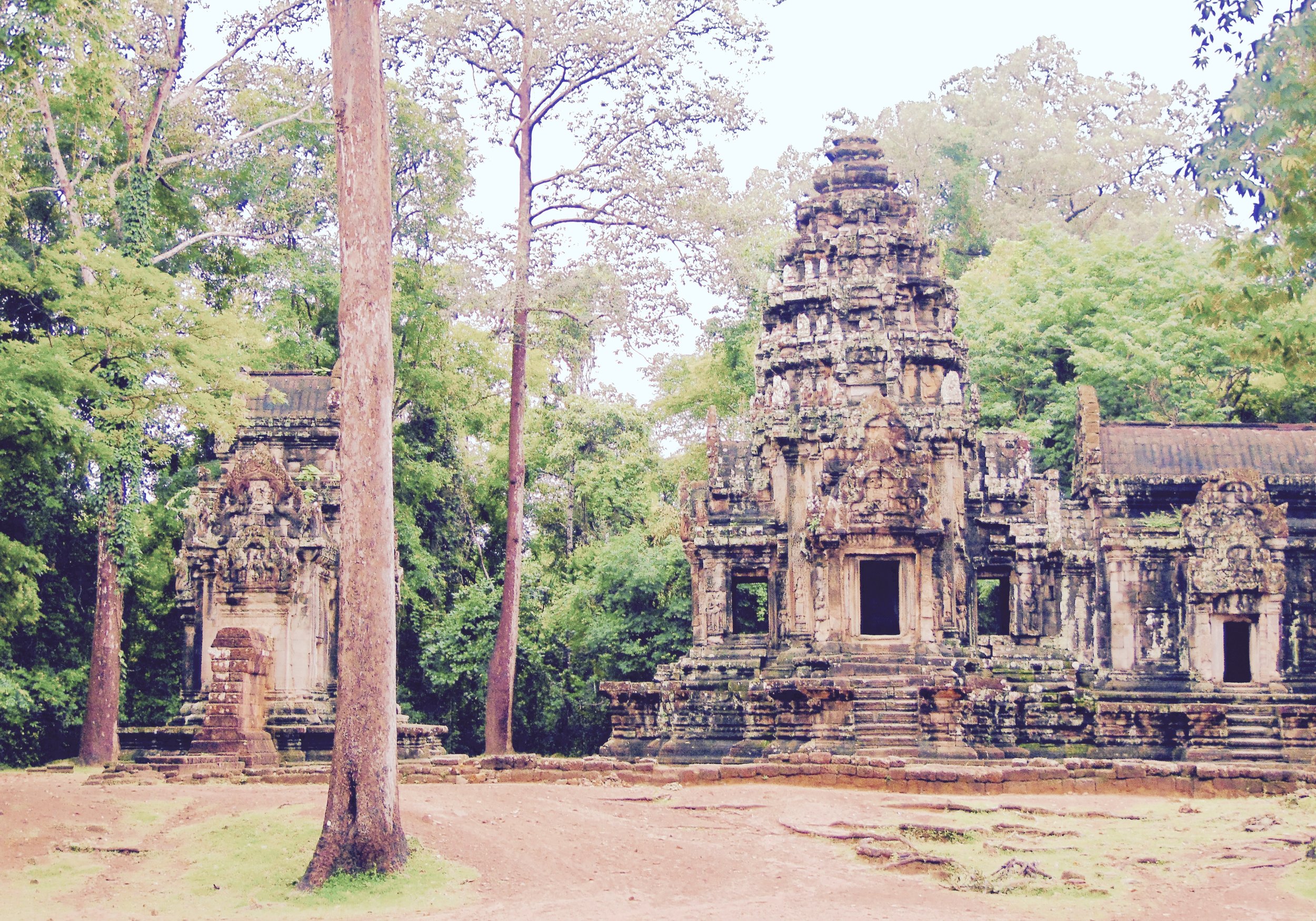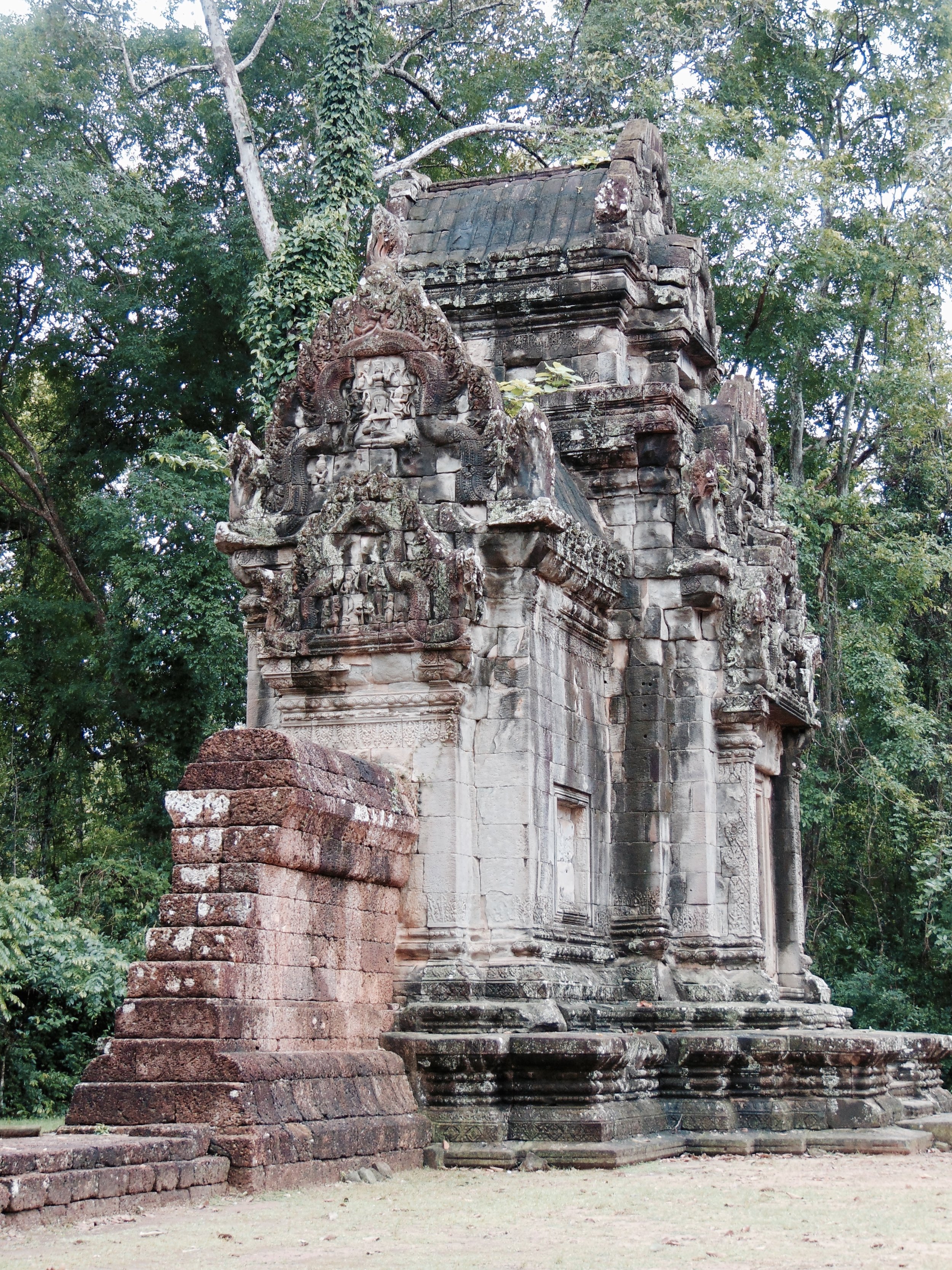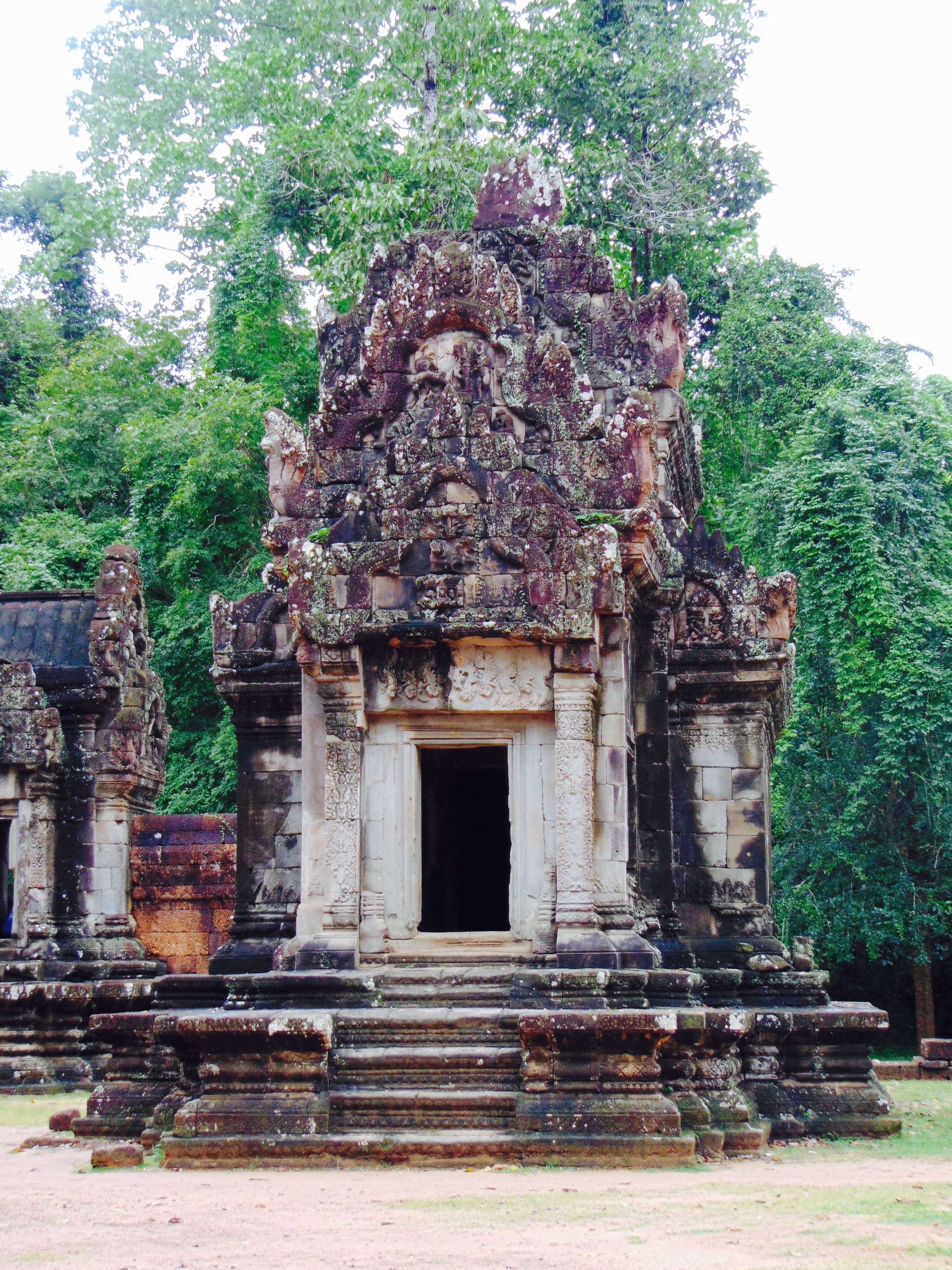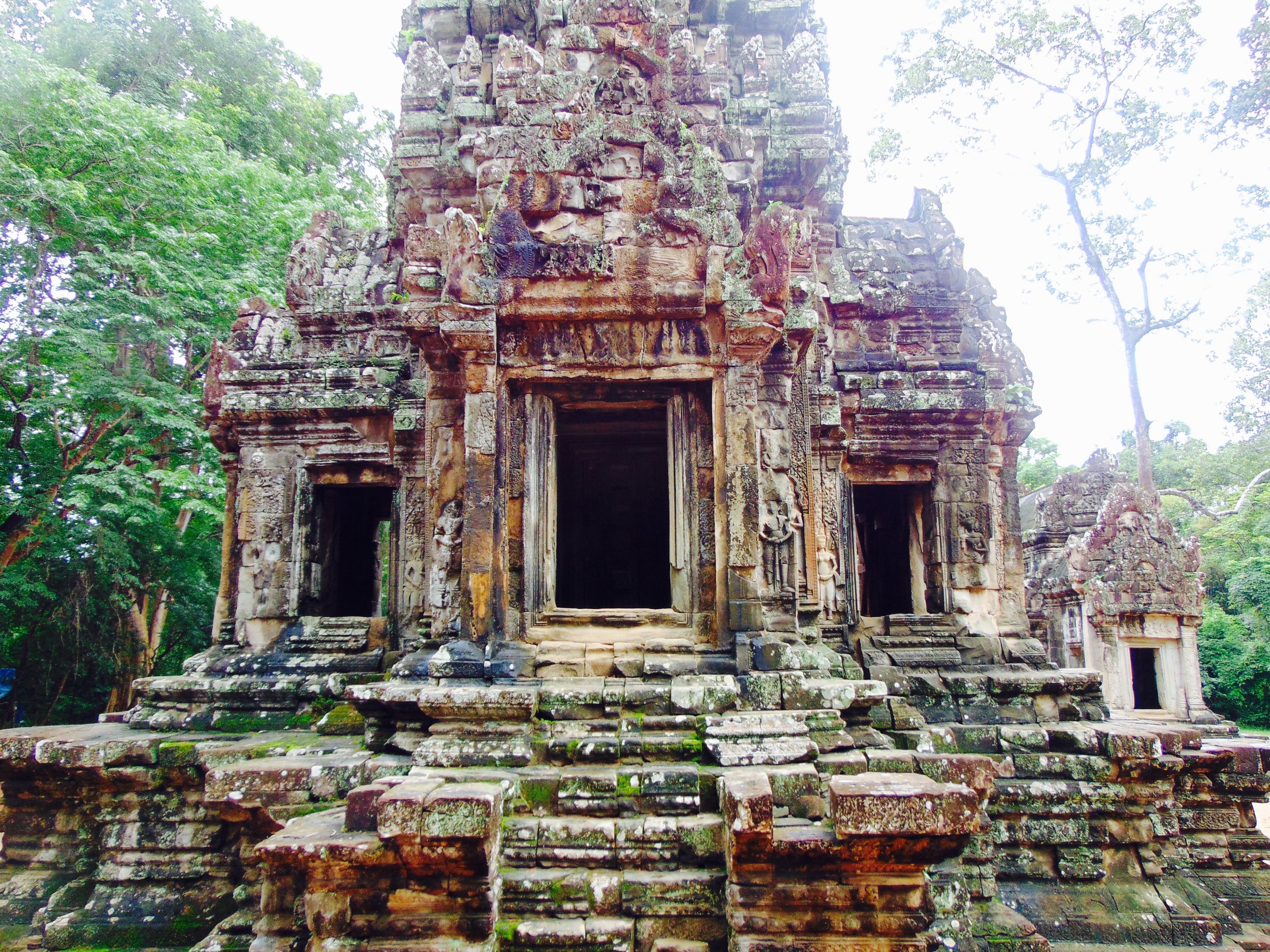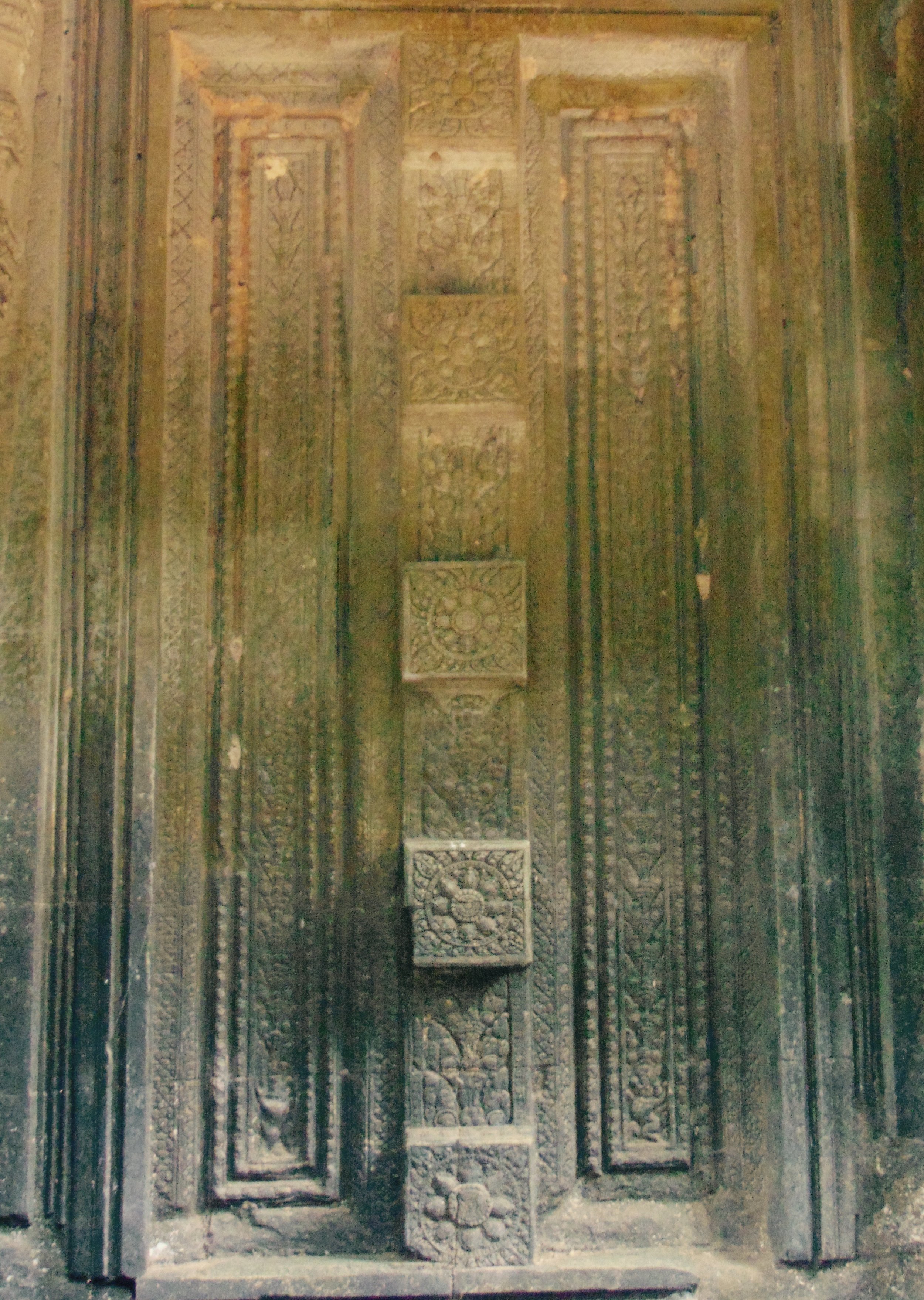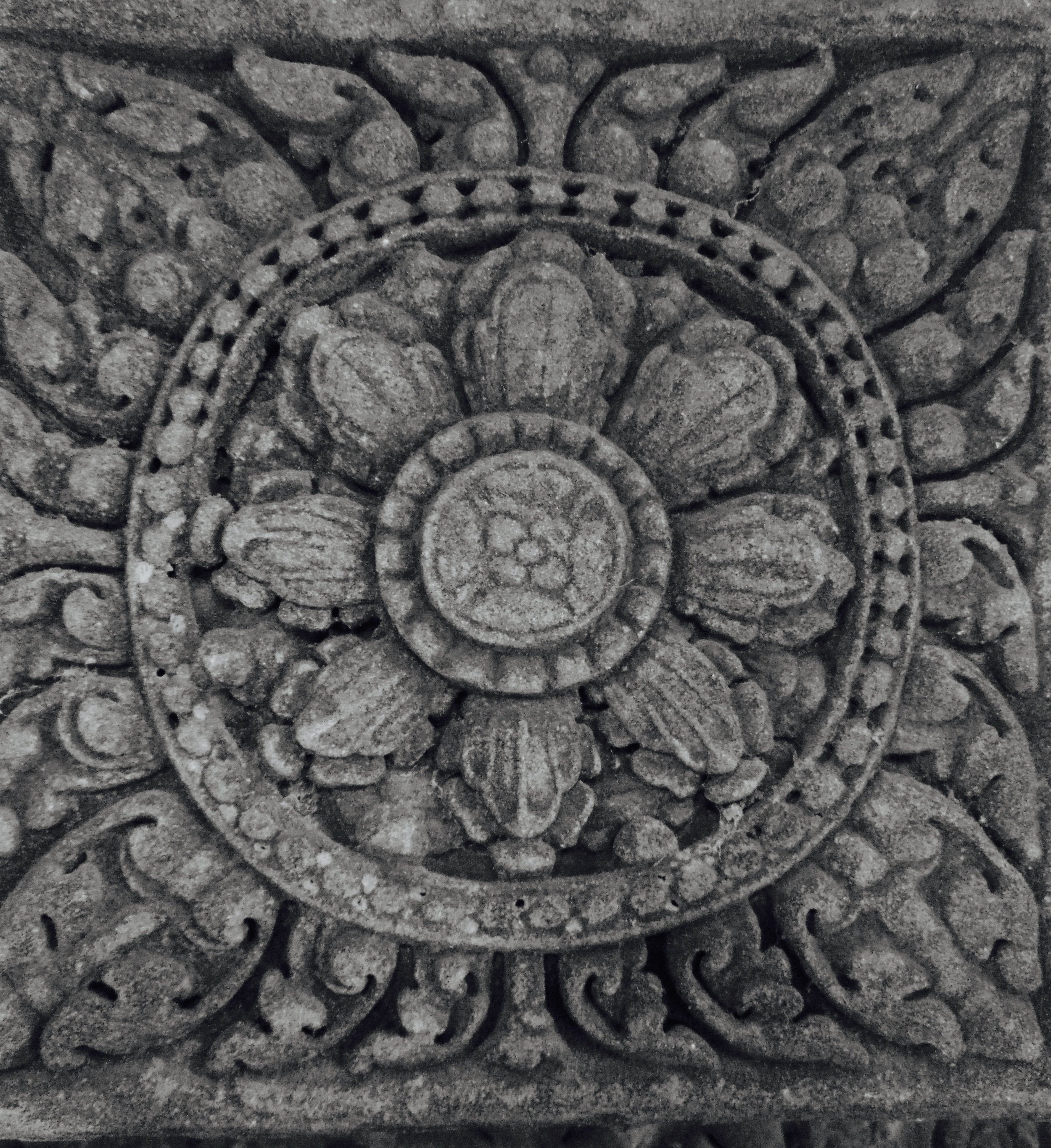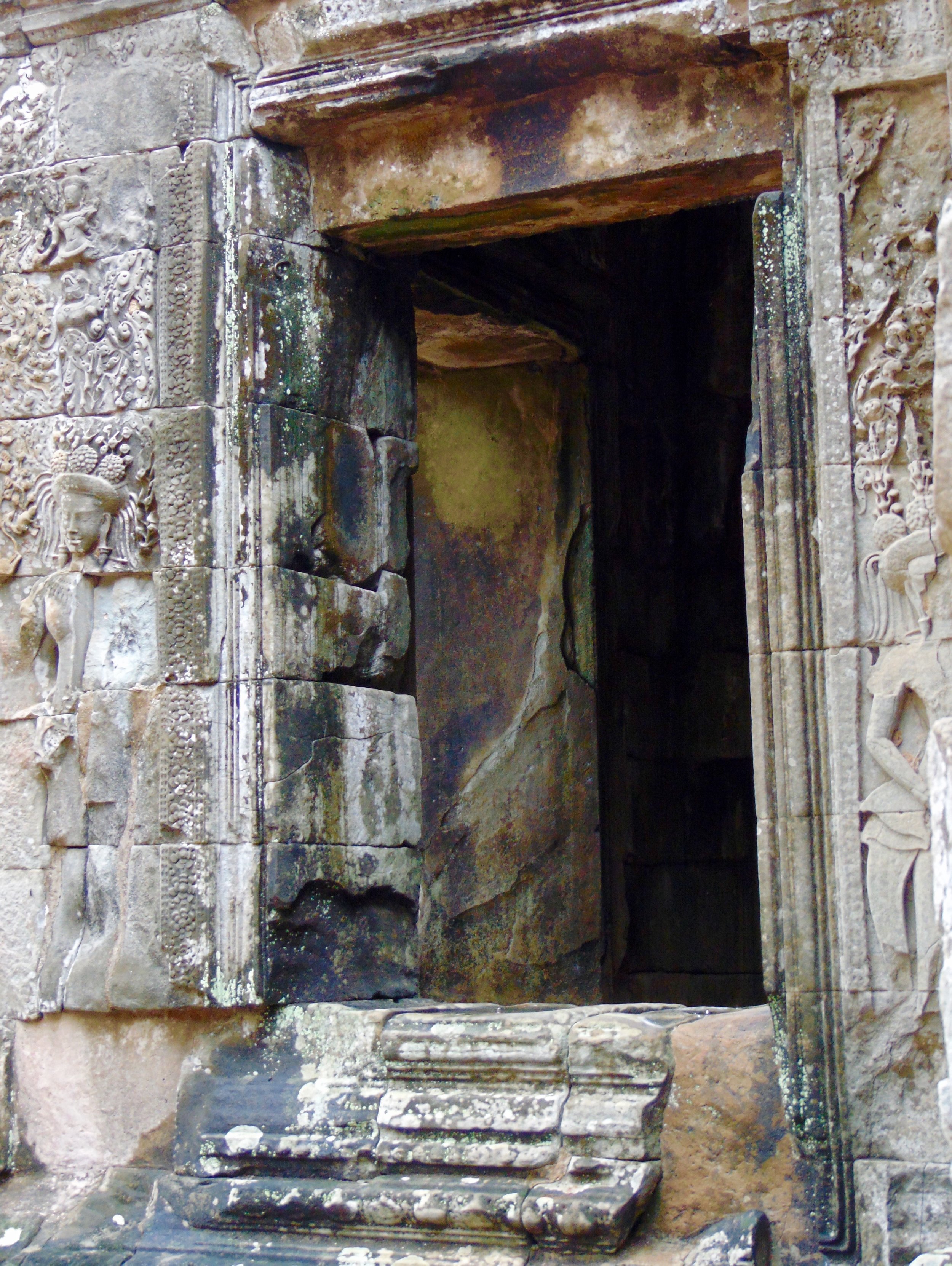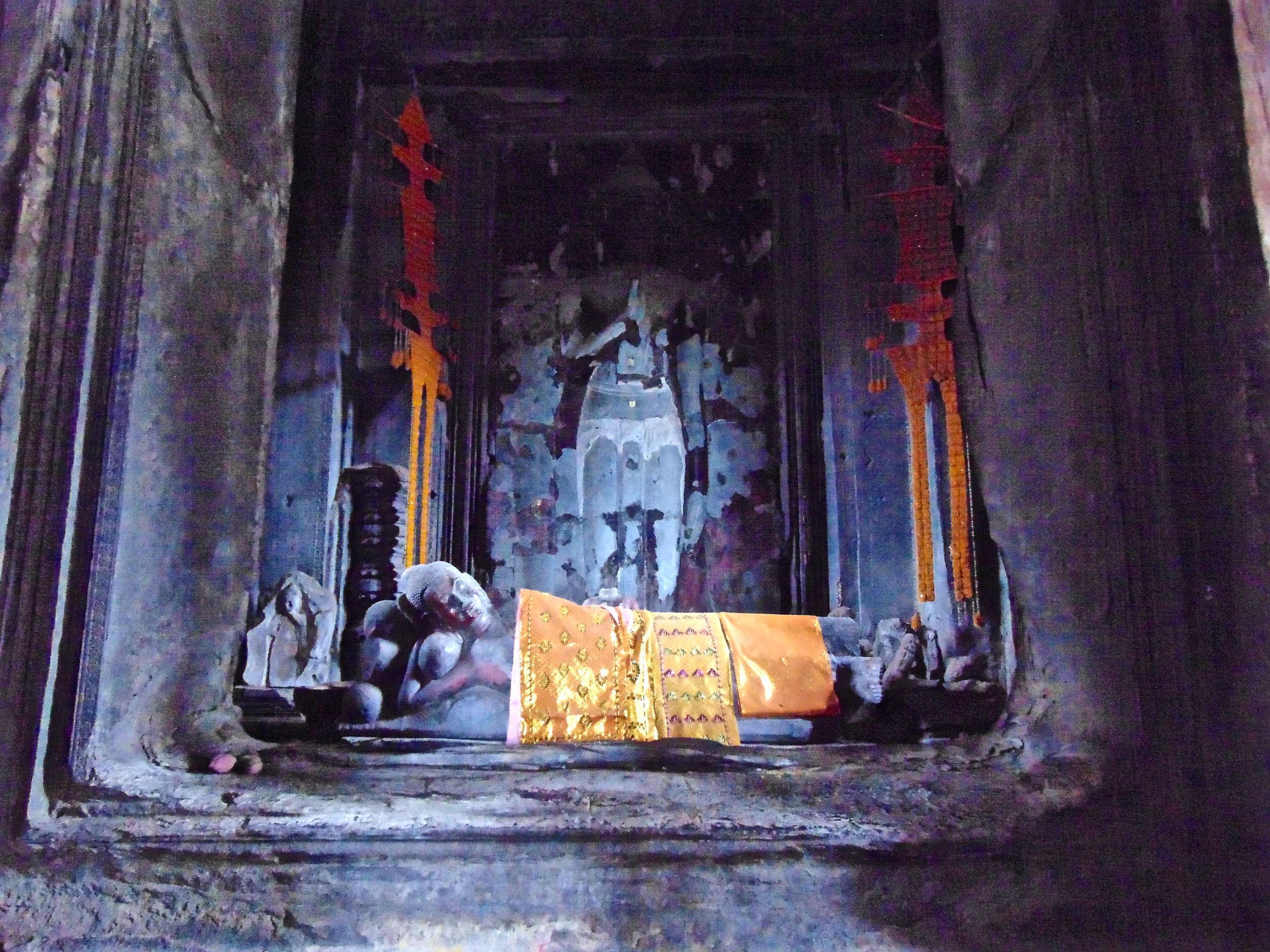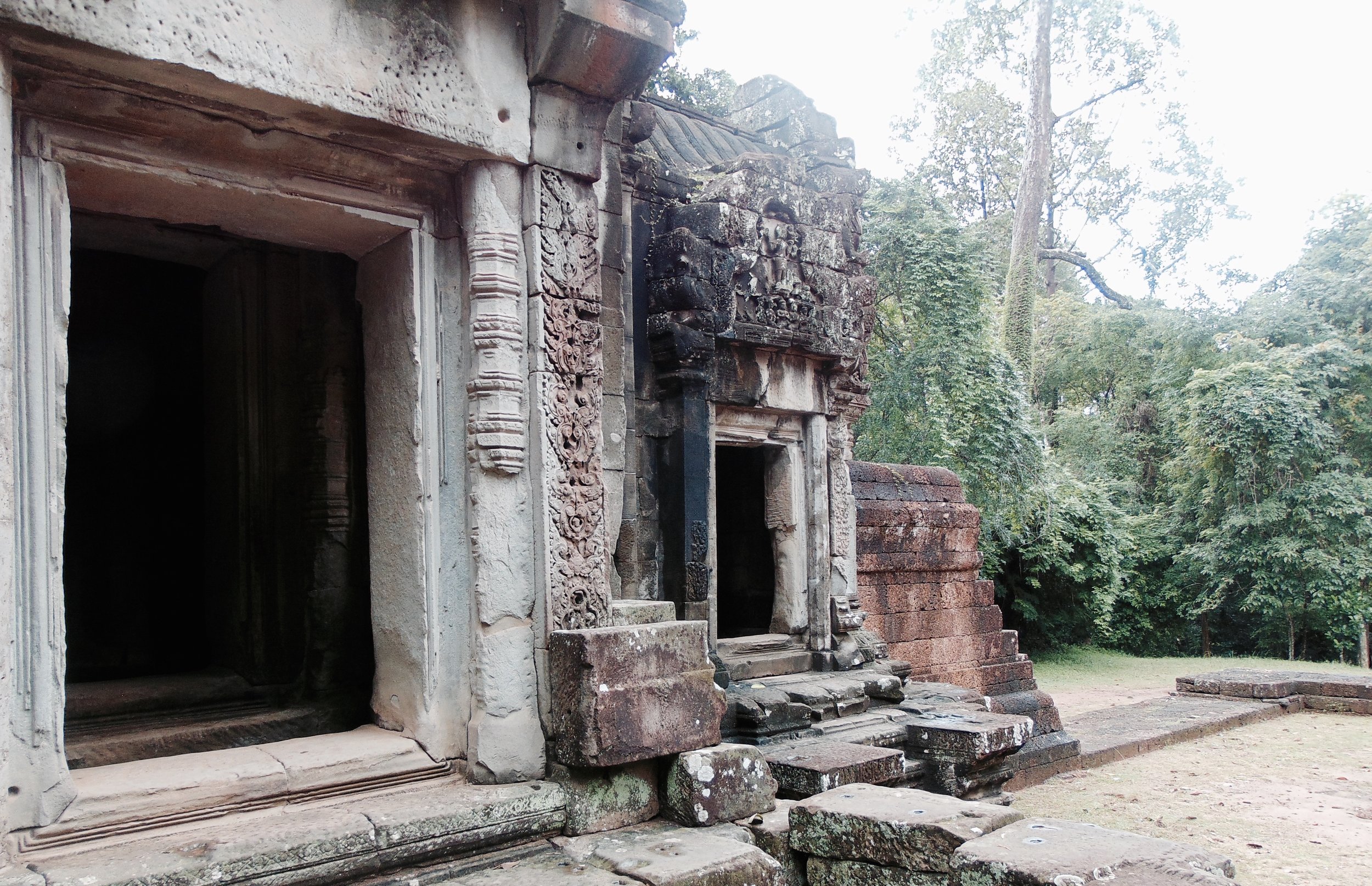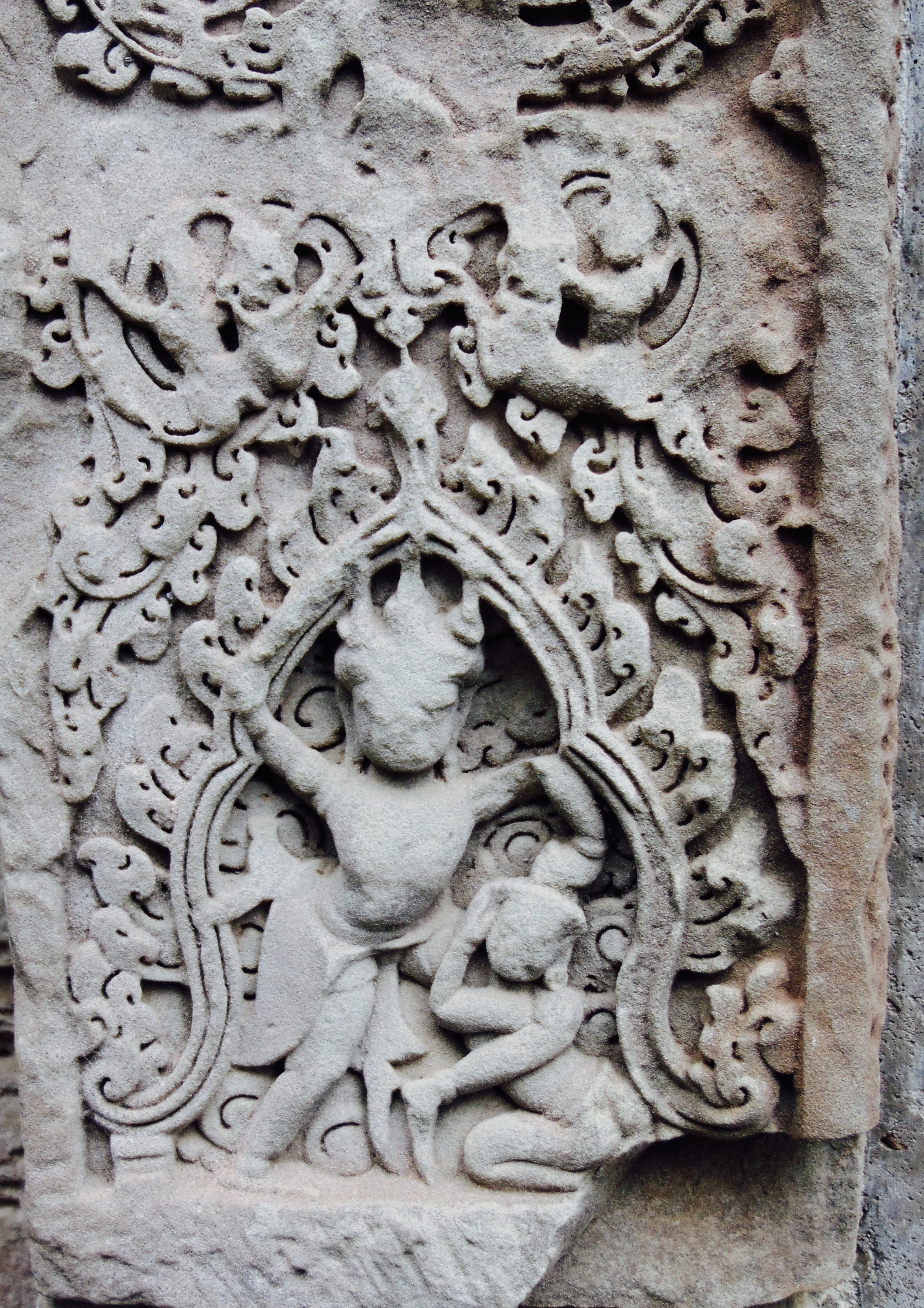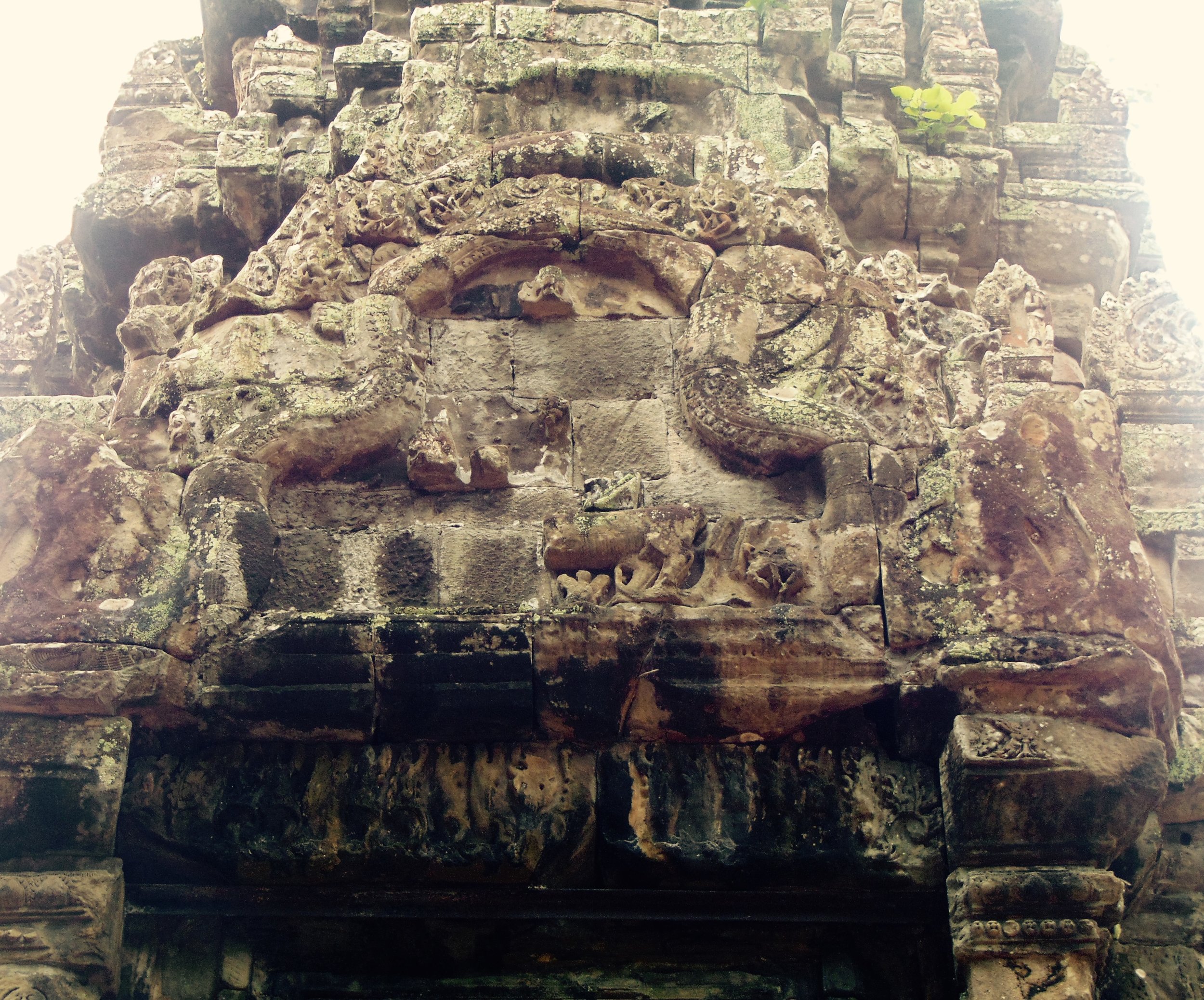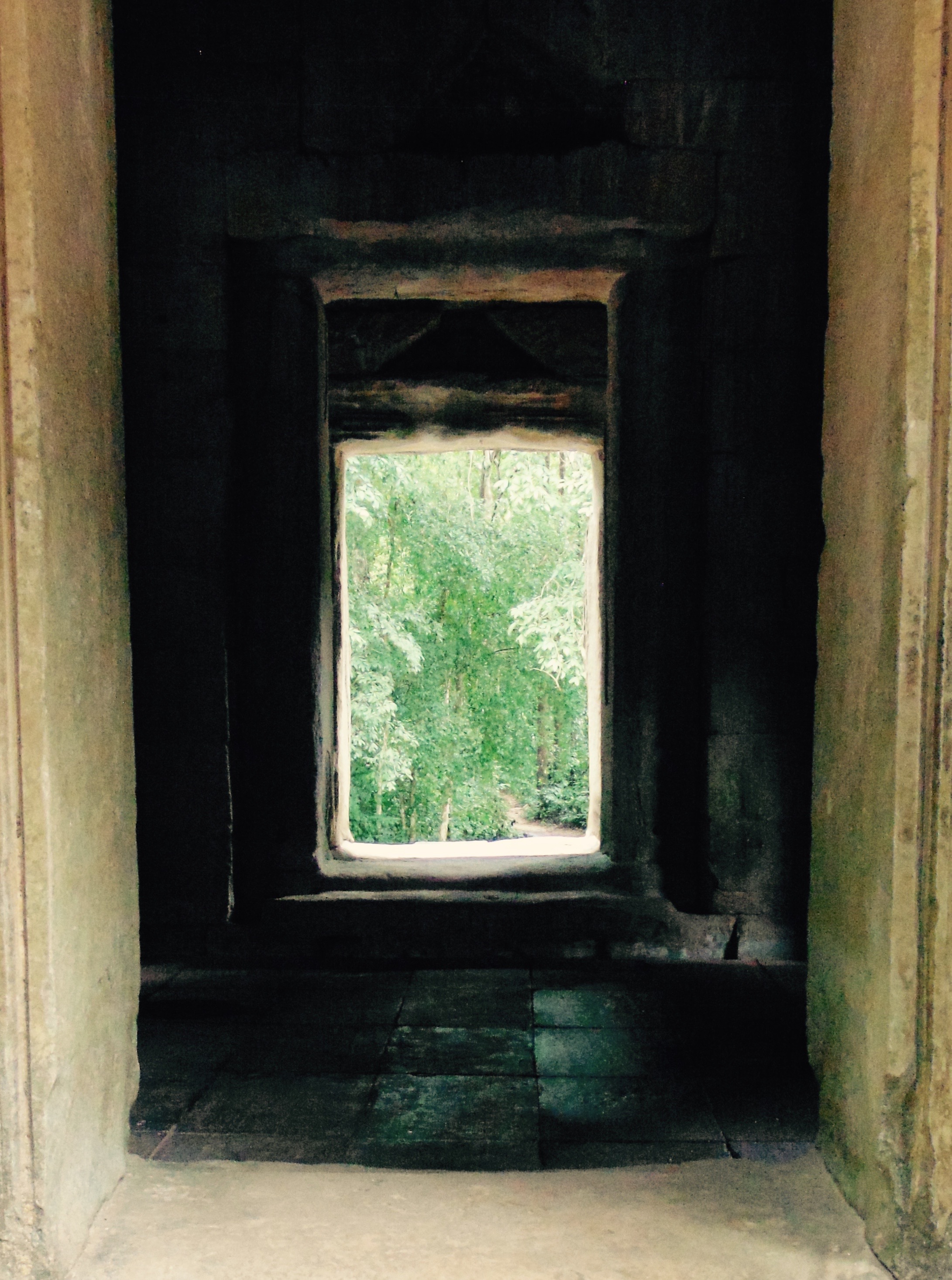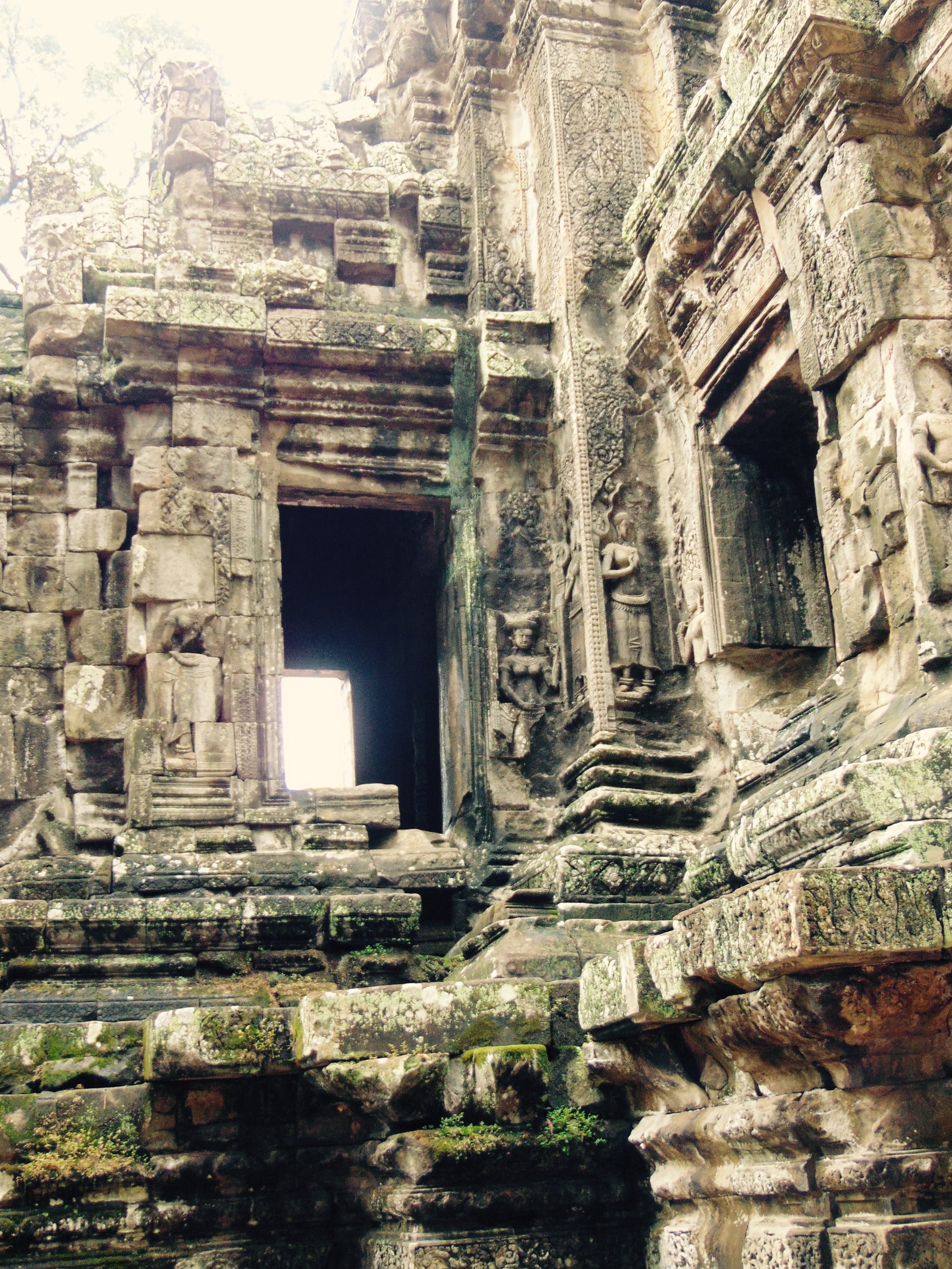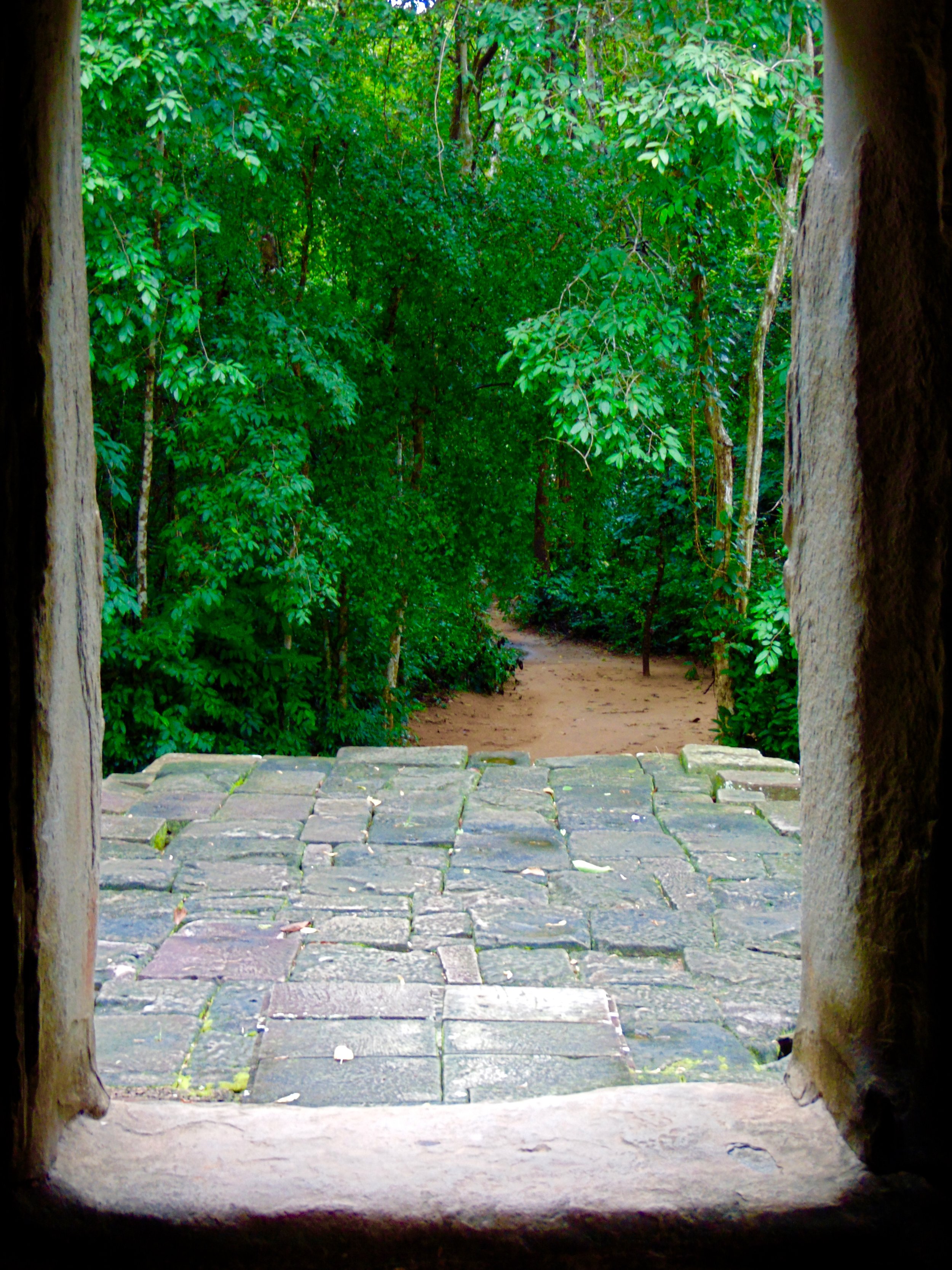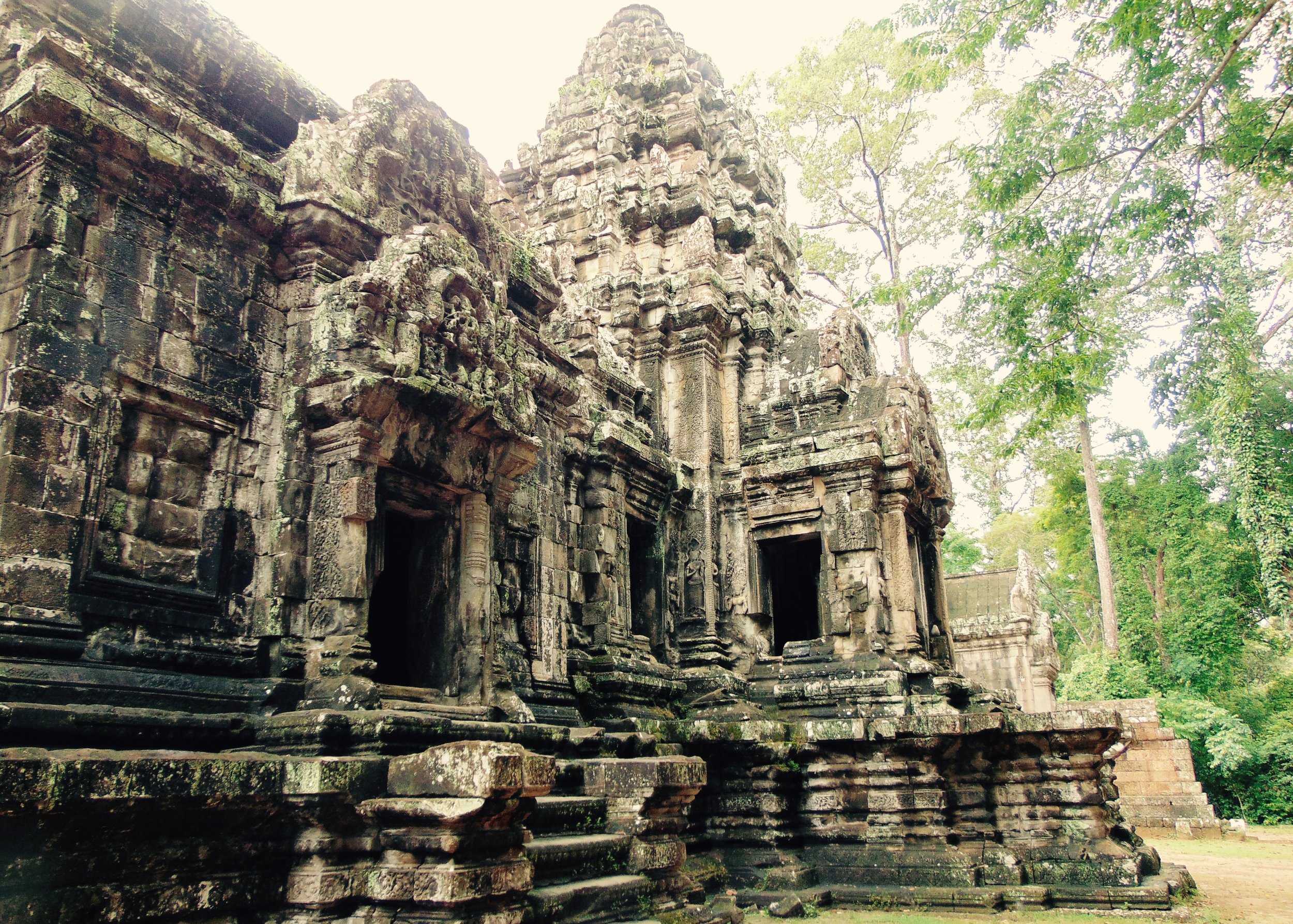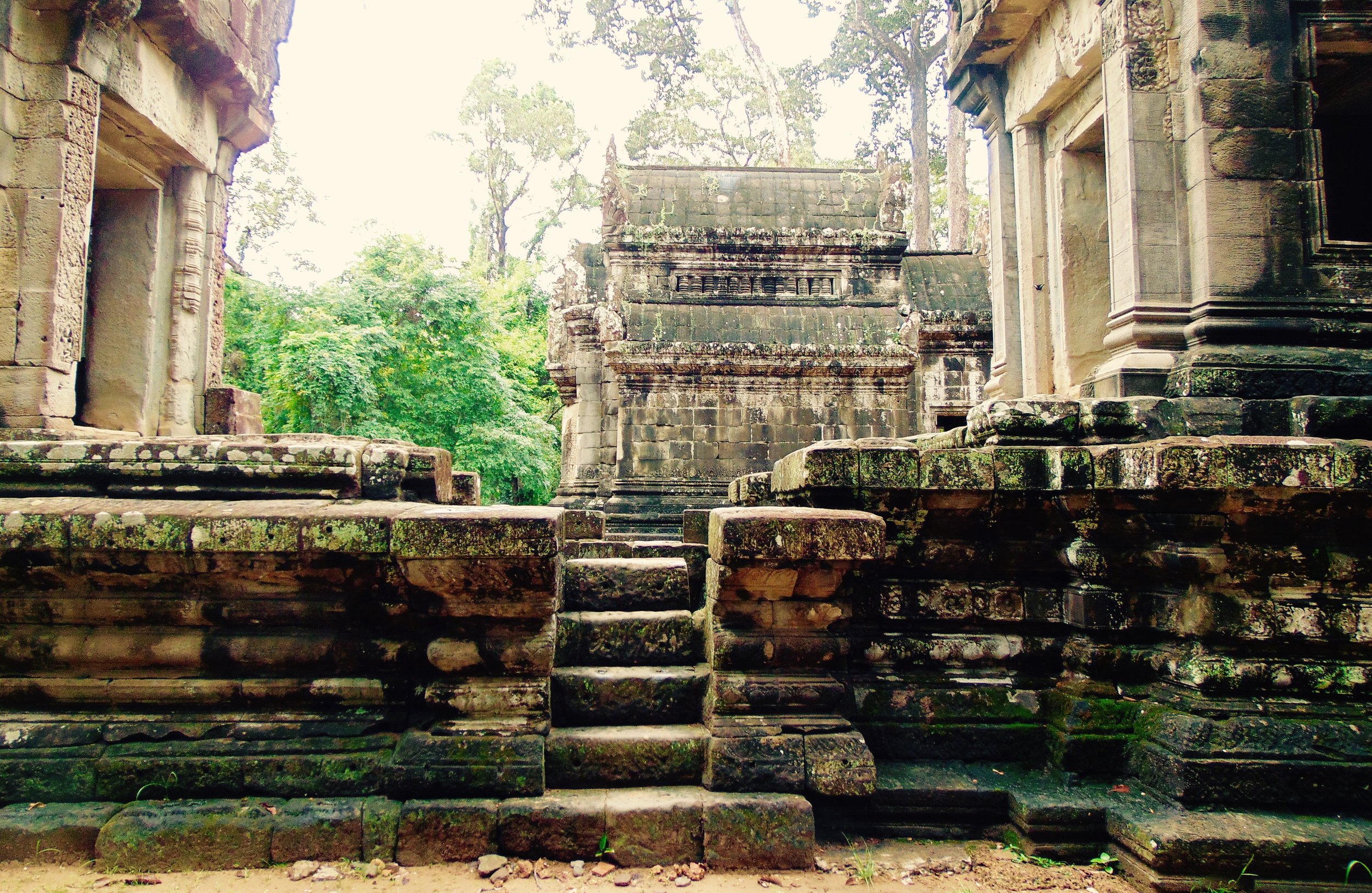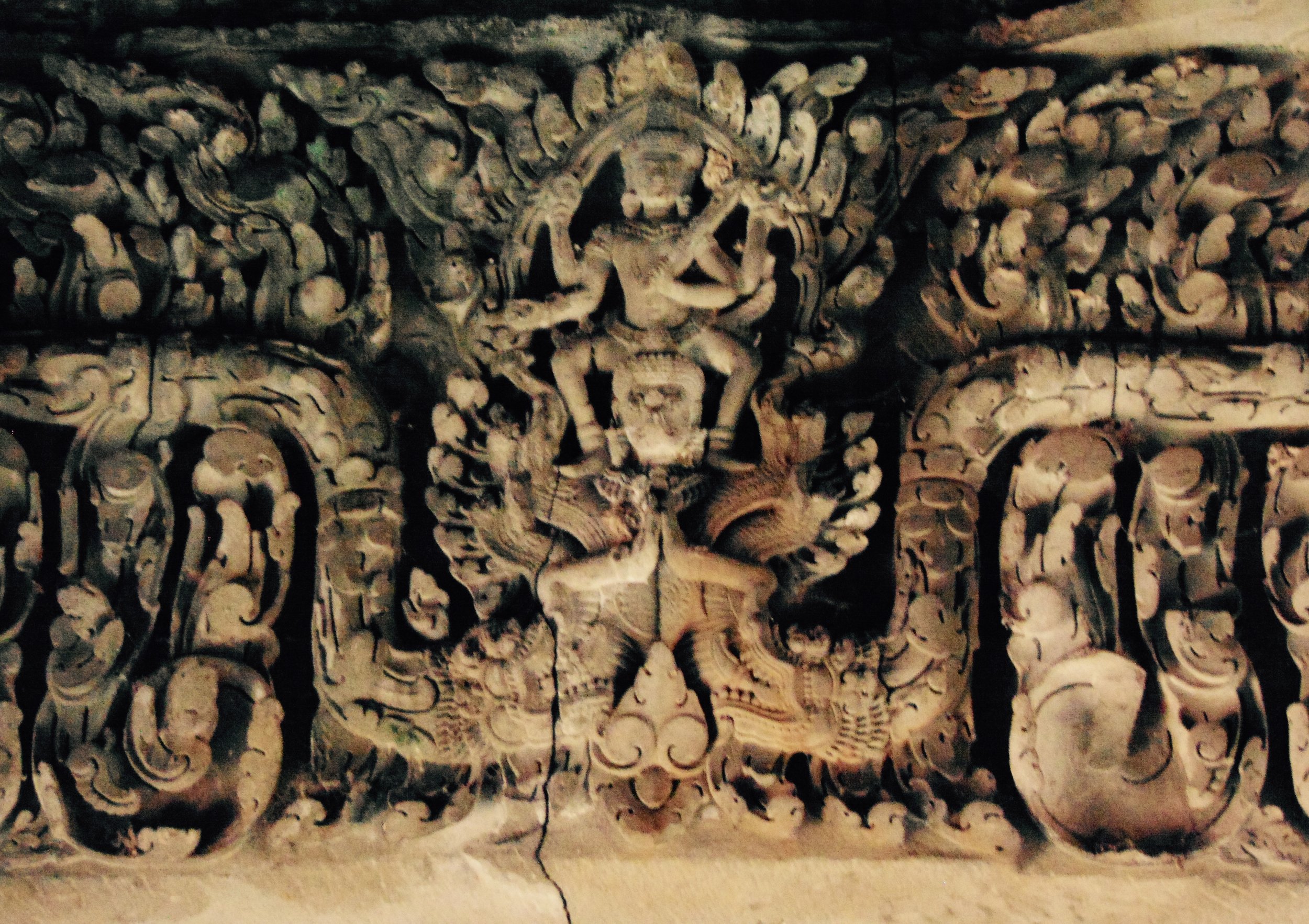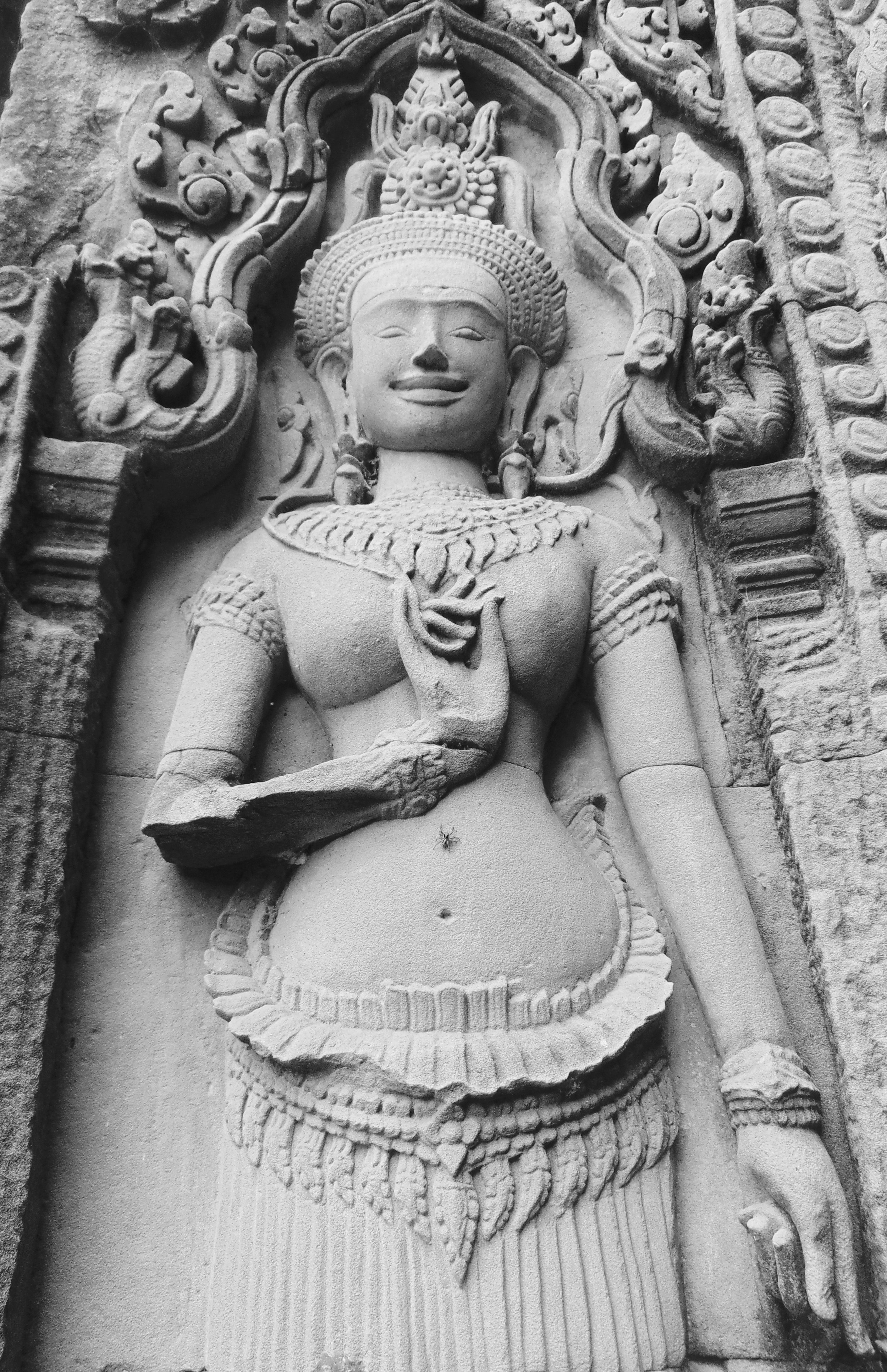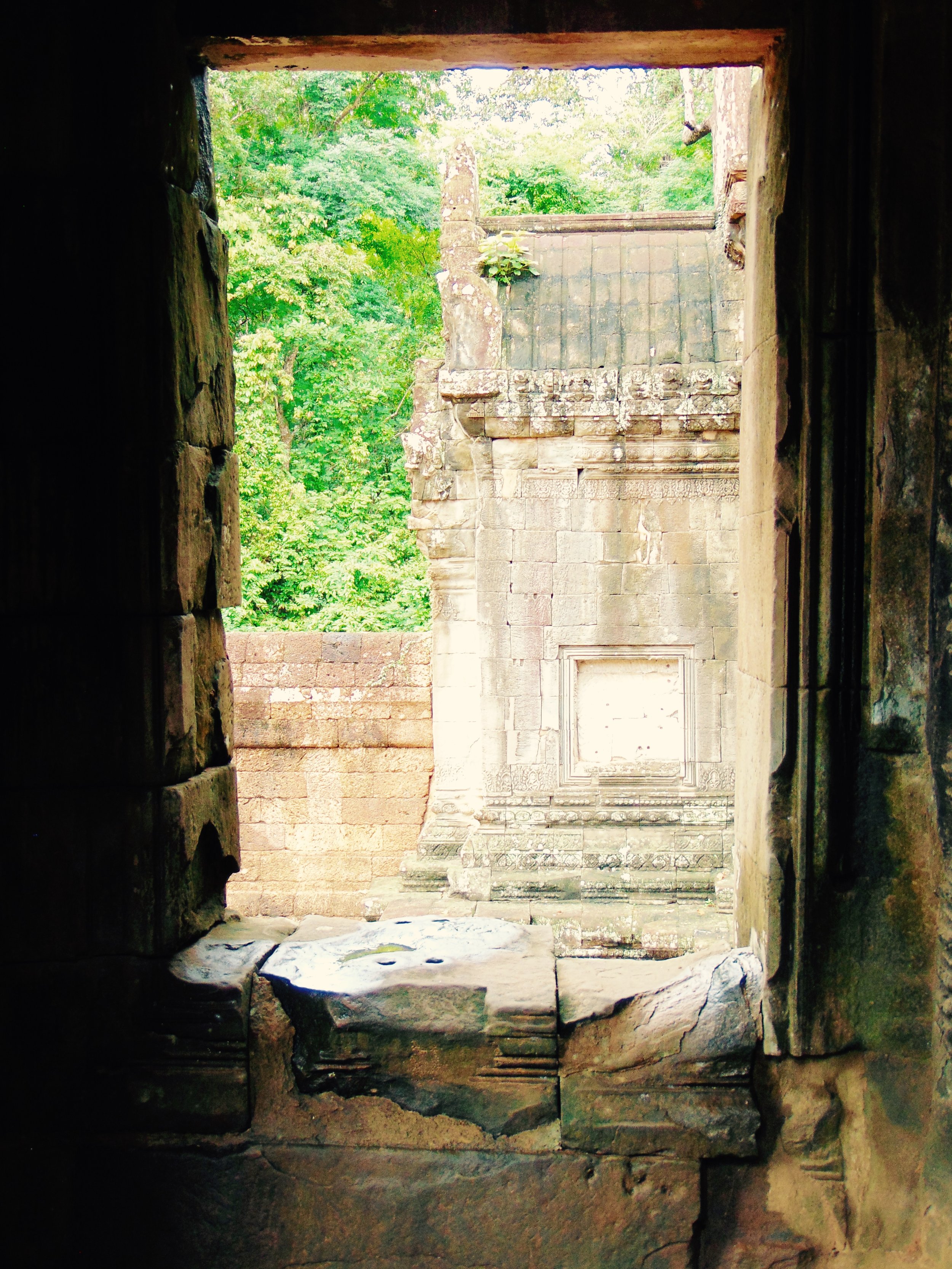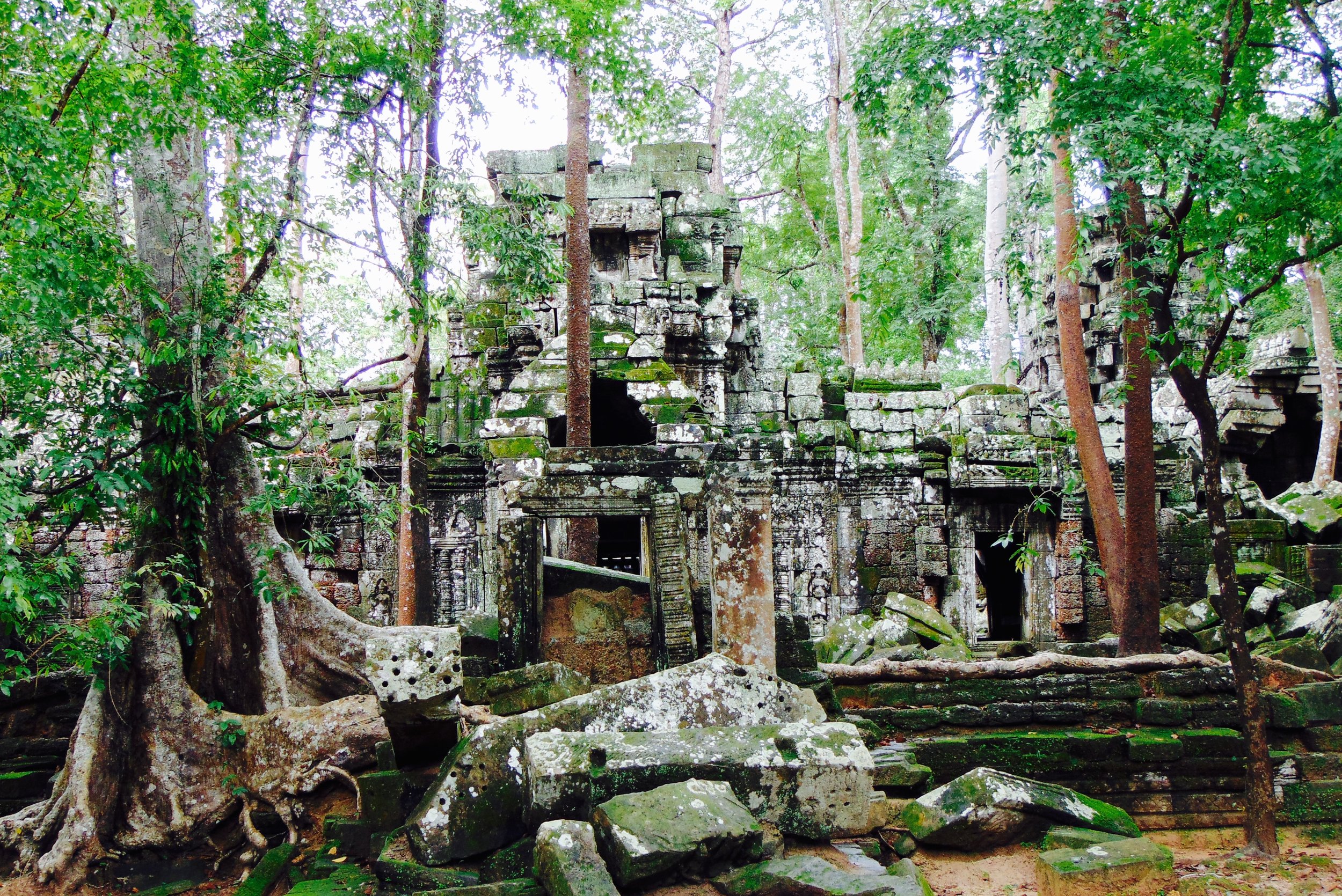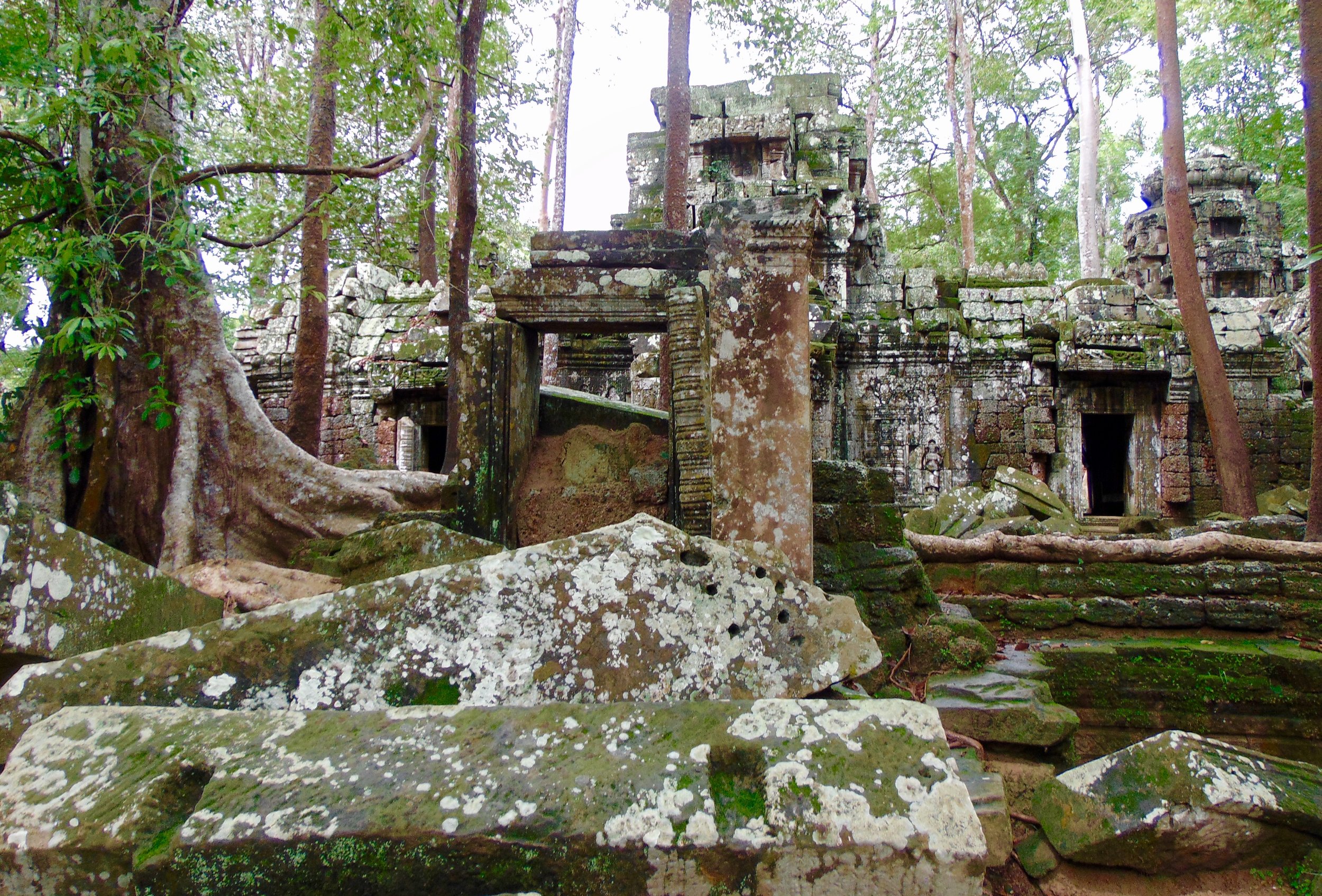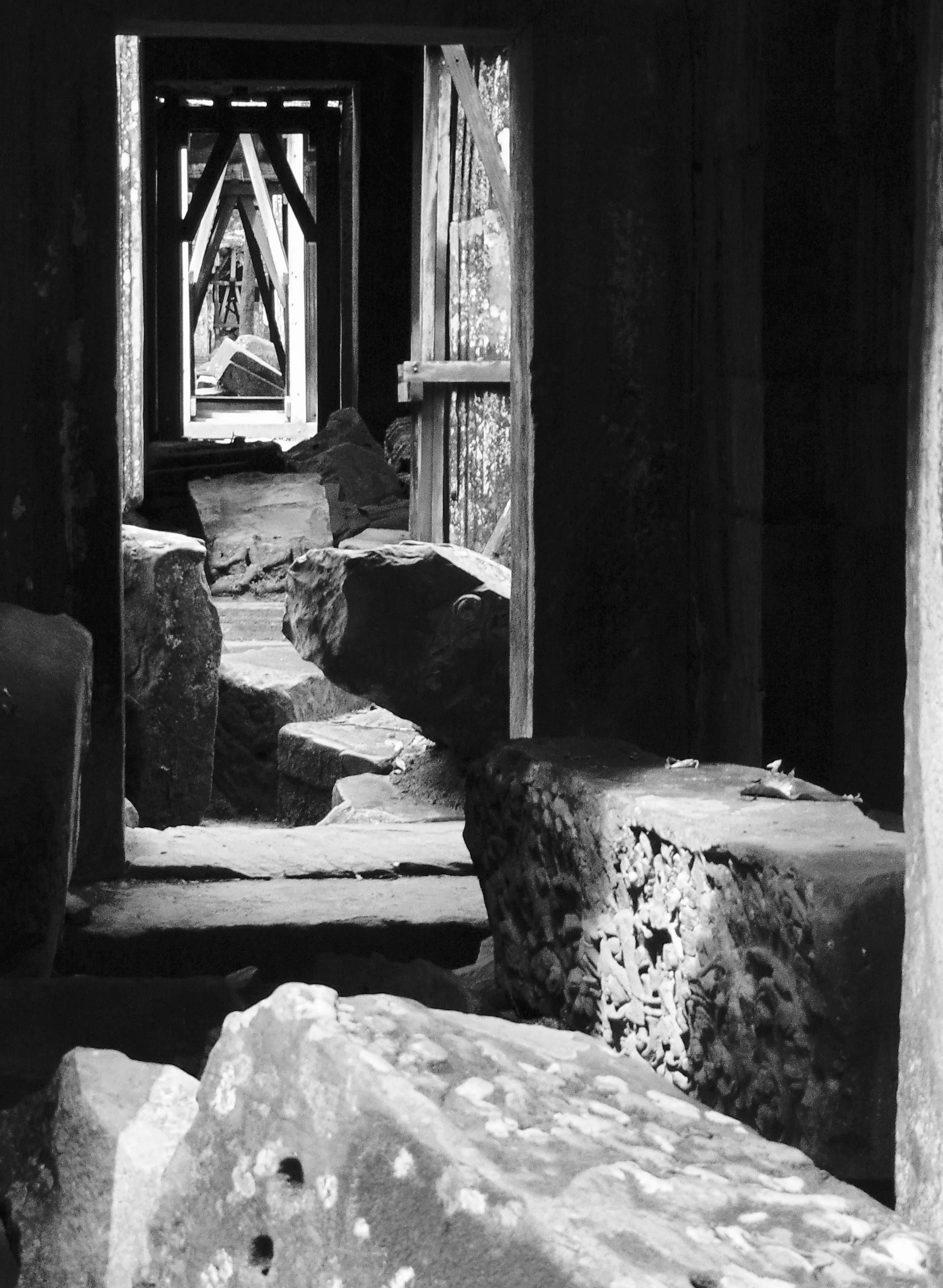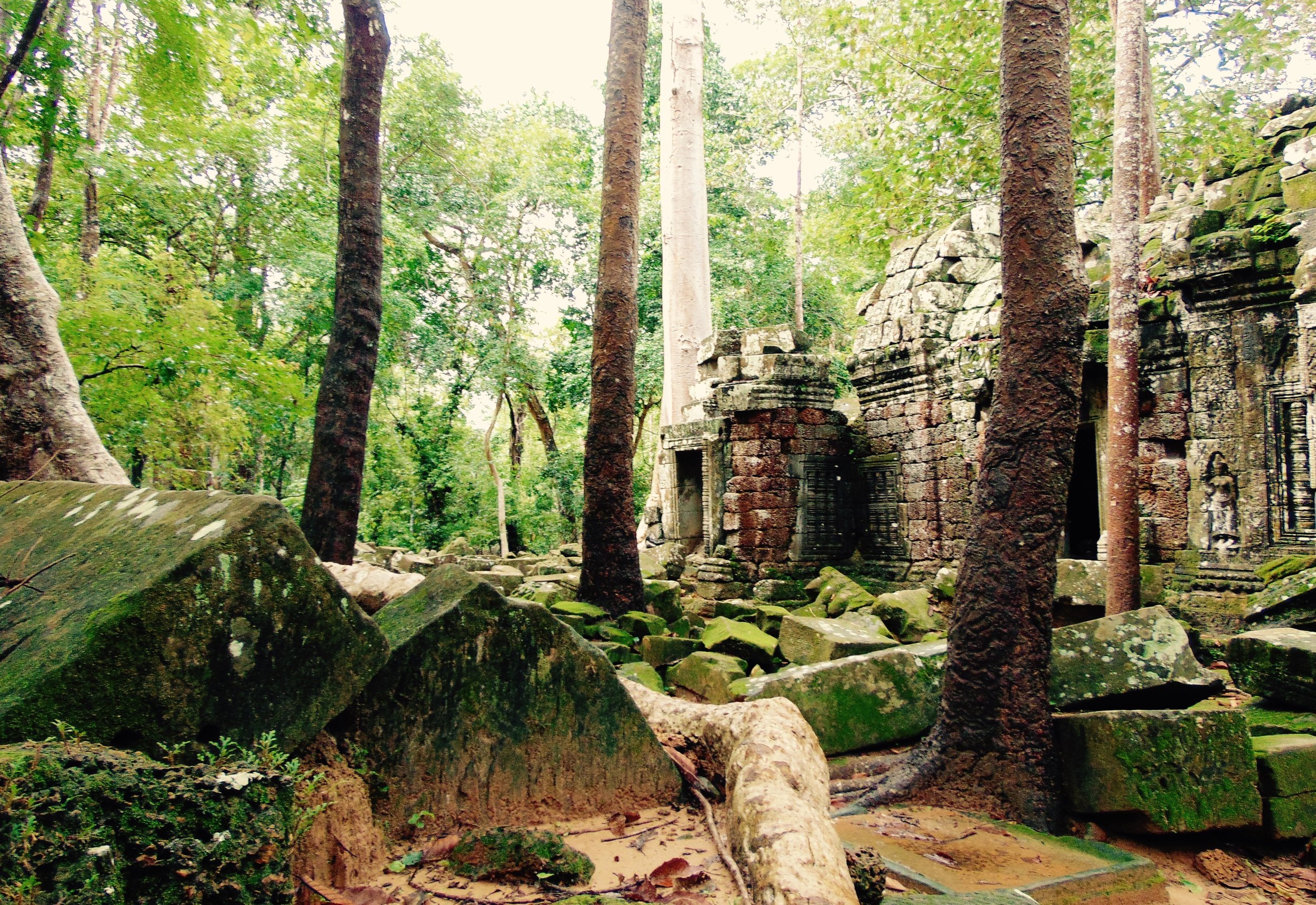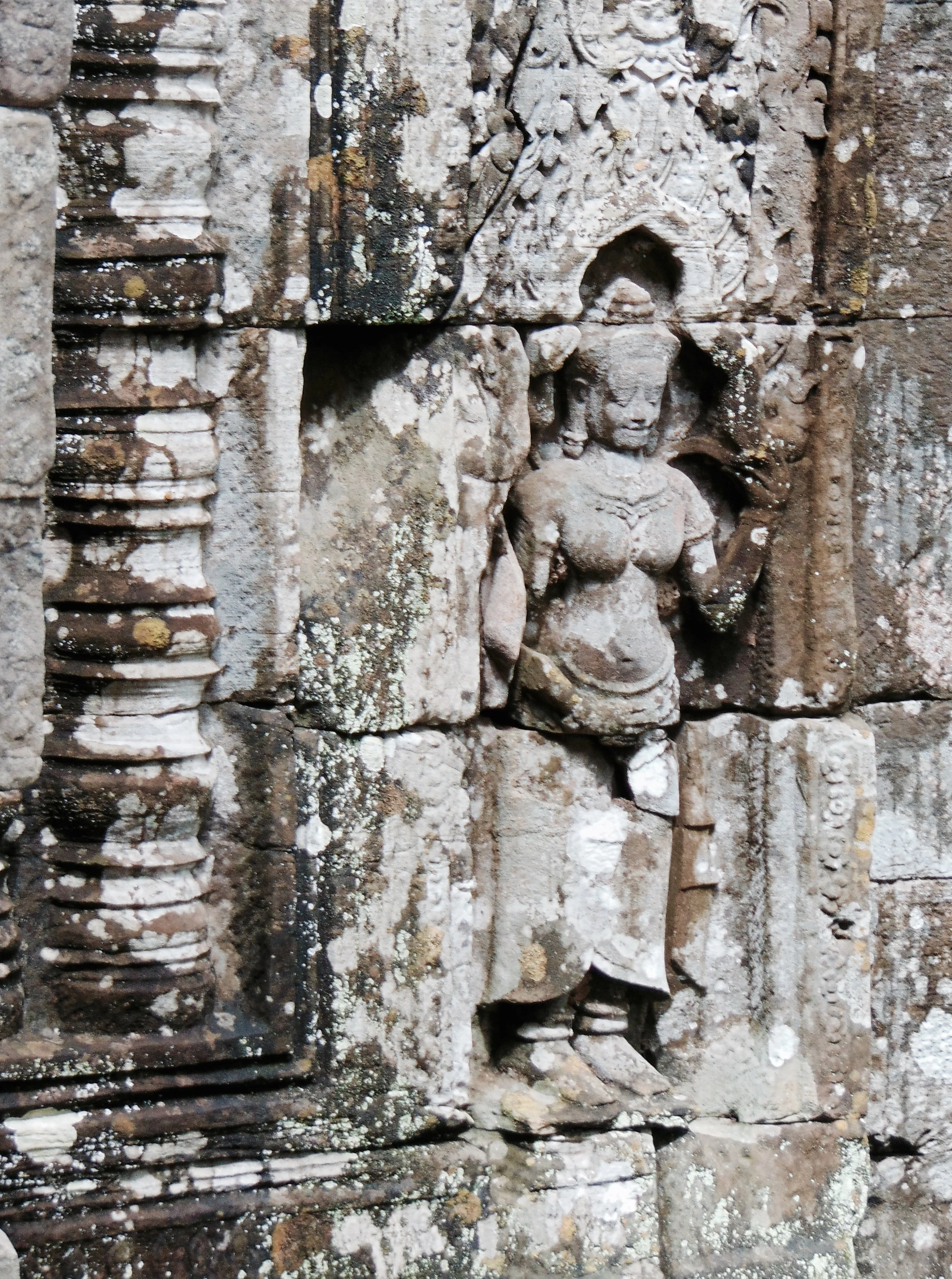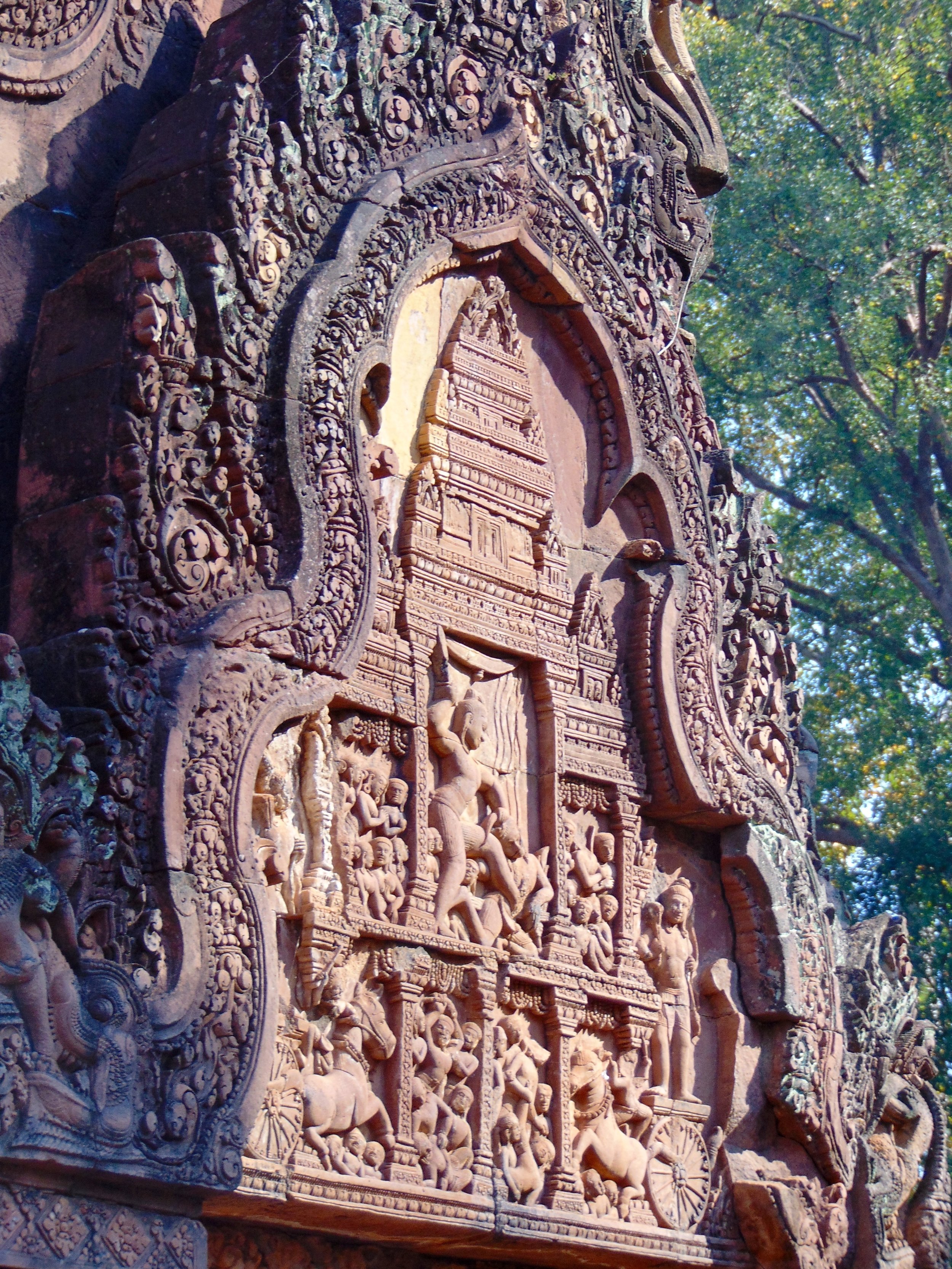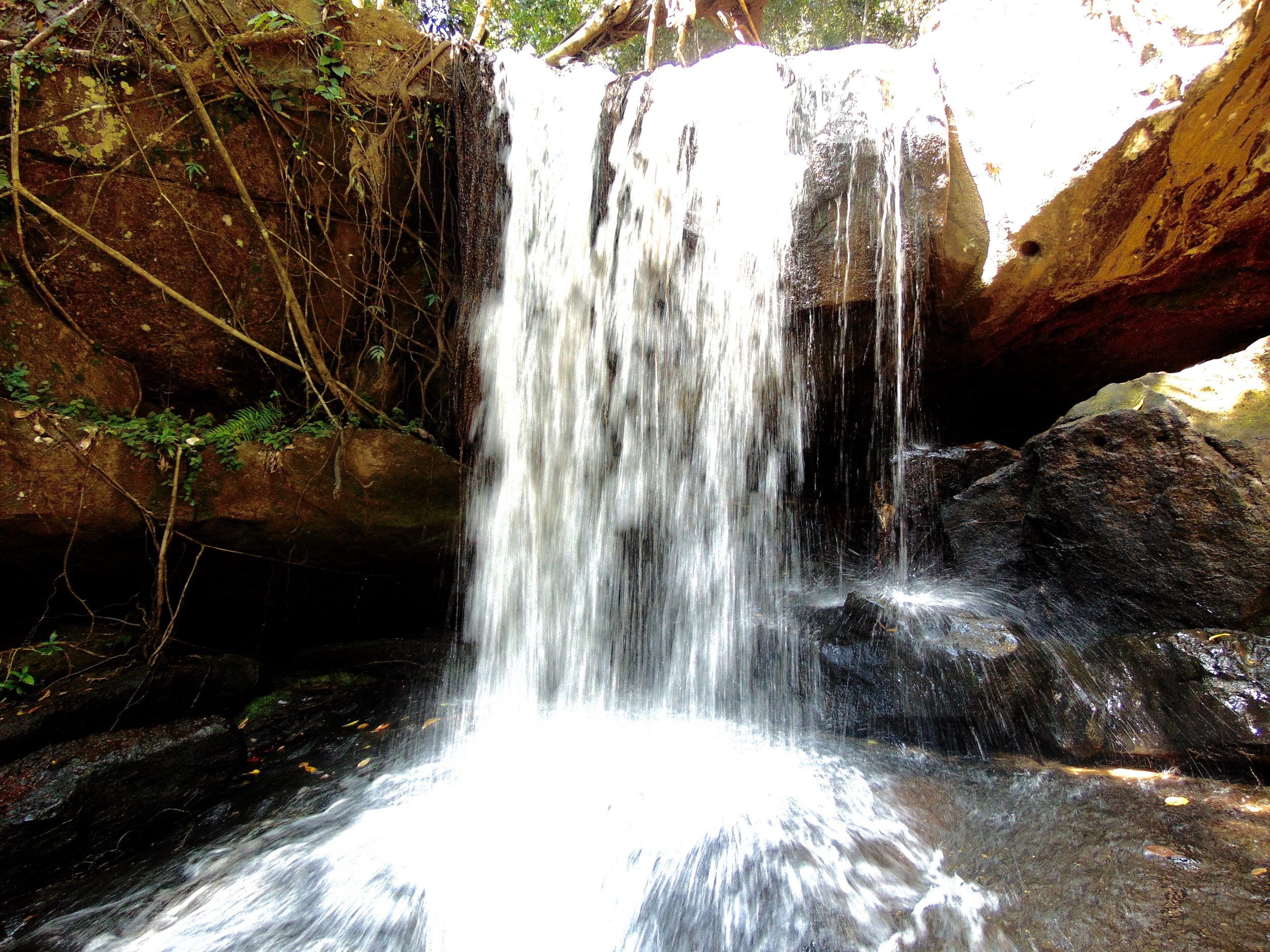Southeast Asian Archaeologies: Society for Exploration, Archaeology, Research, Culture and History (2008-2014)
In 2008, Southeast Asian Archaeologies: Society for Exploration, Archaeology, Research, Culture and History (SAA:SEARCH) was registered in Vancouver, Canada as a BC Society. We designed this not-for-profit to help capacity-build the local archaeology sector in Southeast Asia, starting in Cambodia. Our goal was to provide local jobs in Southeast Asian archaeology and history through capacity building.
What We Achieved
This project presented opportunities and challenges involving nearly three years of research, presentations, cataloging and thoughtful collaboration. In the summer of 2010, we began to pack a 20-foot MAERSK sea container of school supplies, and field and laboratory equipment bound for the Royal University of Fine Arts. The container arrived at a southern port of Cambodia in 2011. We are immensely grateful to UNESCO Phnom Penh for transporting the container to the Royal University of Fine Arts on our behalf. We would like to express our deep appreciation for the cross-faculty cooperation which arose from the University of British Columbia, as they worked to help us gather and store supplies.
Founding Members of SAA:SEARCH
From the College for Interdisciplinary Studies, University of British Columbia (UBC)
Dr. Michael Leaf
Dr. Abidin Kusno
Michael Leaf is the Director of the Centre for Southeast Asia Research (CSEAR) at the University of British Columbia (UBC), Vancouver, Canada, an Associate Professor in the UBC School of Community and Regional Planning (SCARP), and a Research Associate of the UBC Centre for Human Settlements (CHS). The focus of his research and teaching has been on urbanization and planning in cities of developing countries, with particular interest in Asian cities.
Abidin Kusno is a Professor in the Faculty of Environmental Studies at York University. His research interests include global cities, urban/suburbanism, politics and culture, history and theory of architecture, urban design and planning, nationalism, colonialism and post-colonialism, and Asian studies.
Dr. Rick Barichello
Dr. Rick Barichello is a UBC- based Professor of Food & Resource Economics (MFRE), Food Nutrition and Health and Integrated Studies in Land and Food Systems. He is a specialist in the region of Southeast Asia.
Dr. Kersti Krug
Sarah-Kim Holma
Kersti Krug, MBA, PhD, has a long career in senior management of not-for-profit organizations, mainly universities and museums. She conducts research and publishes in these sectors. As former Assistant Dean of UBC’s Faculty of Graduate Studies, which included 30 interdisciplinary schools, institutes, centres, colleges, and graduate programs, she learned about some of the innovative work undertaken by graduate students – most notably, Sarah Youngblutt, who engaged her over the years in the positive and constructive work she has been doing in Cambodia.
Sarah-Kim Holma received a Double Major Degree in Asian Area Studies and Anthropology (2009), and a MA in Asian Pacific Policy Studies (2011), both from UBC. Following an internship with UNESCO Bangkok (2011), she began work on a PhD in the fall of 2012, examining World Heritage Sites in Cambodia. Today she is a PhD Candidate with the University of Leiden.
““SAA: SEARCH (2008) believes that knowledge of and access to ones’ prehistory, cultural foundations, lineage and ancestry is a human right. We advocate for multi-level cooperation in the realm of Southeast Asian archaeology, with a focus on local participation. Through an interdisciplinary approach, this NGO has supported the gathering of knowledge, both indigenous and academic to contribute to the construction of a complete history for Southeast Asia. We believe that raising awareness of Southeast Asian prehistory will present further opportunities for local communities and lessen the effects of presently defined socio-political boundaries, providing opportunities for communities to address social, environmental, and economic issues.”
We would like to extend our gratitude to the Royal University of Phnom Penh, UNESCO Phnom Penh, and UBC’s Simon K. Y. Lee Global Centre for graciously supporting the shipment of our first container of supplies to RUFA in 2012. We are grateful to the University of British Columbia for supporting our endeavour and to the staff at the Royal University of Fine Arts for their collaboration. With the rise of 2017, may this project continue in a new form: Capacity Building Faculties of Archaeology in Cambodia.”—
SAA:SEARCH Team
”
(2008-2014) Society OBJECTIVES
To support the Southeast Asian archaeology departments, beginning with the Royal University of Fine Arts (RUFA) in Phnom Penh.
To advocate for the removal of Agent Orange from Cambodian sites and agricultural areas. To advocate for landmine removal from Southeast Asian communities and sites of heritage
To work in cooperation with local communities to help facilitate the restoration and/or reconstruction of the ancient landscape for local tourism potential
To help facilitate Memorandum of Understanding (MOU's) between universities in Southeast Asia and larger institutions abroad.
To contribute to the local economy by helping to support local, indigenous models for education and research.
To work in conjunction with all established organizations to protect and develop educational programs on prehistory and history in the region.
Let's work together to support the next generation of Southeast Asian scholars.
Temple beggar in Cambodia, This heartbreaking image encapsulates a growing industry of enslaved temple children in Cambodia. Image taken in 2001, courtesy of SKH
Image of a young landmine victim in Cambodia. Landmine clearance is still needed prior to archaeological fieldwork in remote areas of the country. Progressive archaeological research is a motivating force for landmine clearance in Cambodia today. Image taken in 2001, courtesy of SKH.
